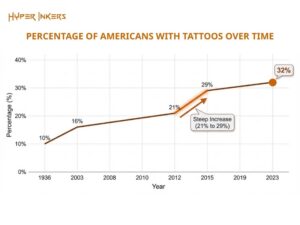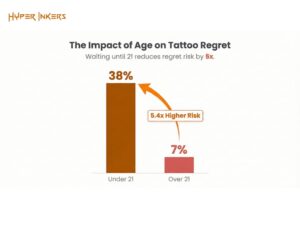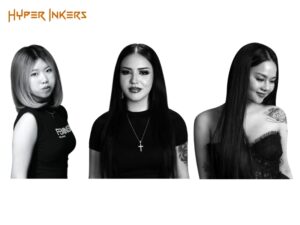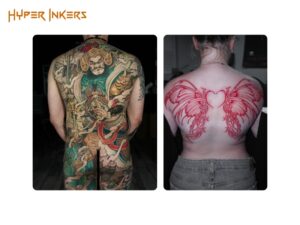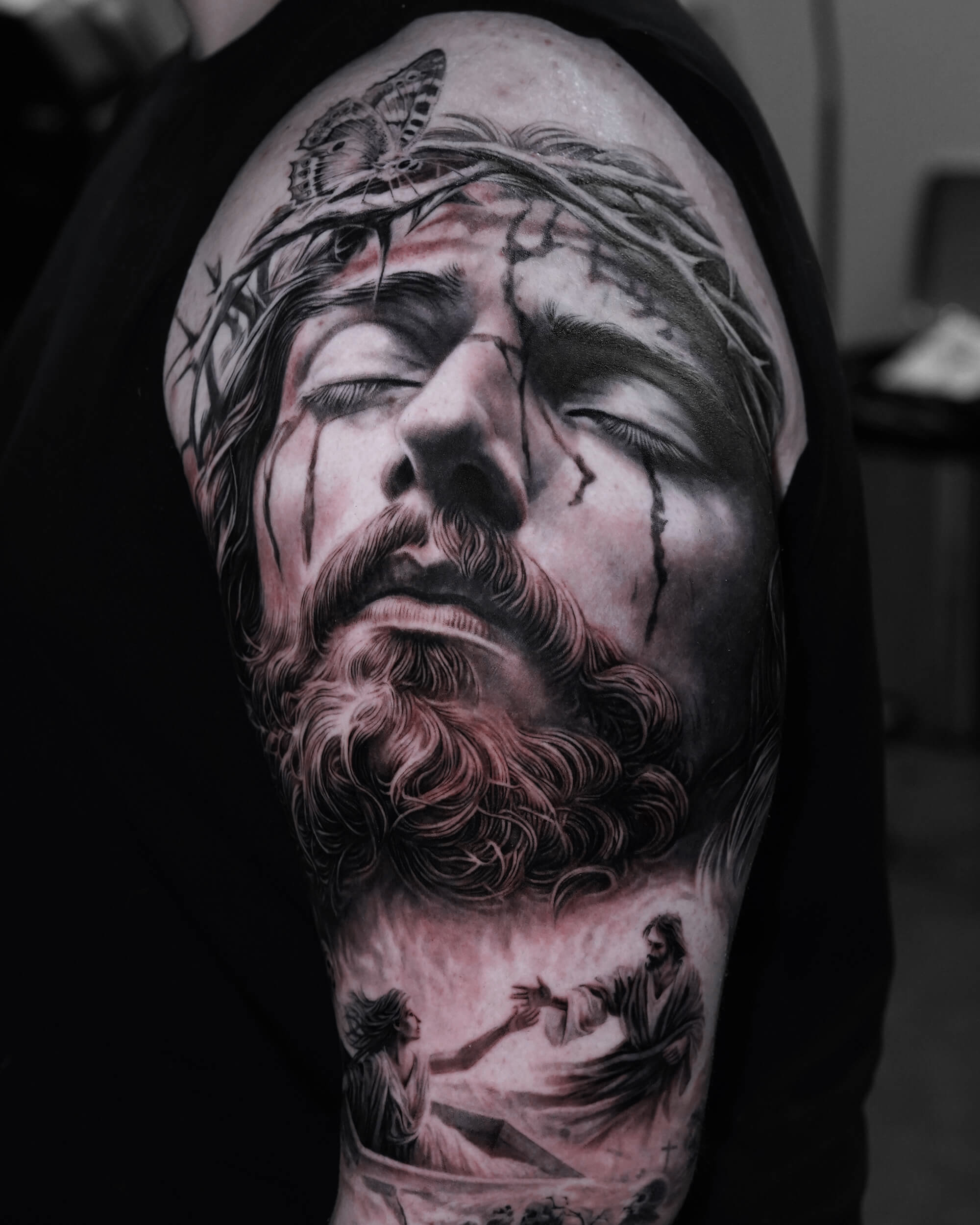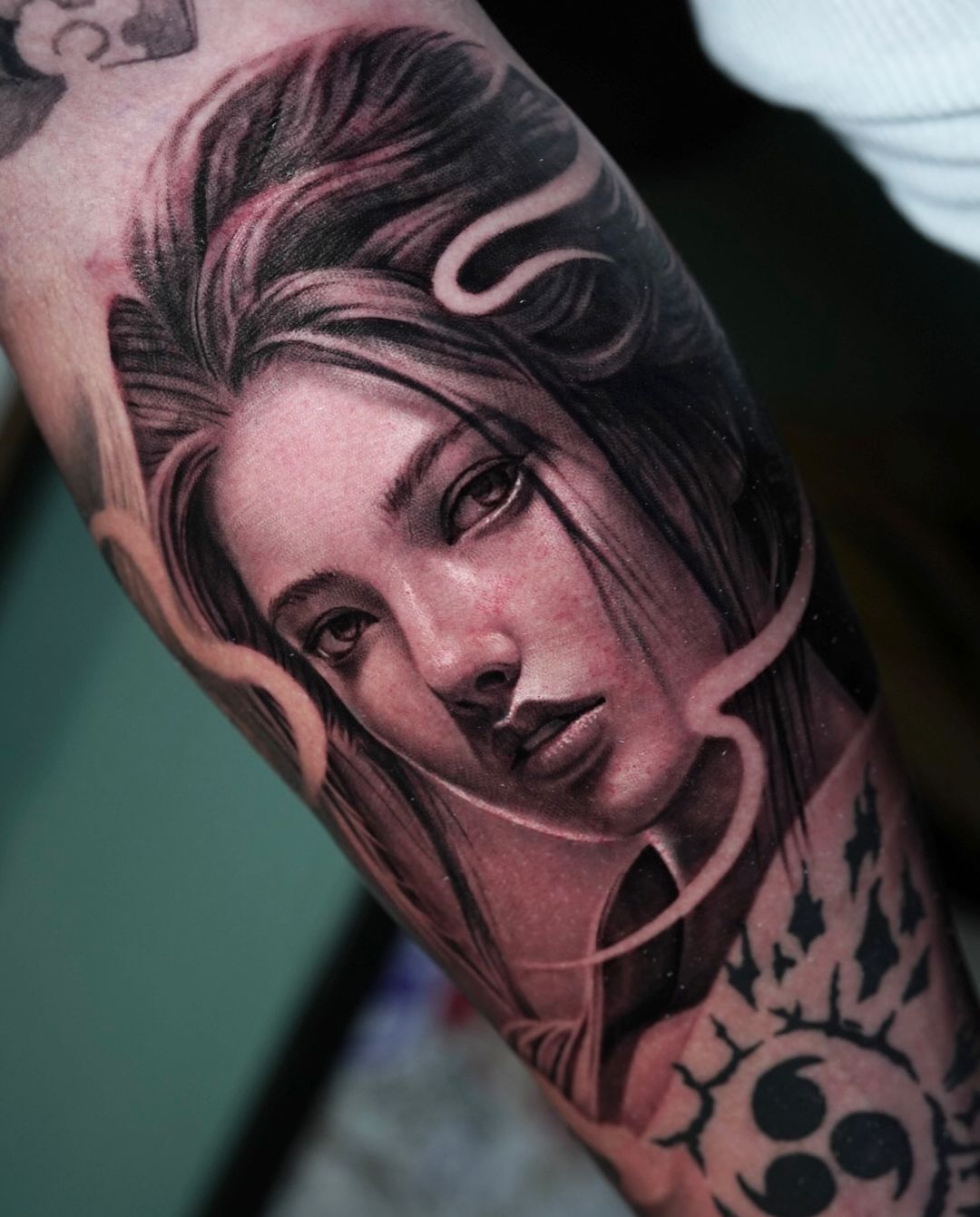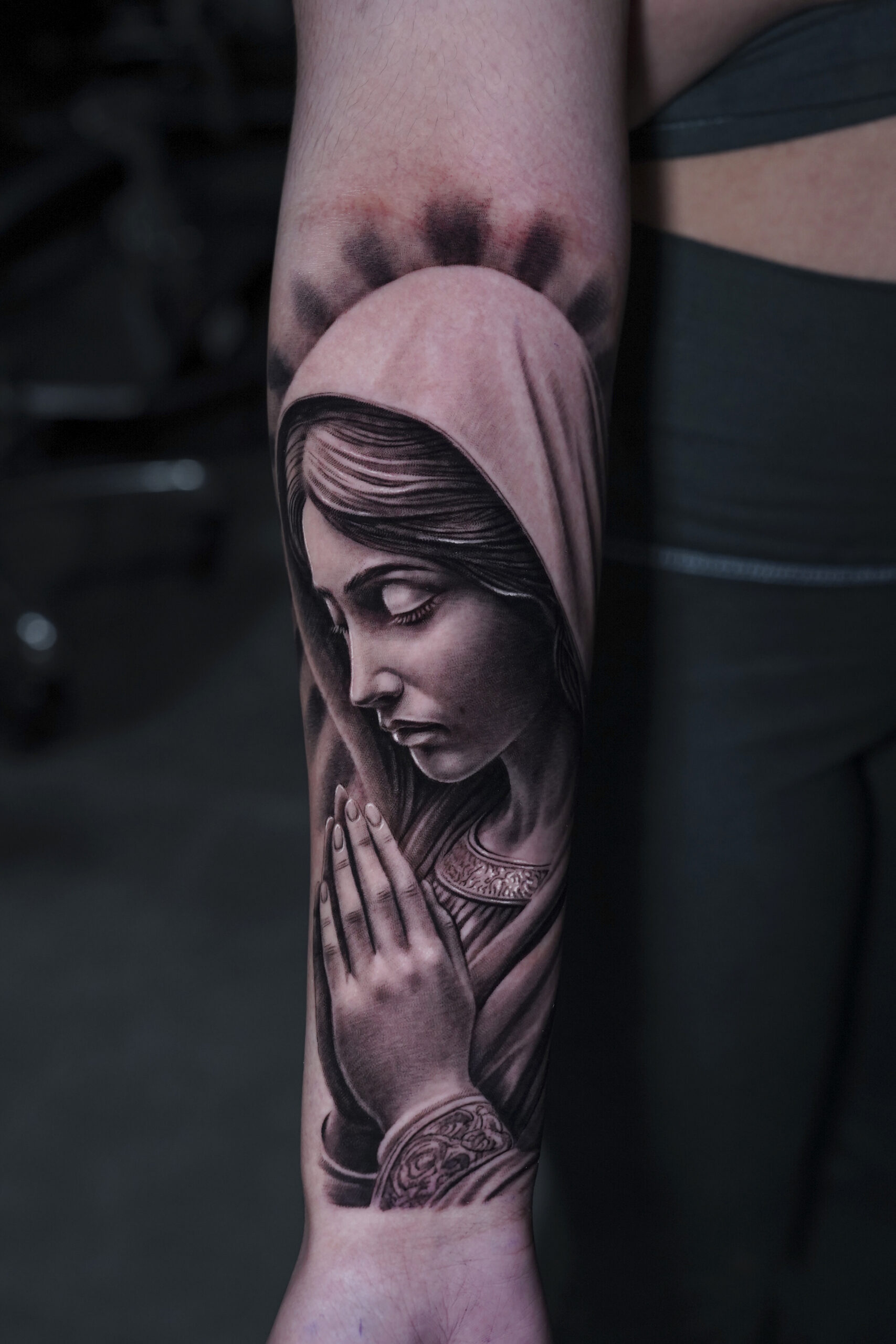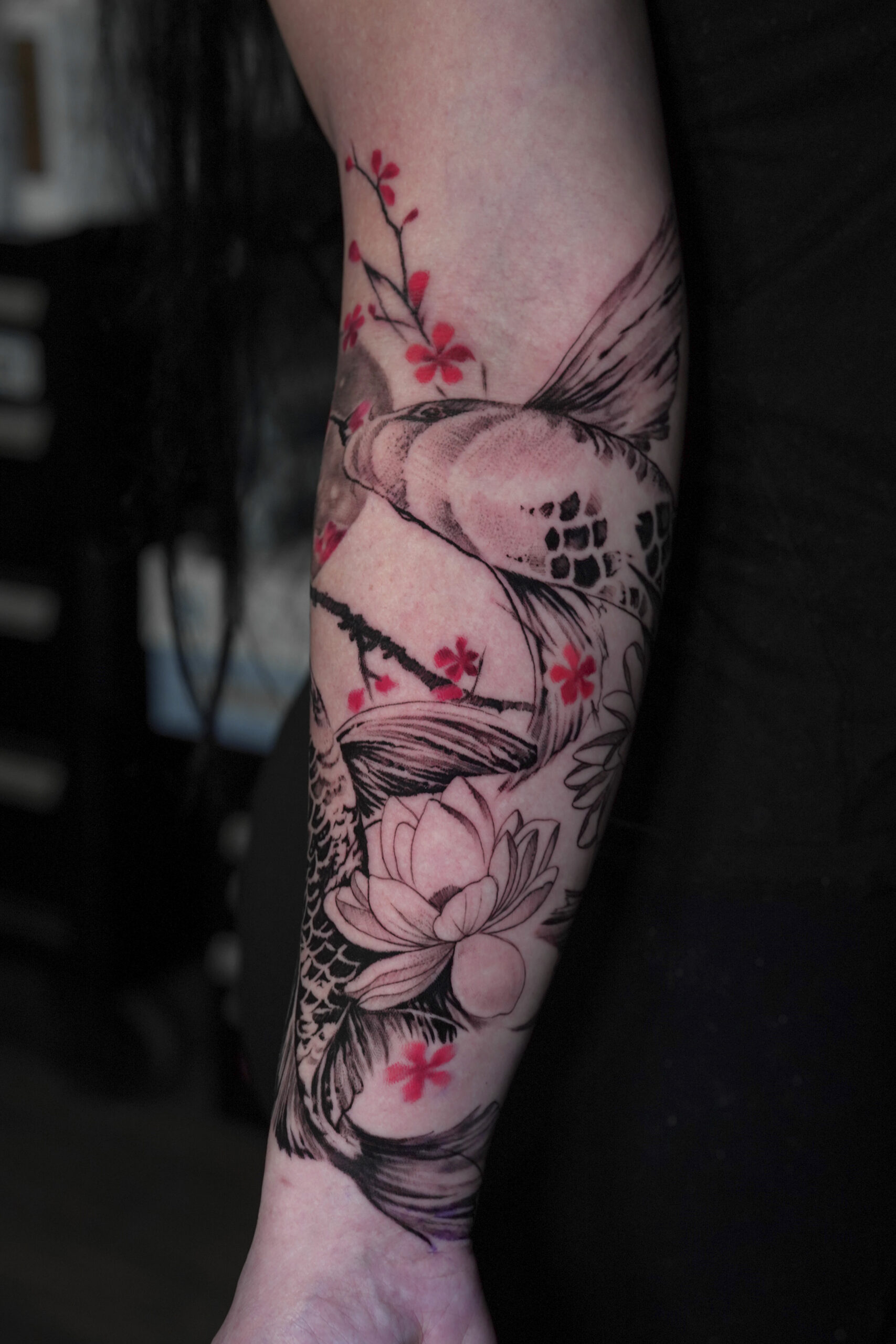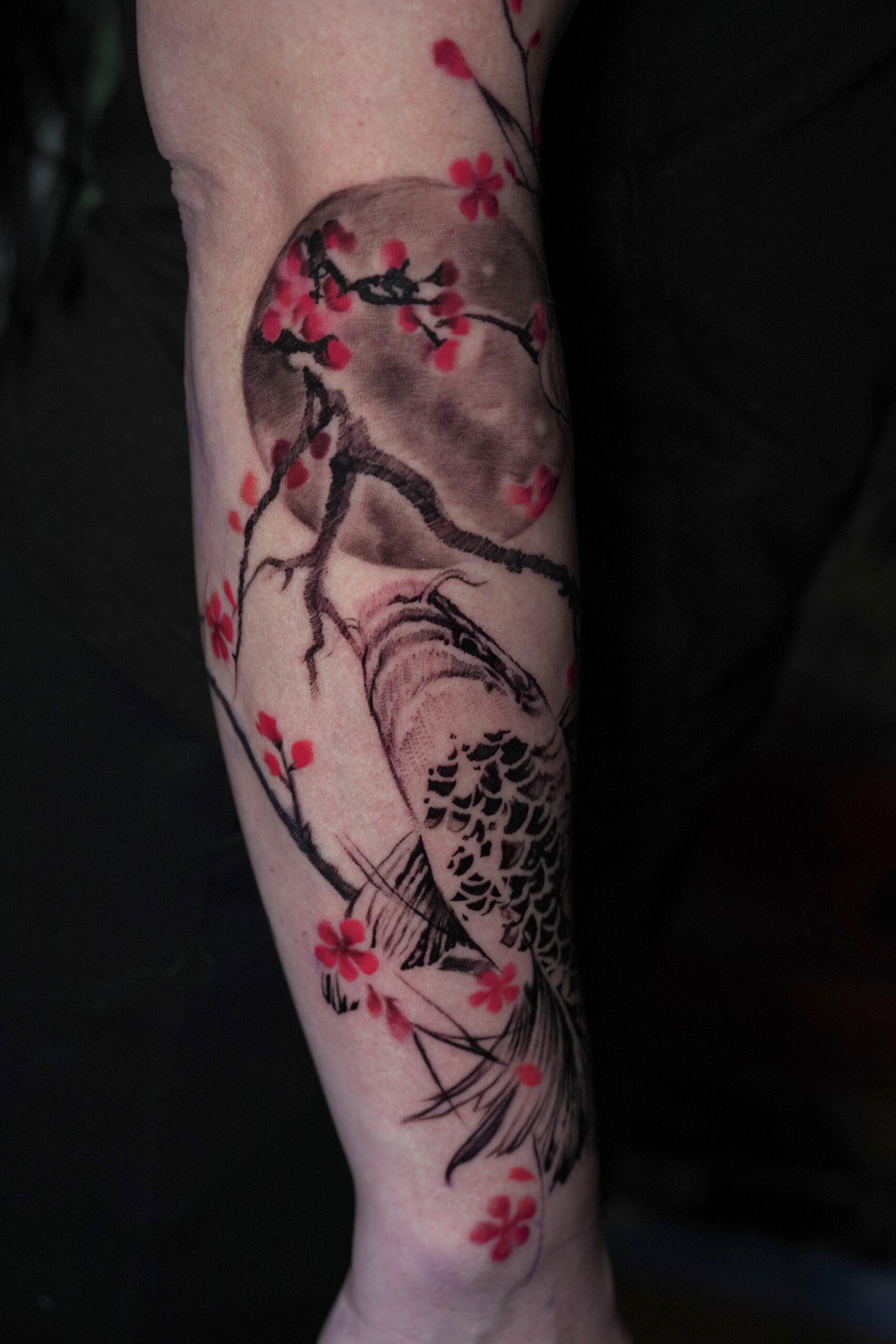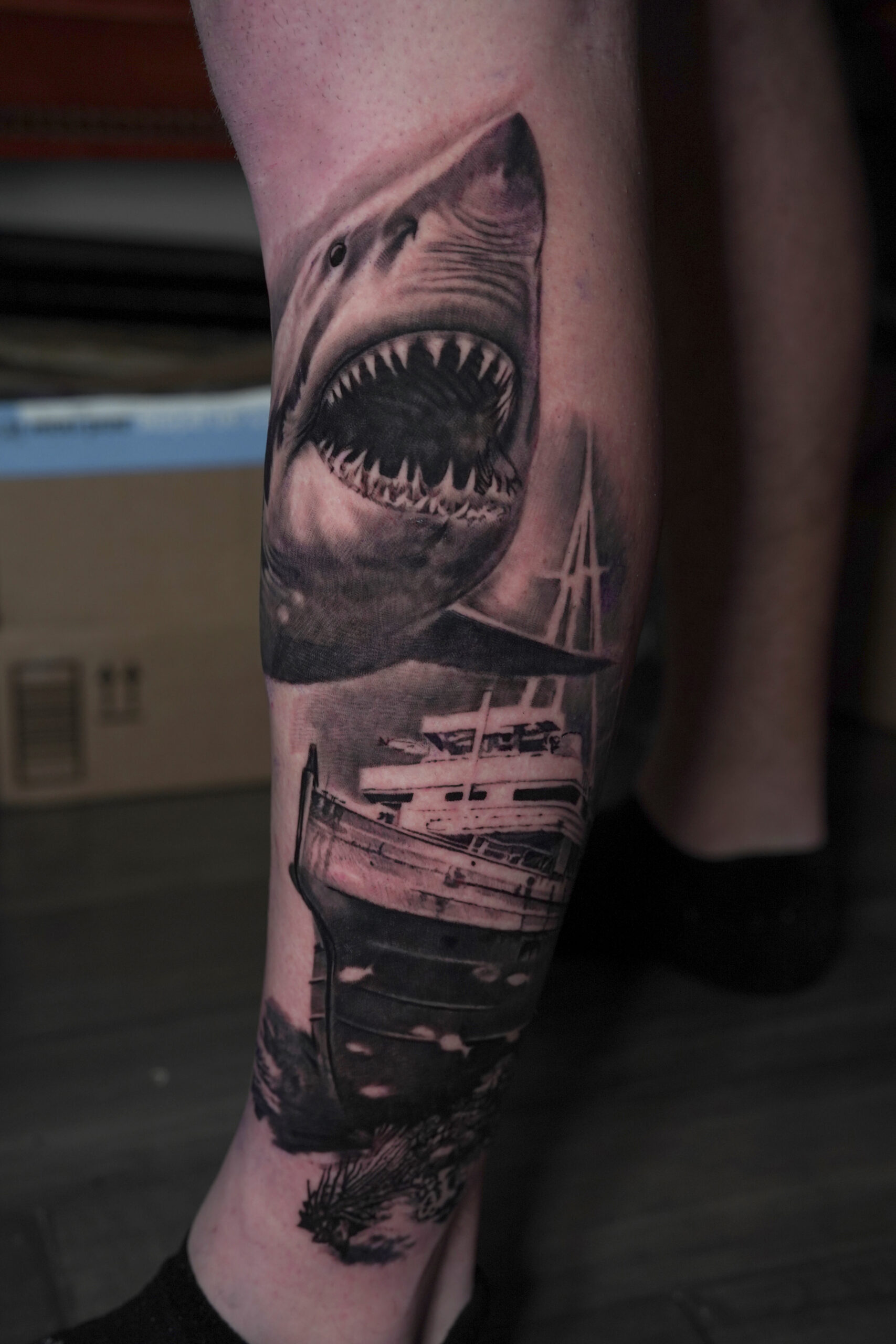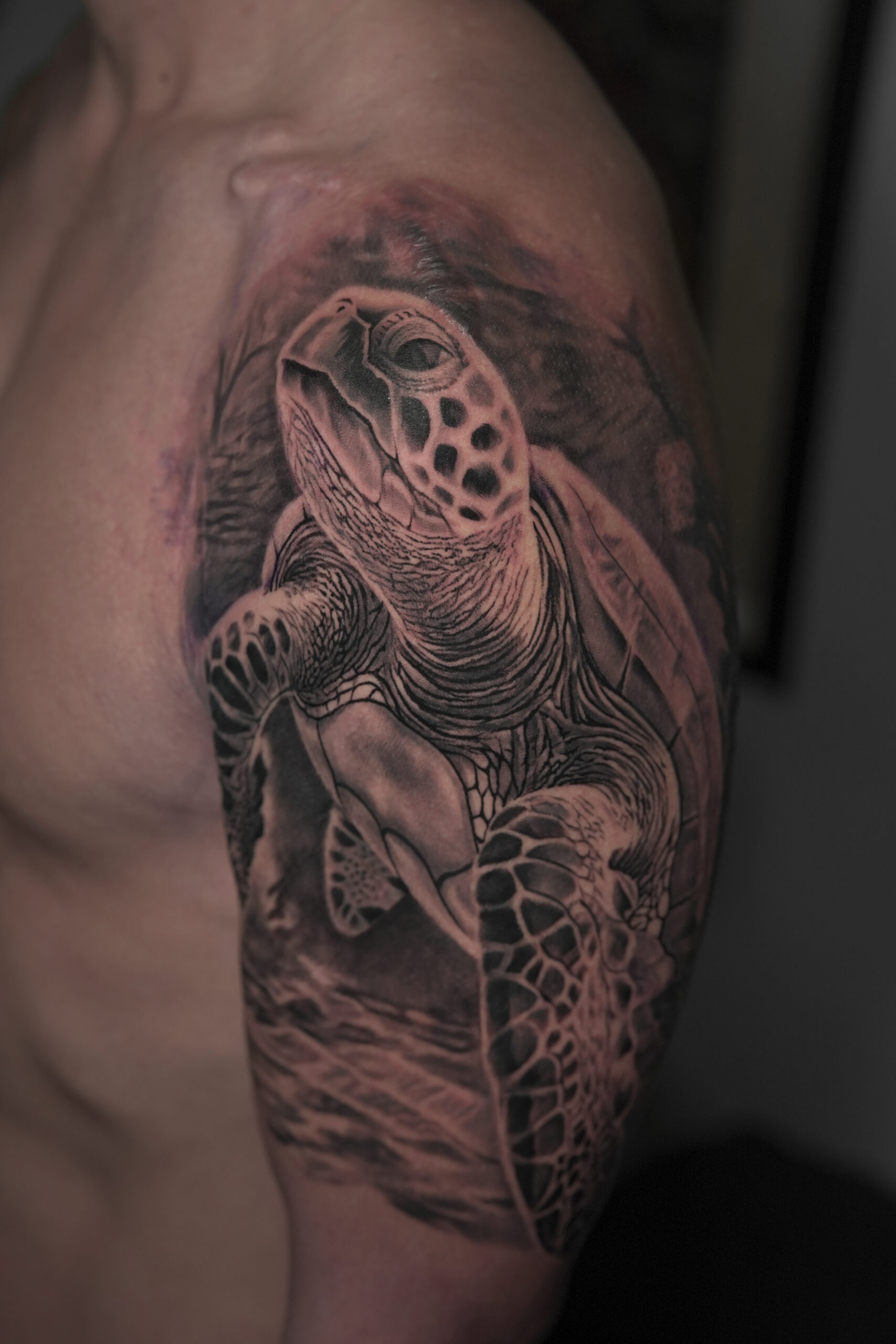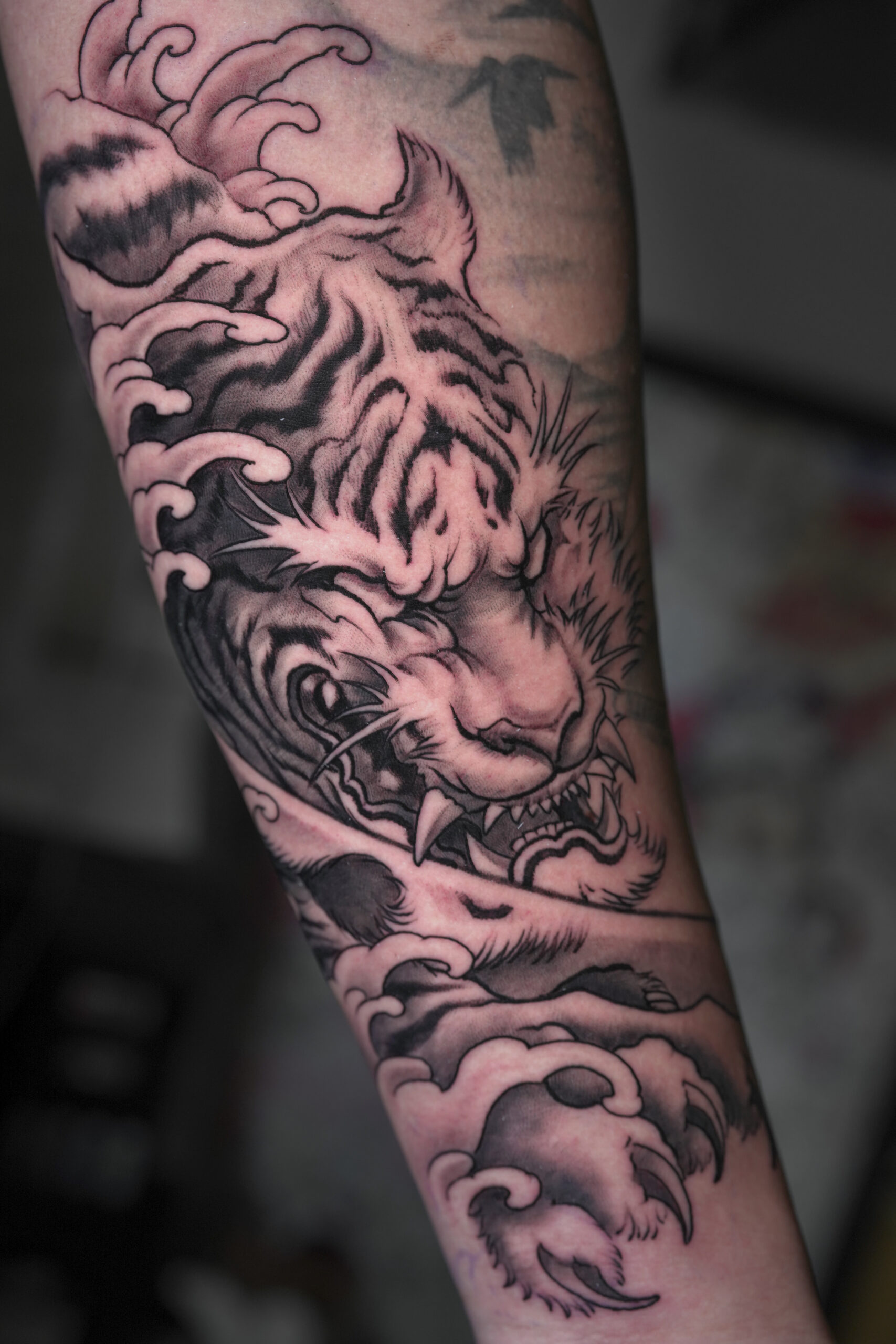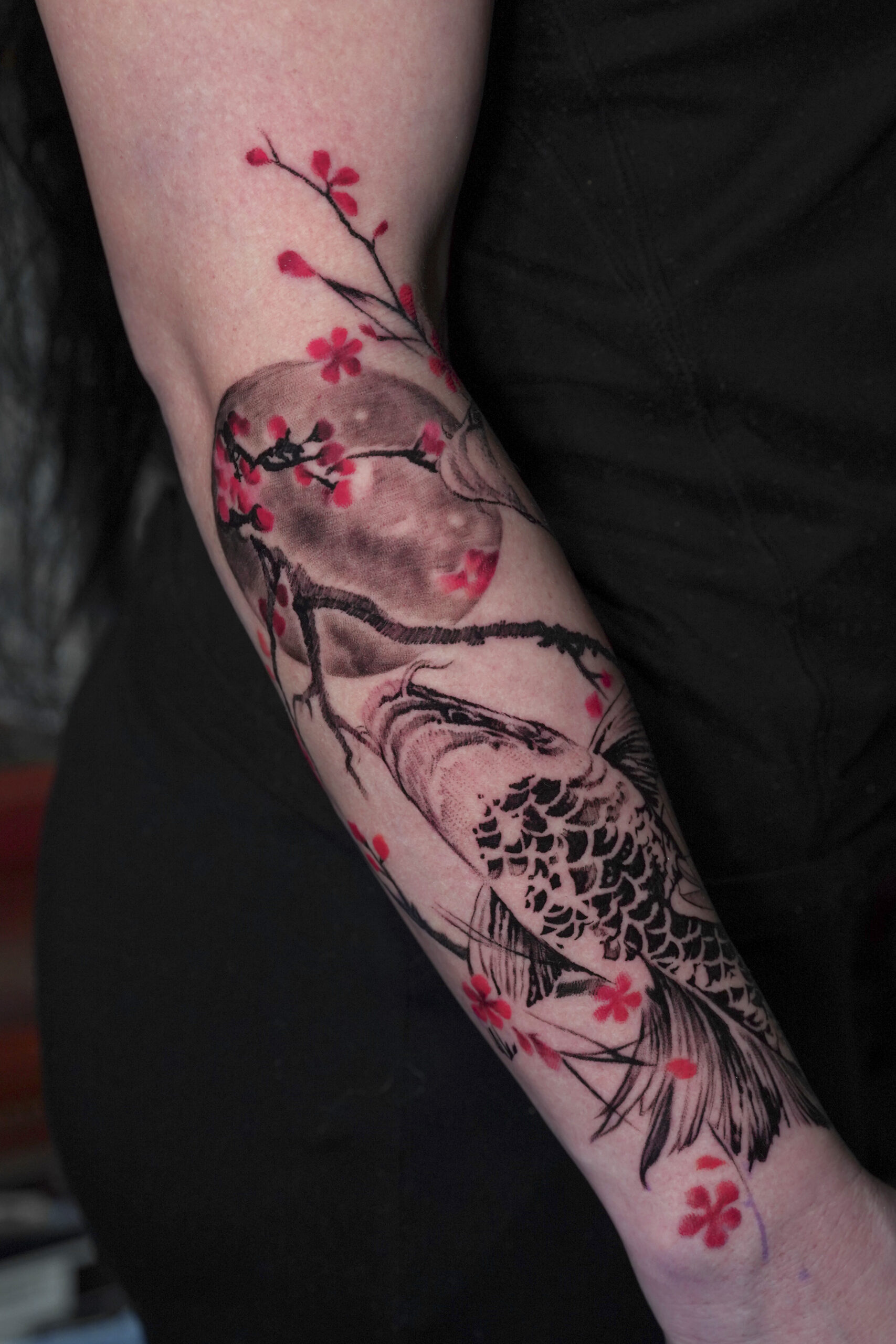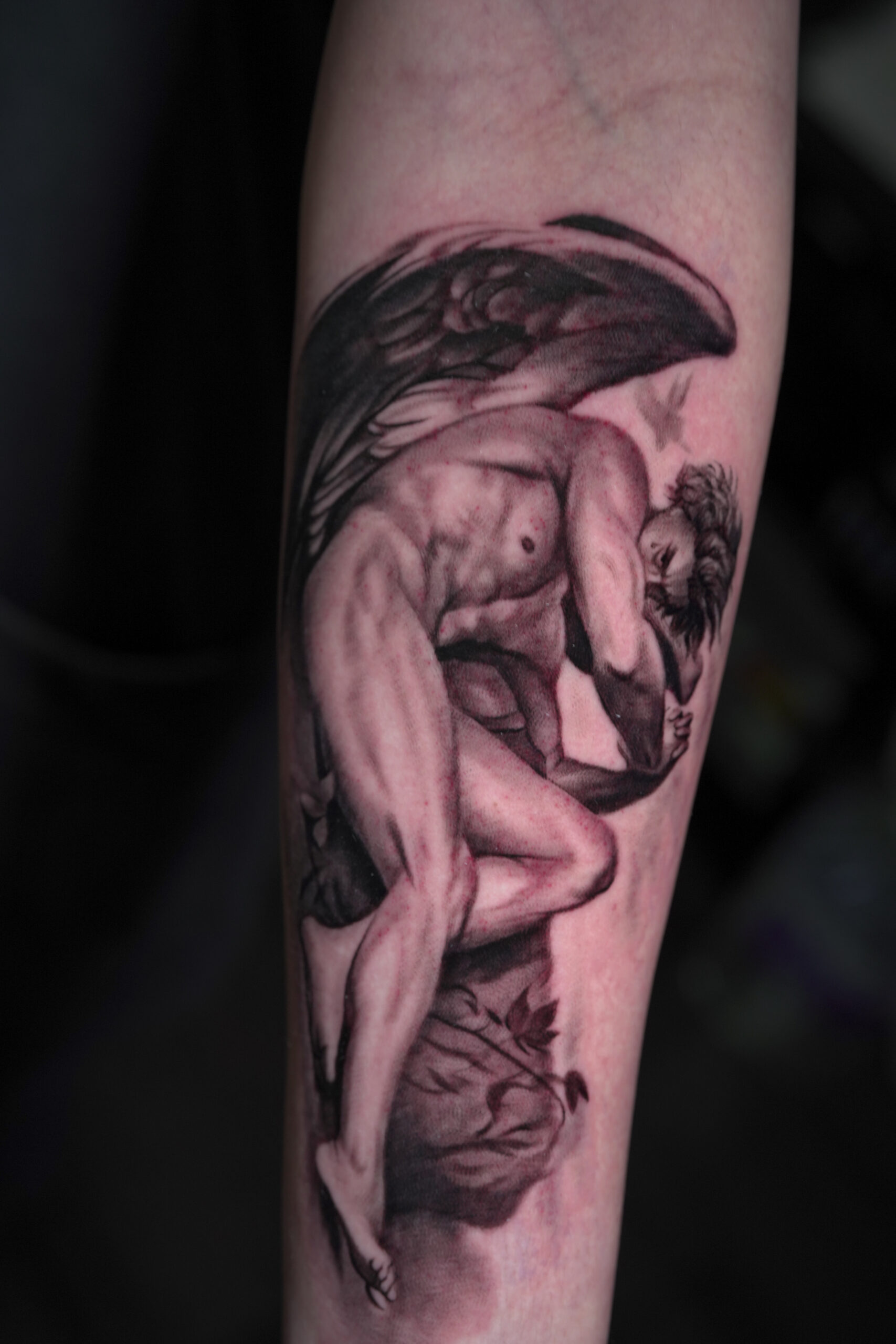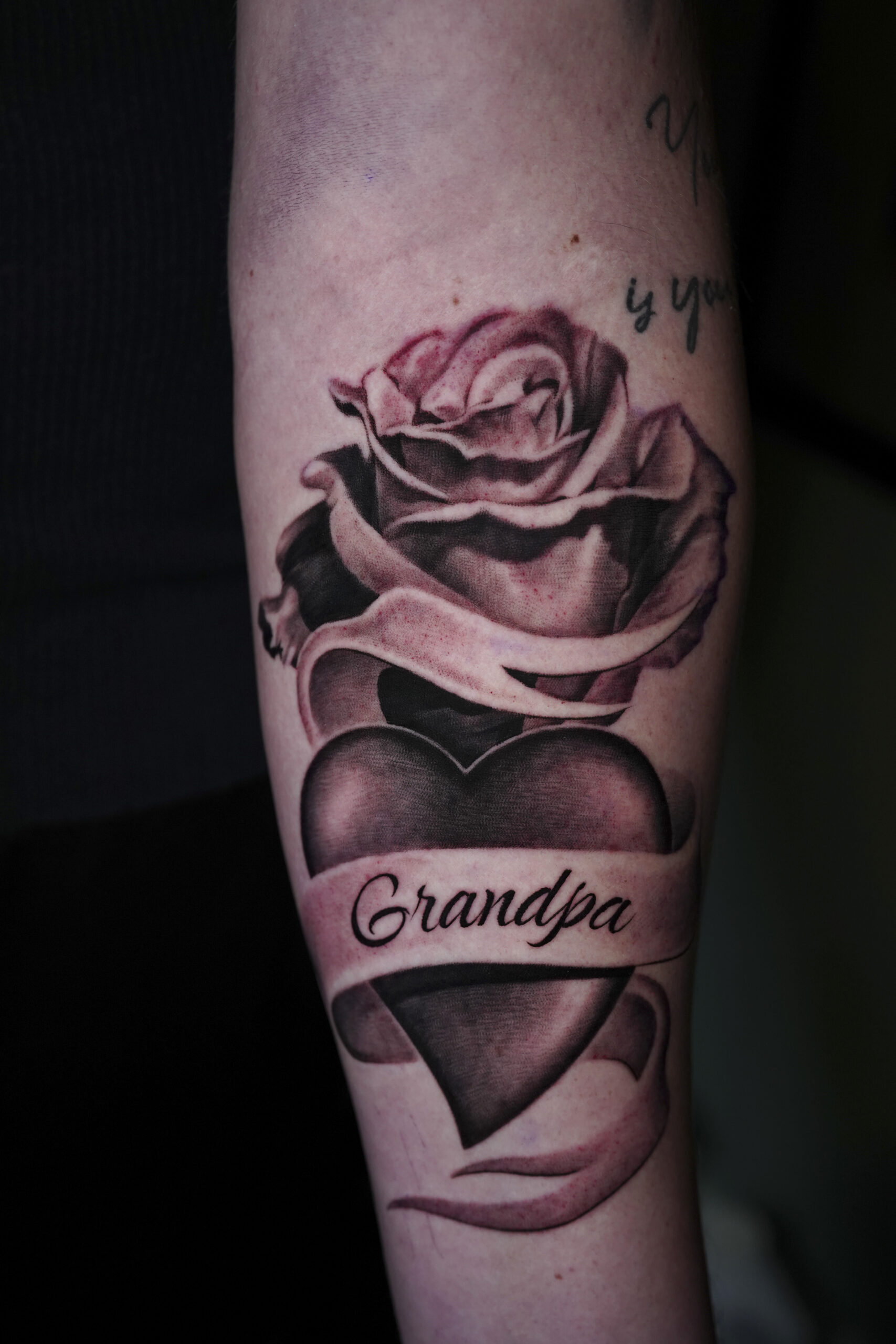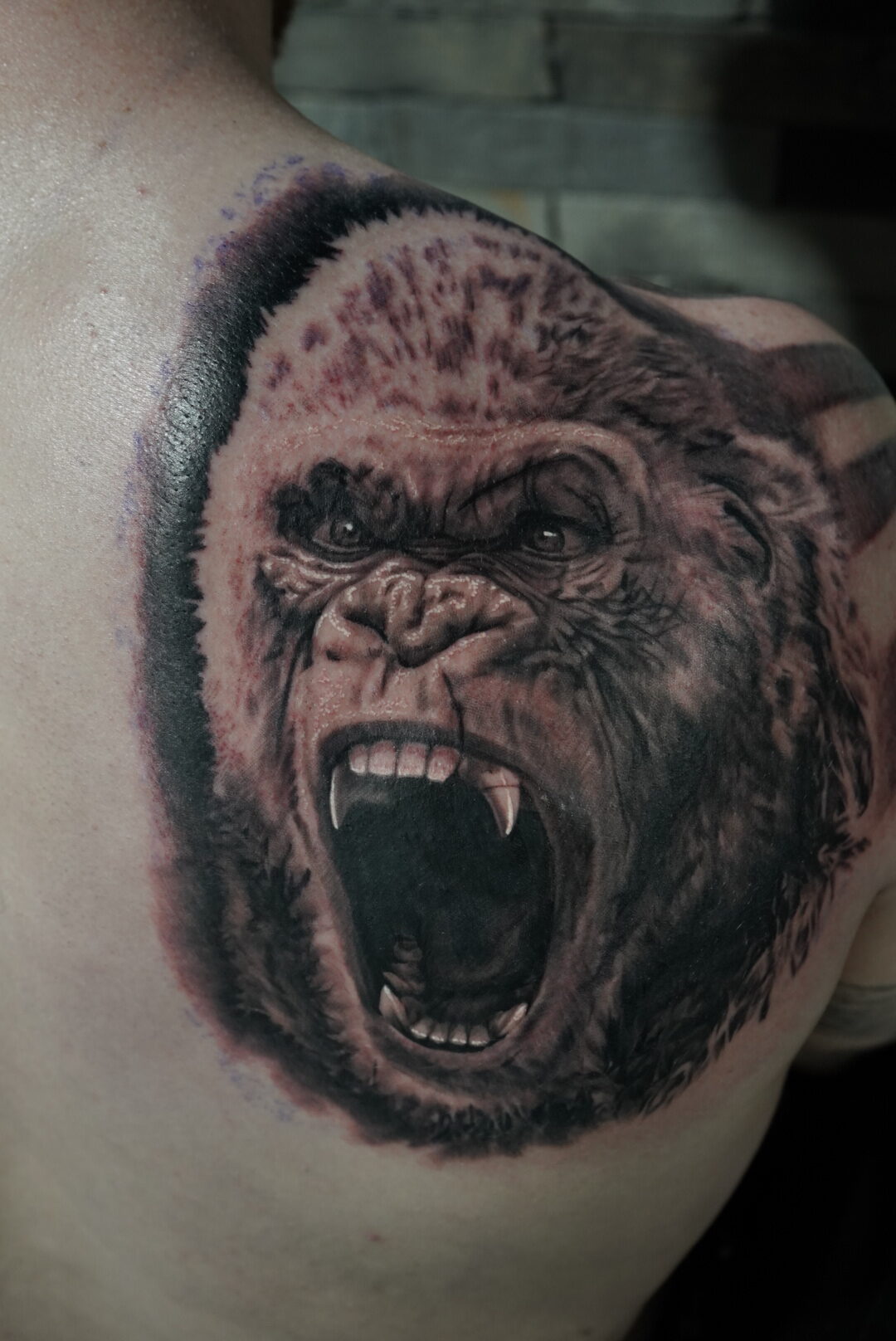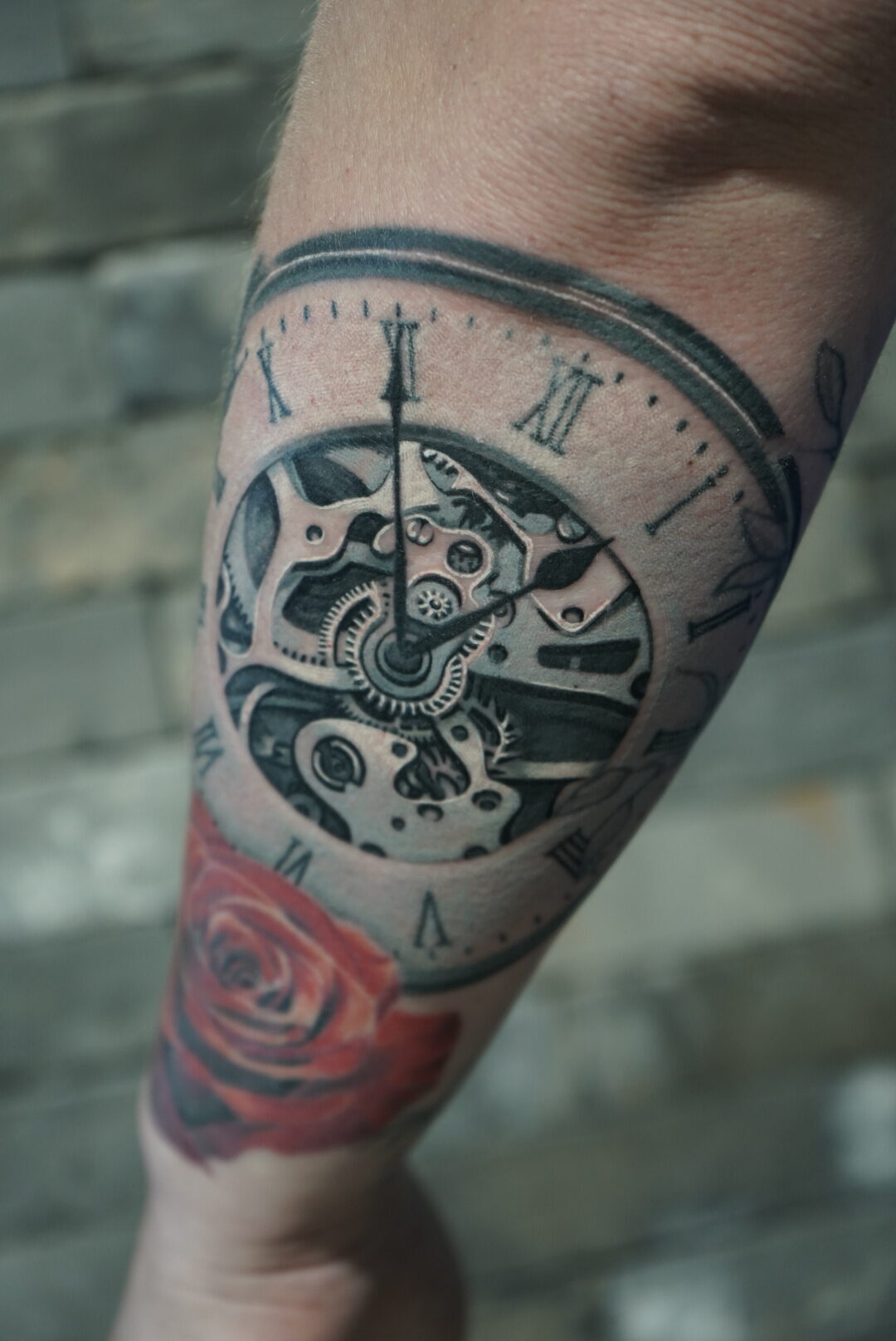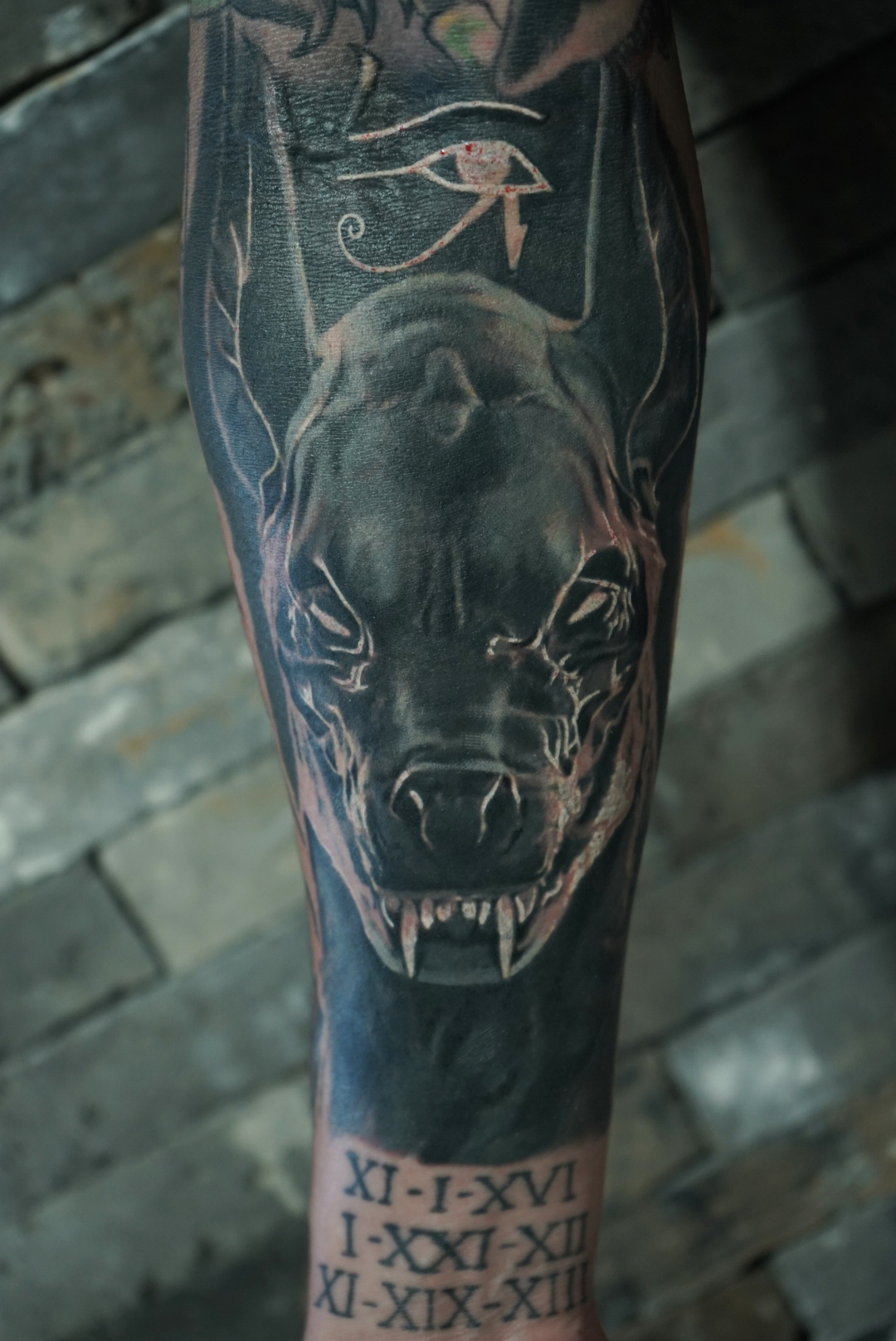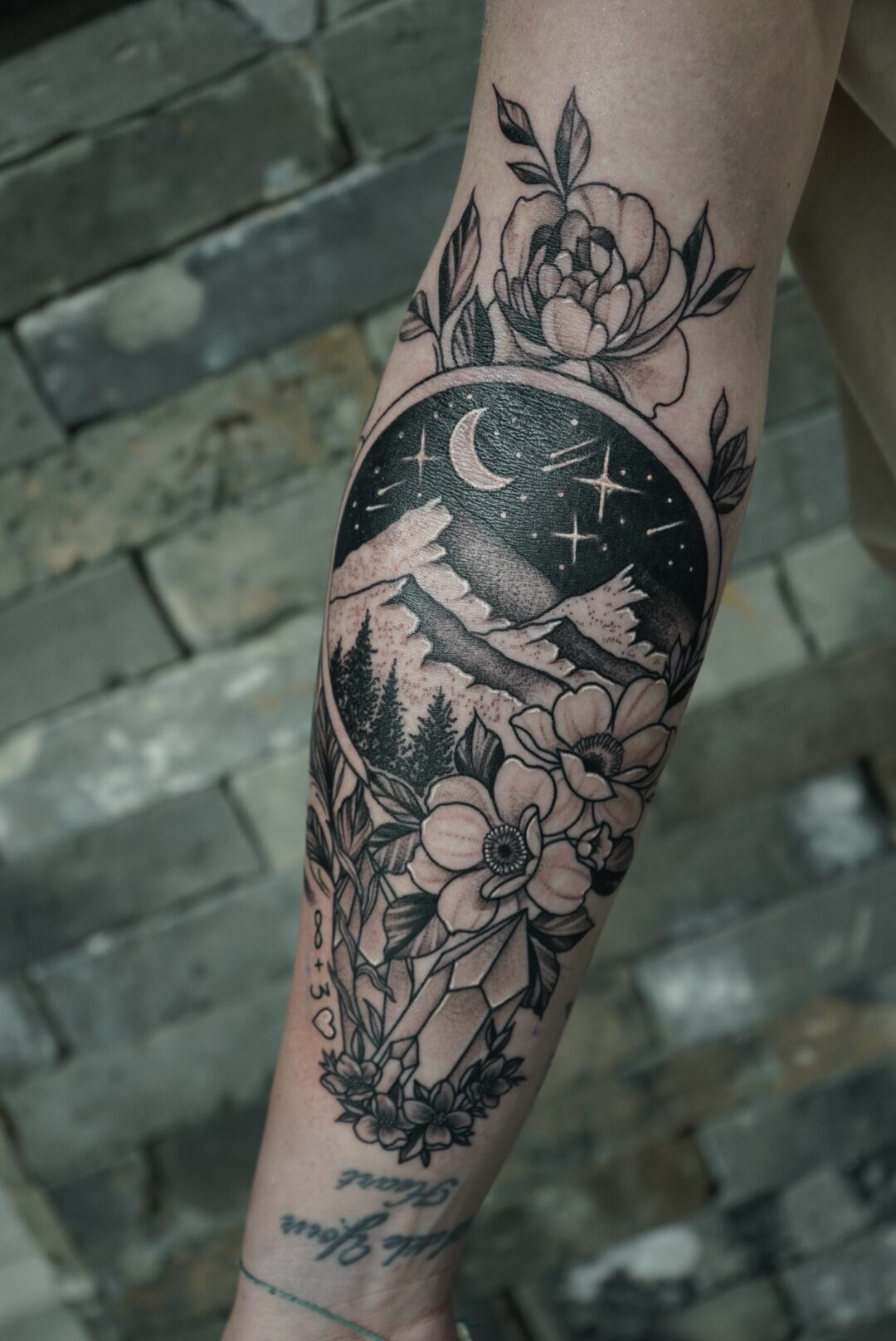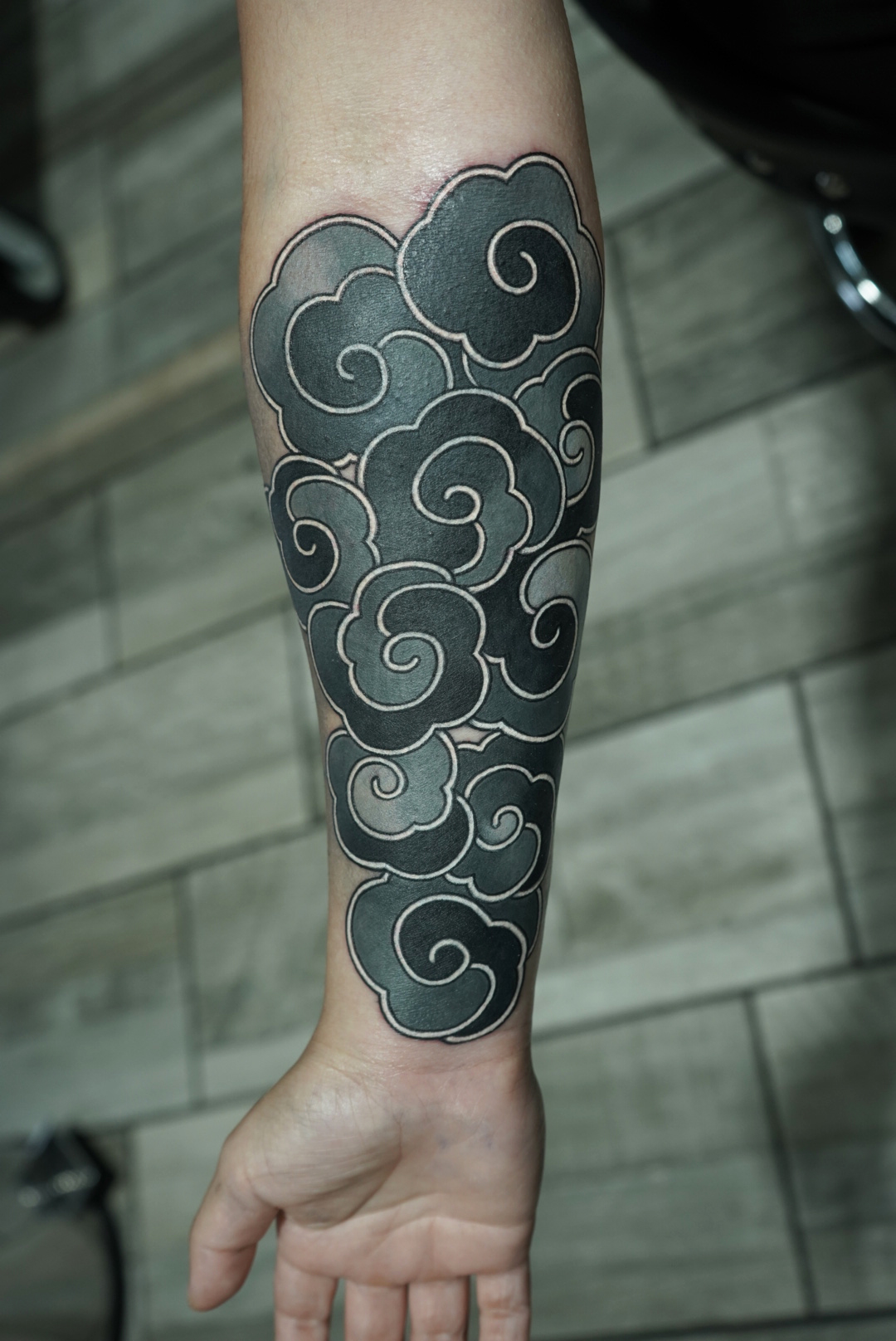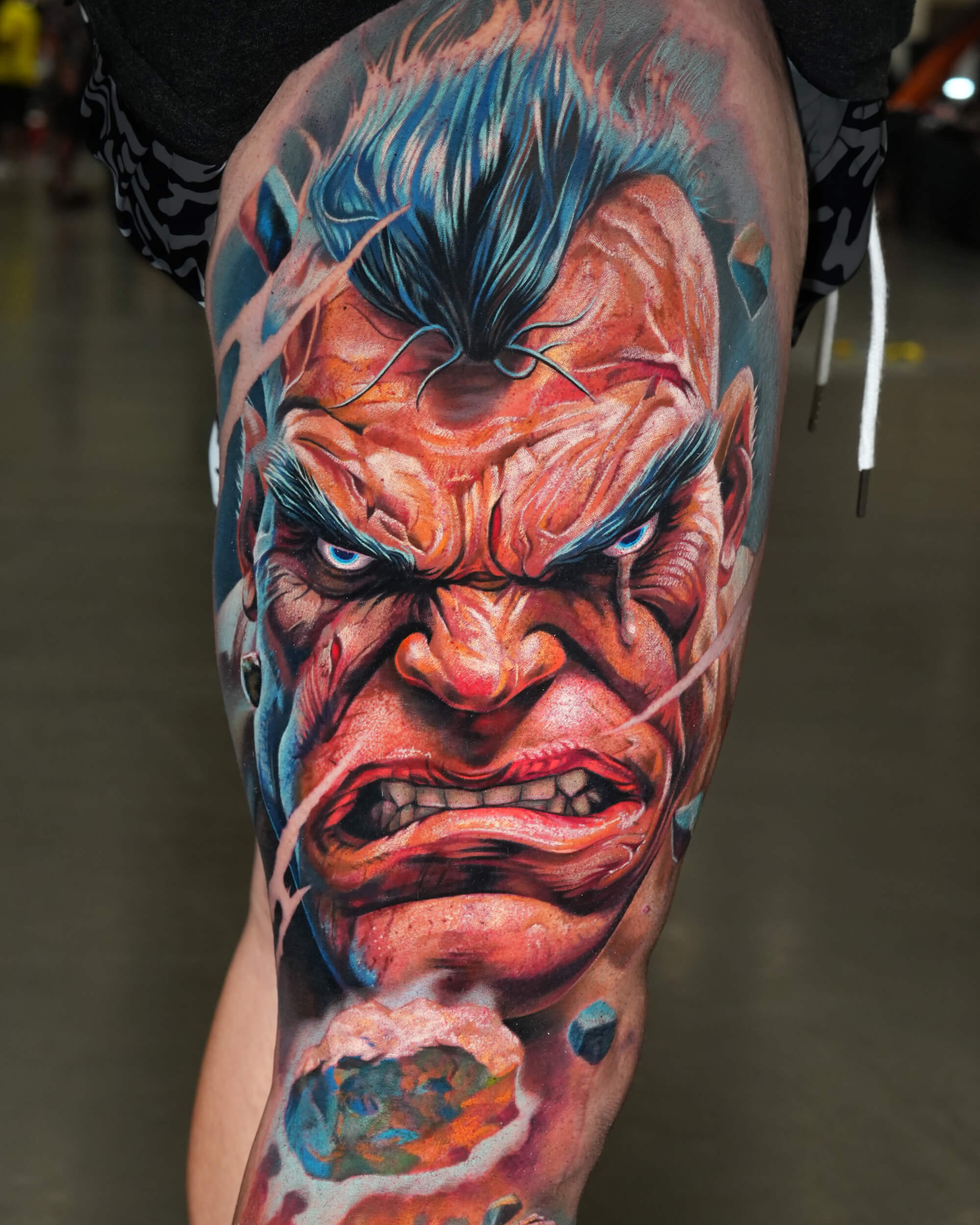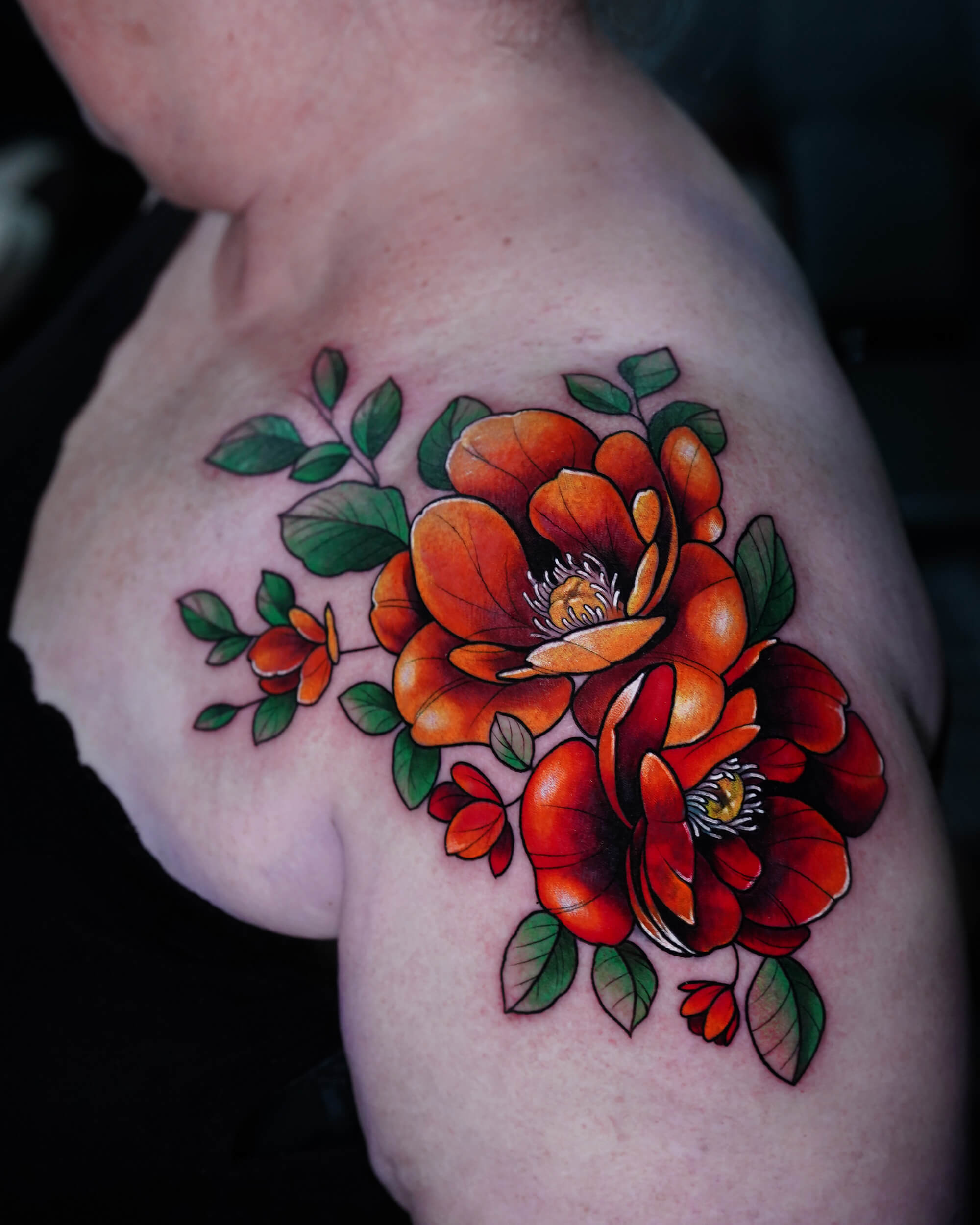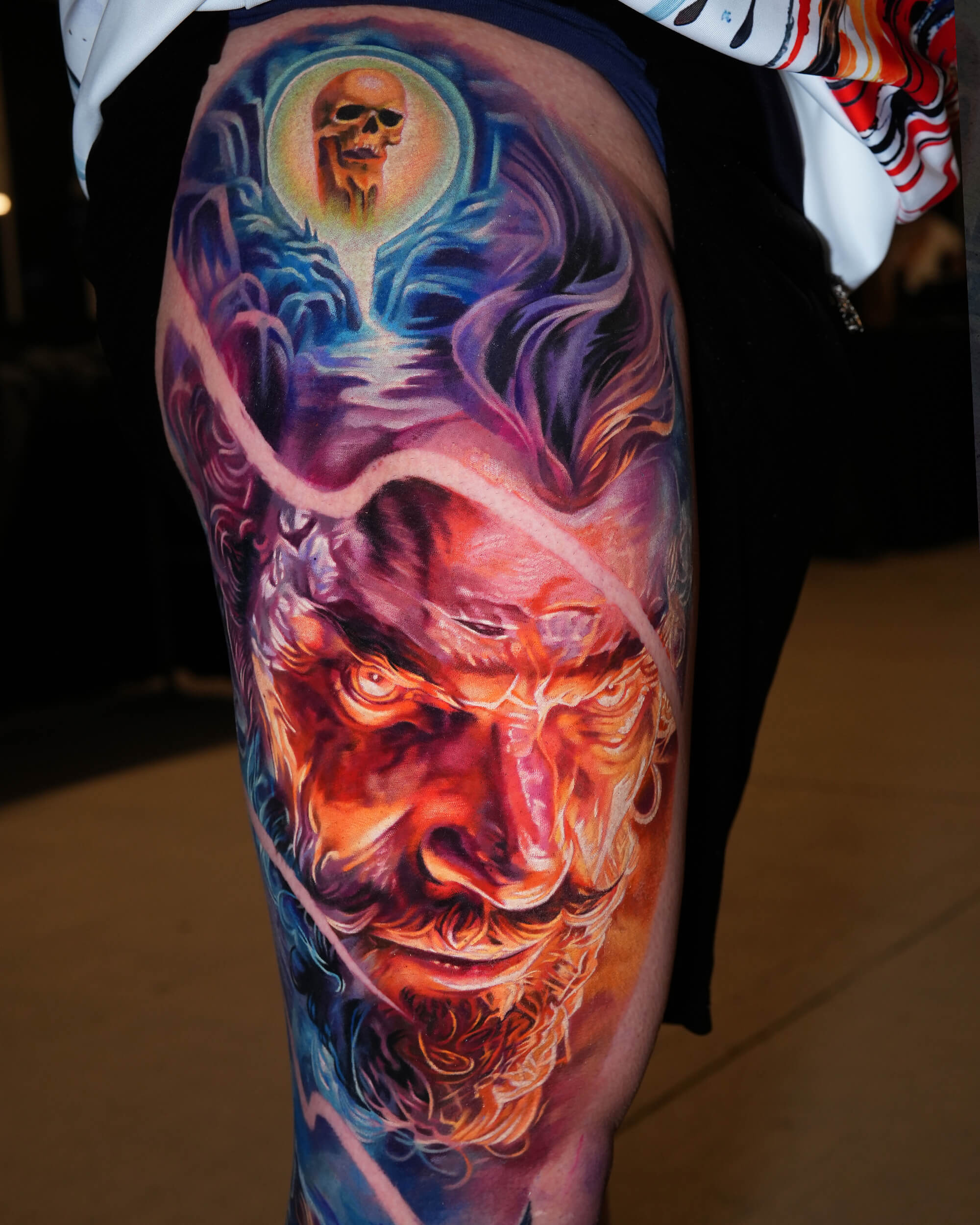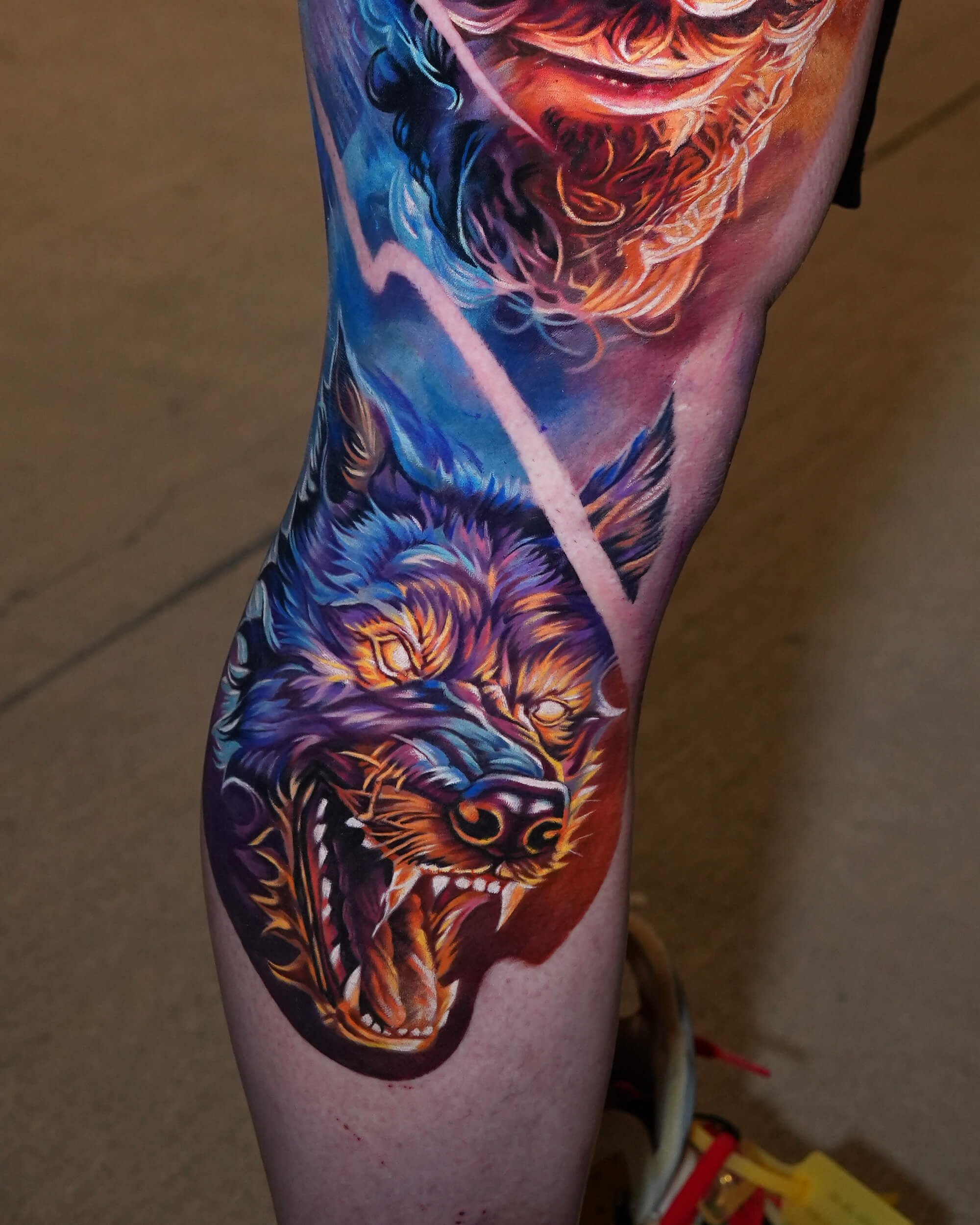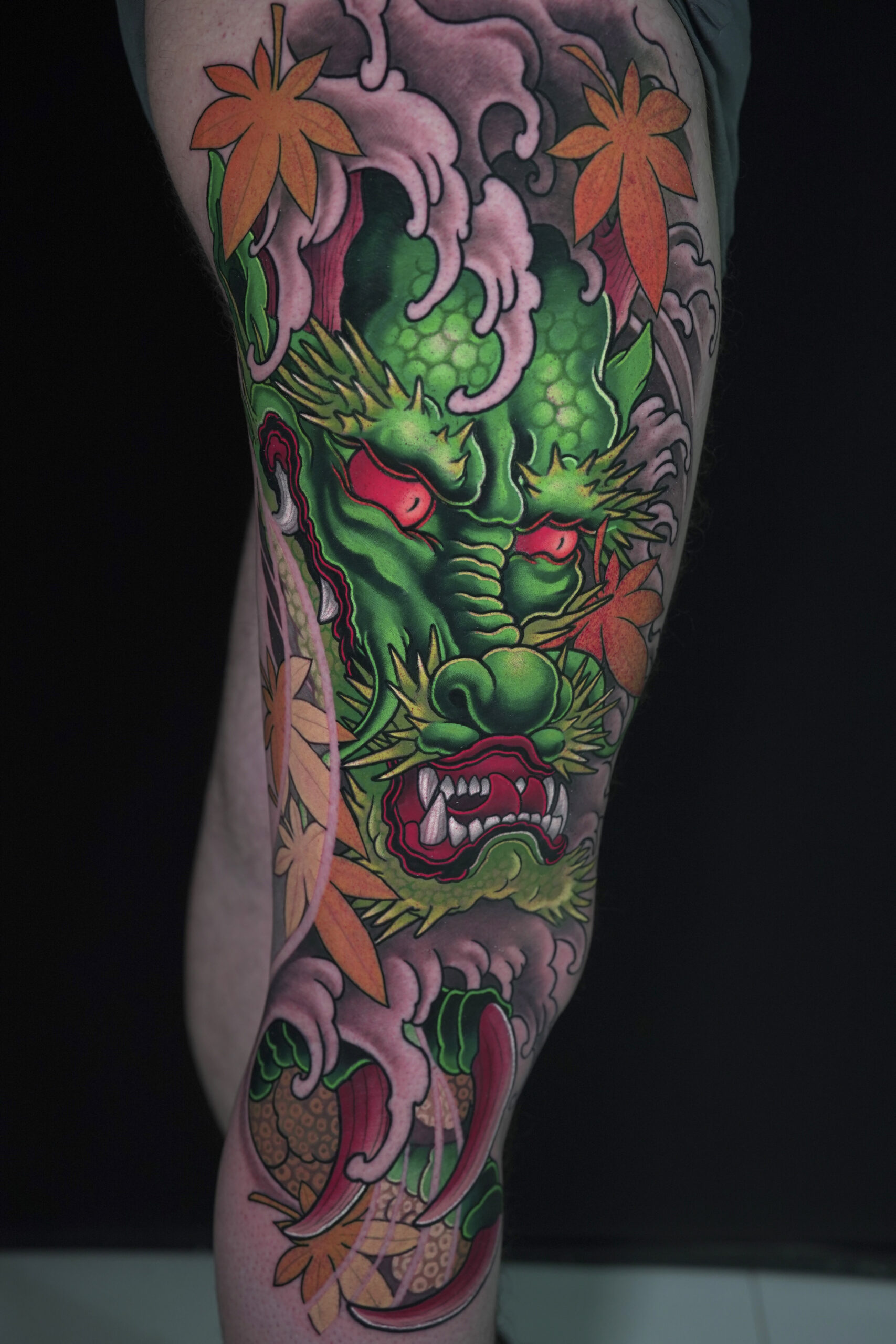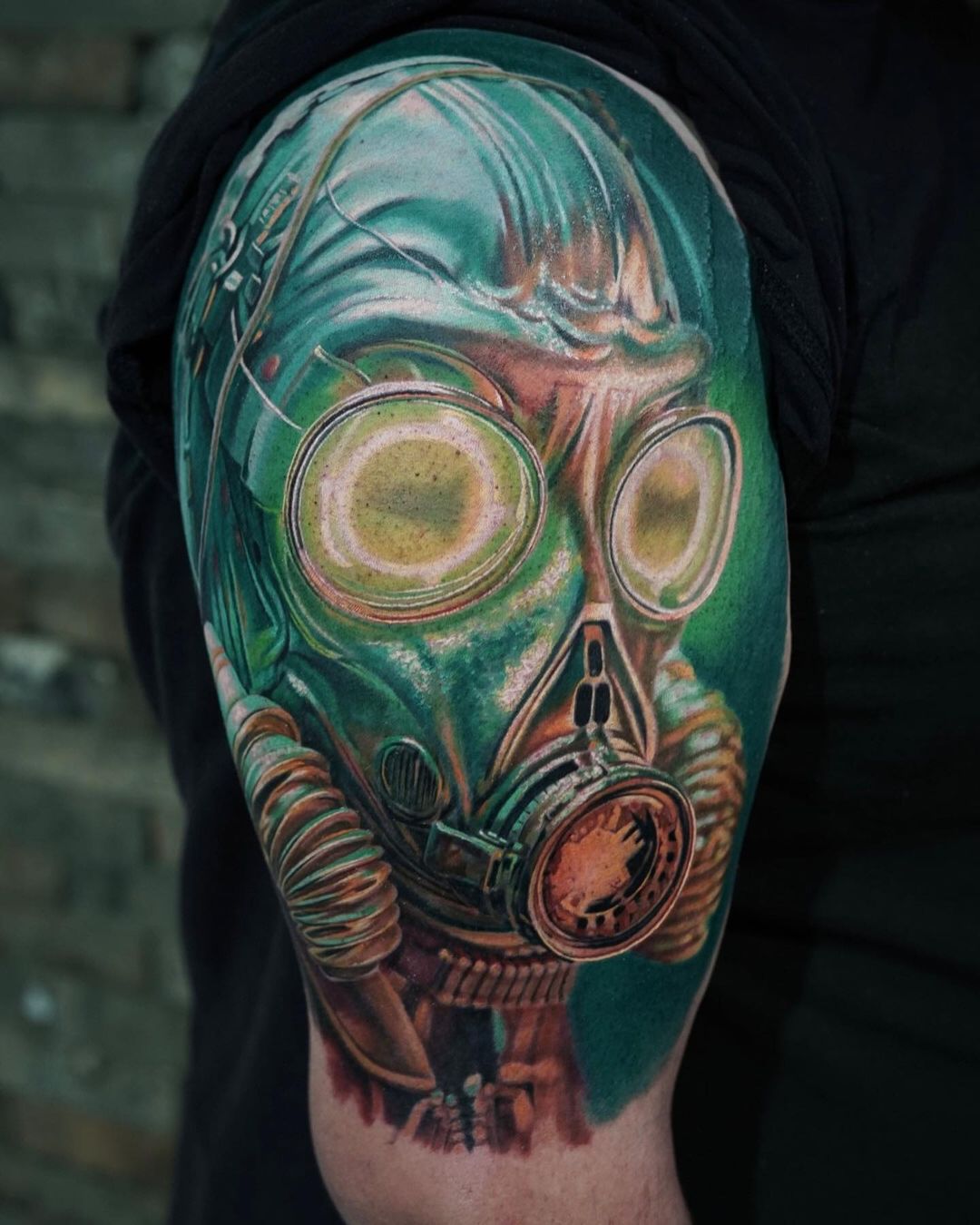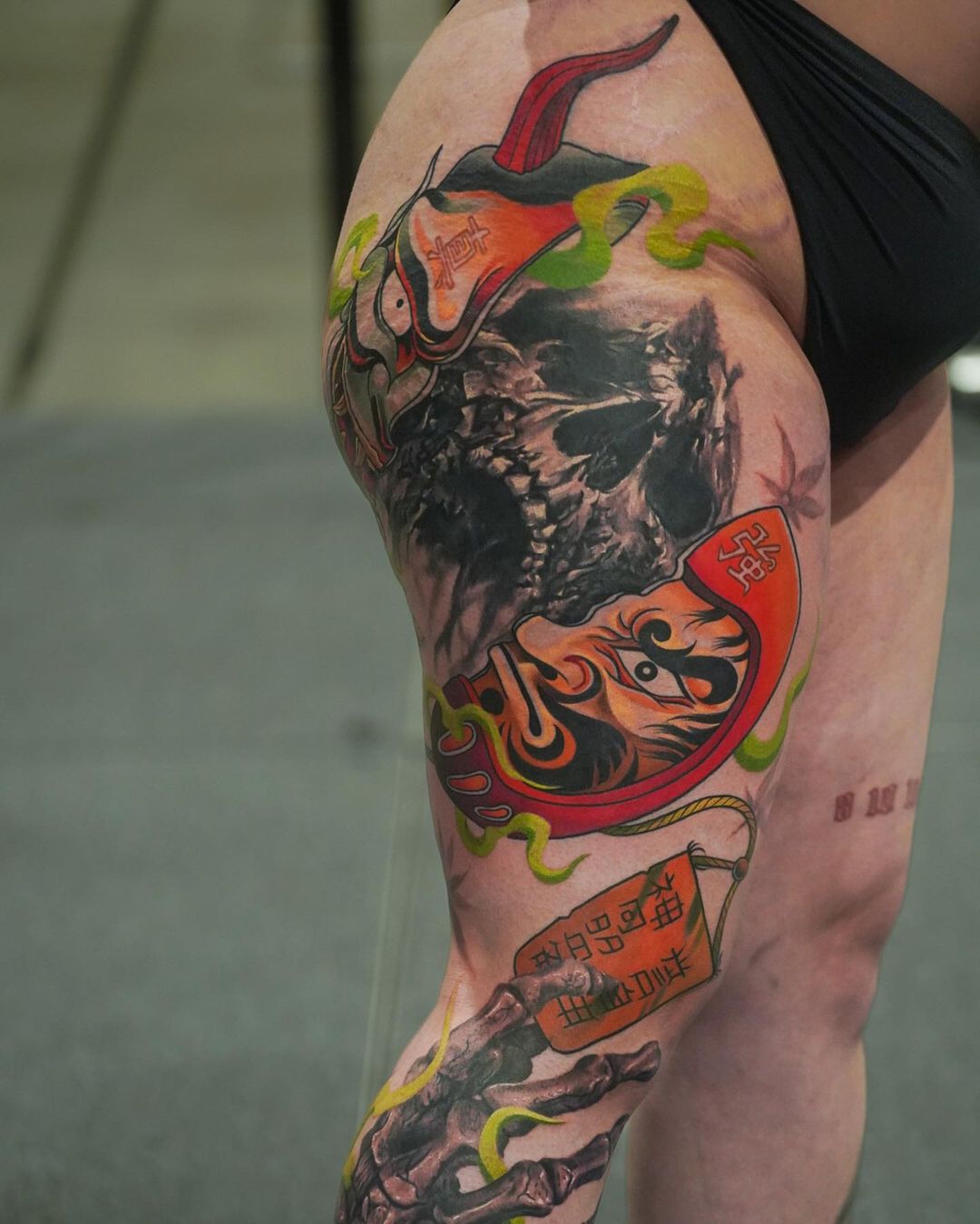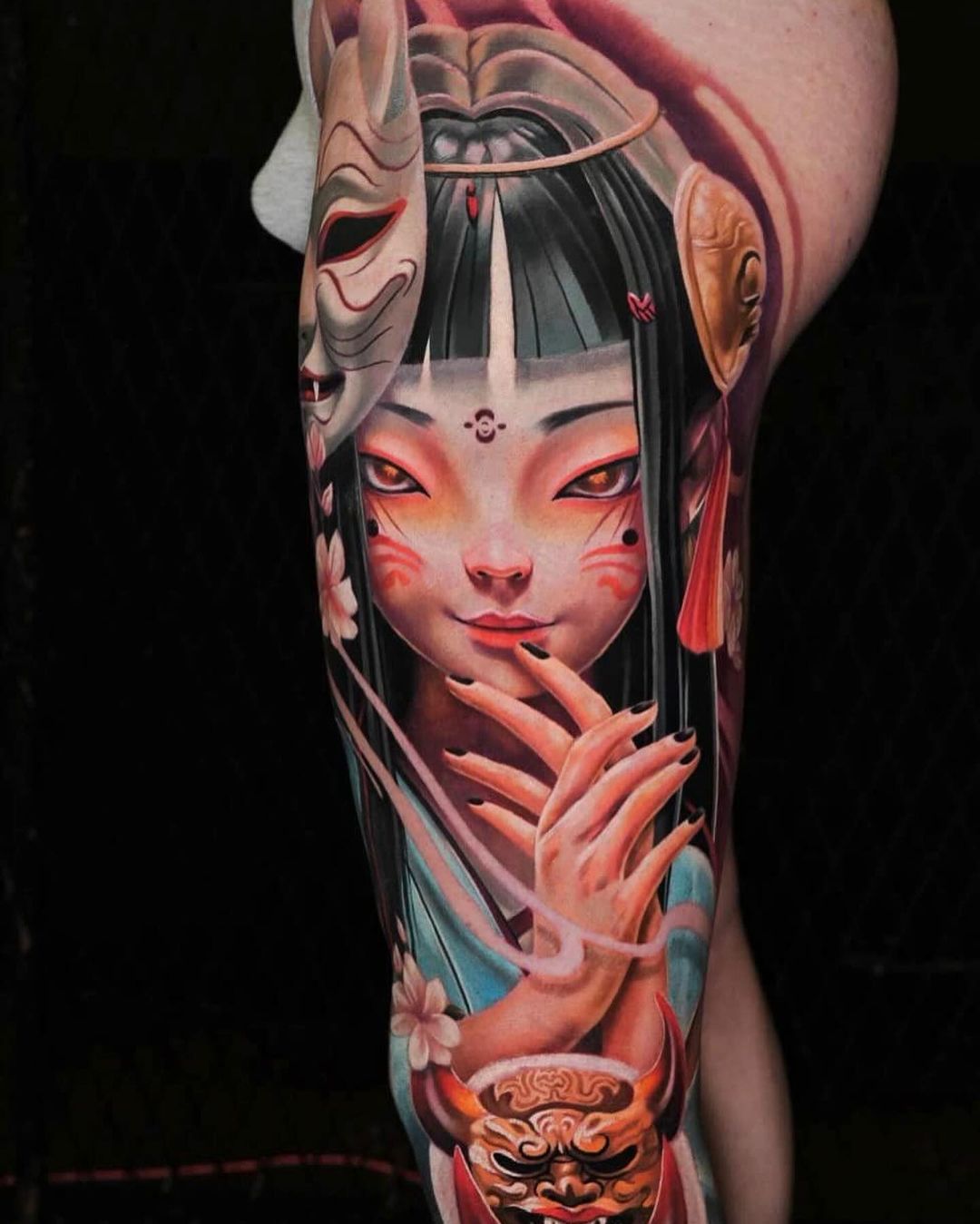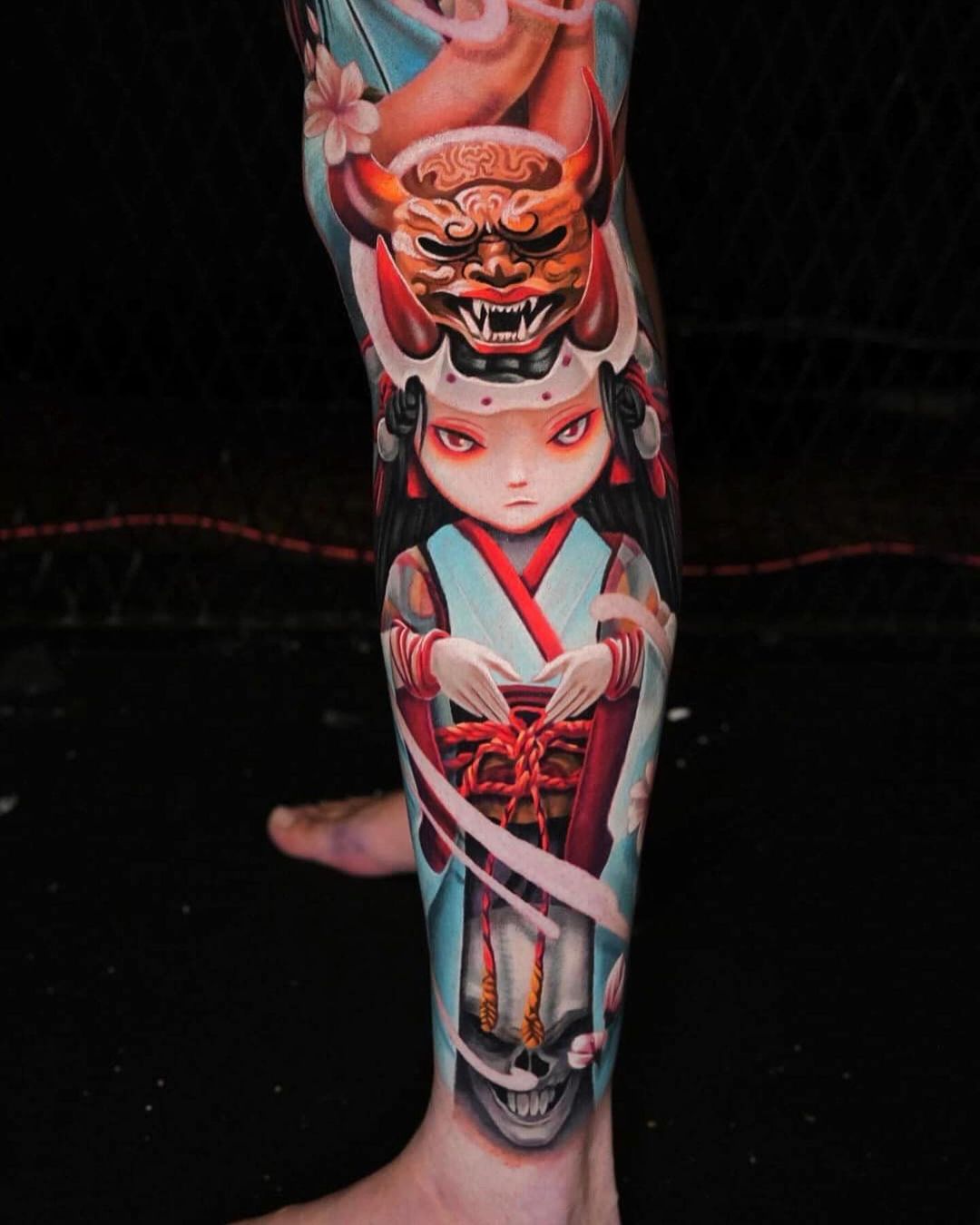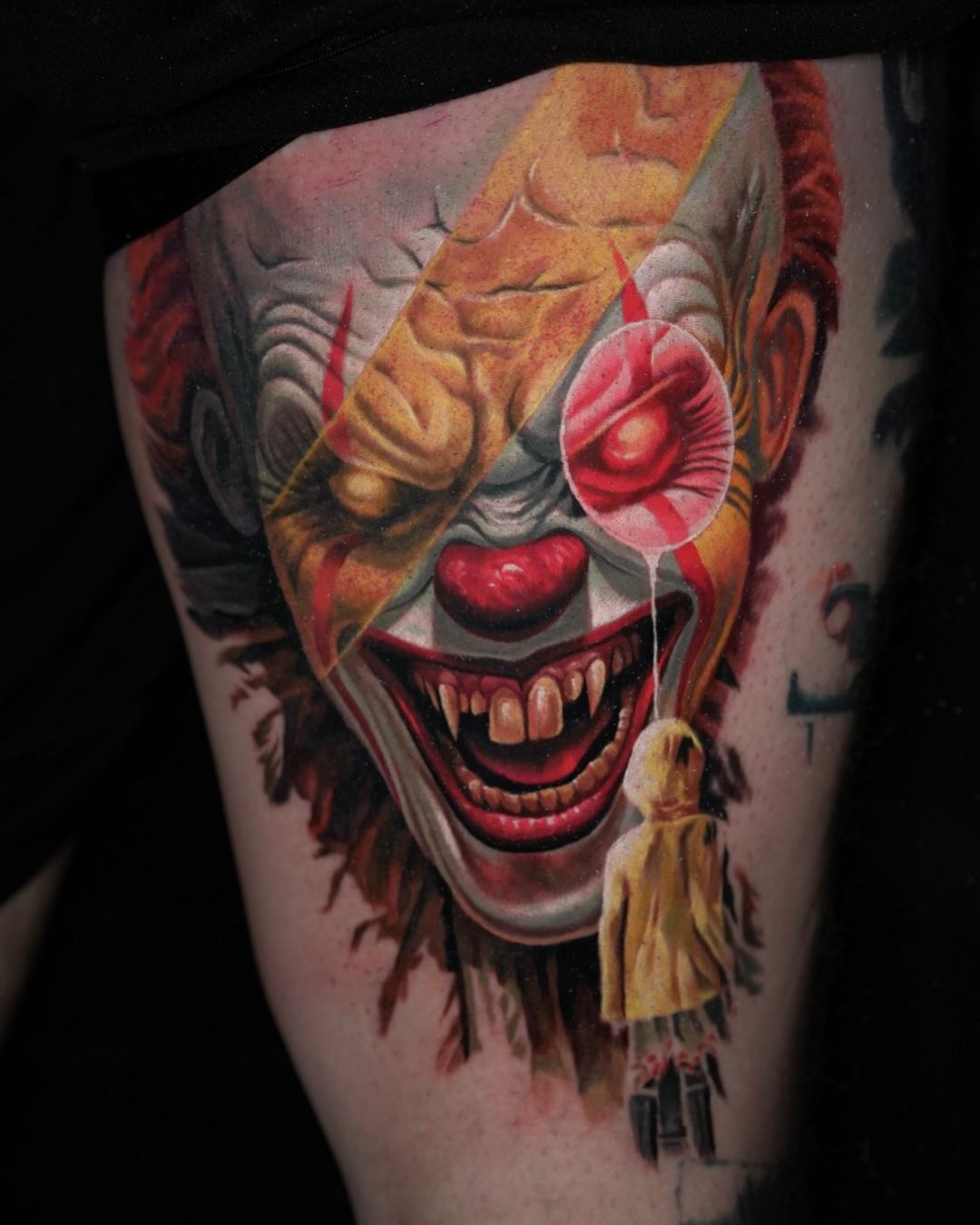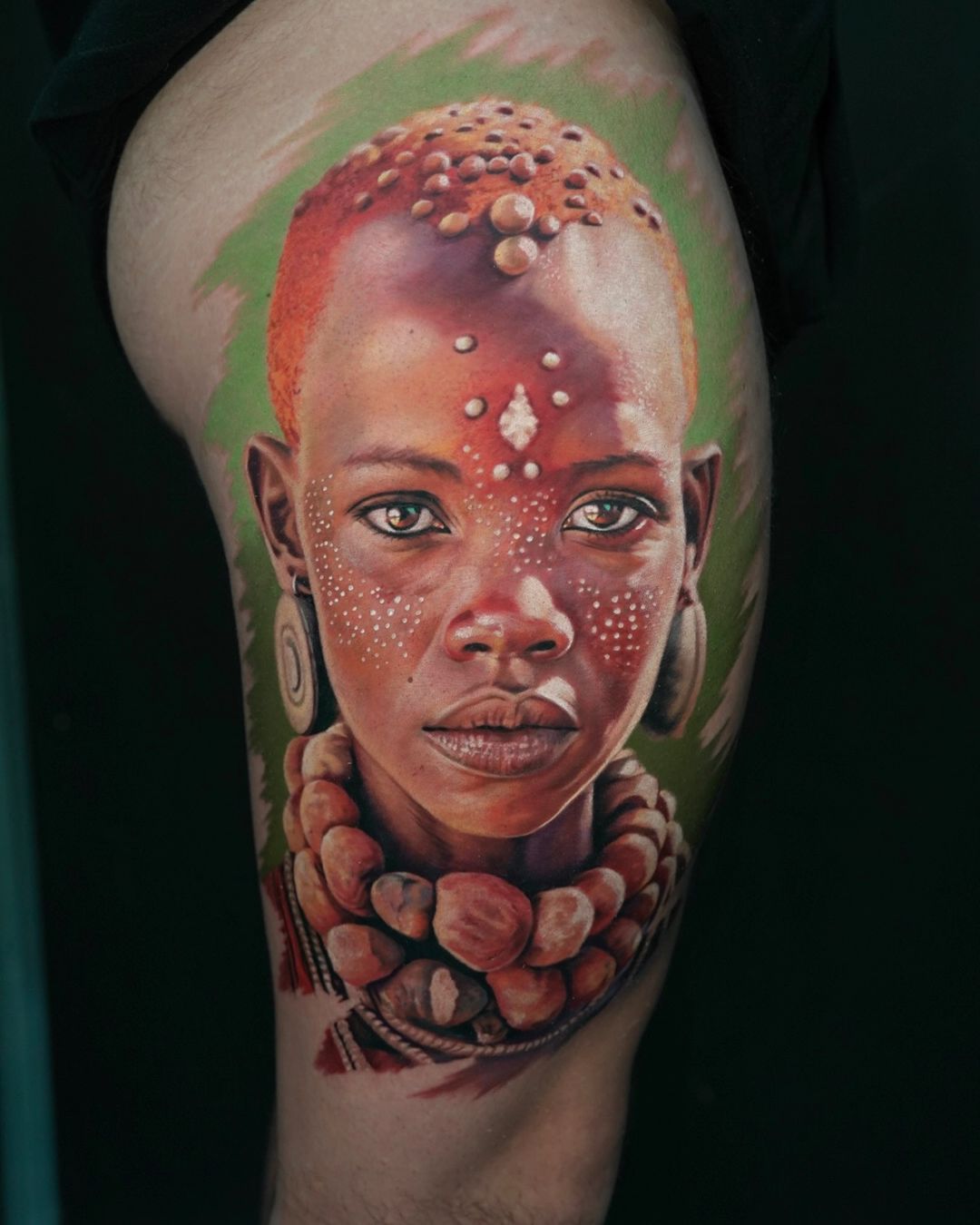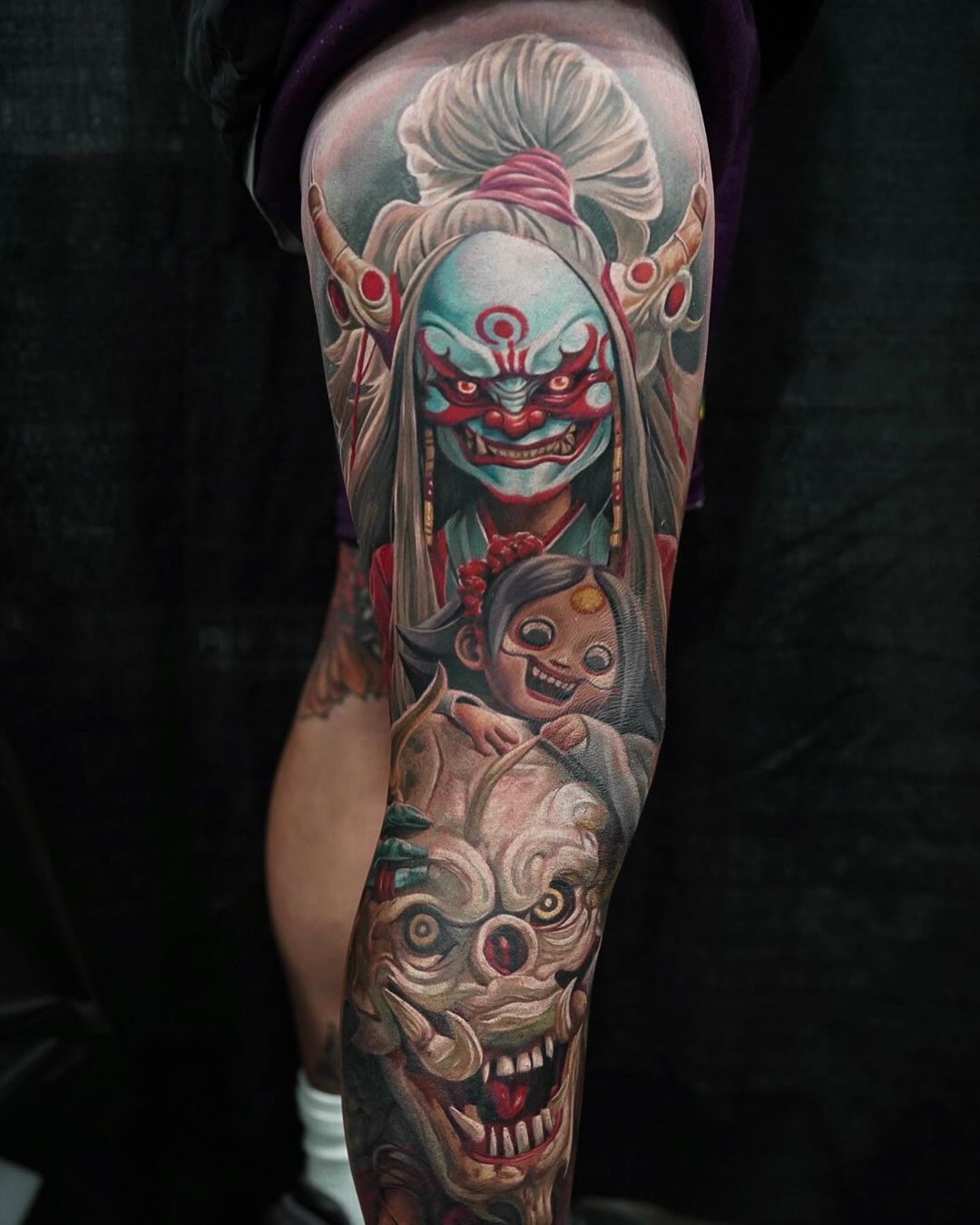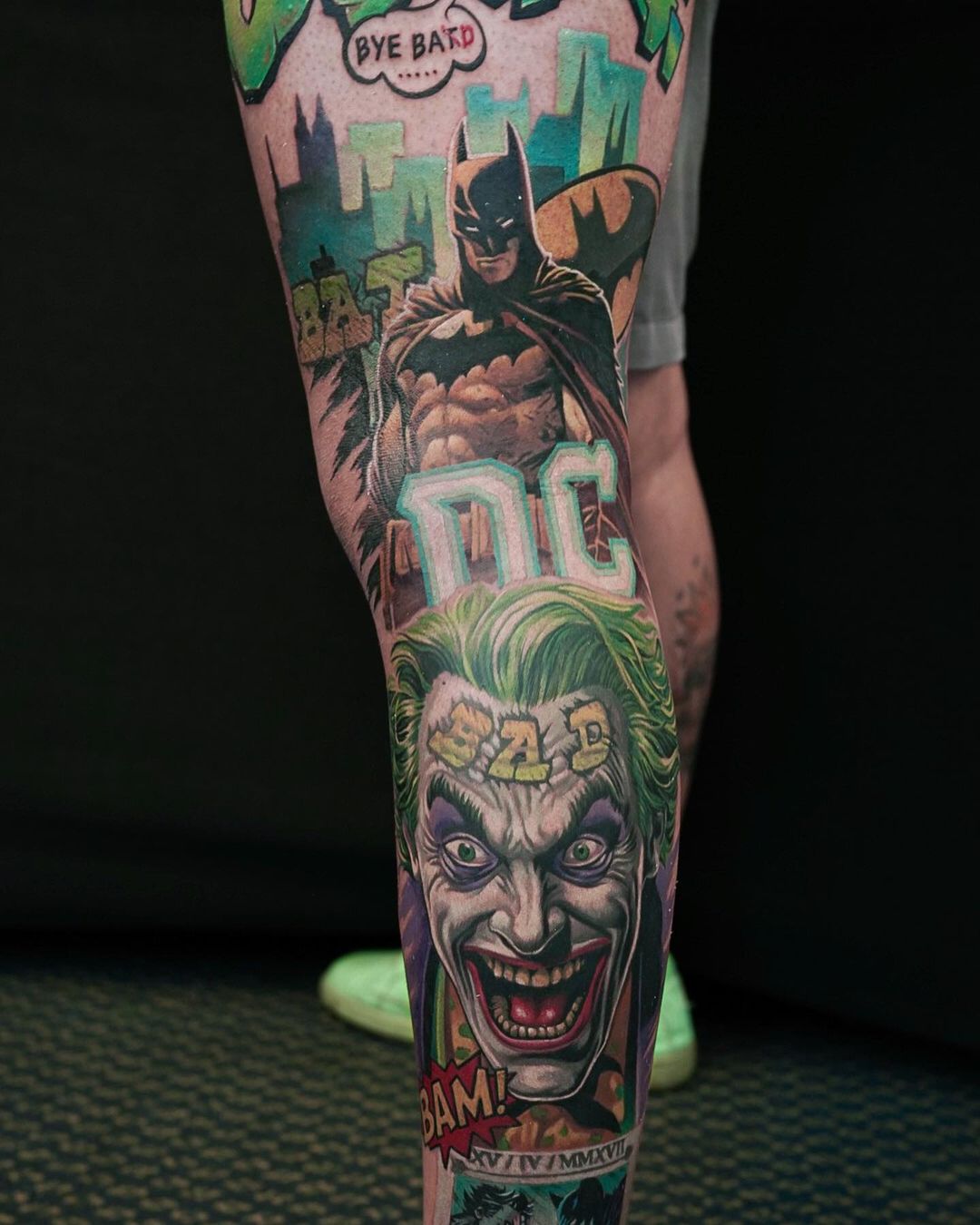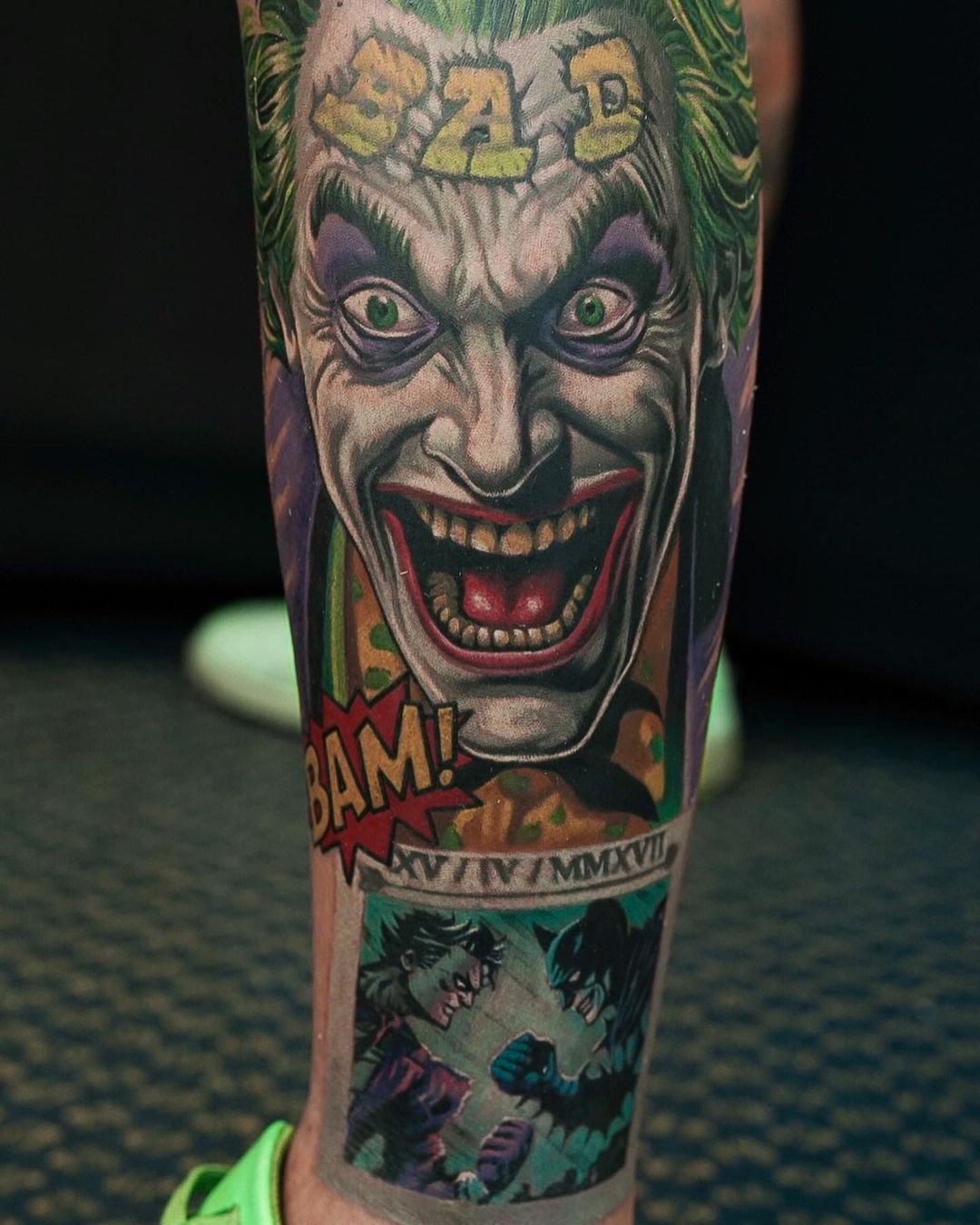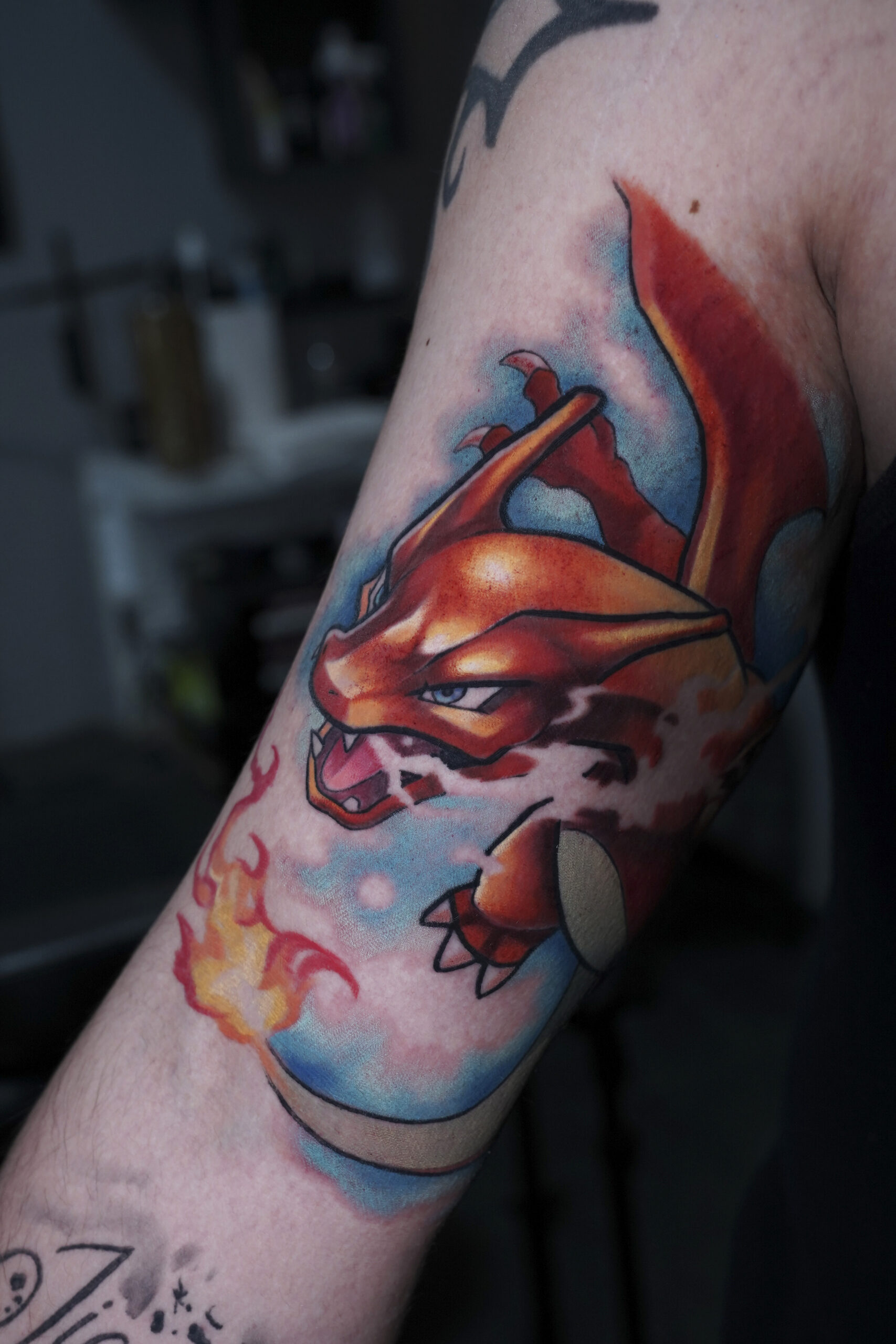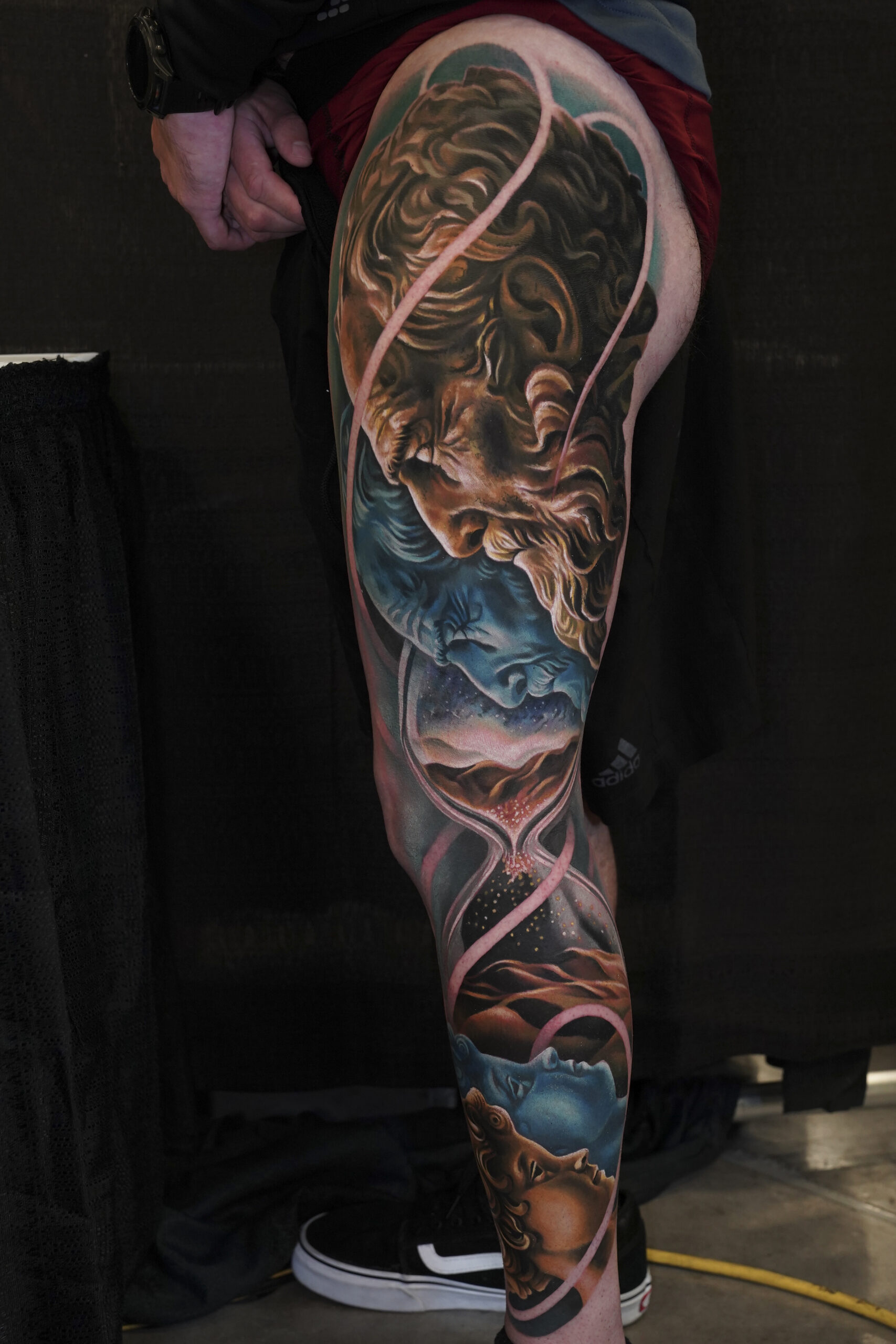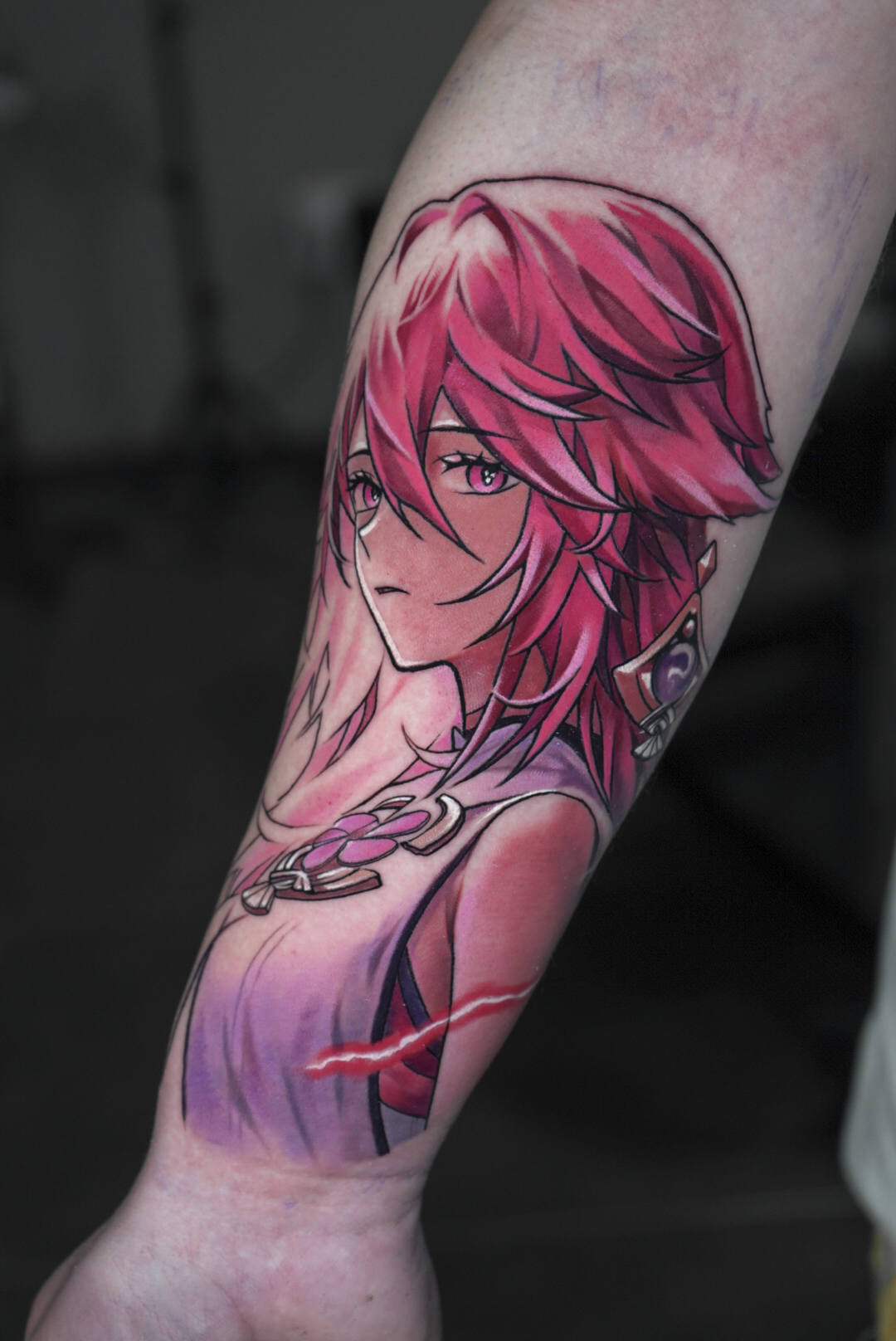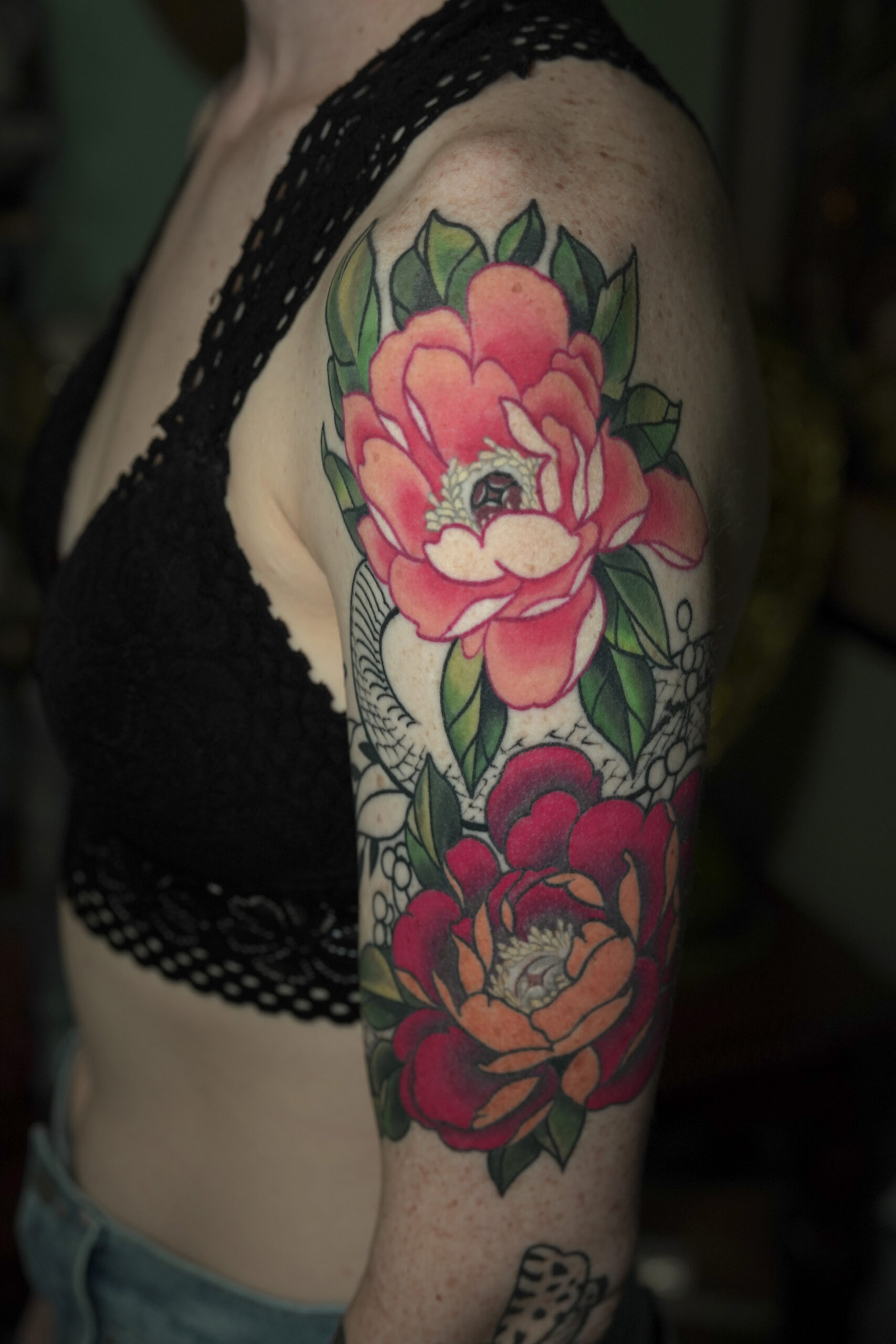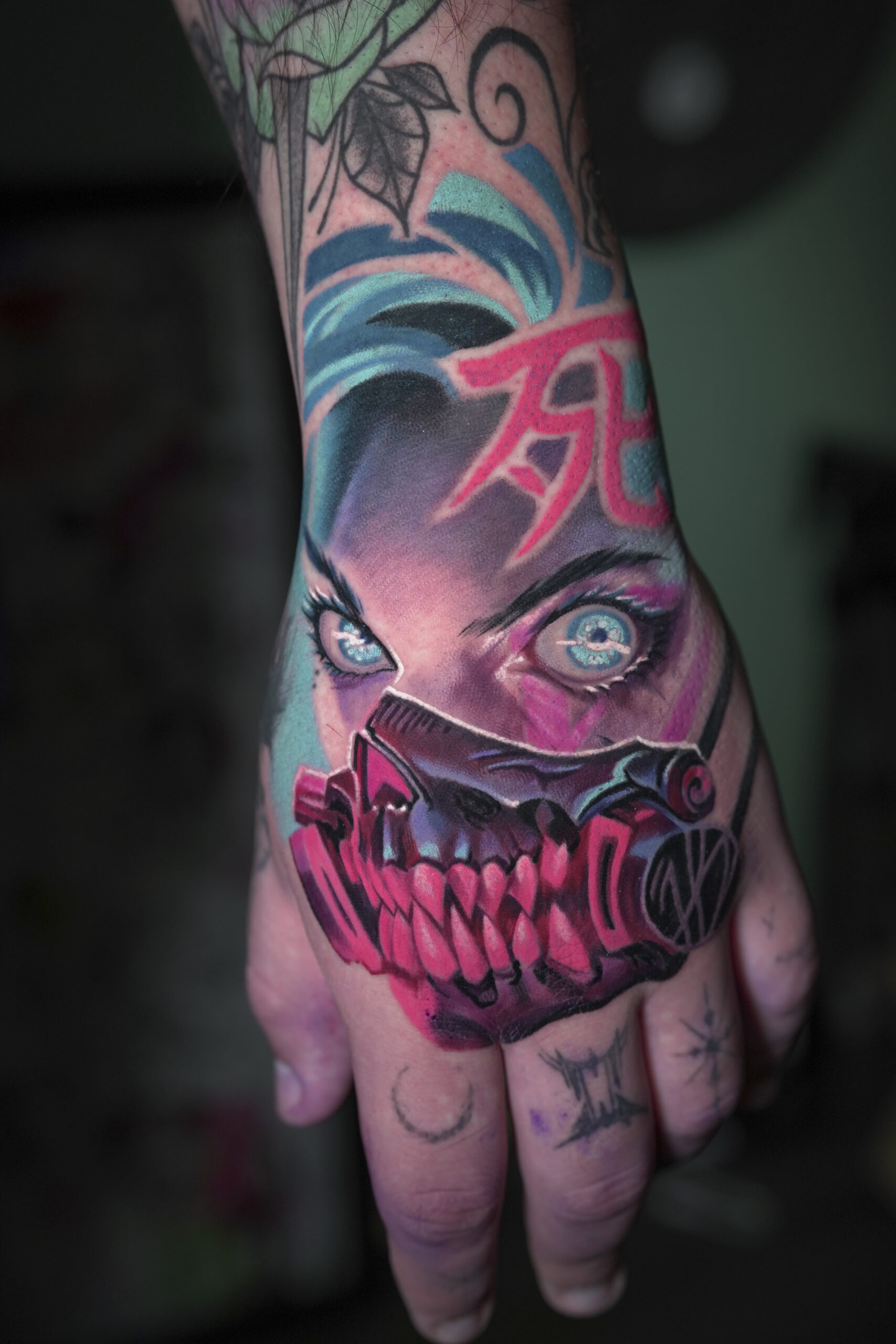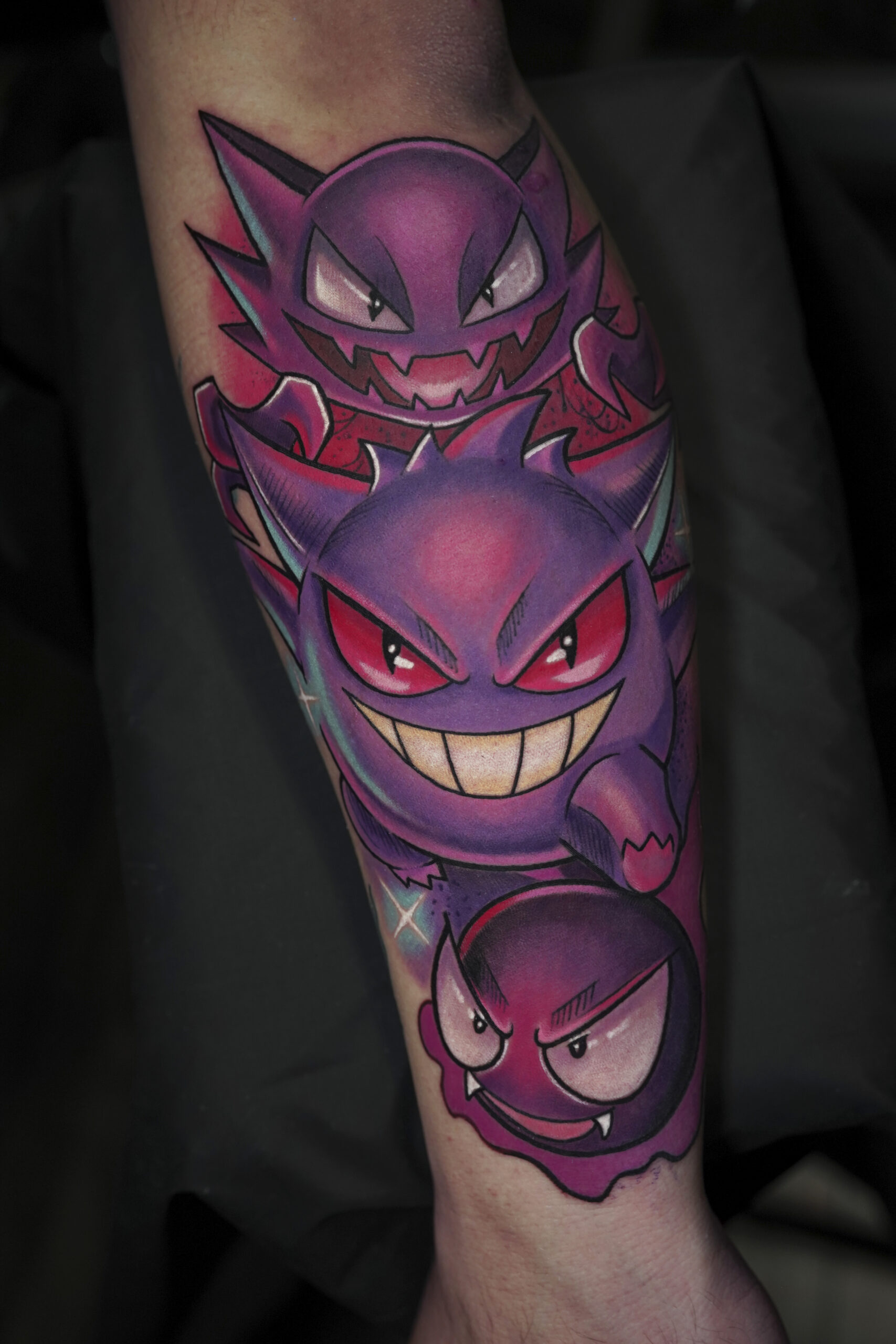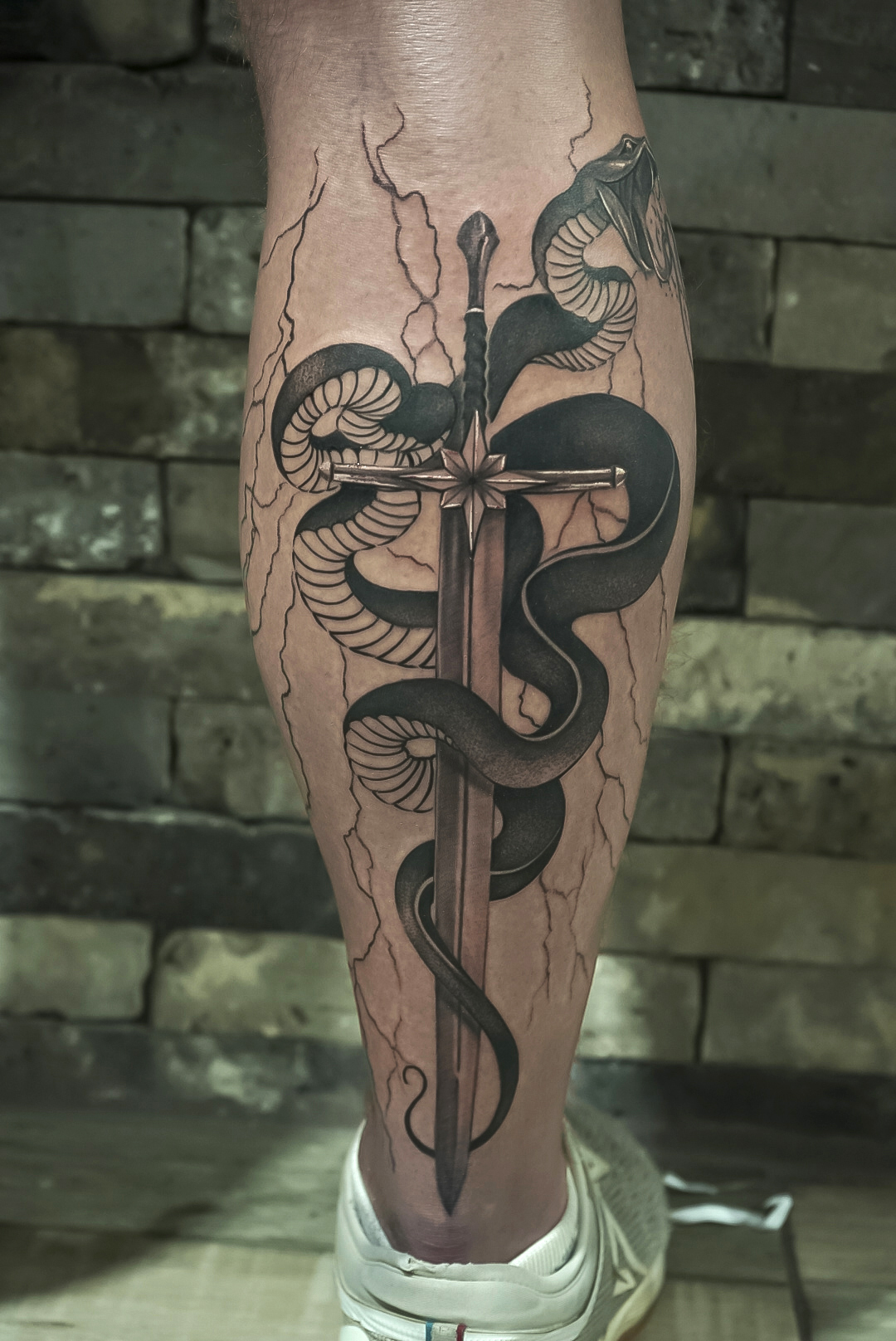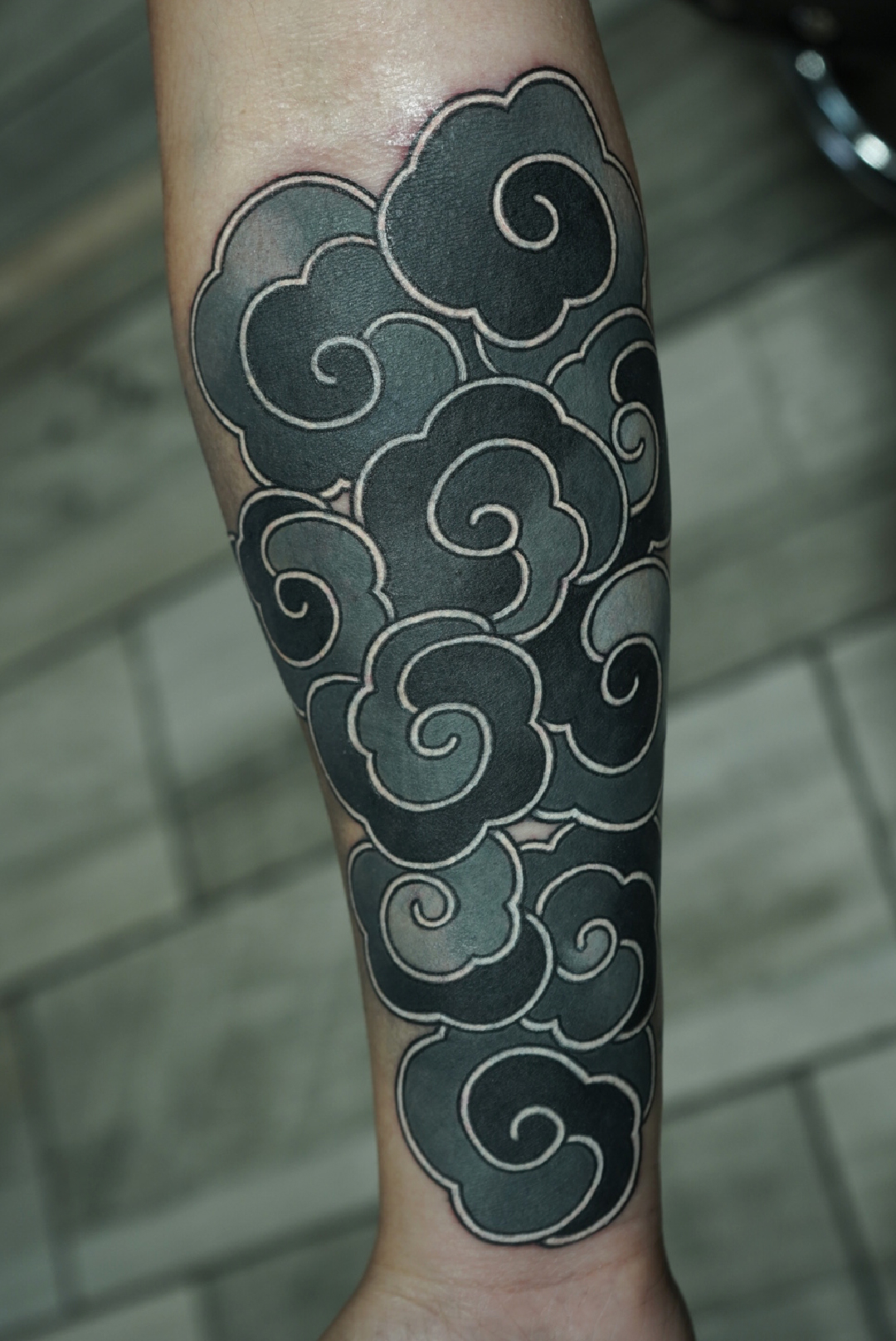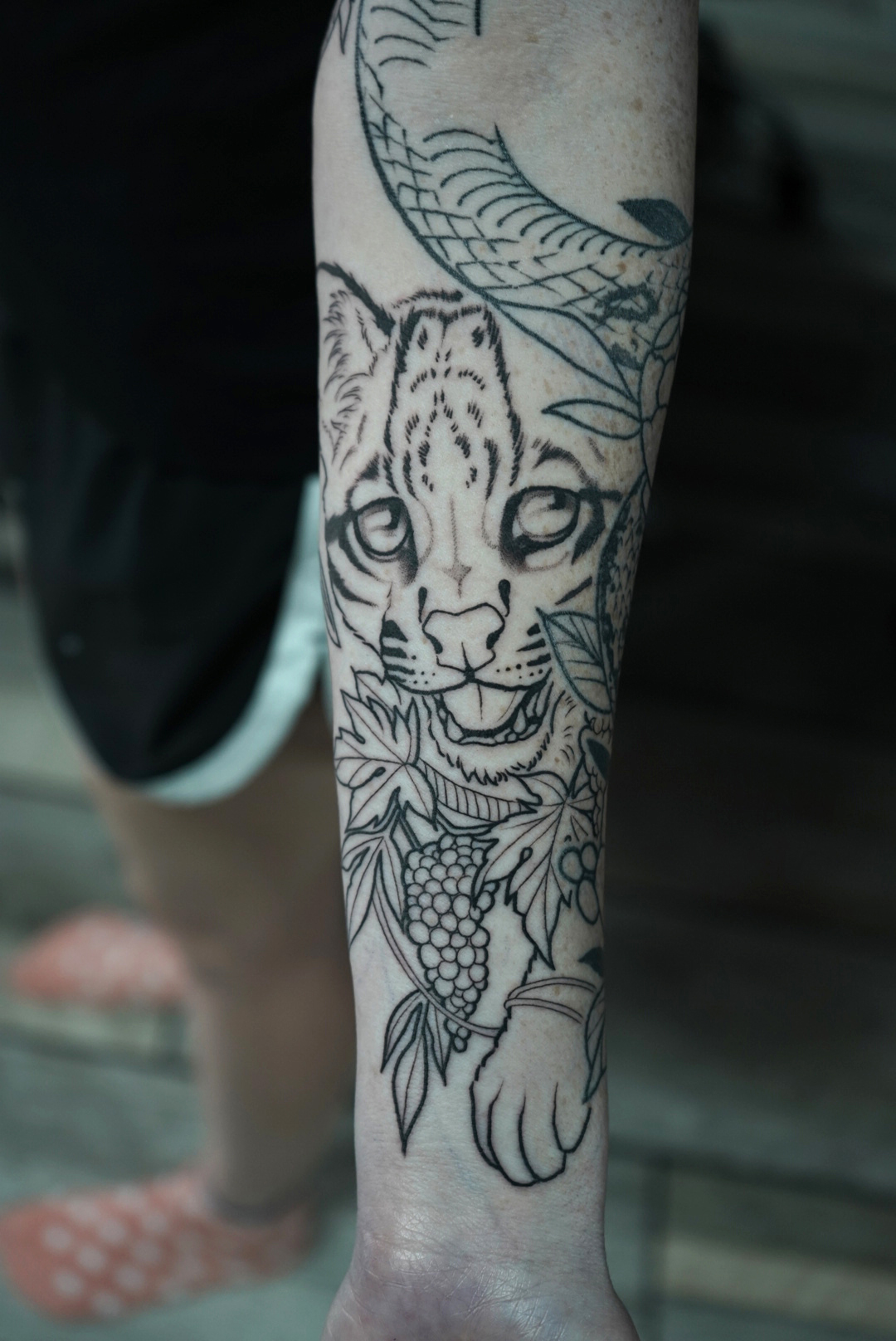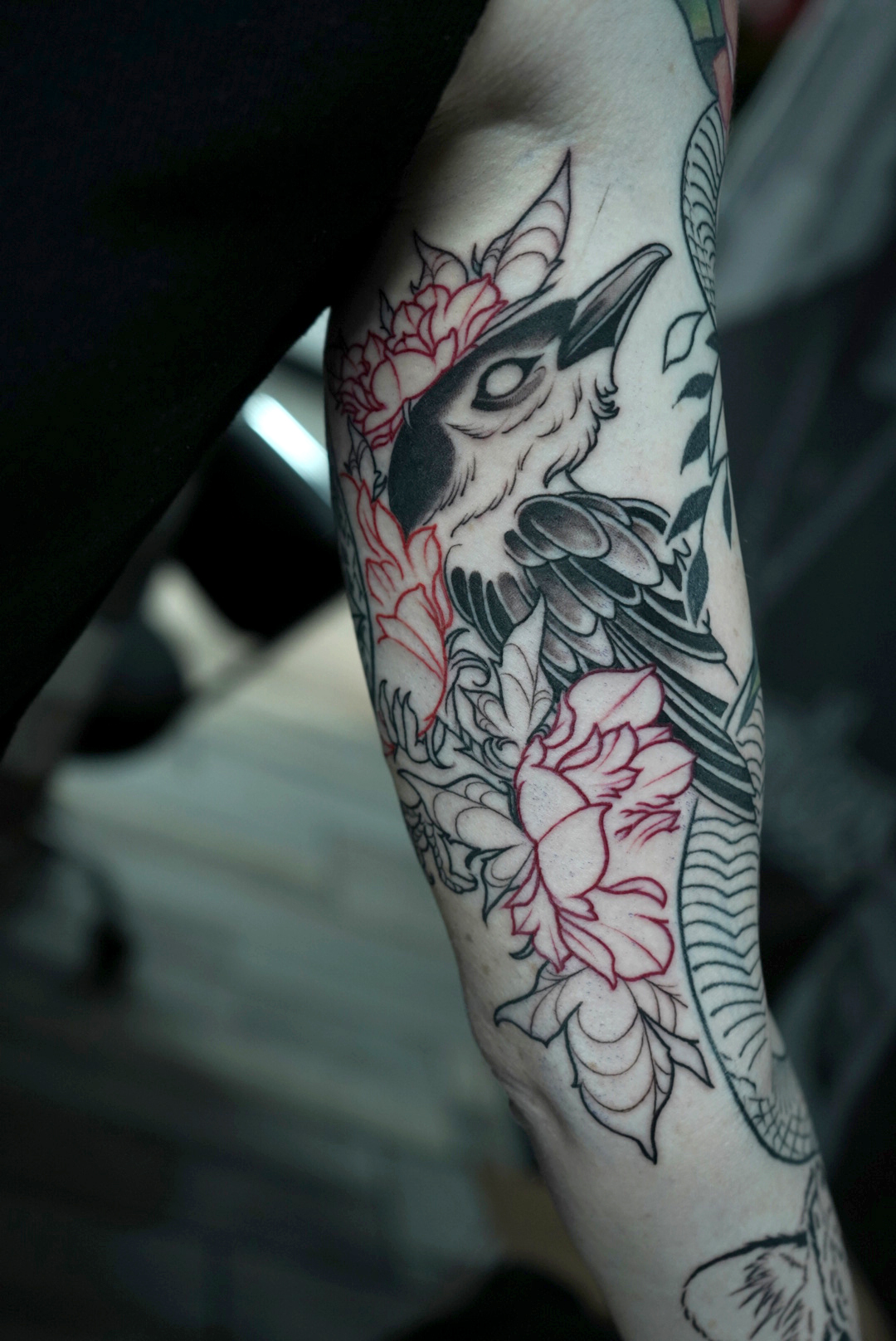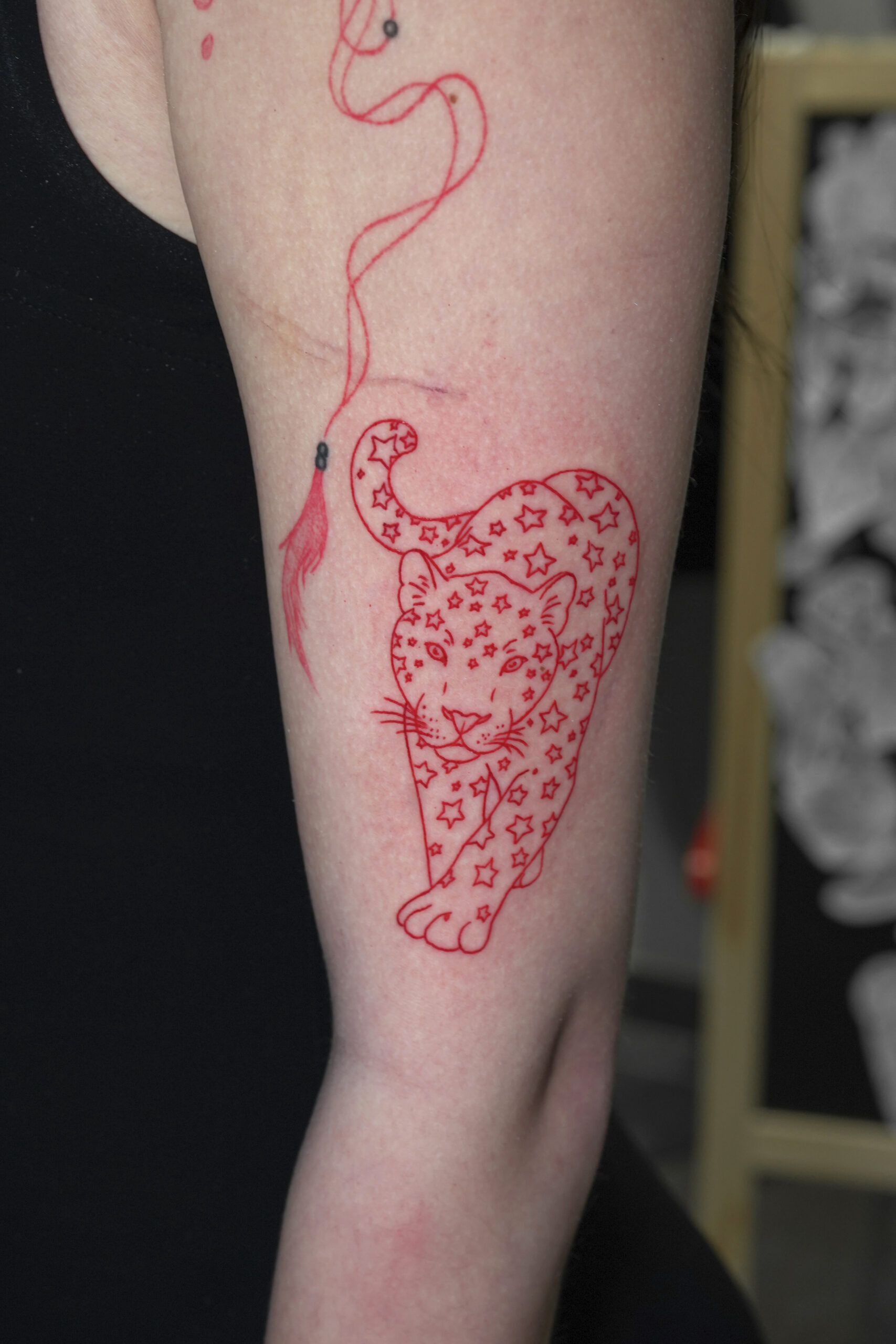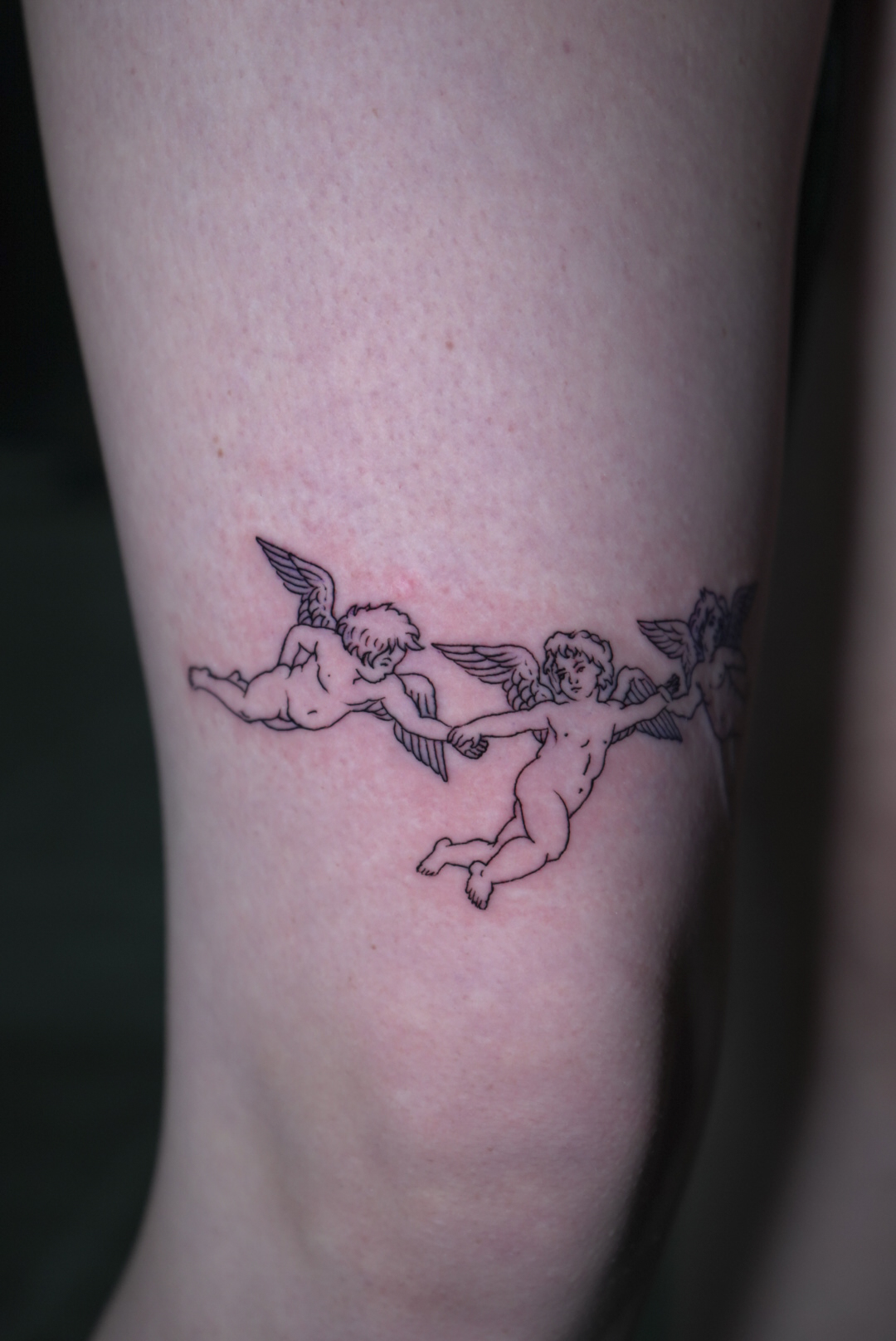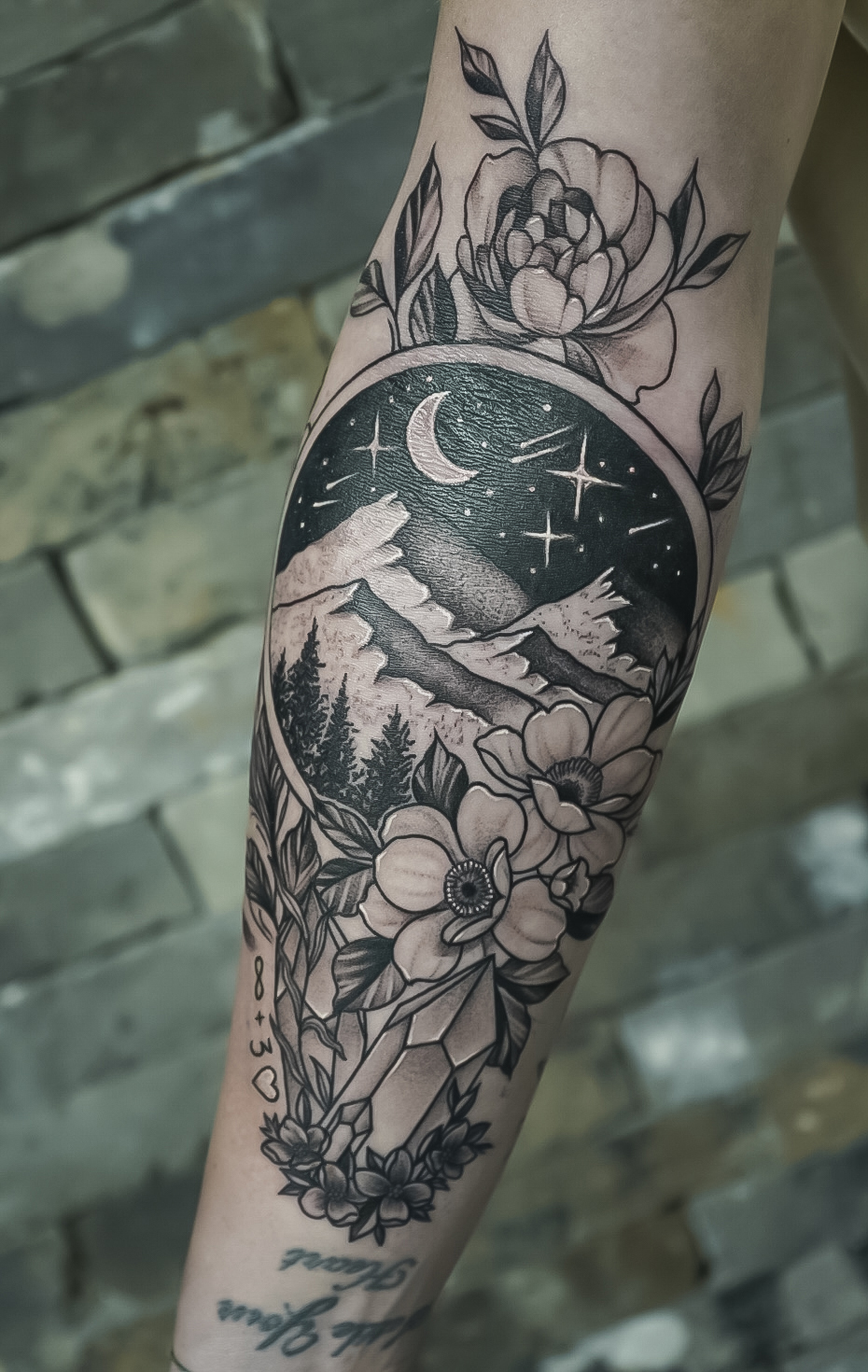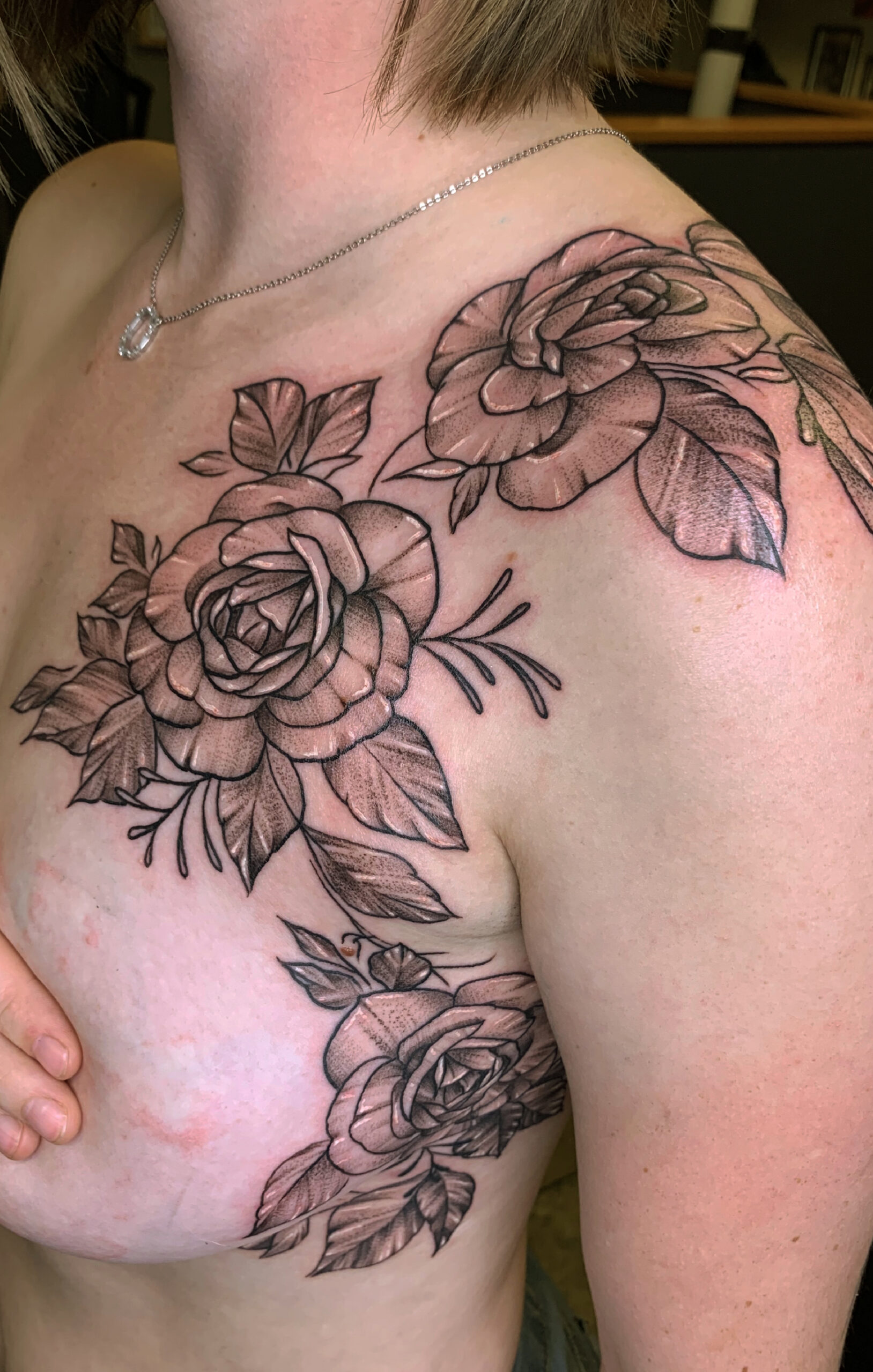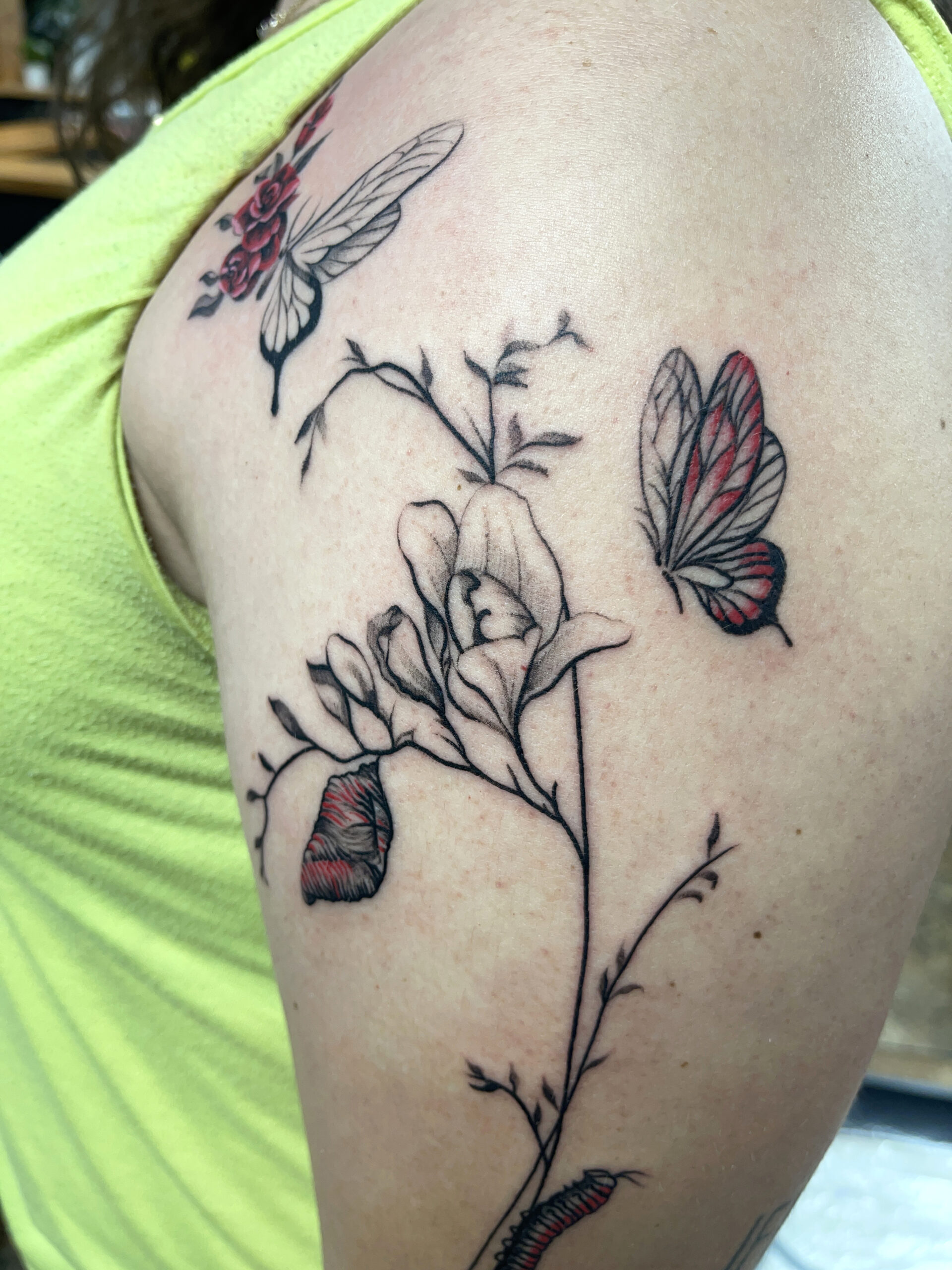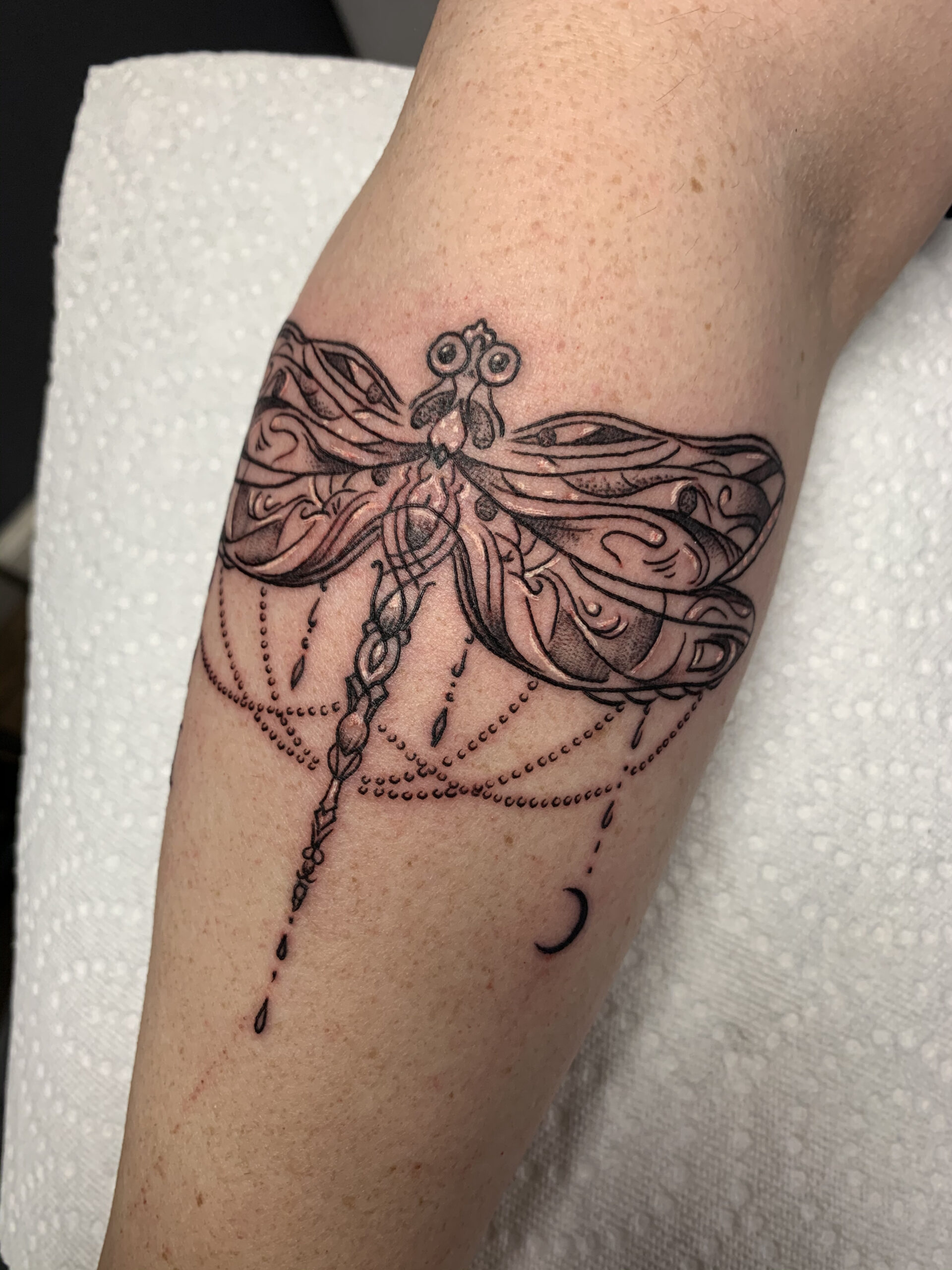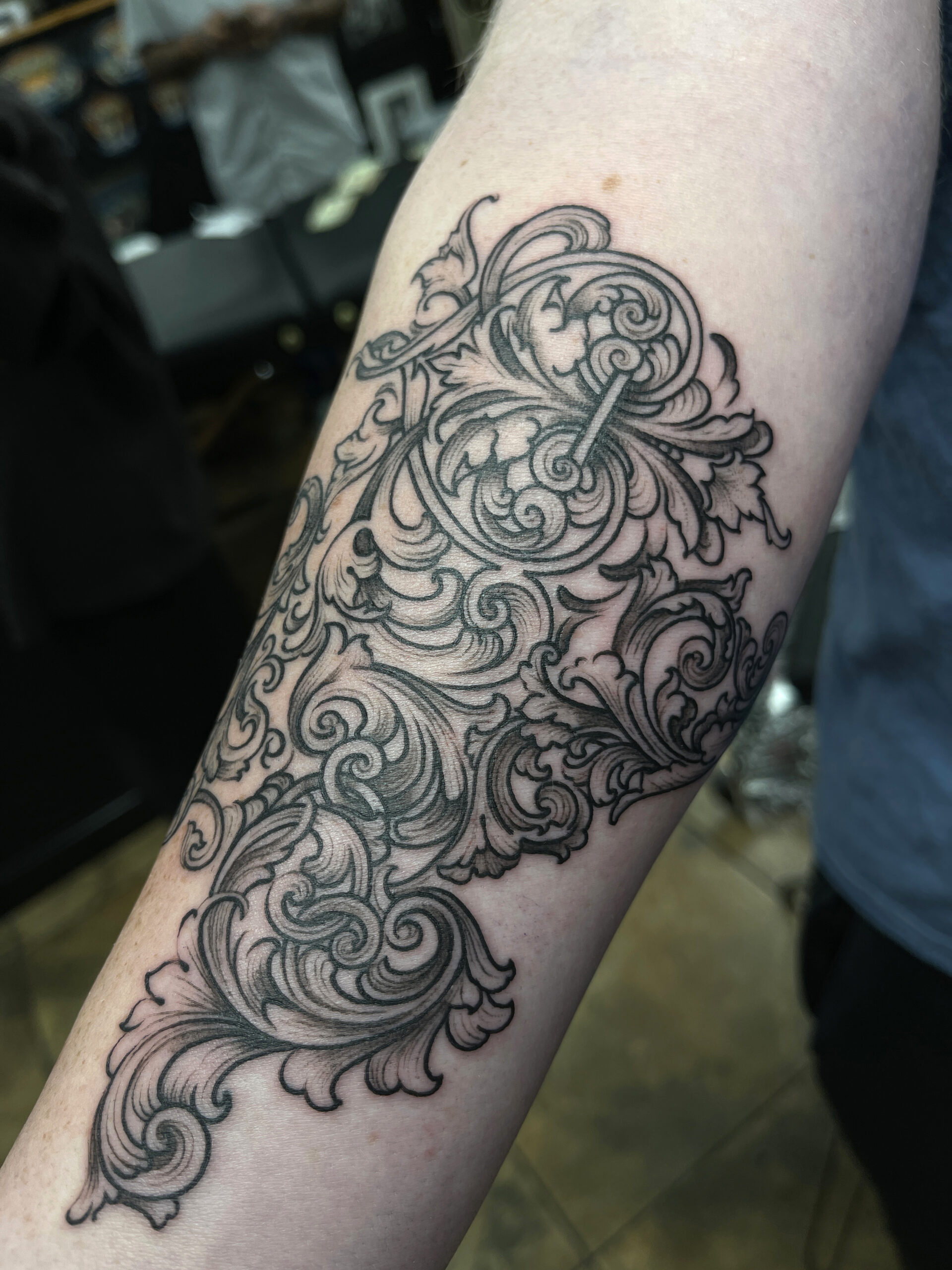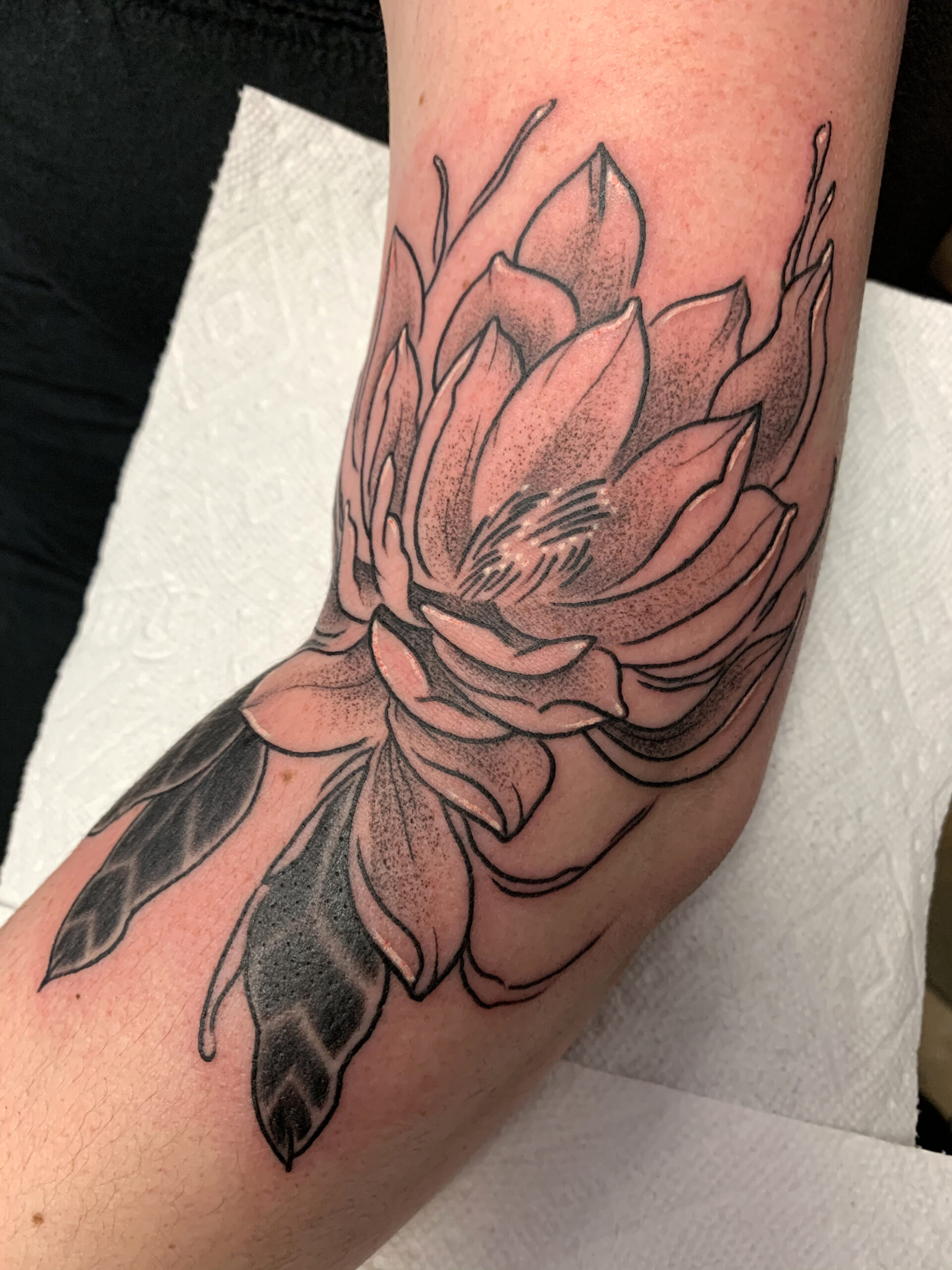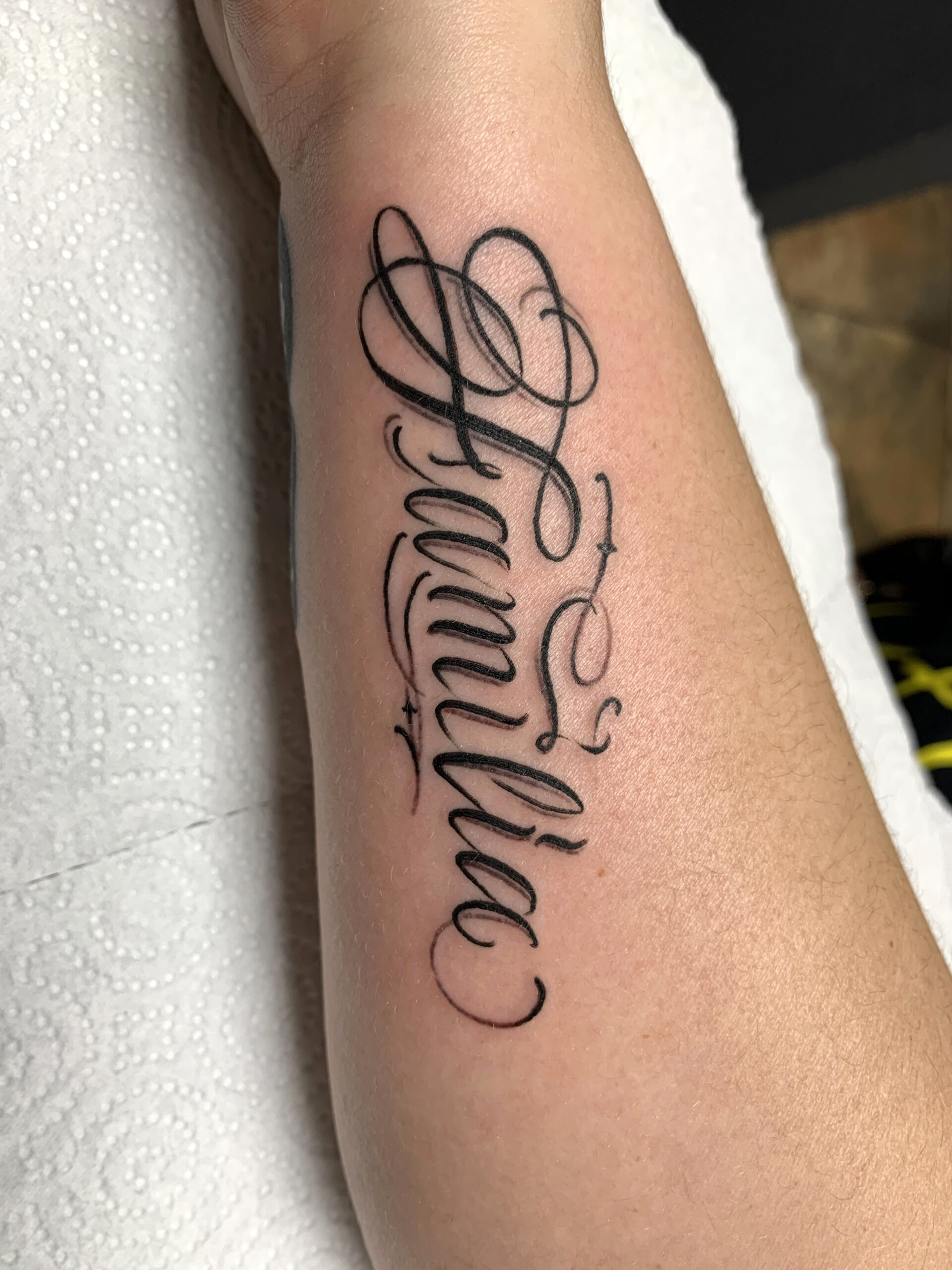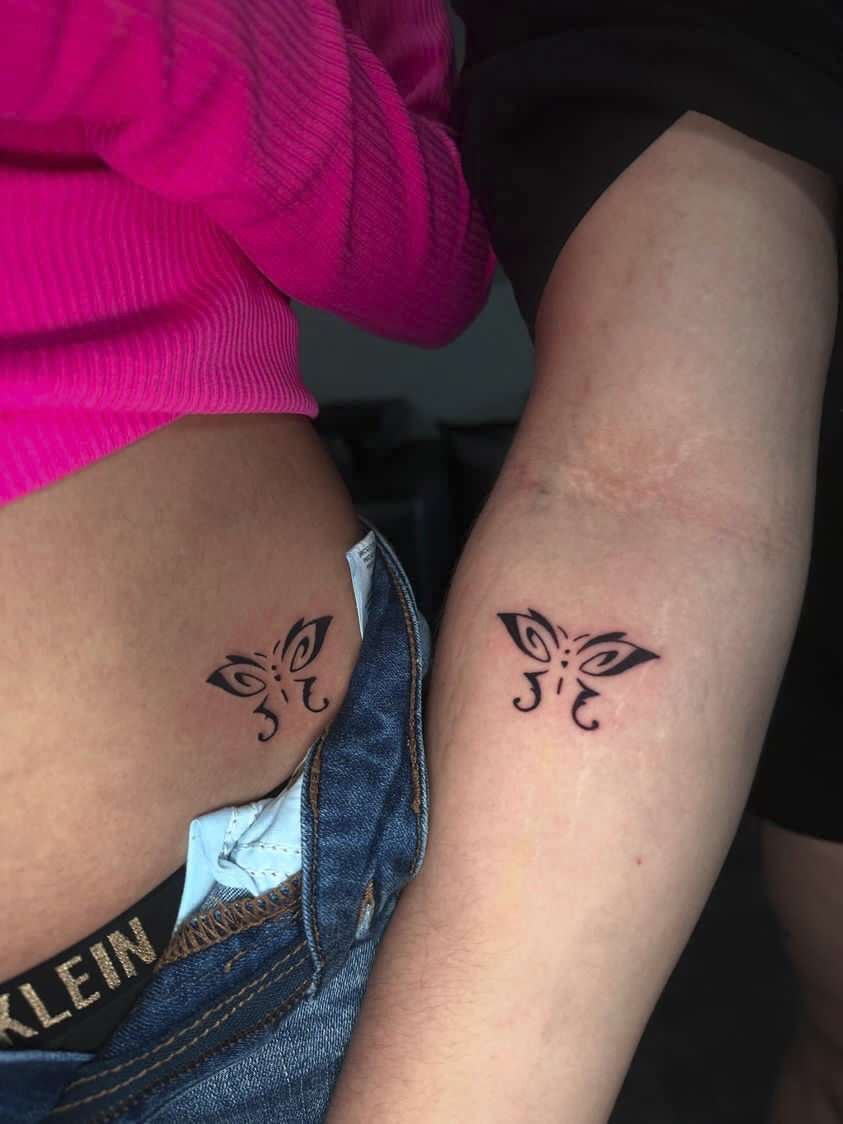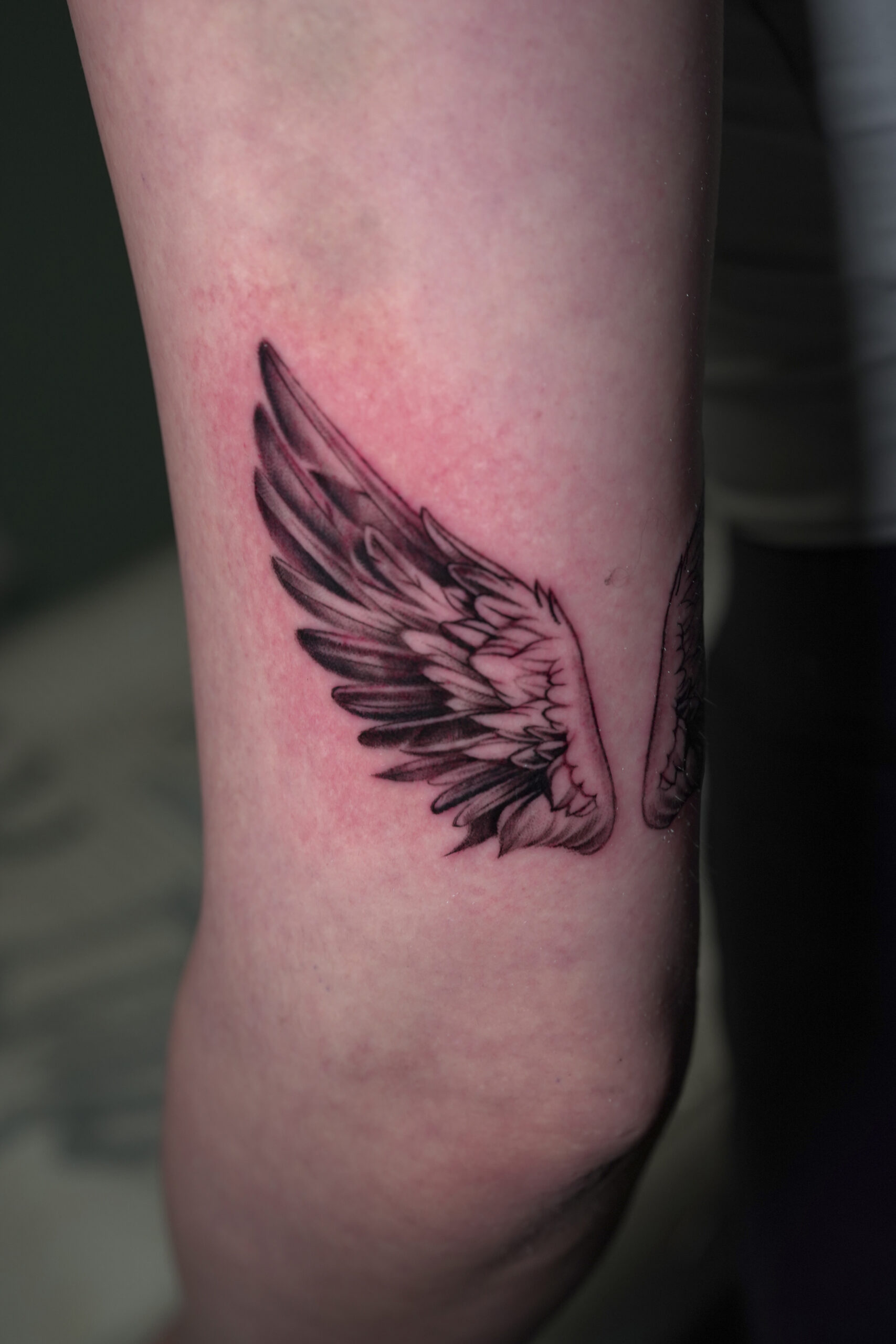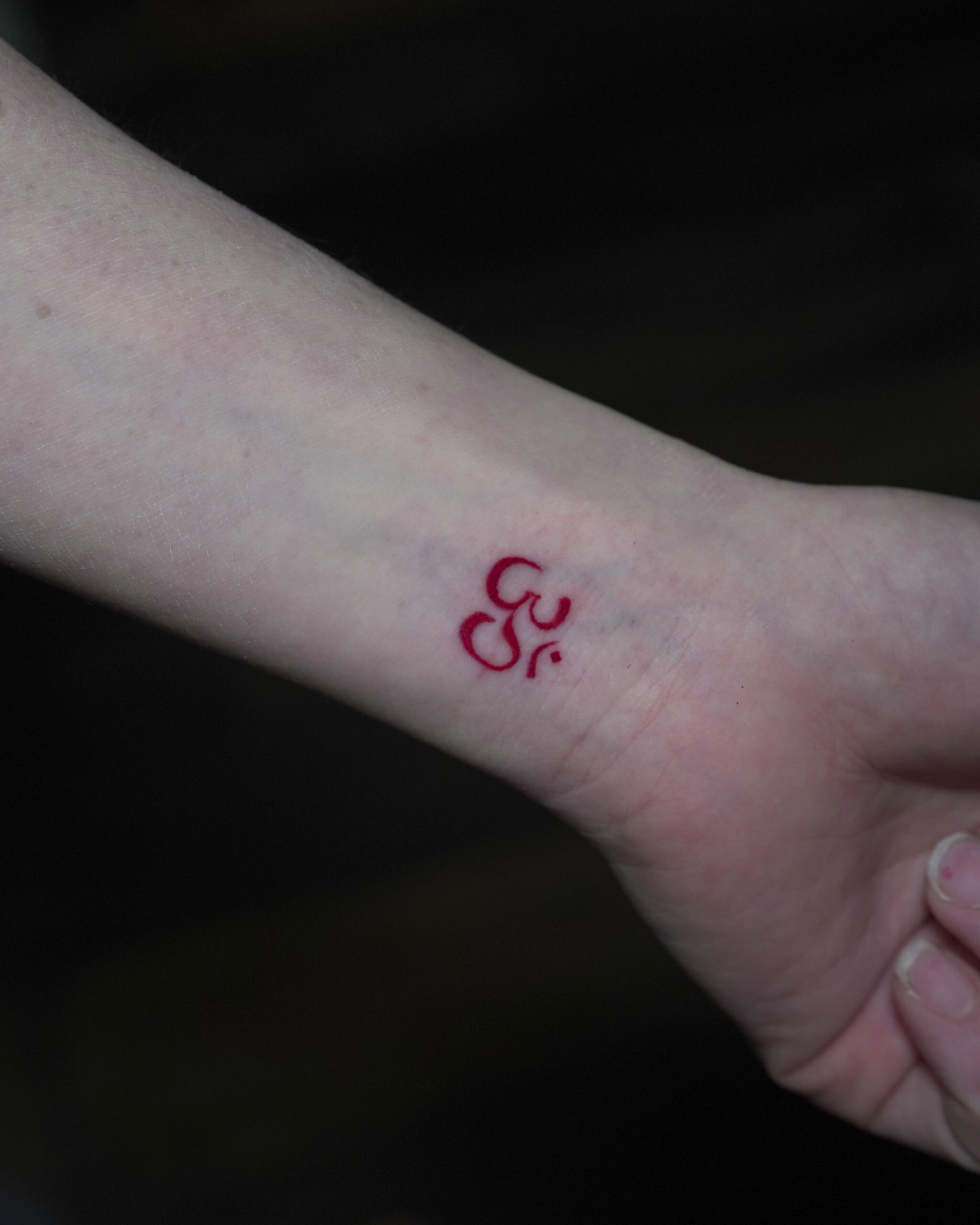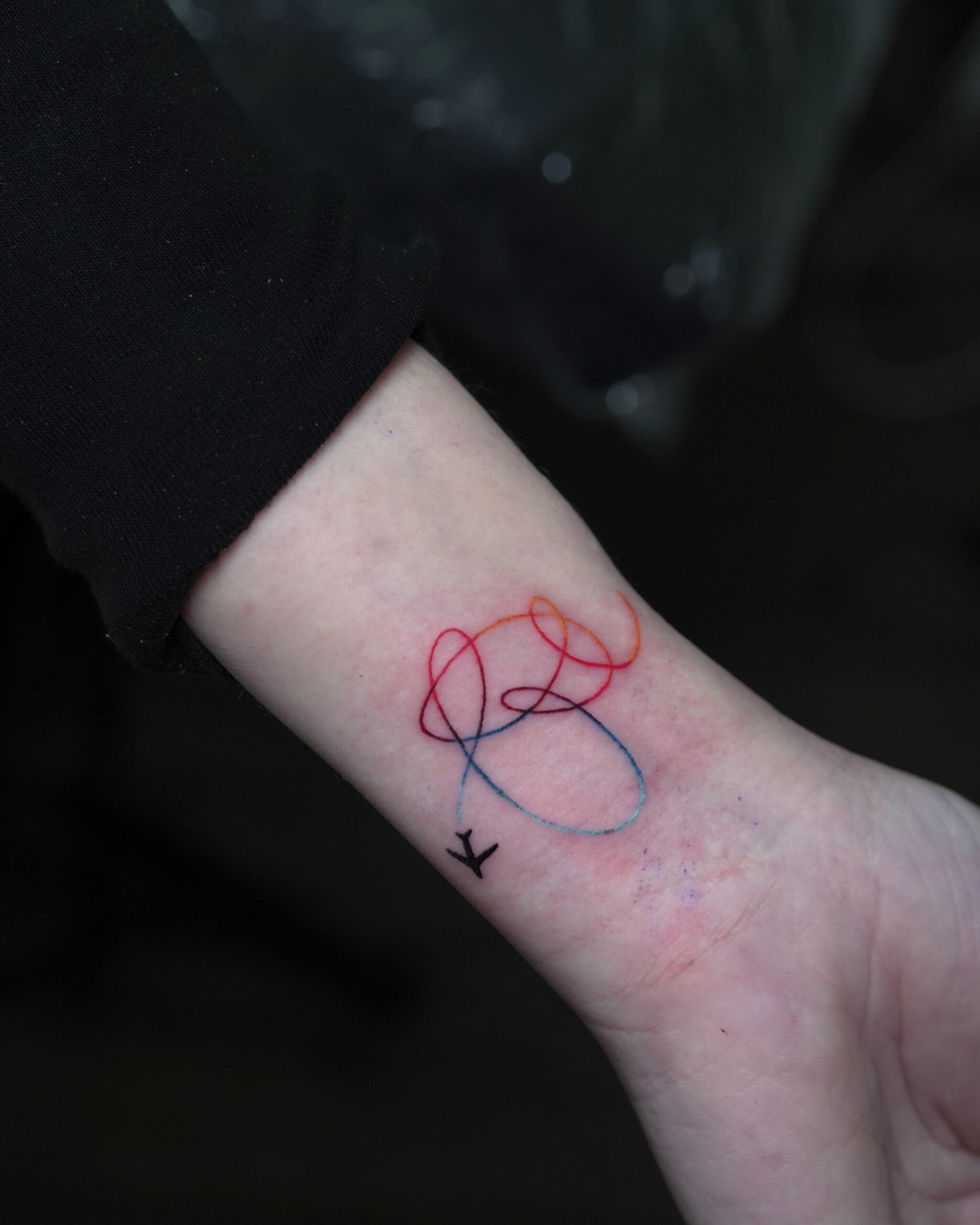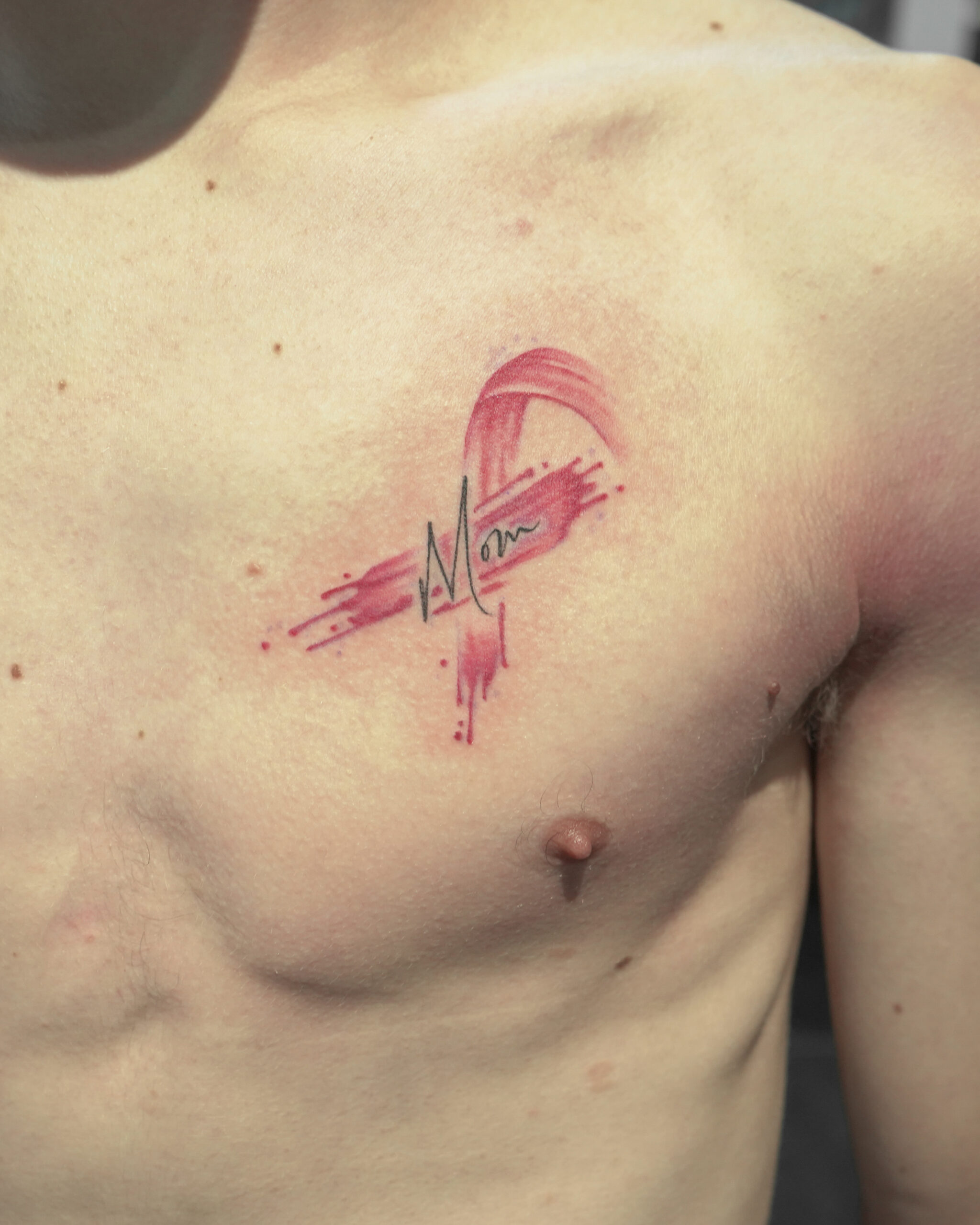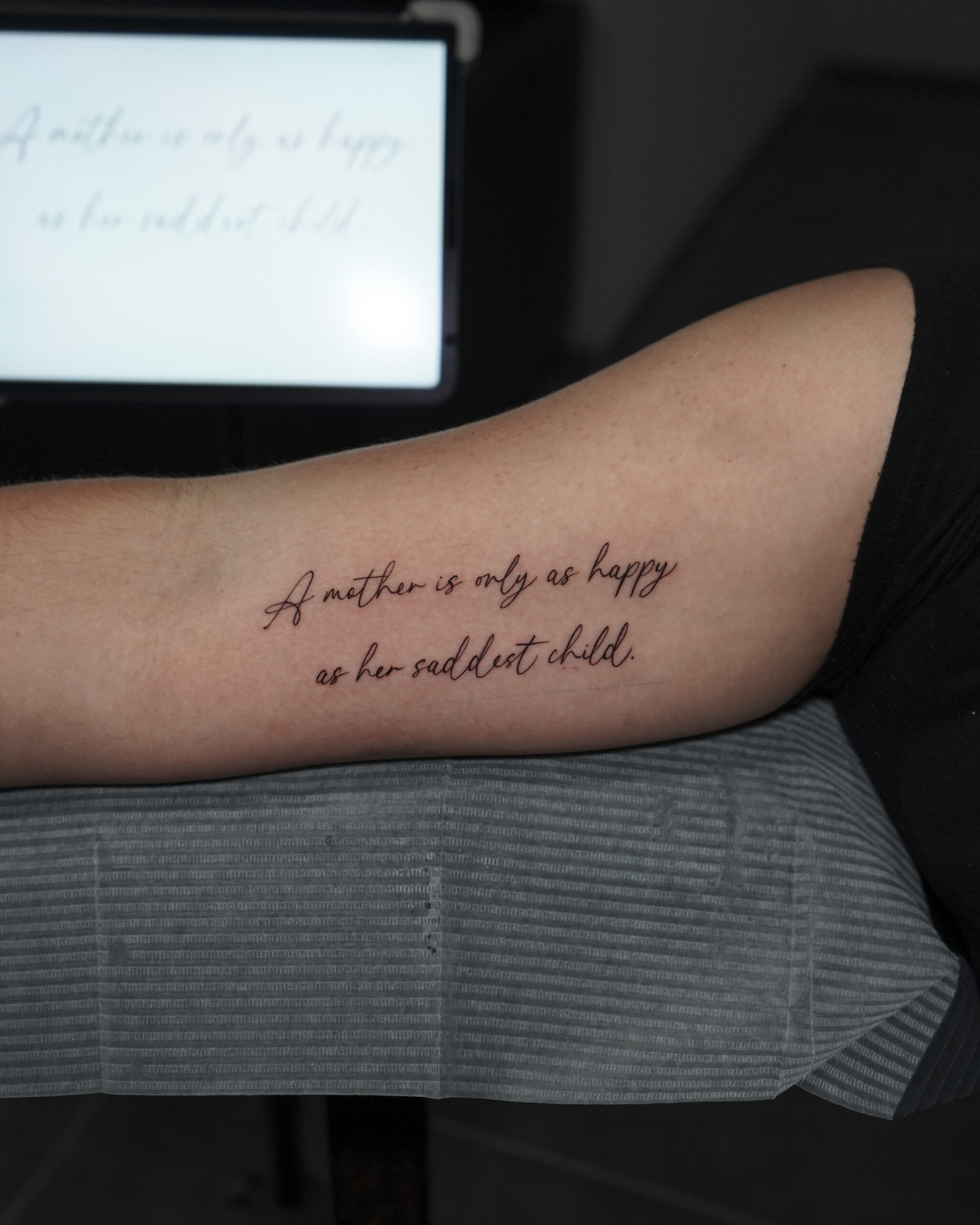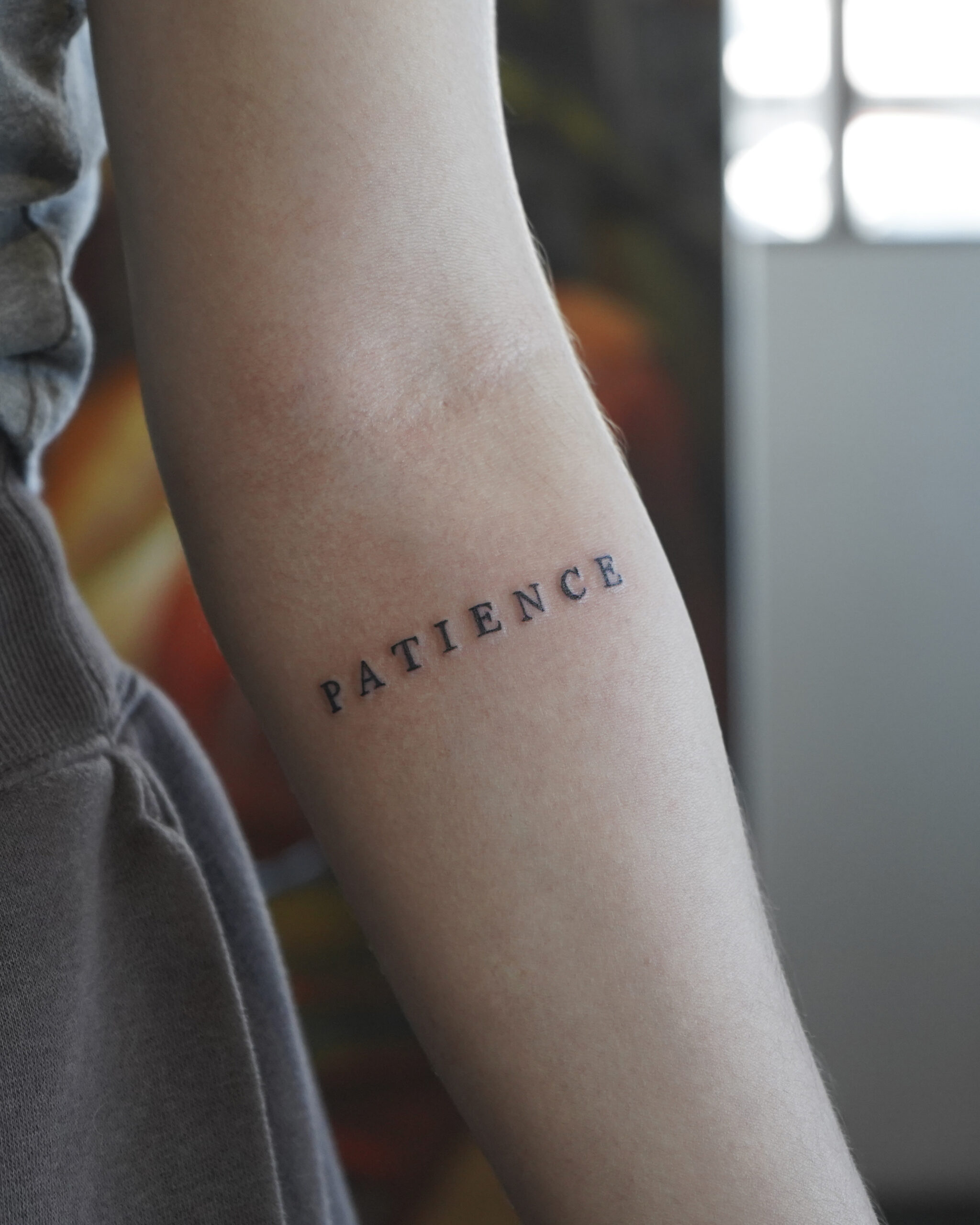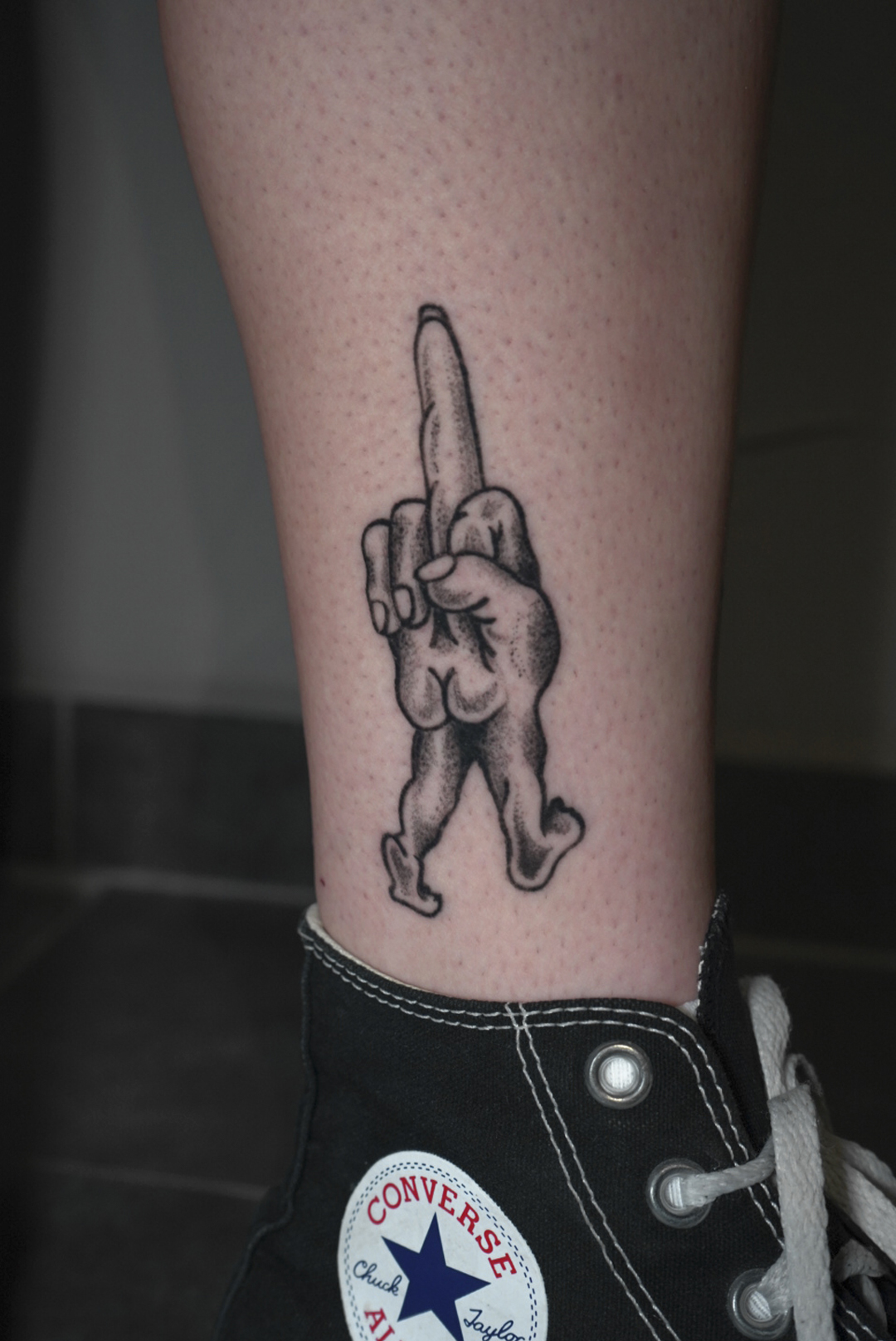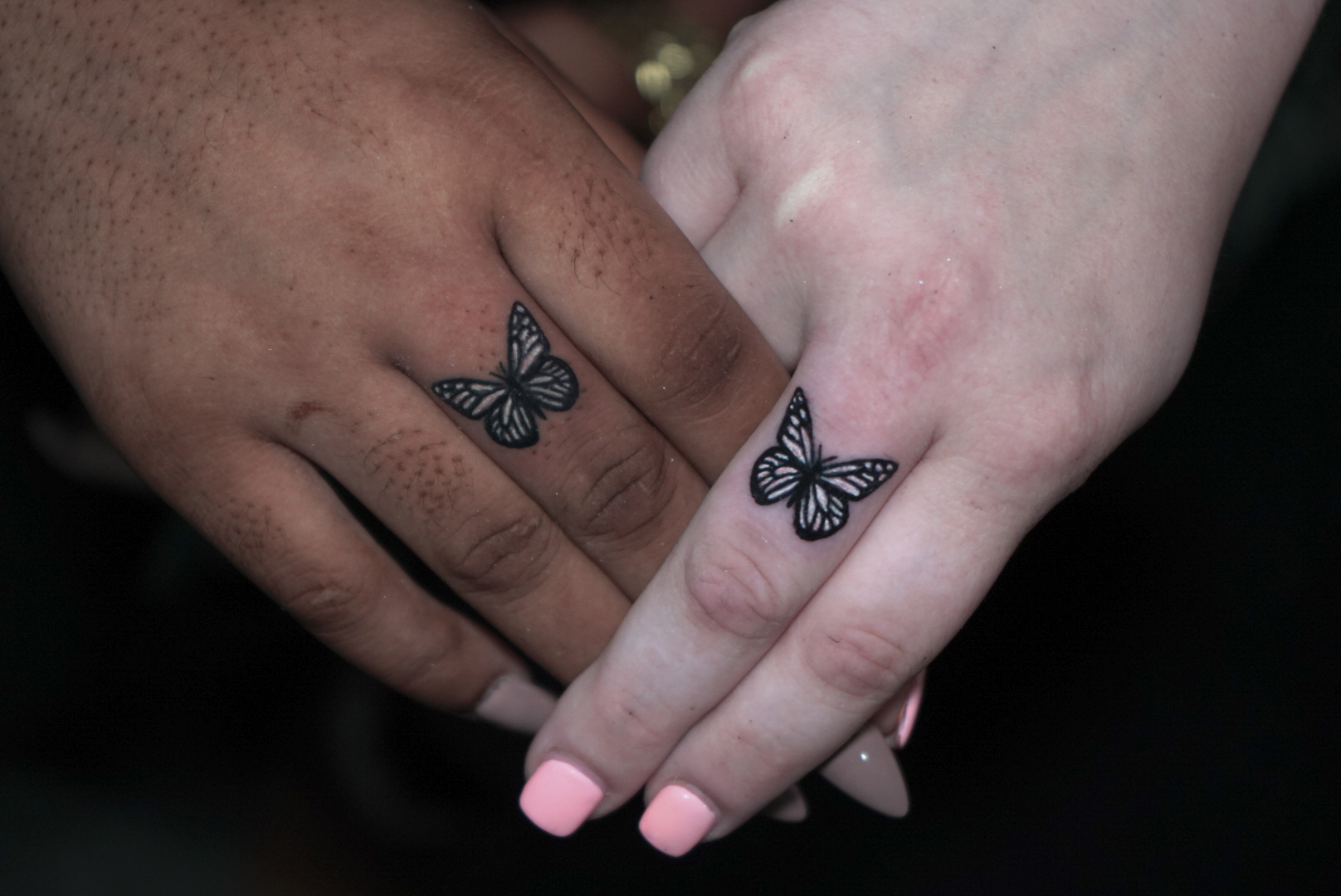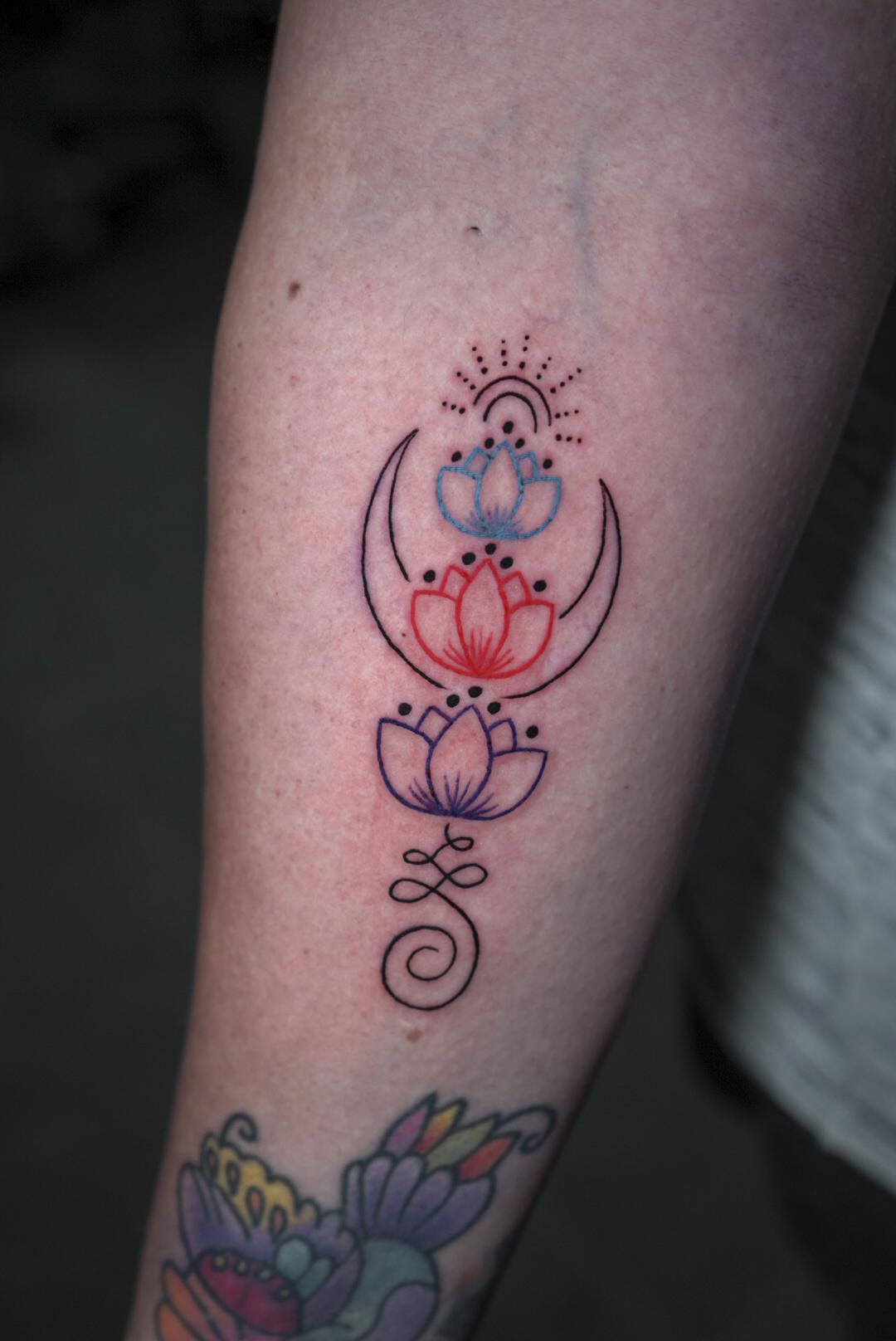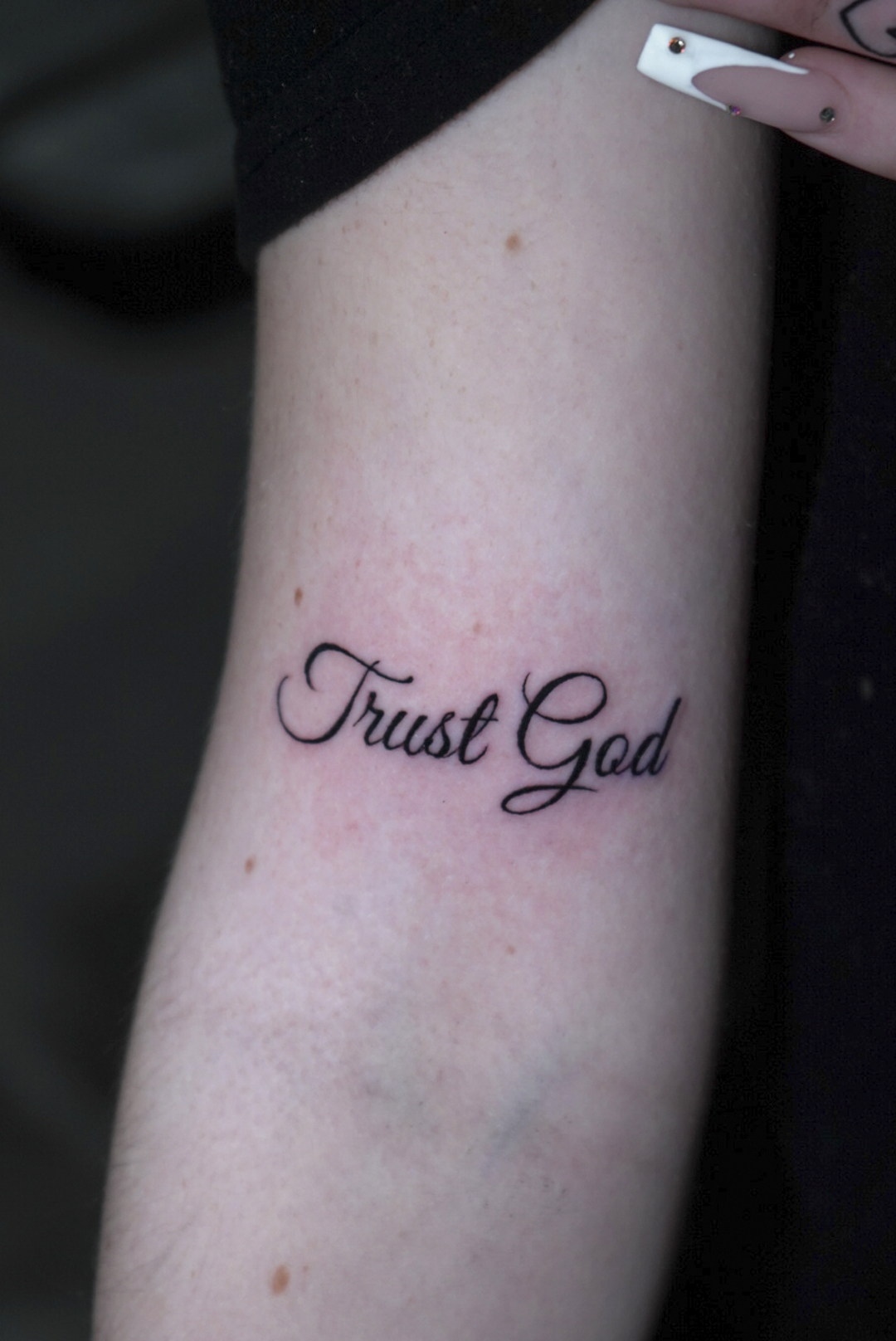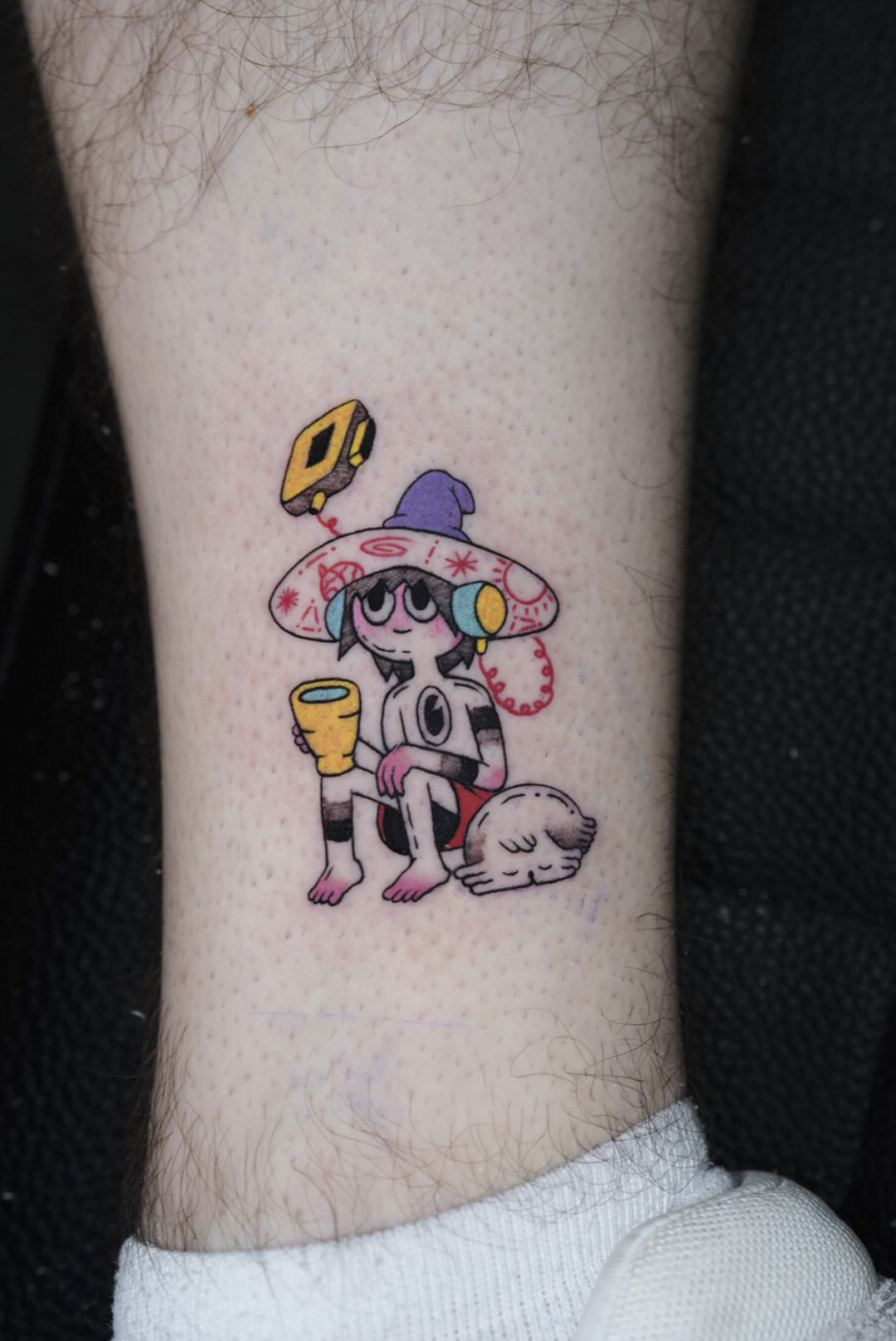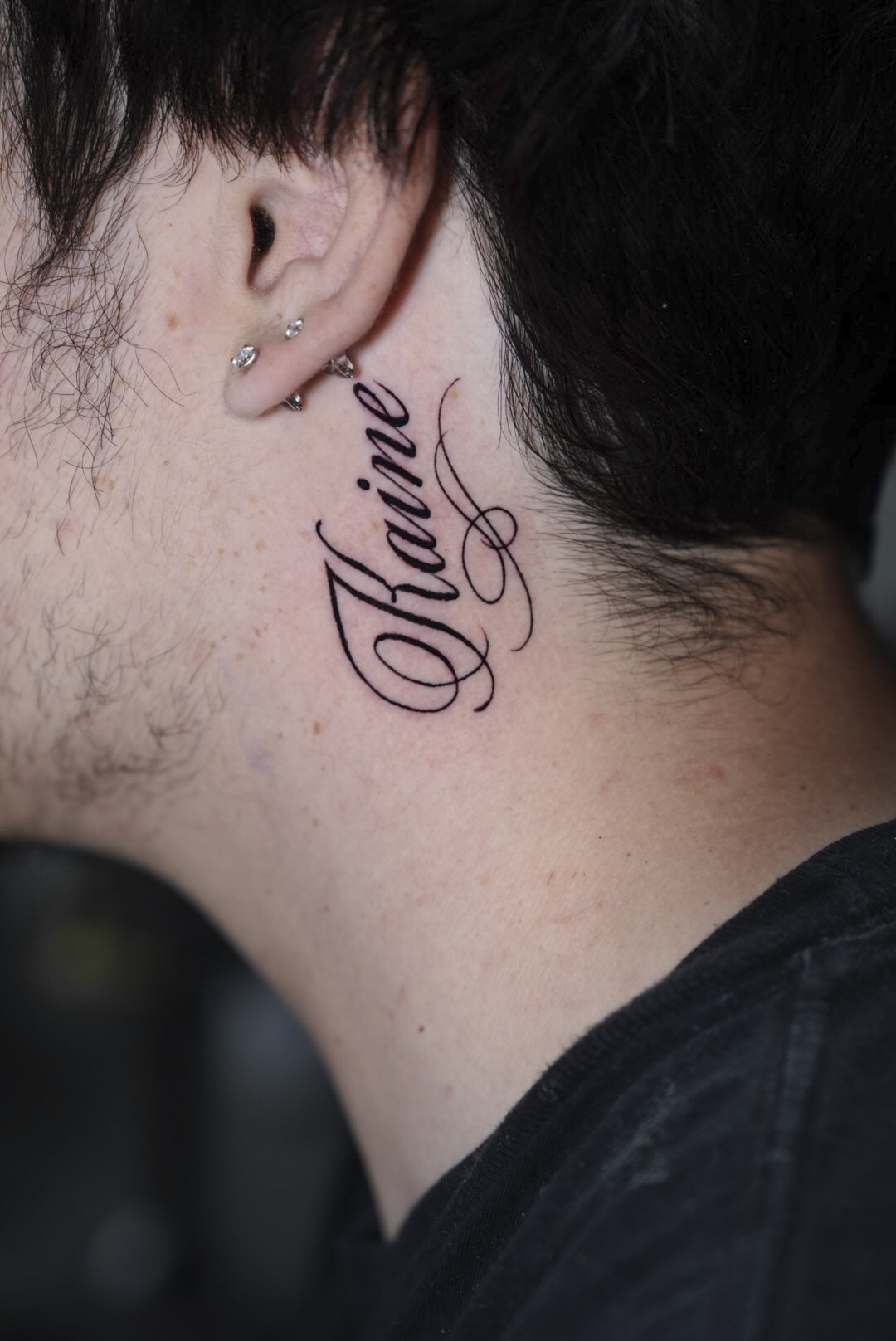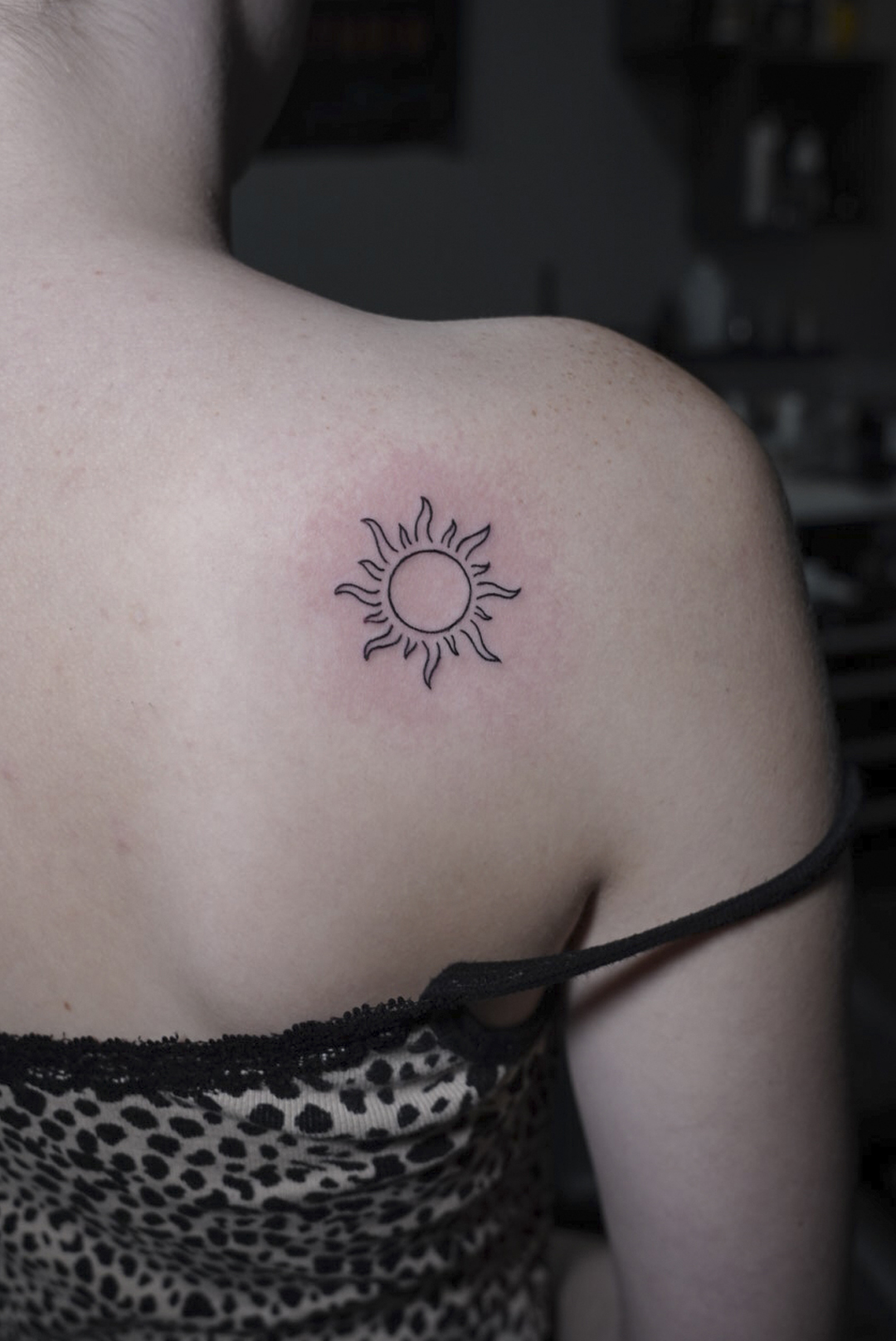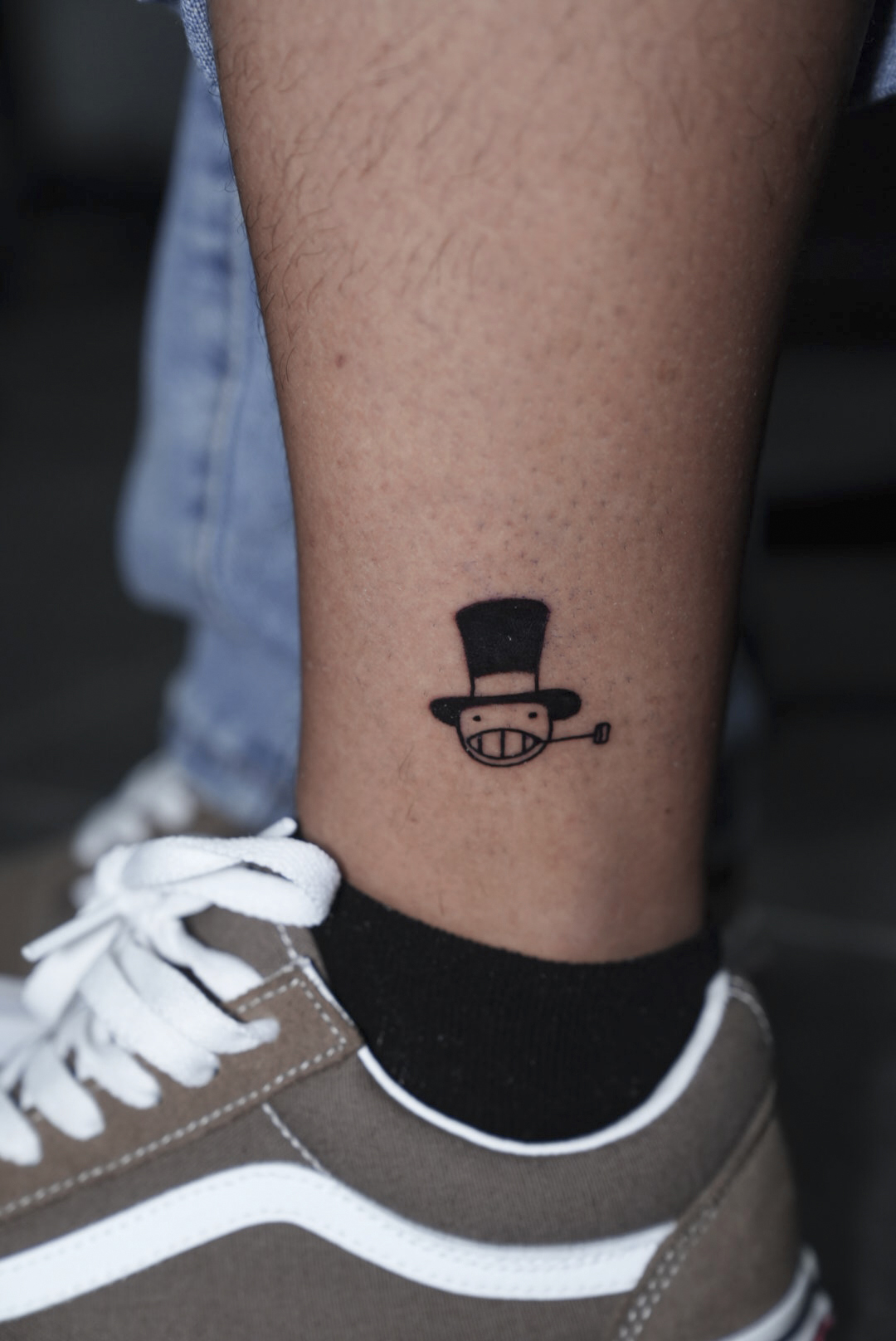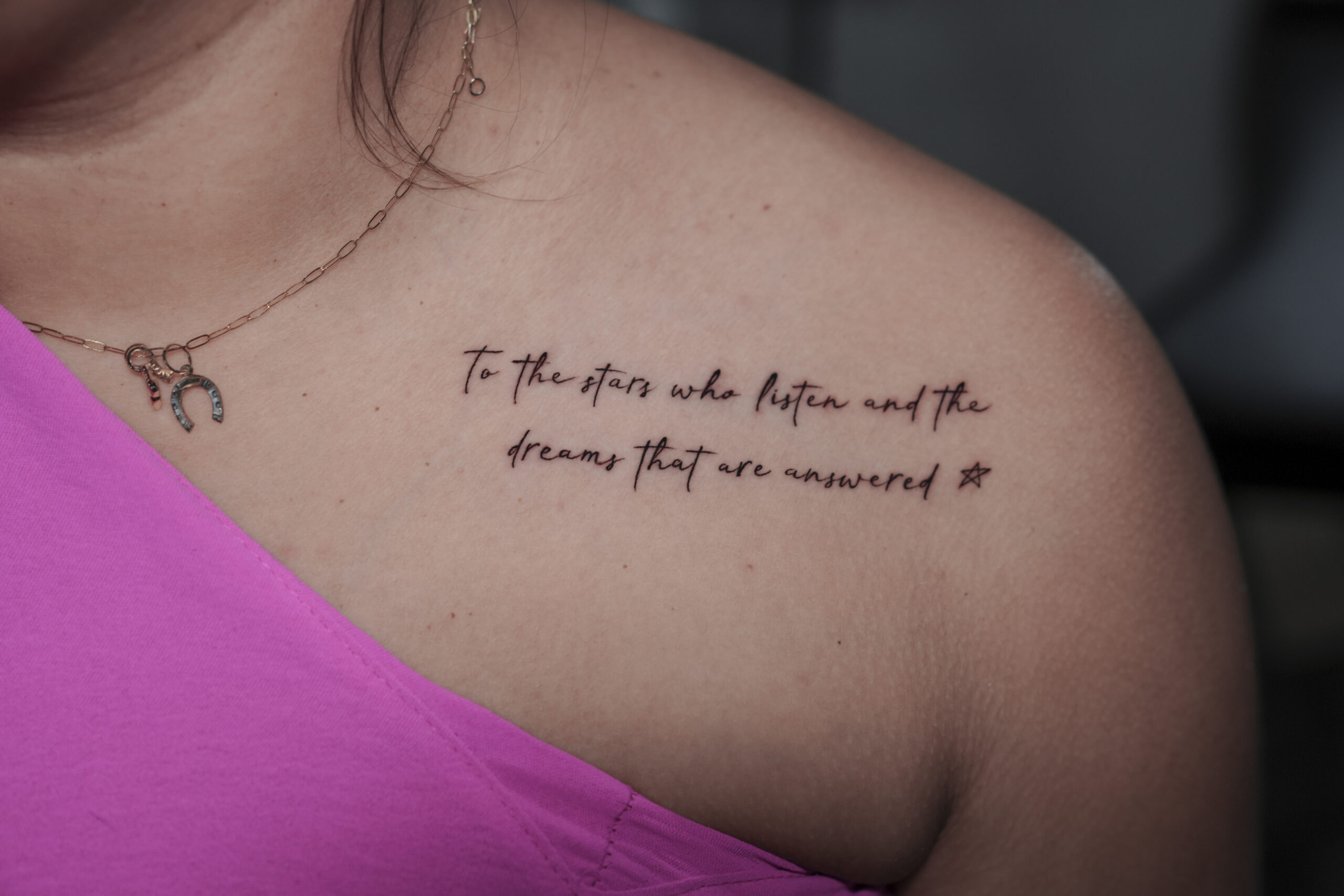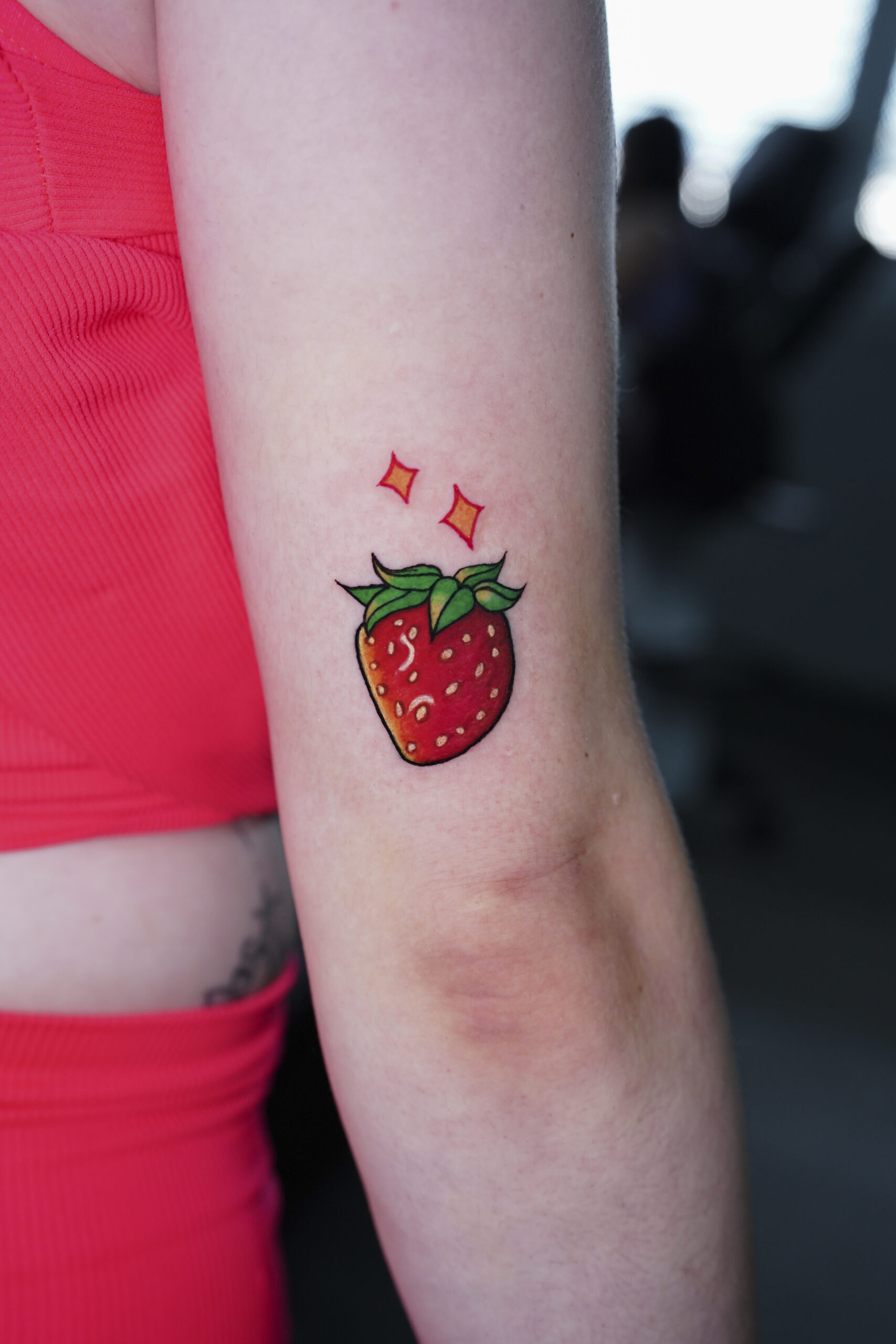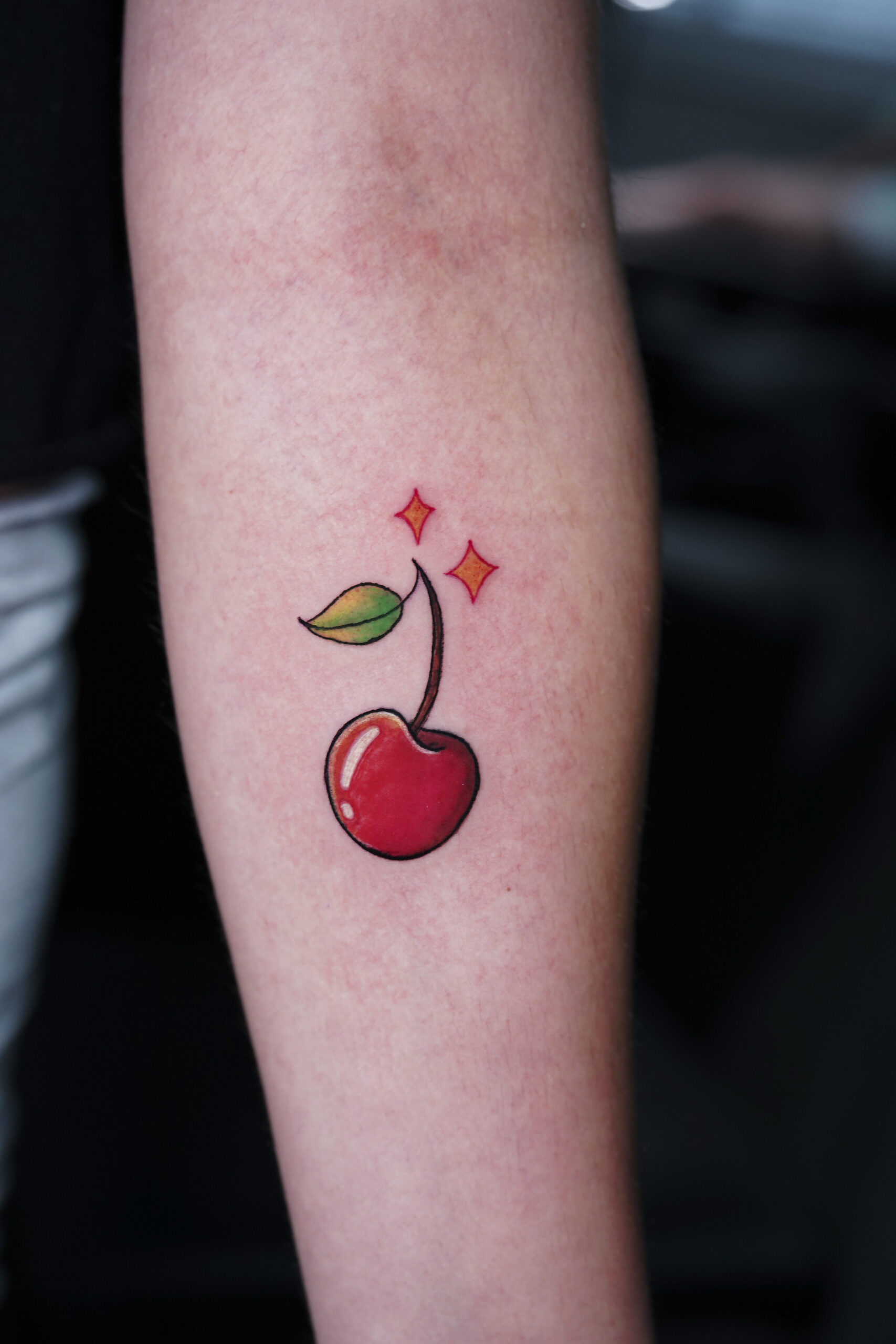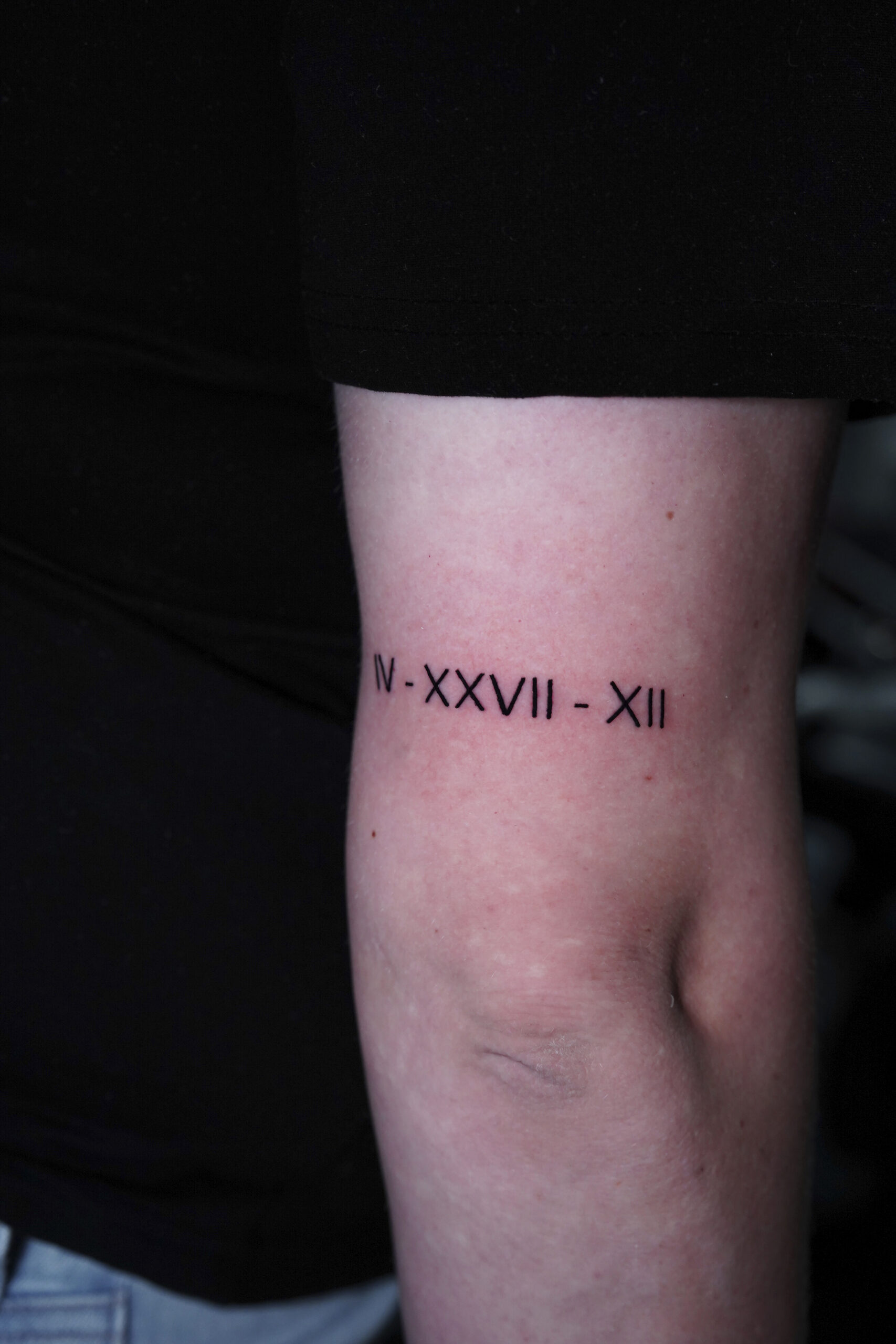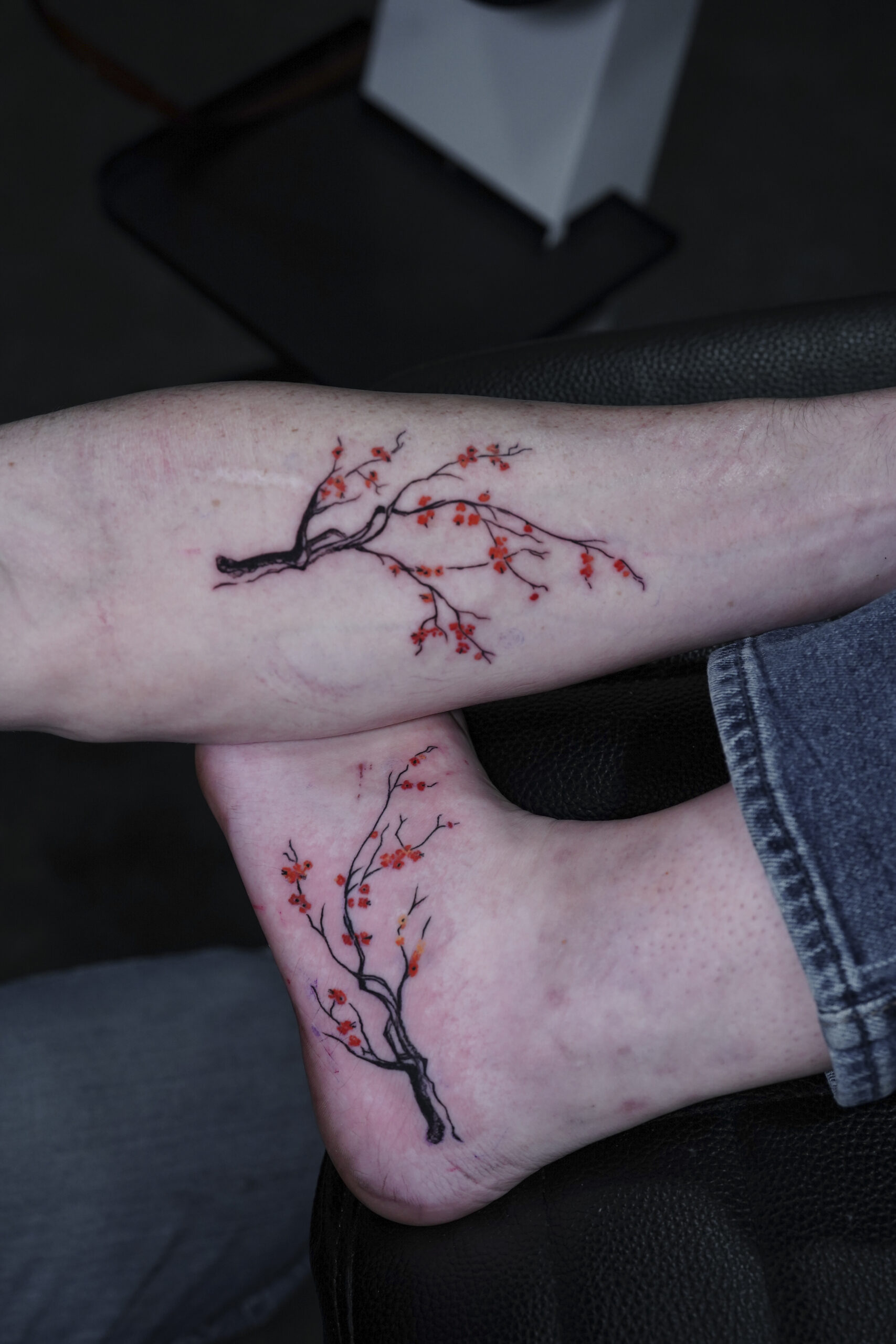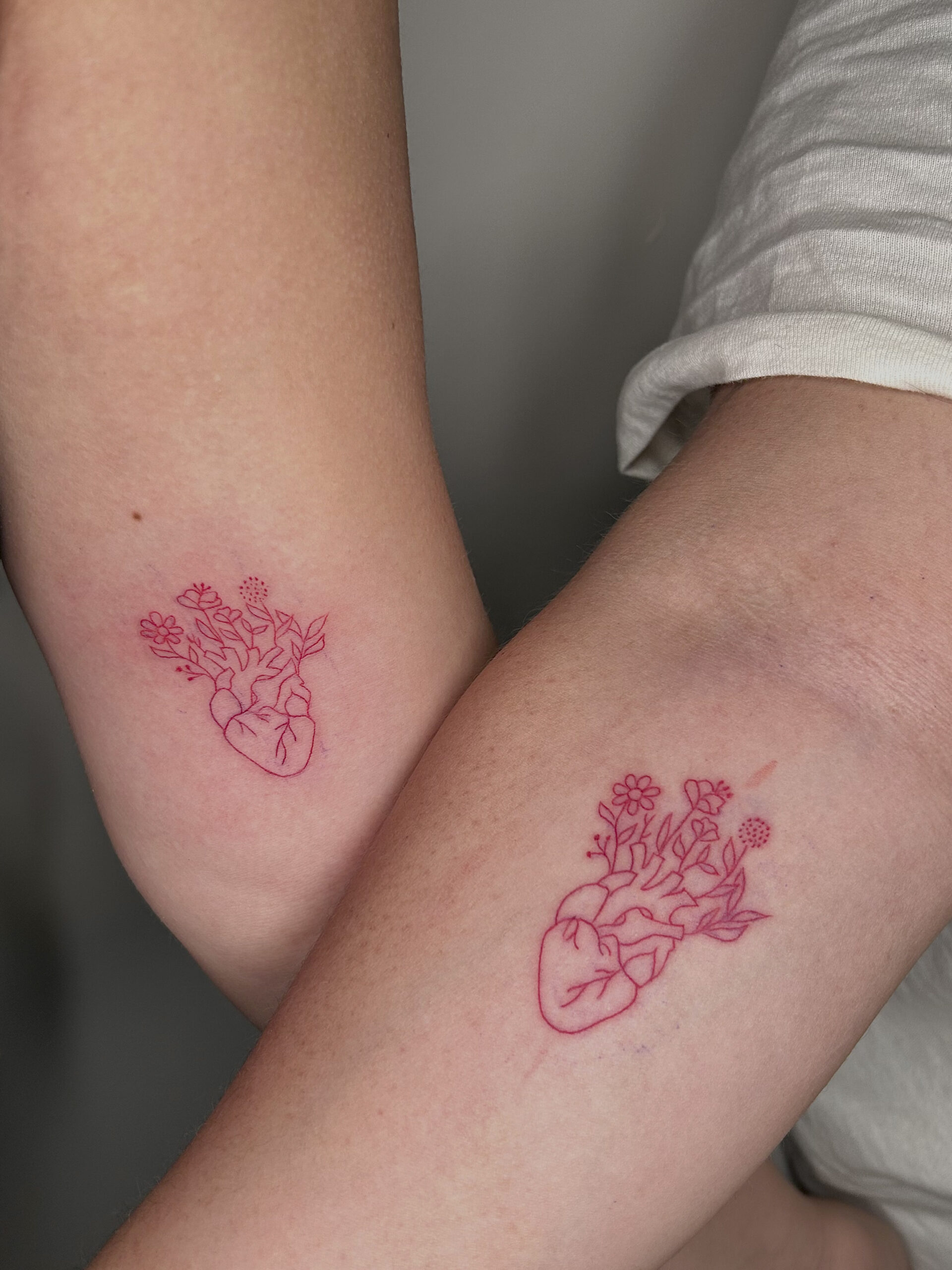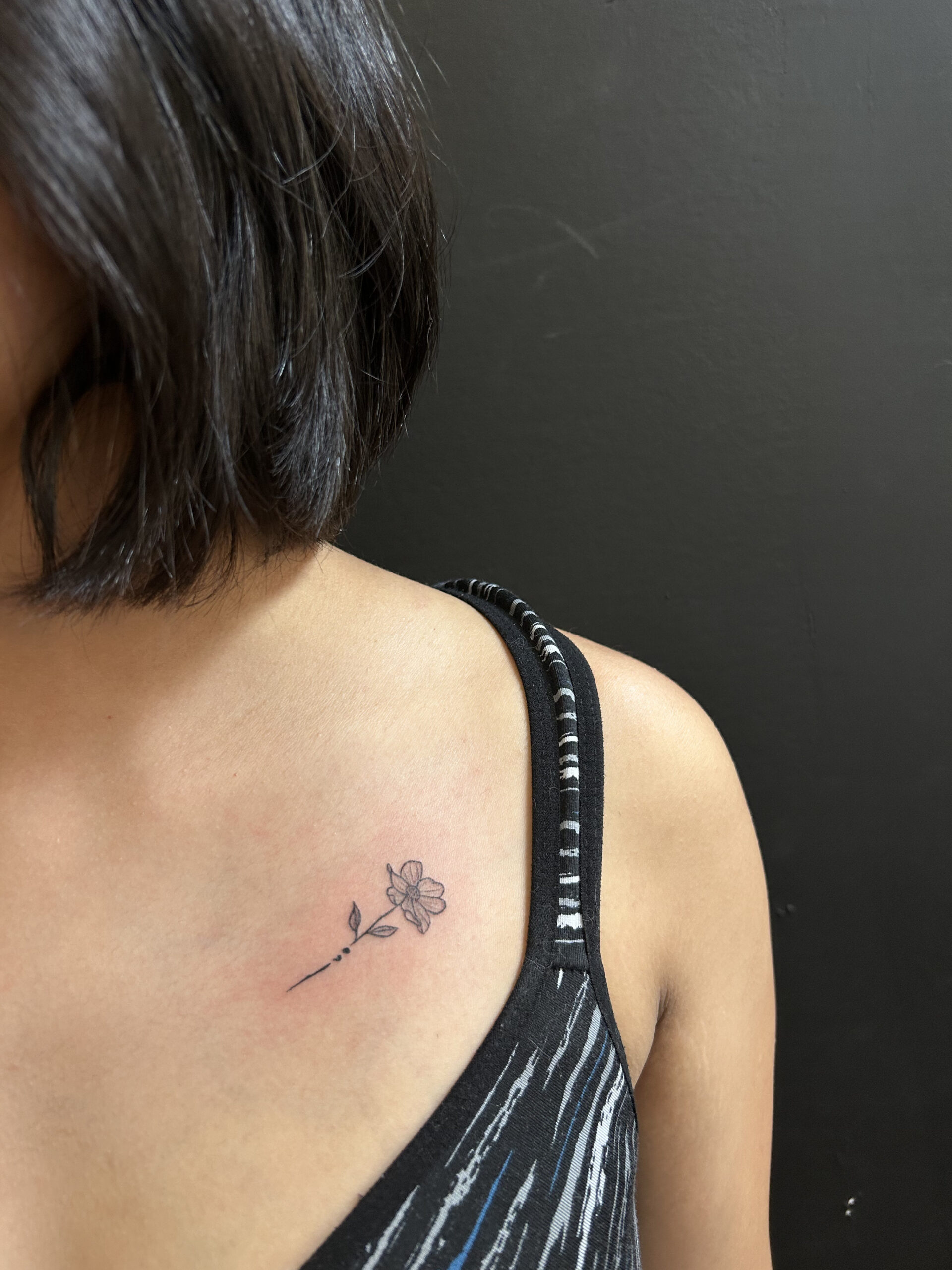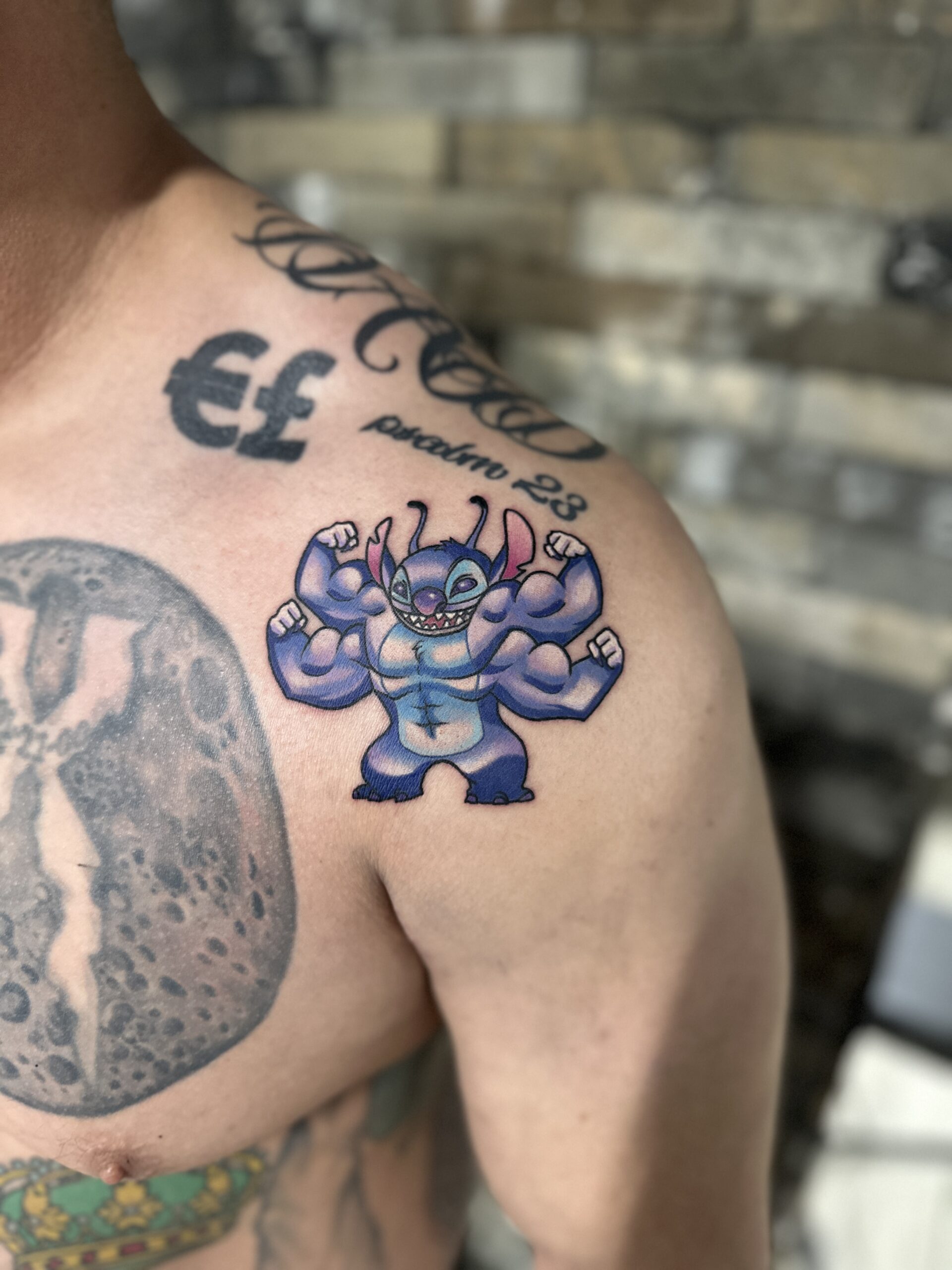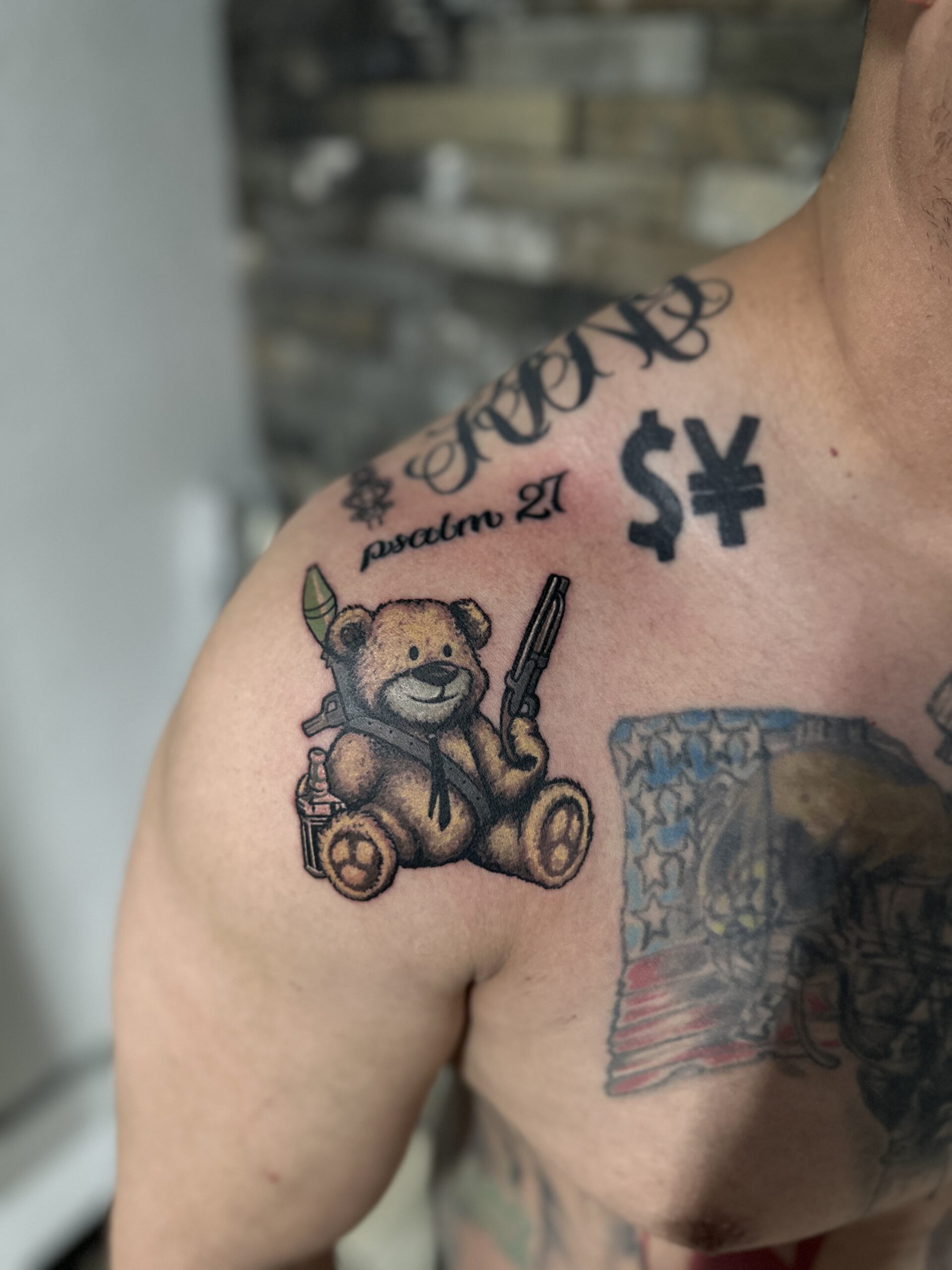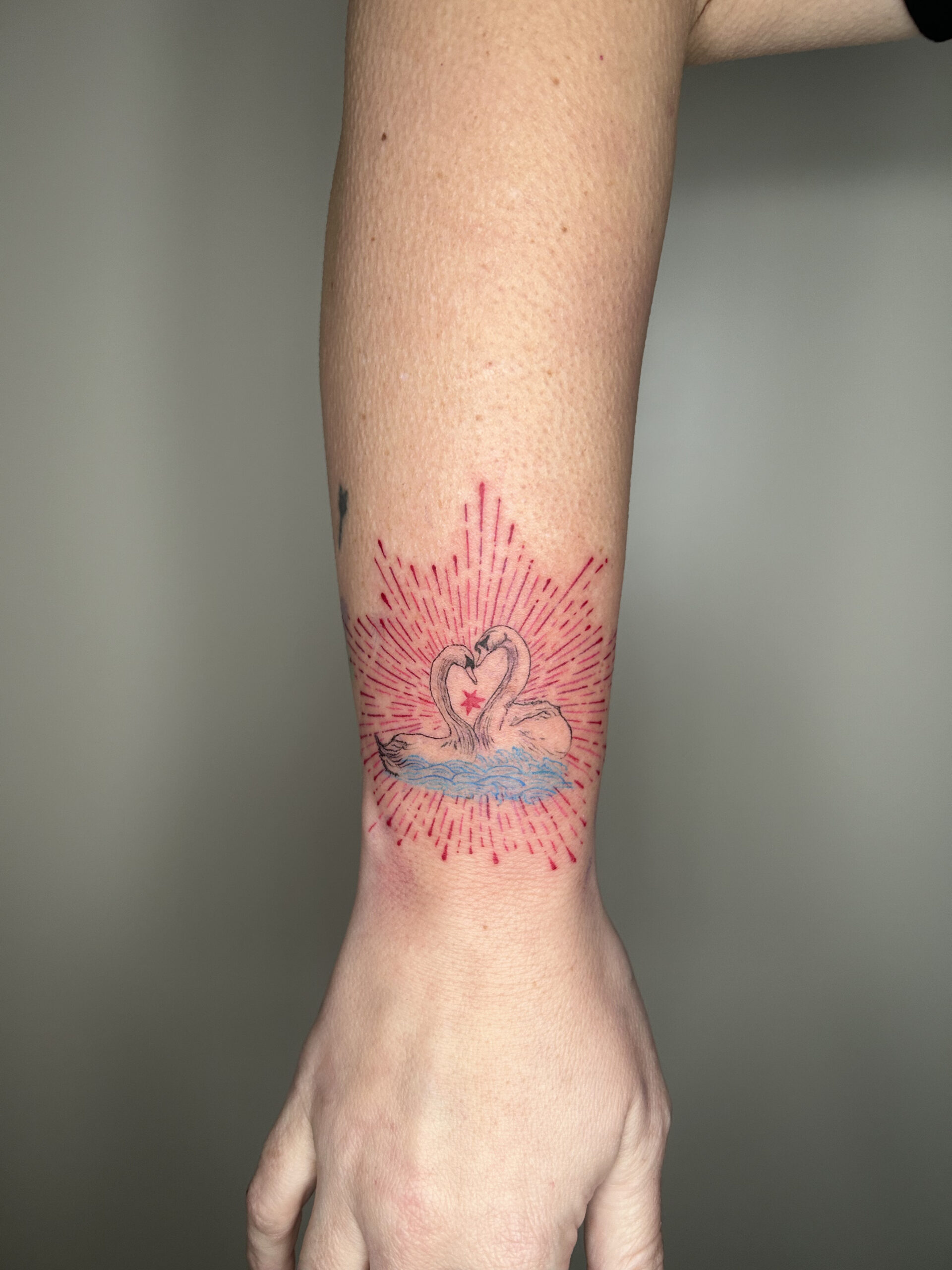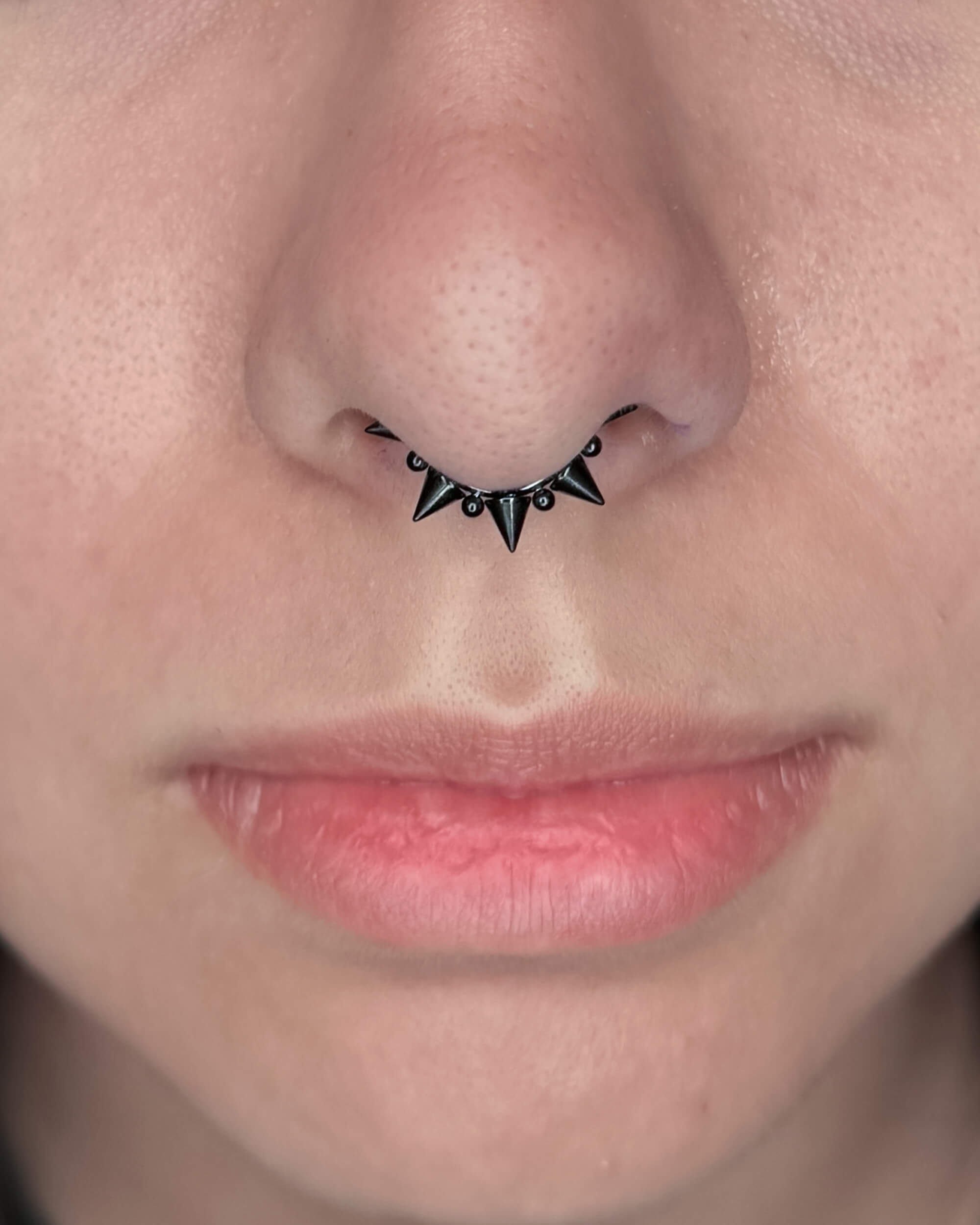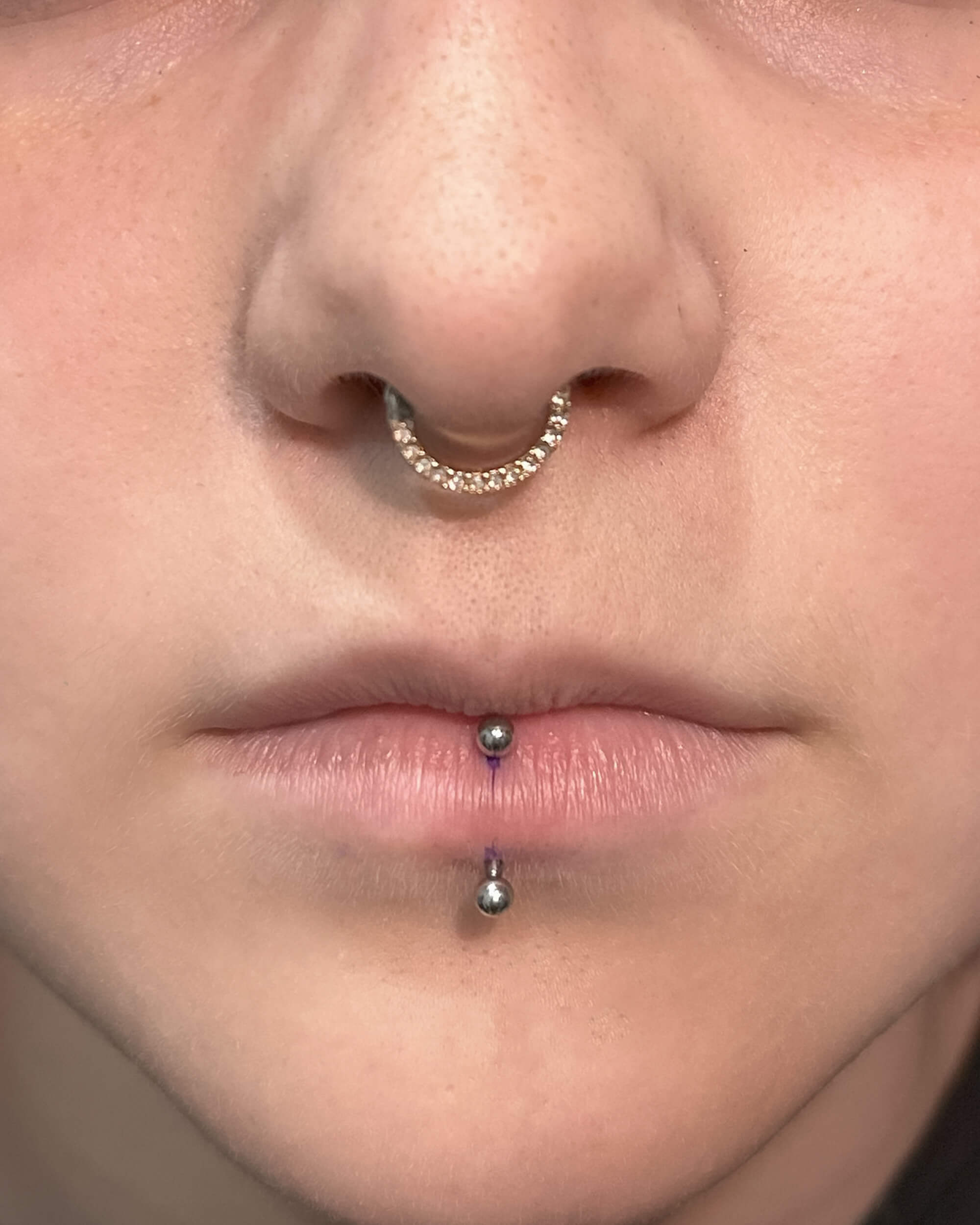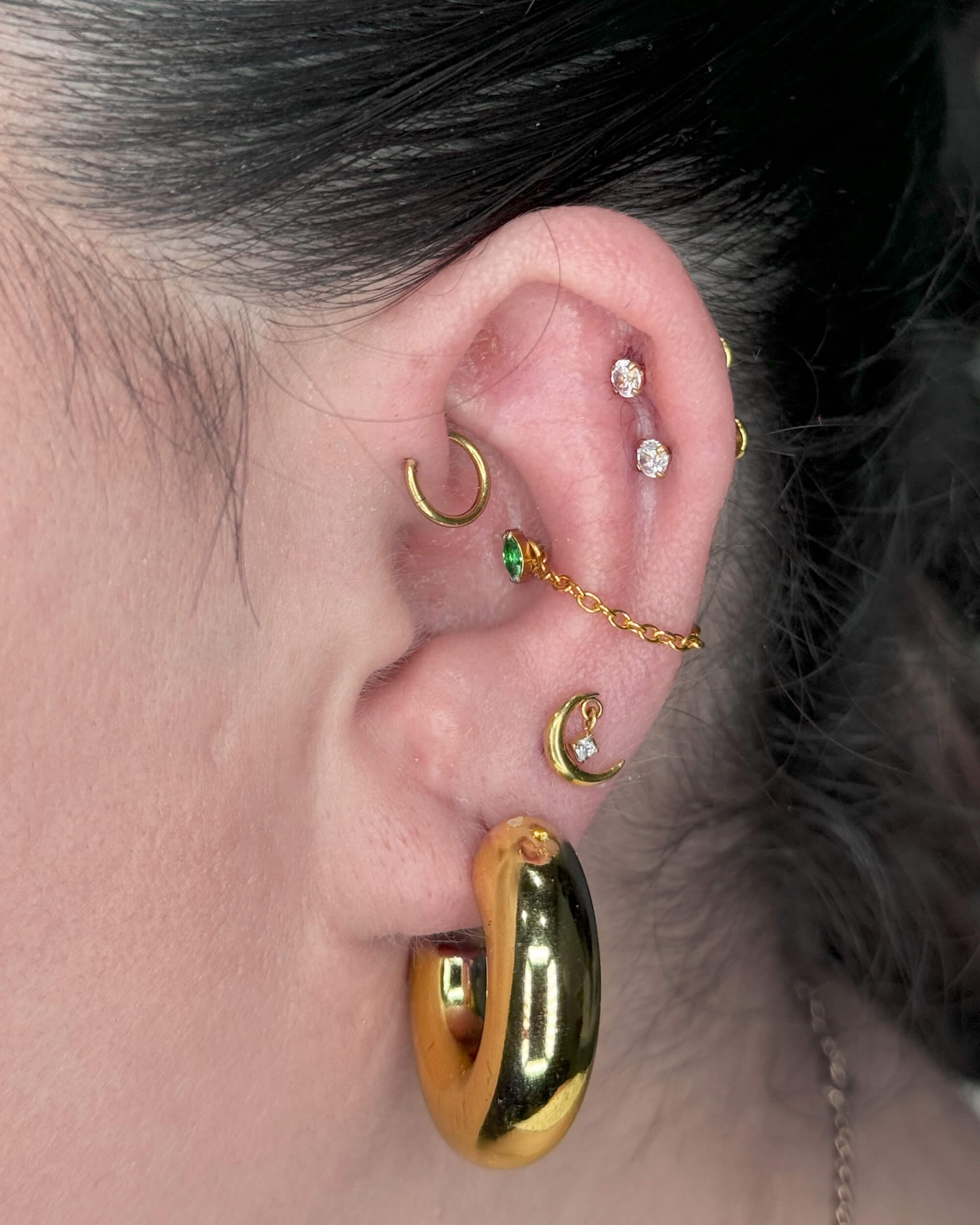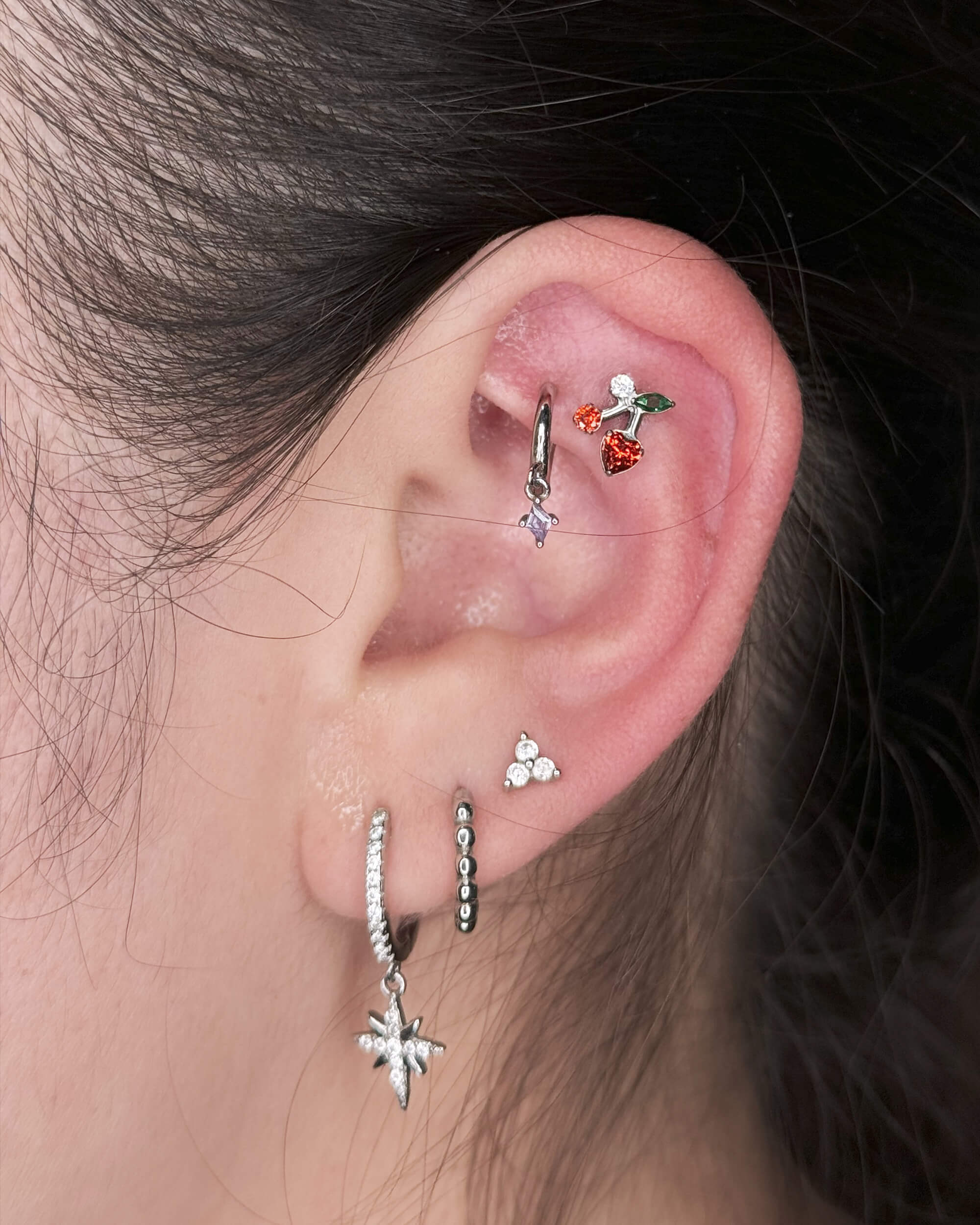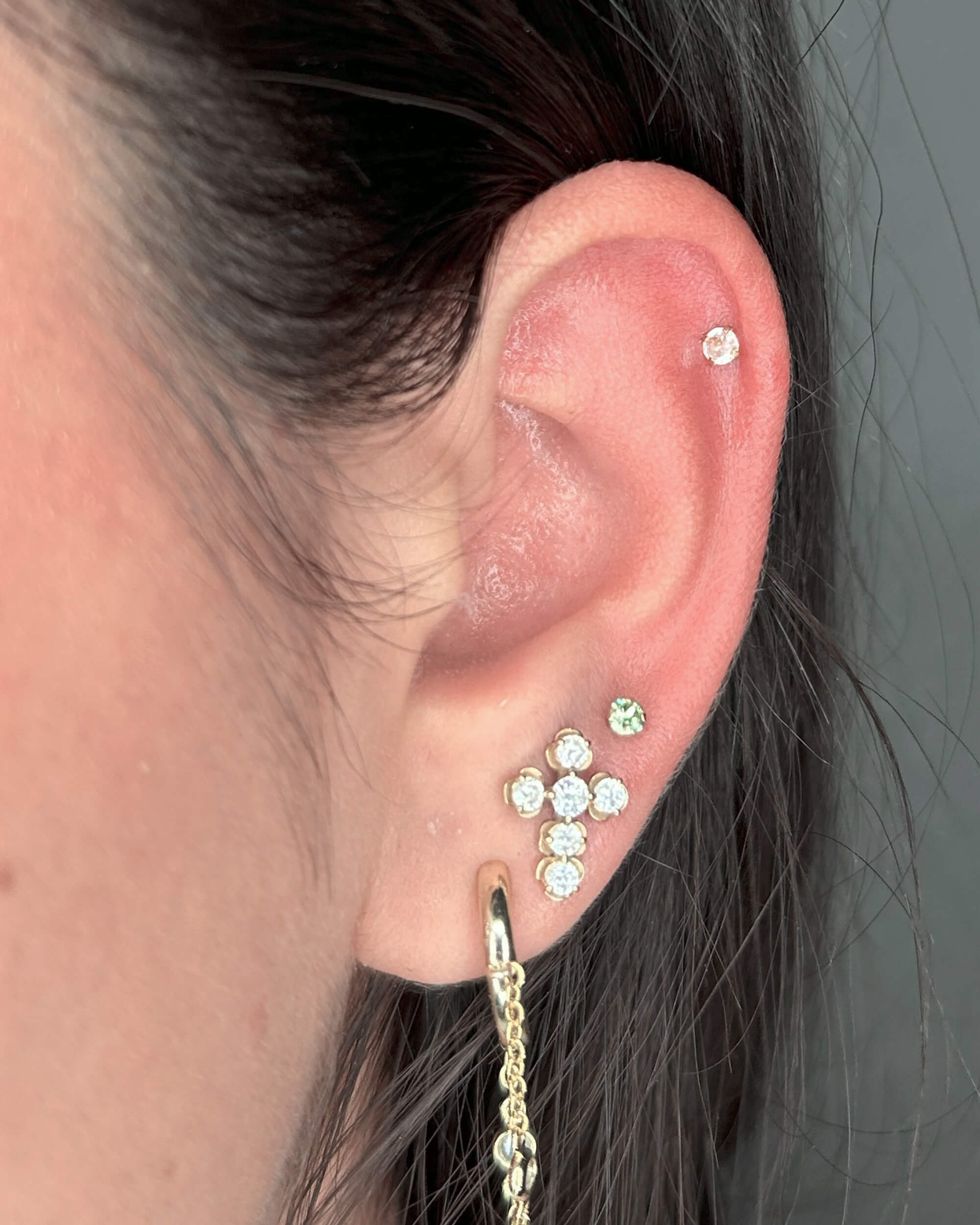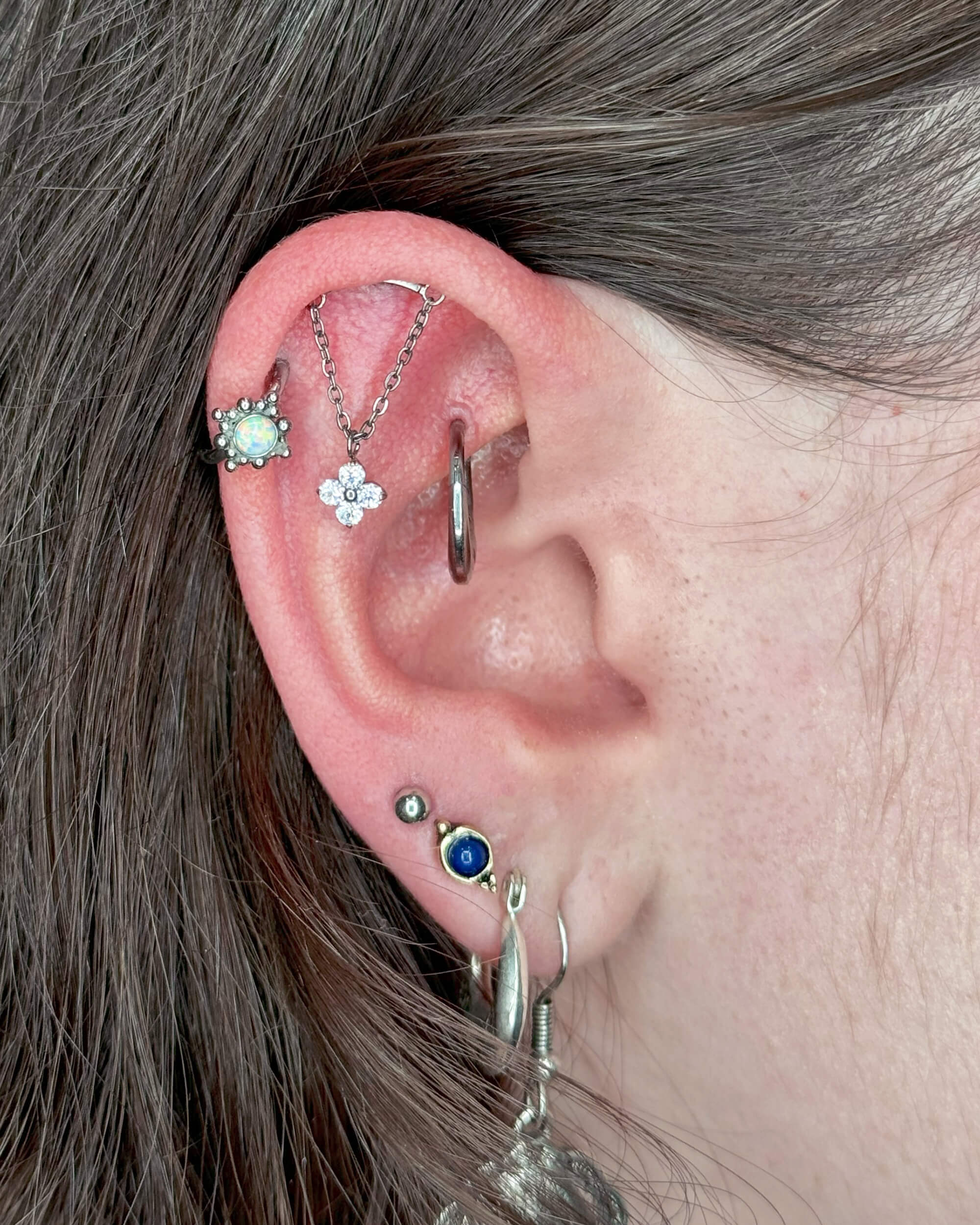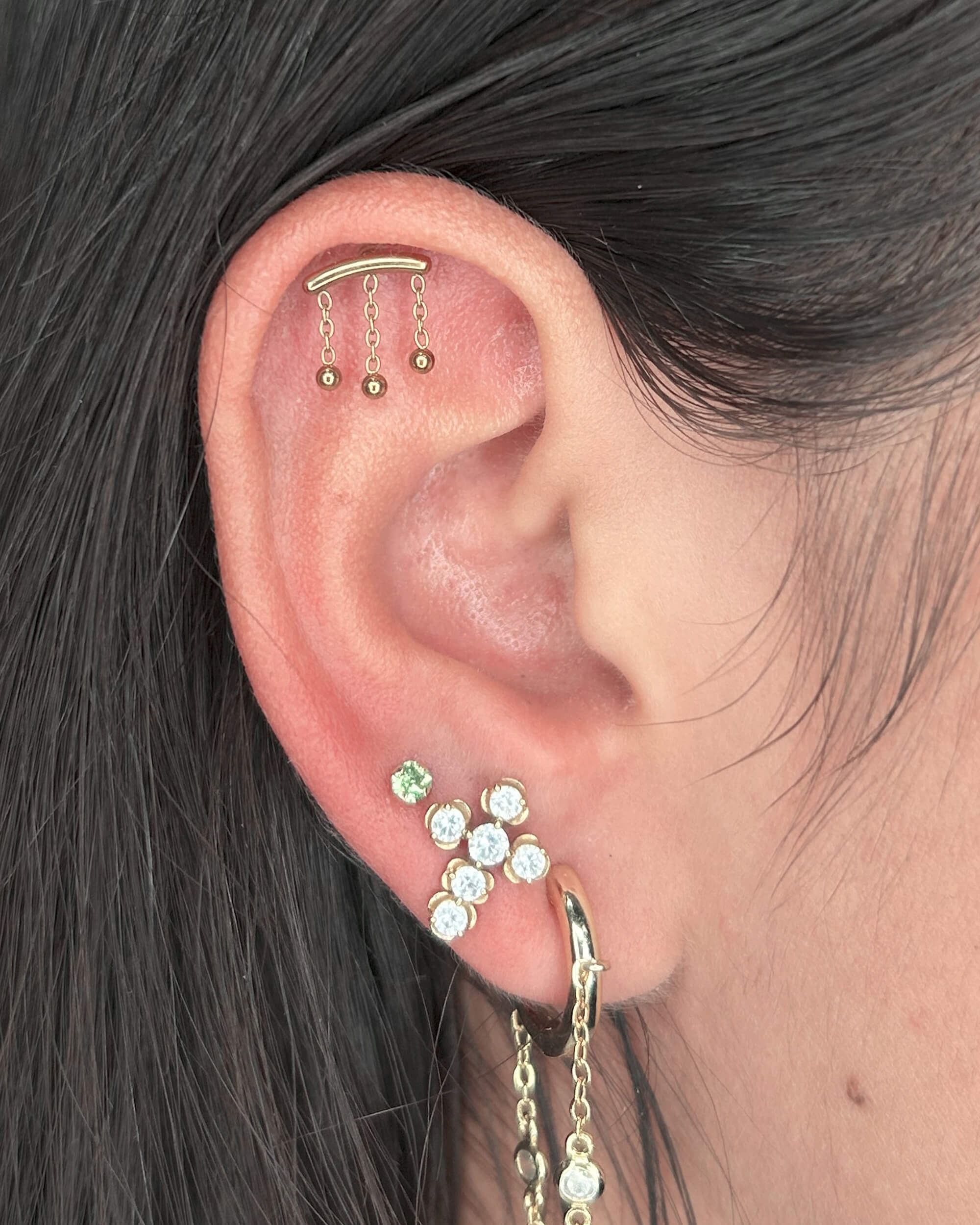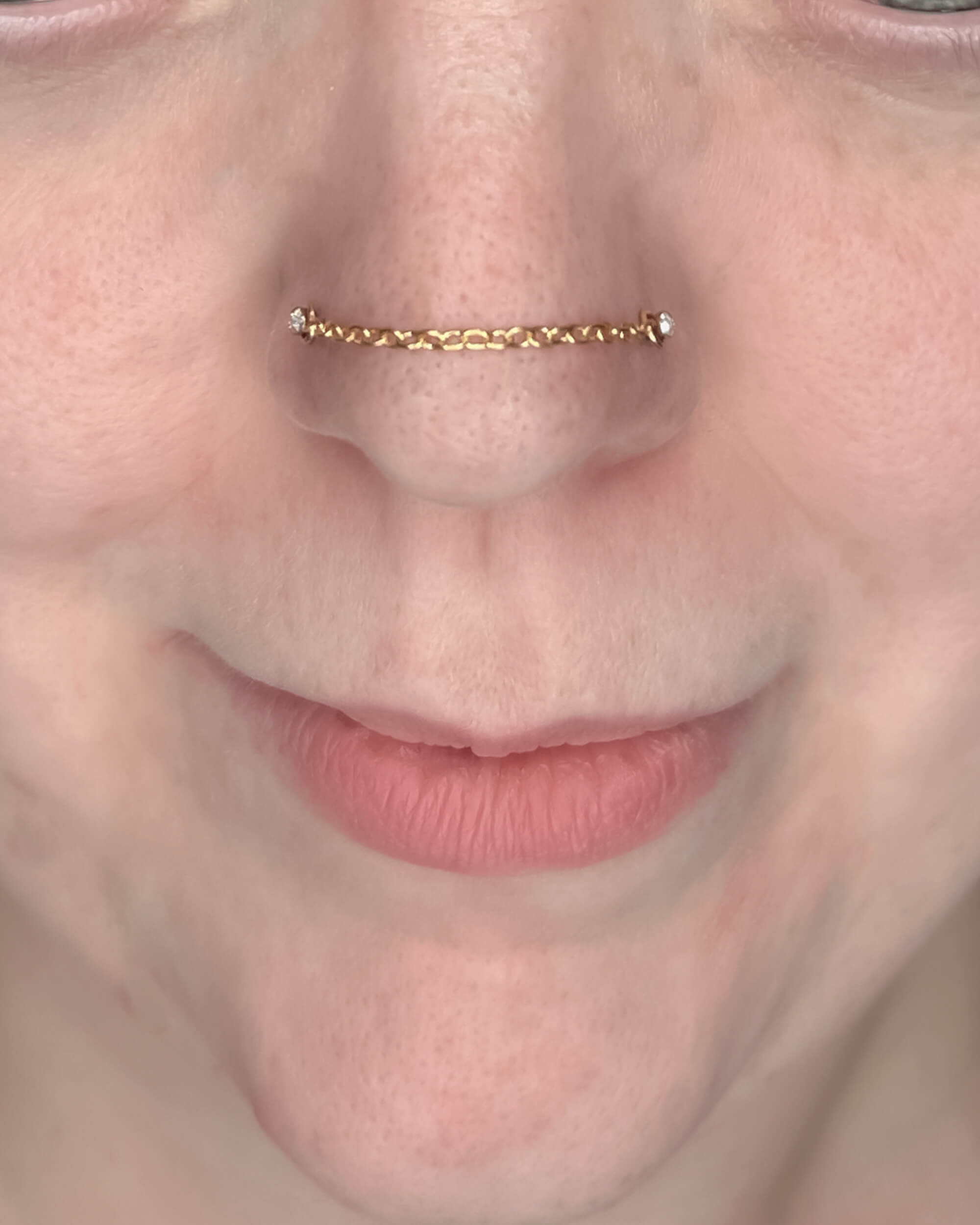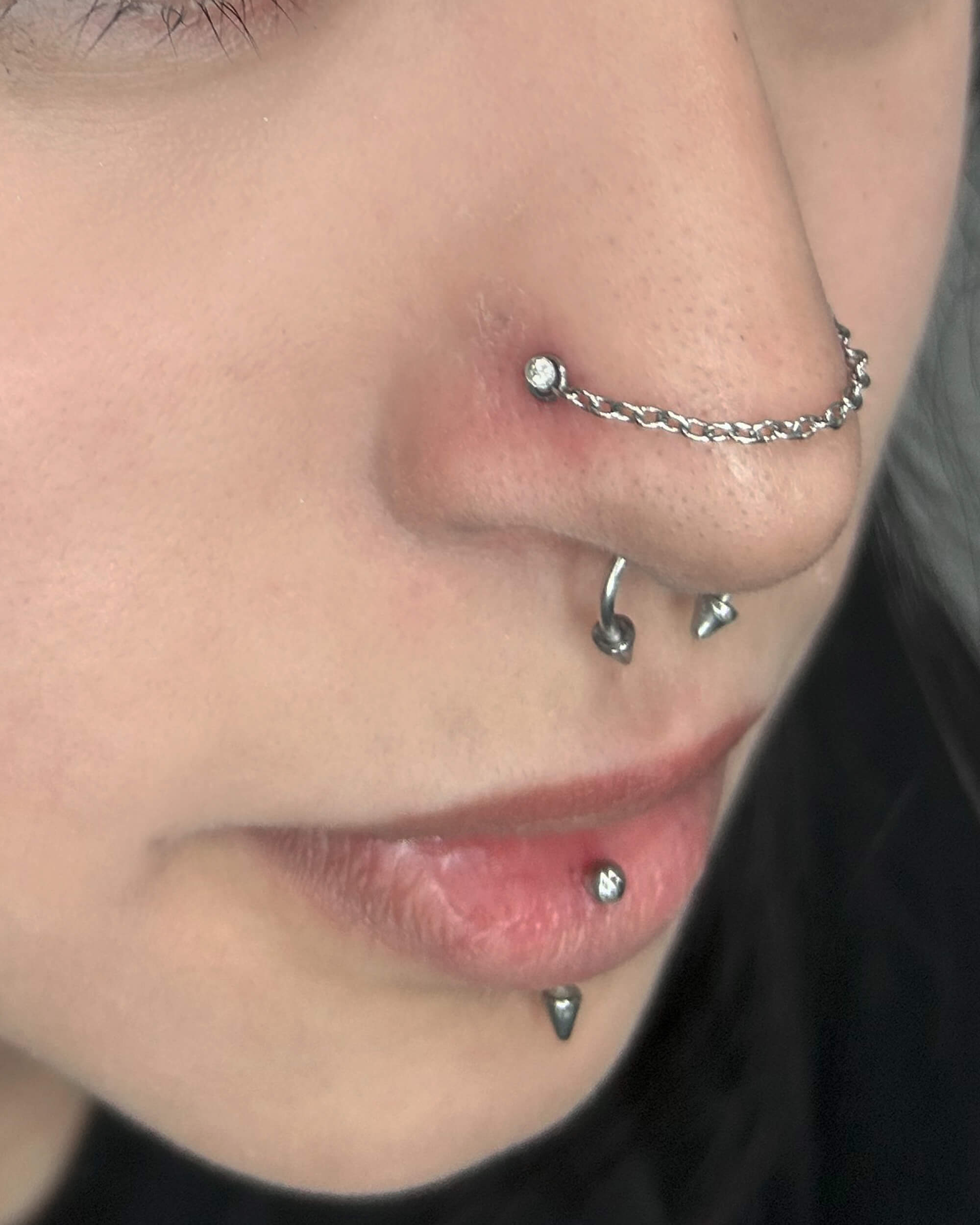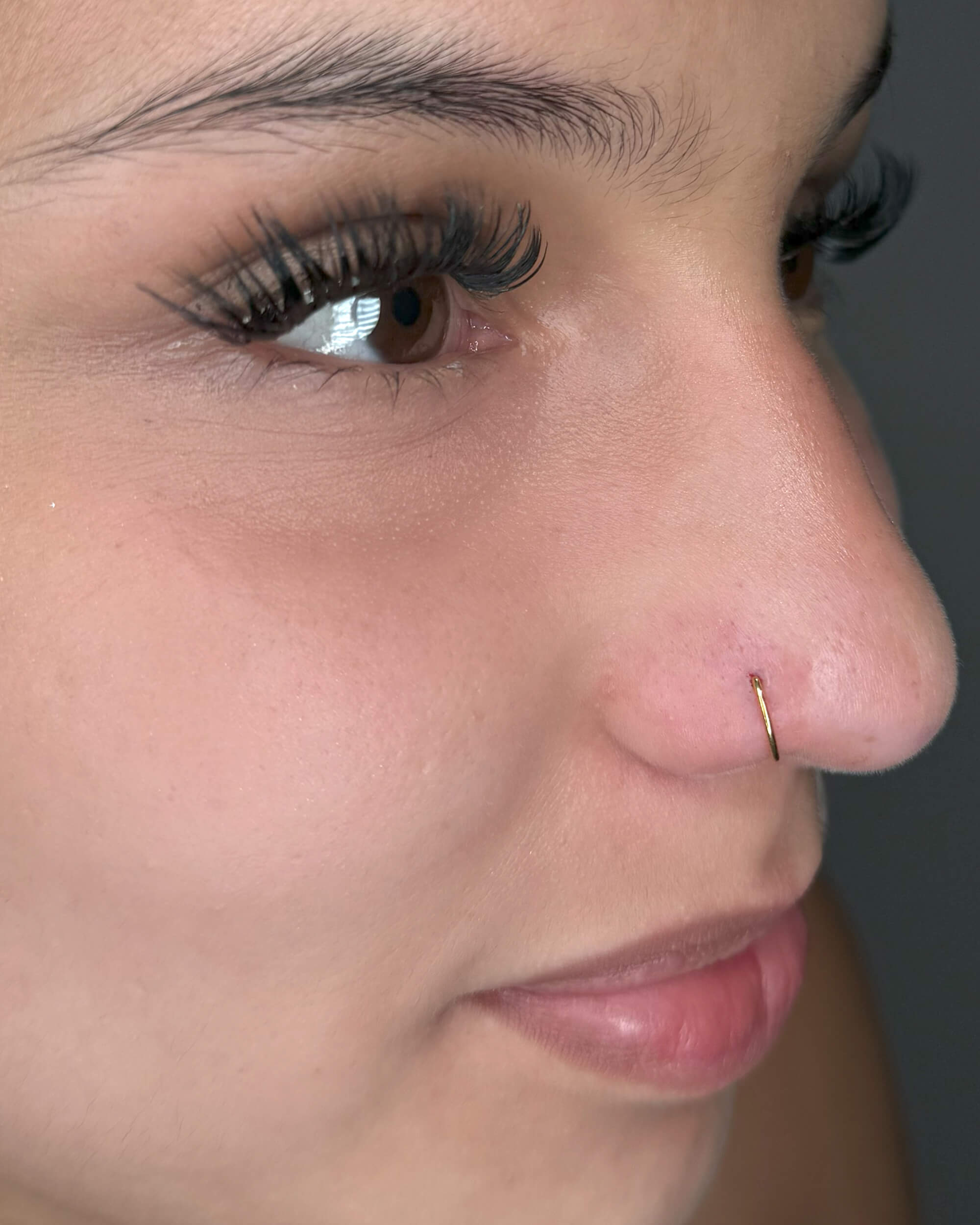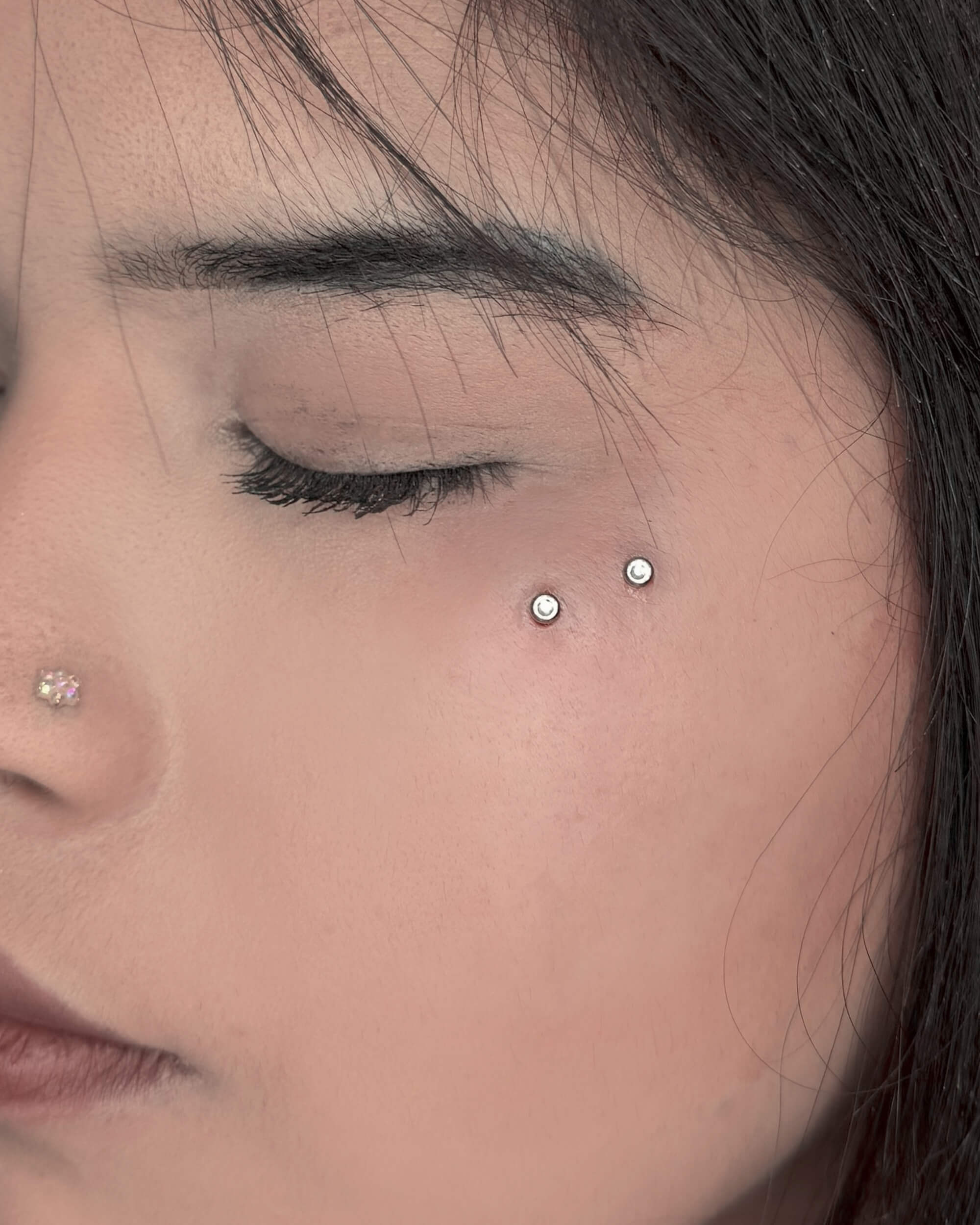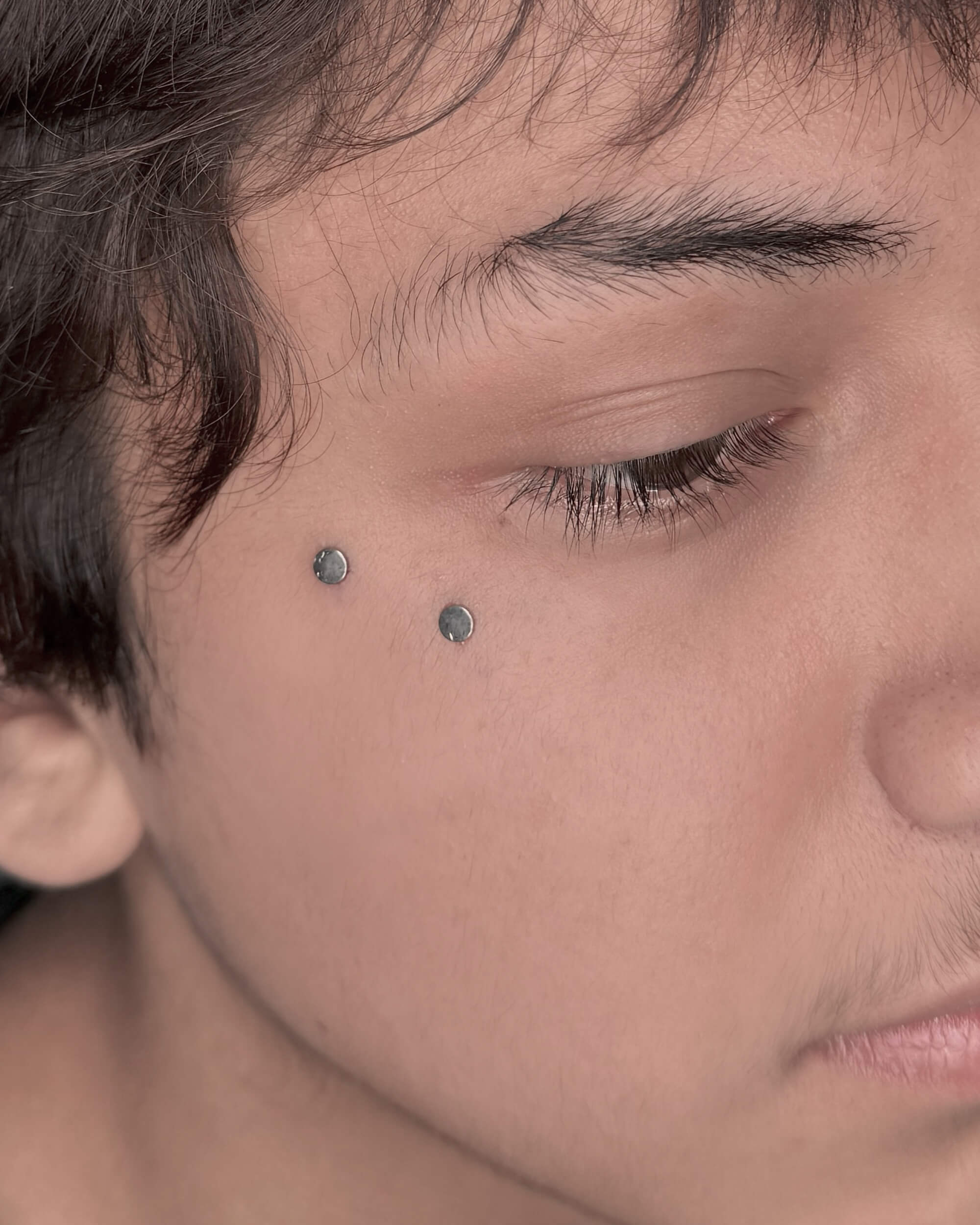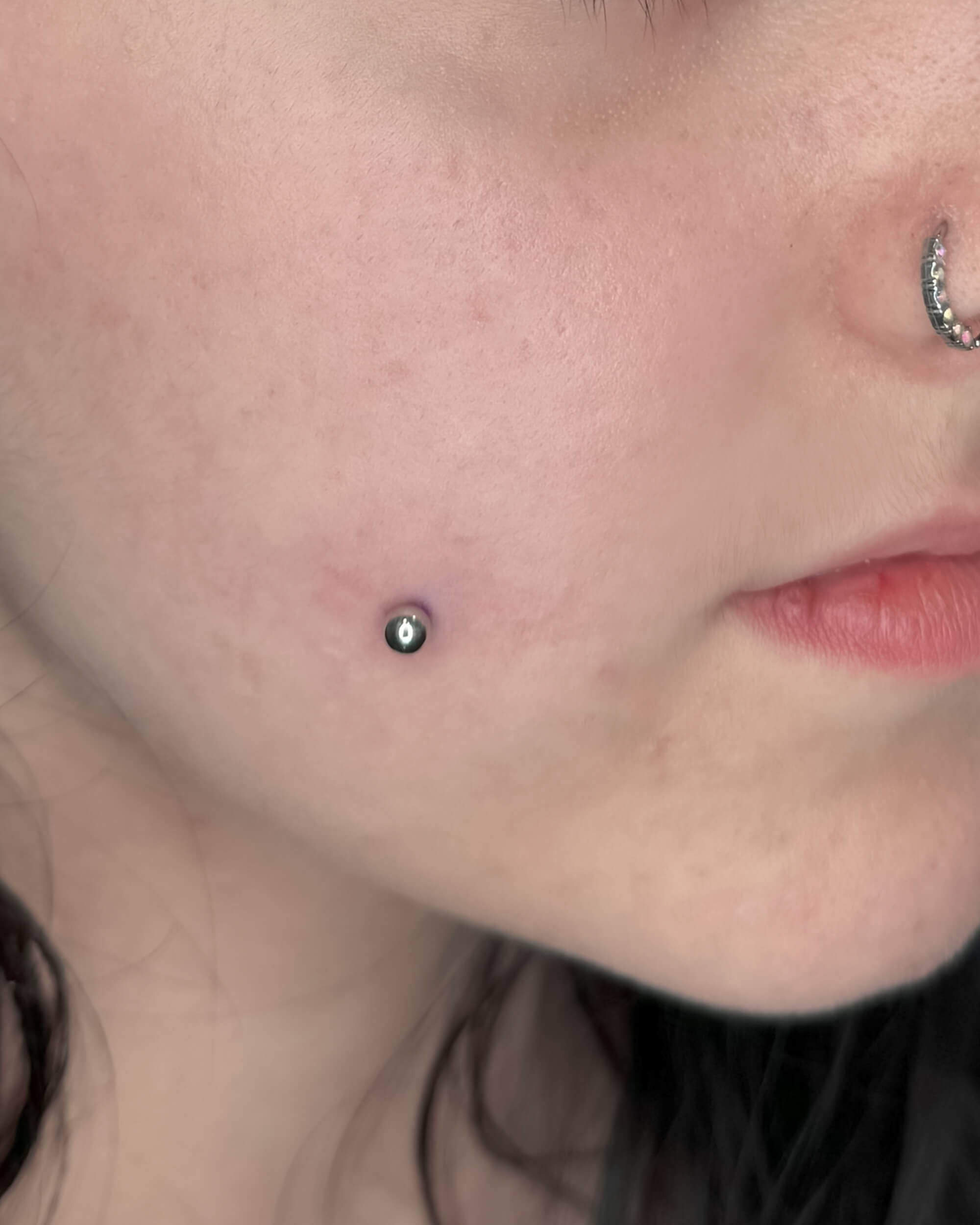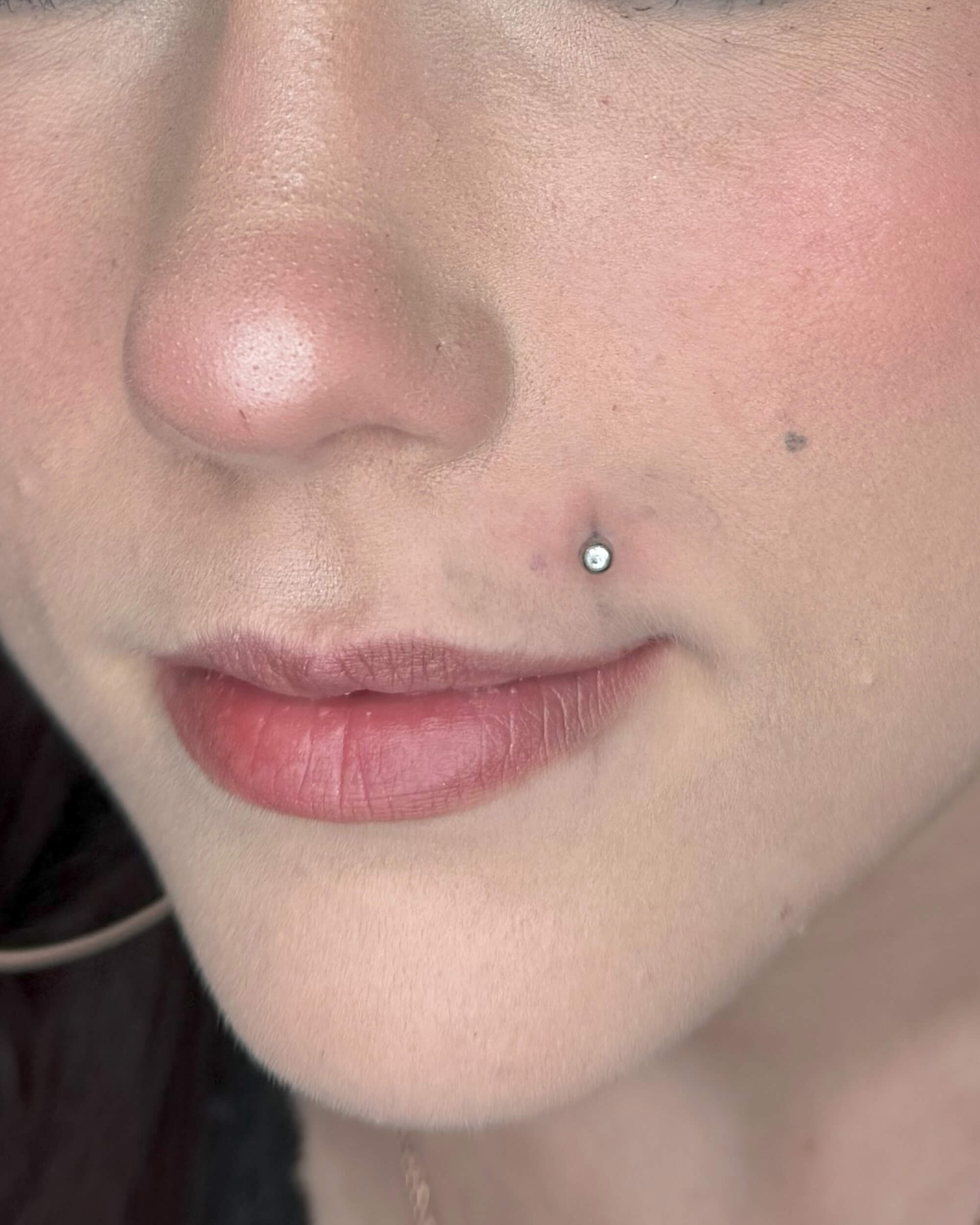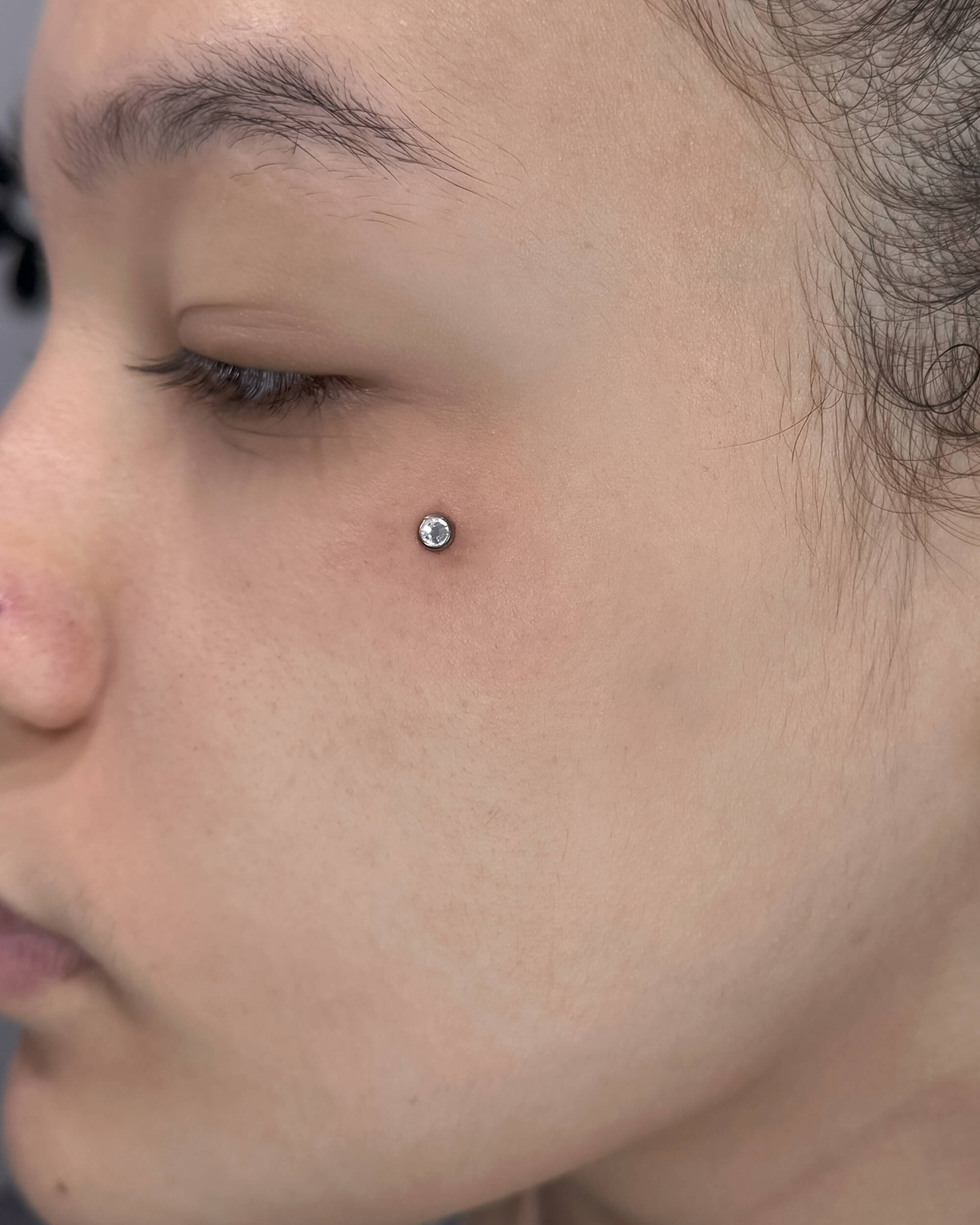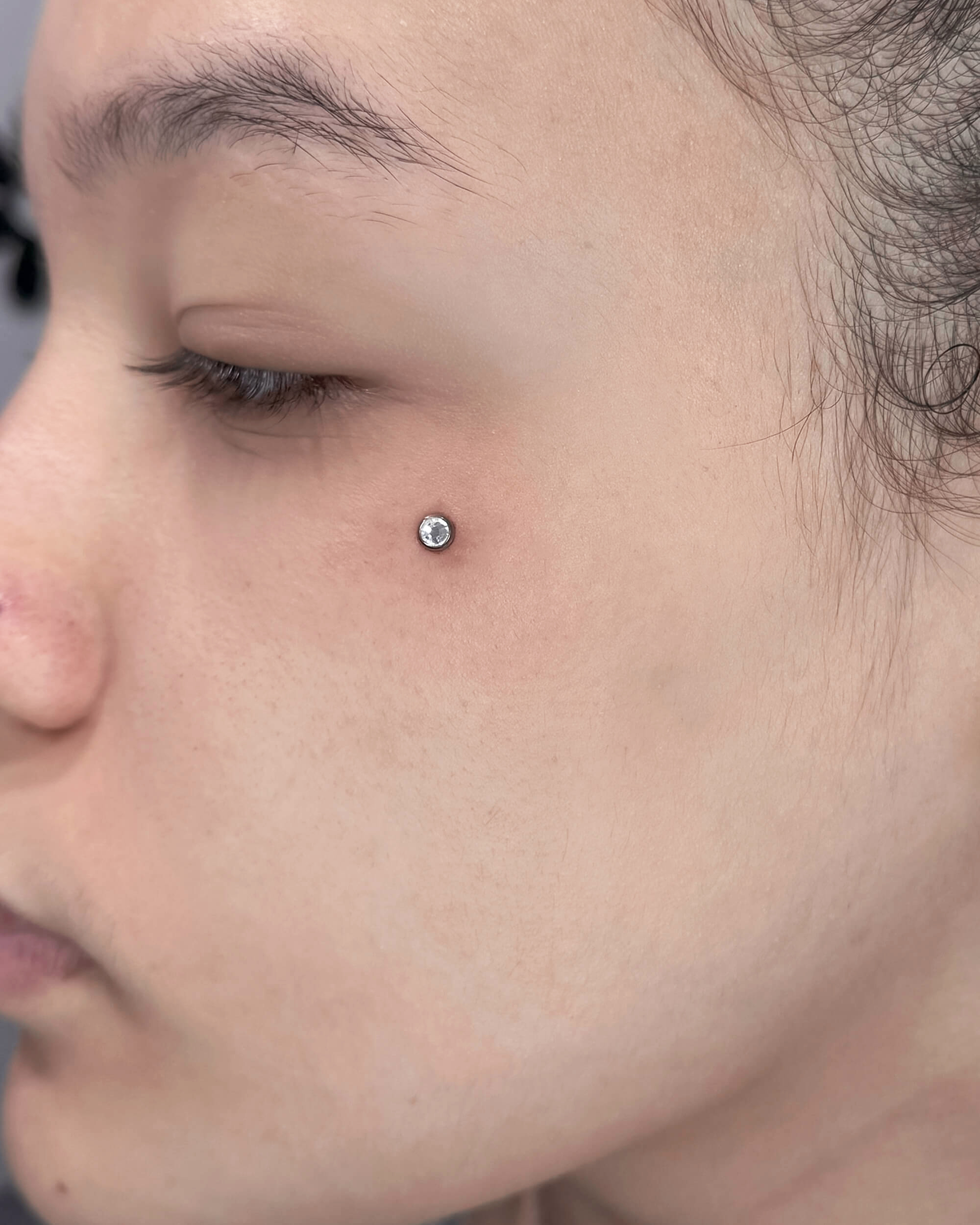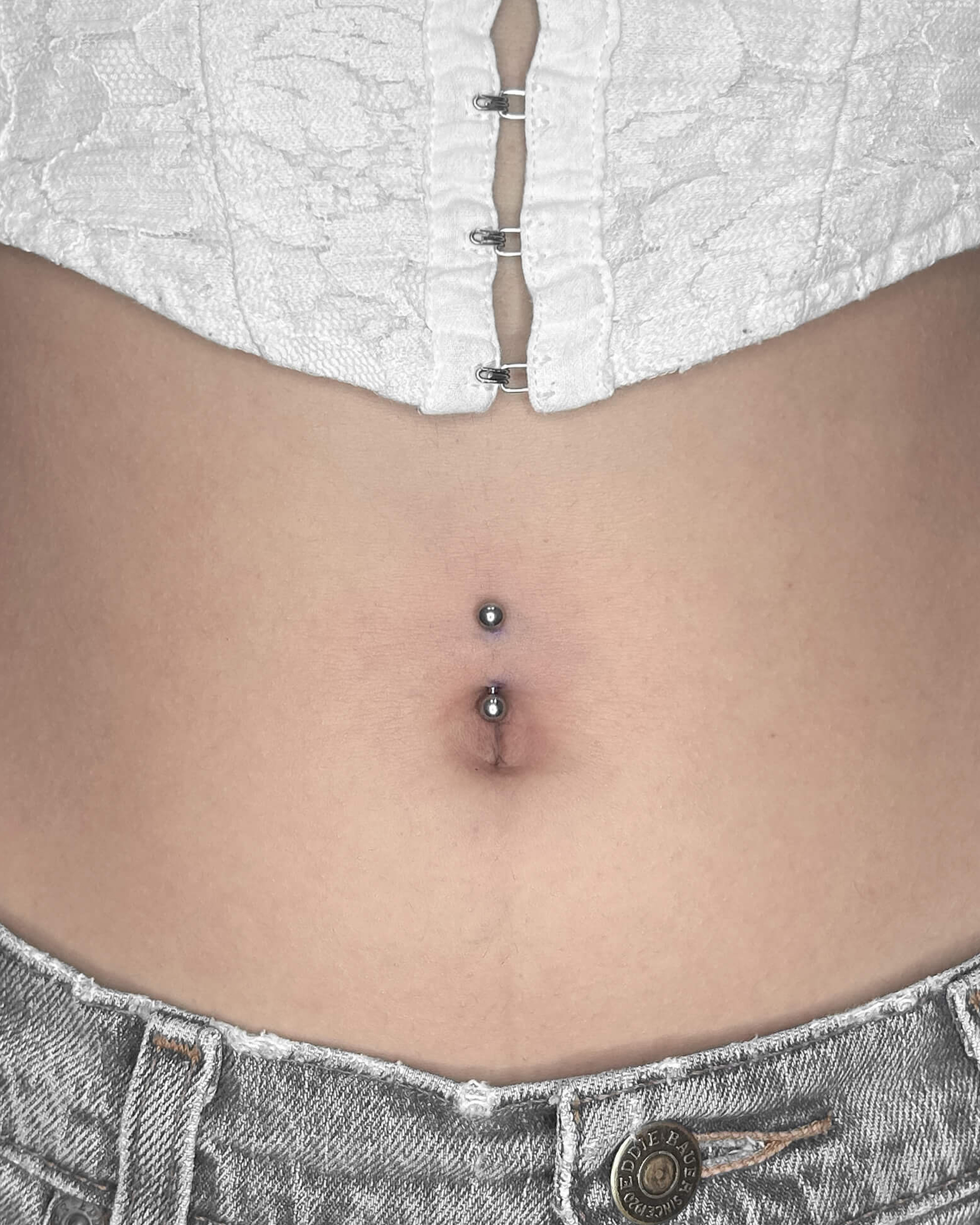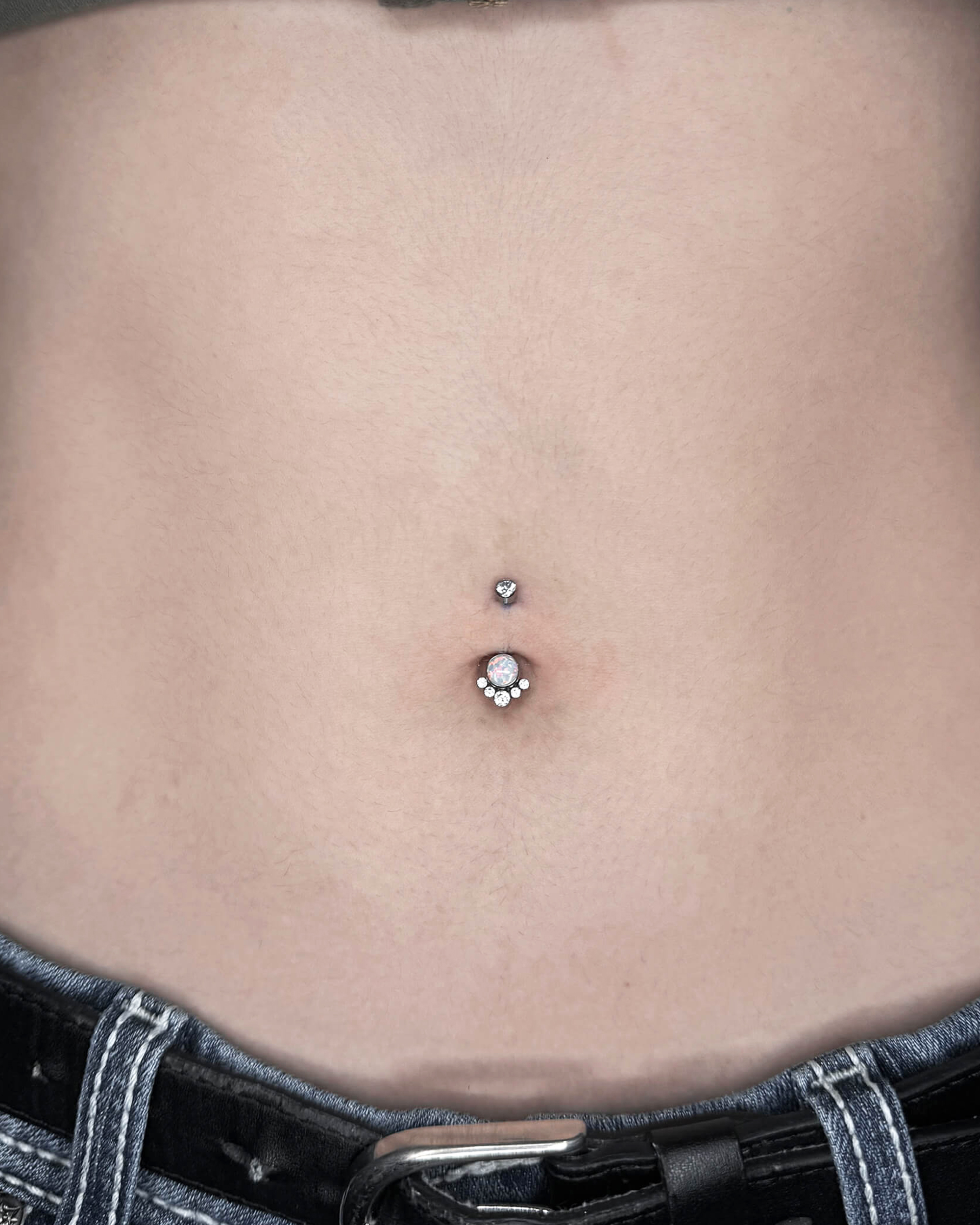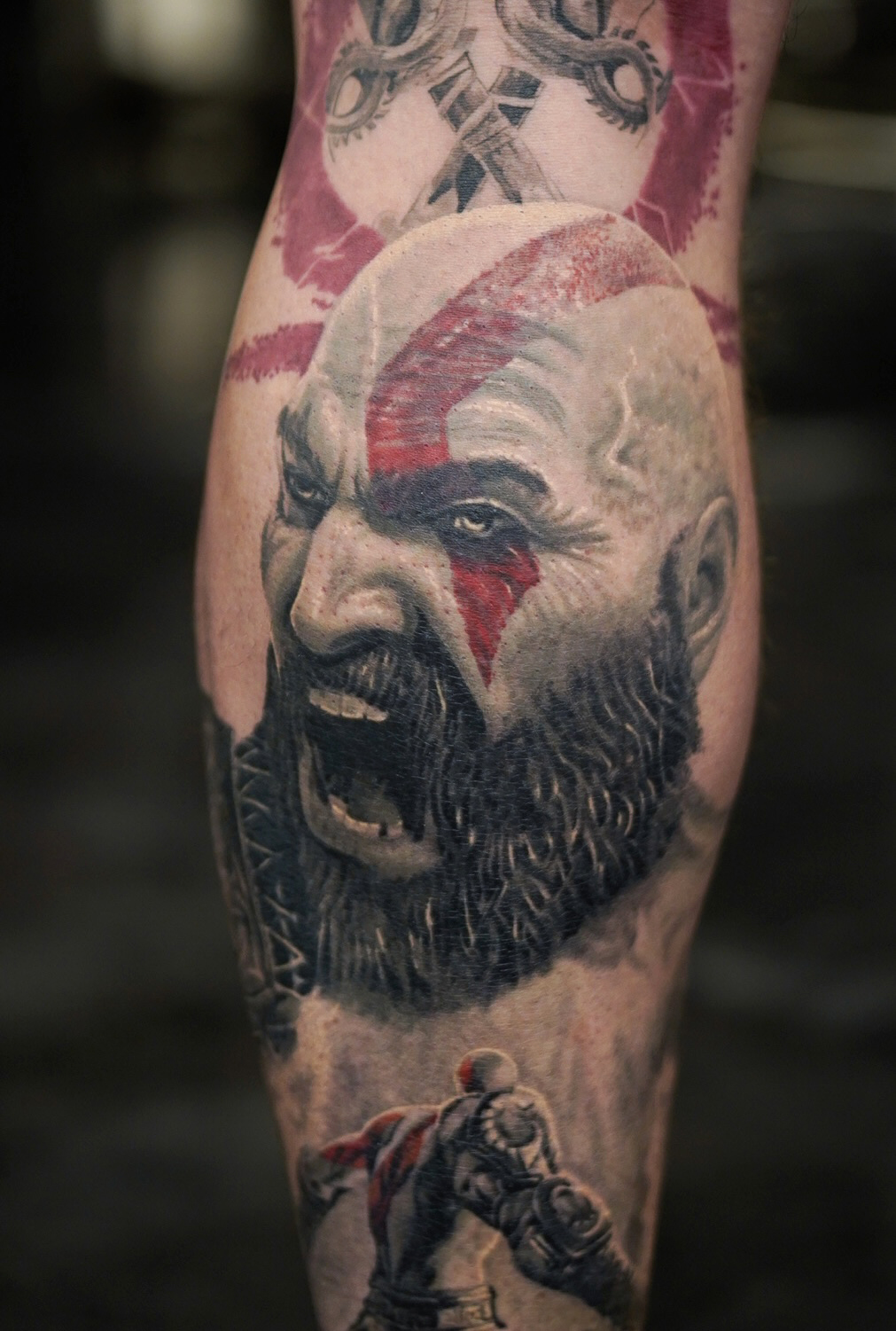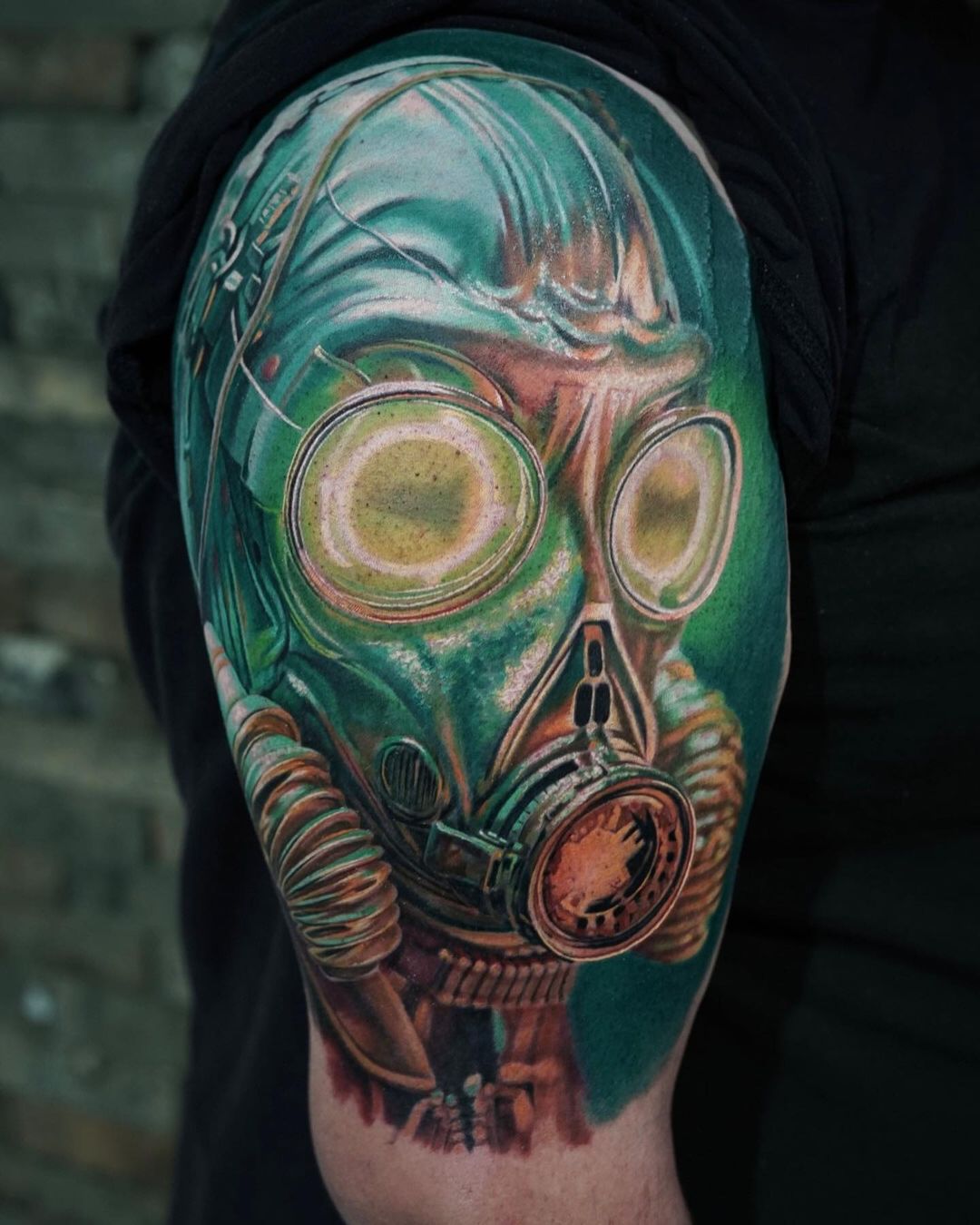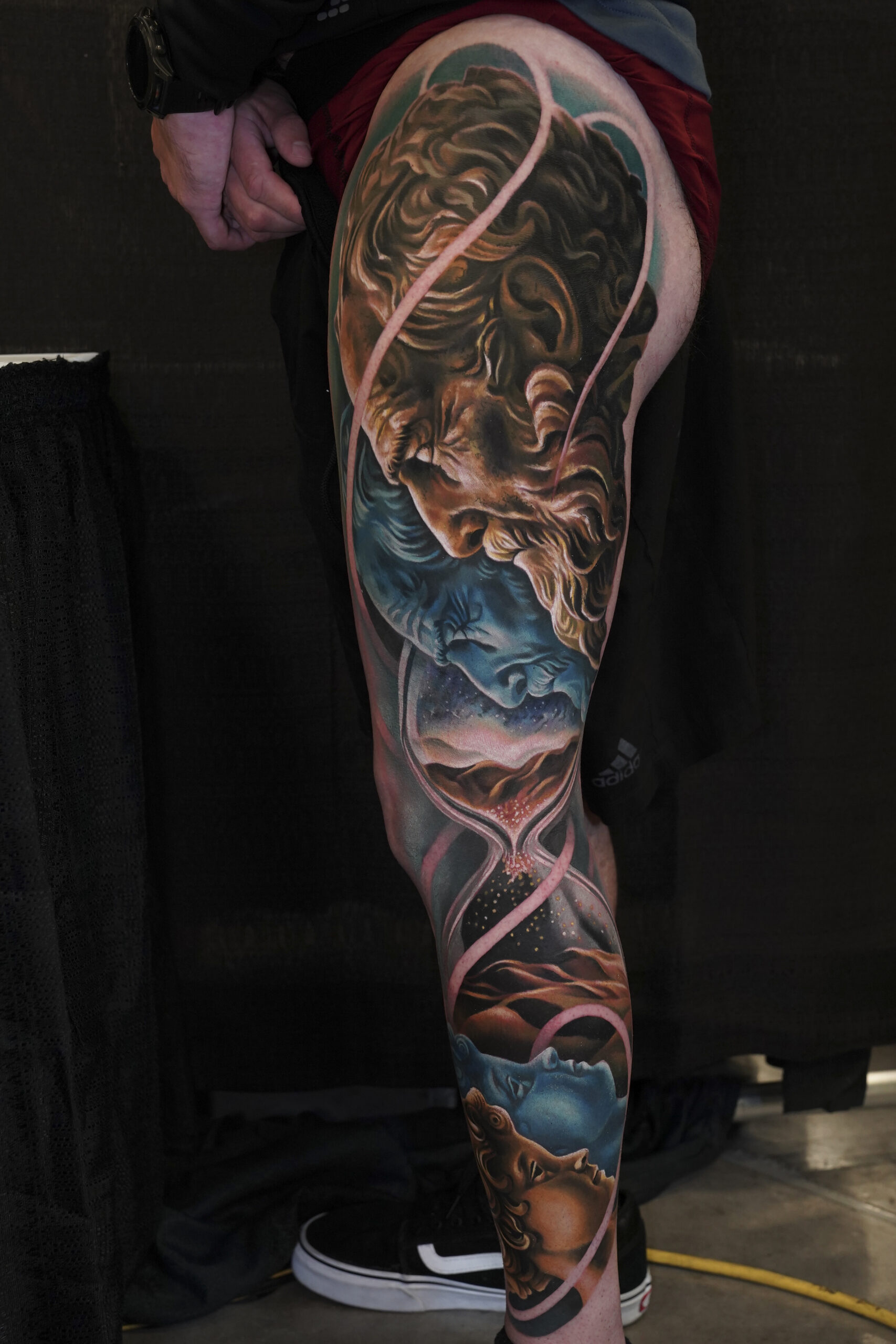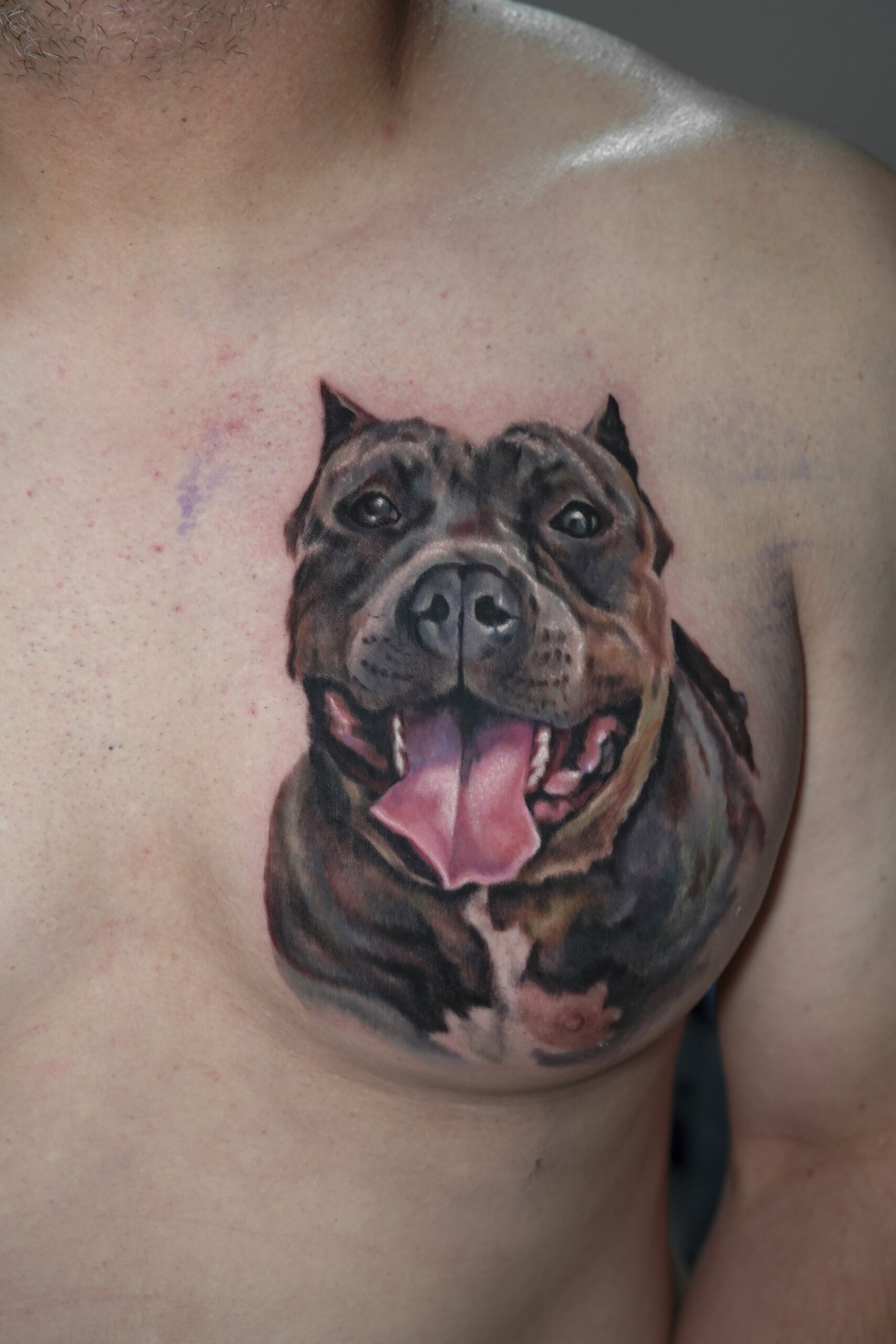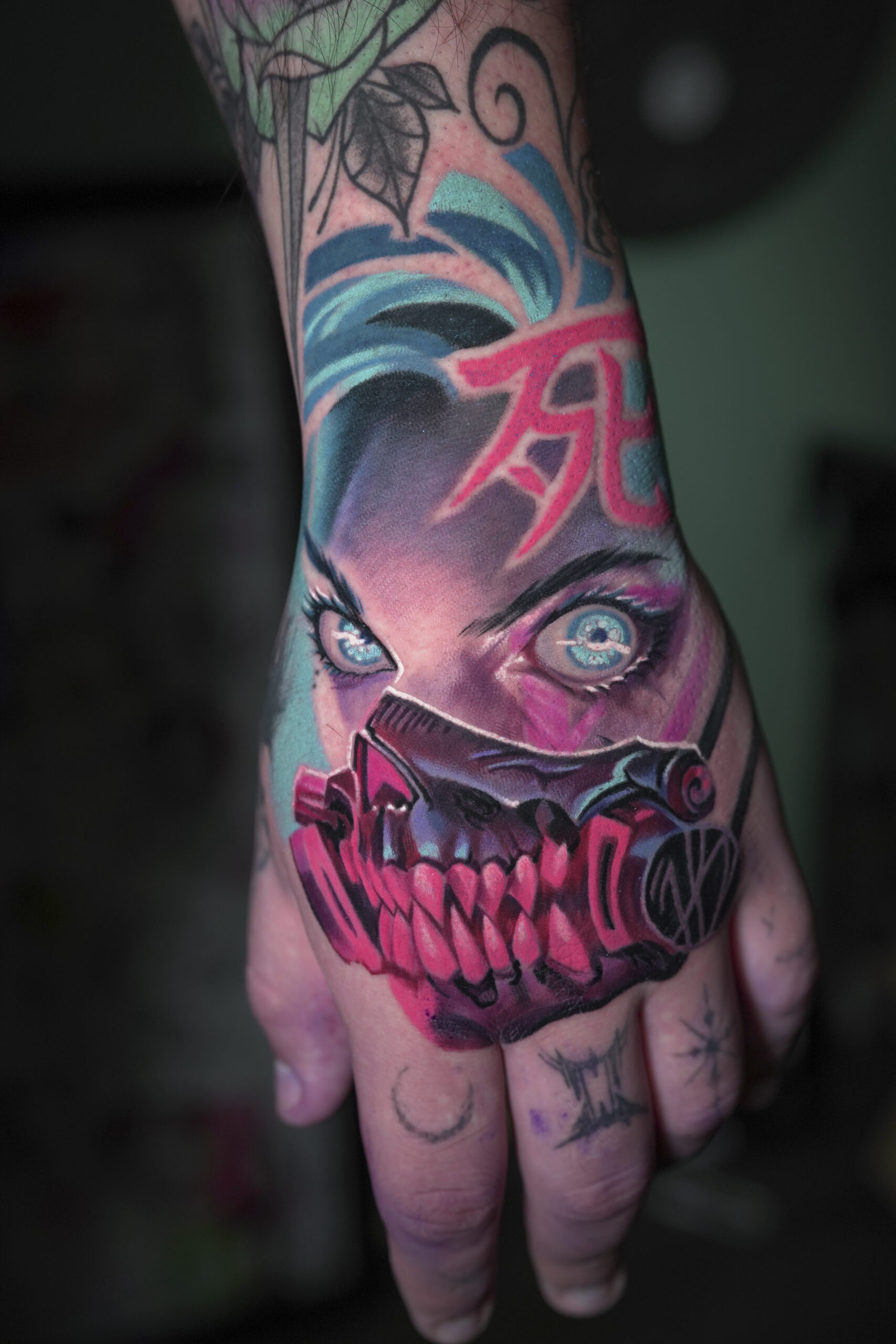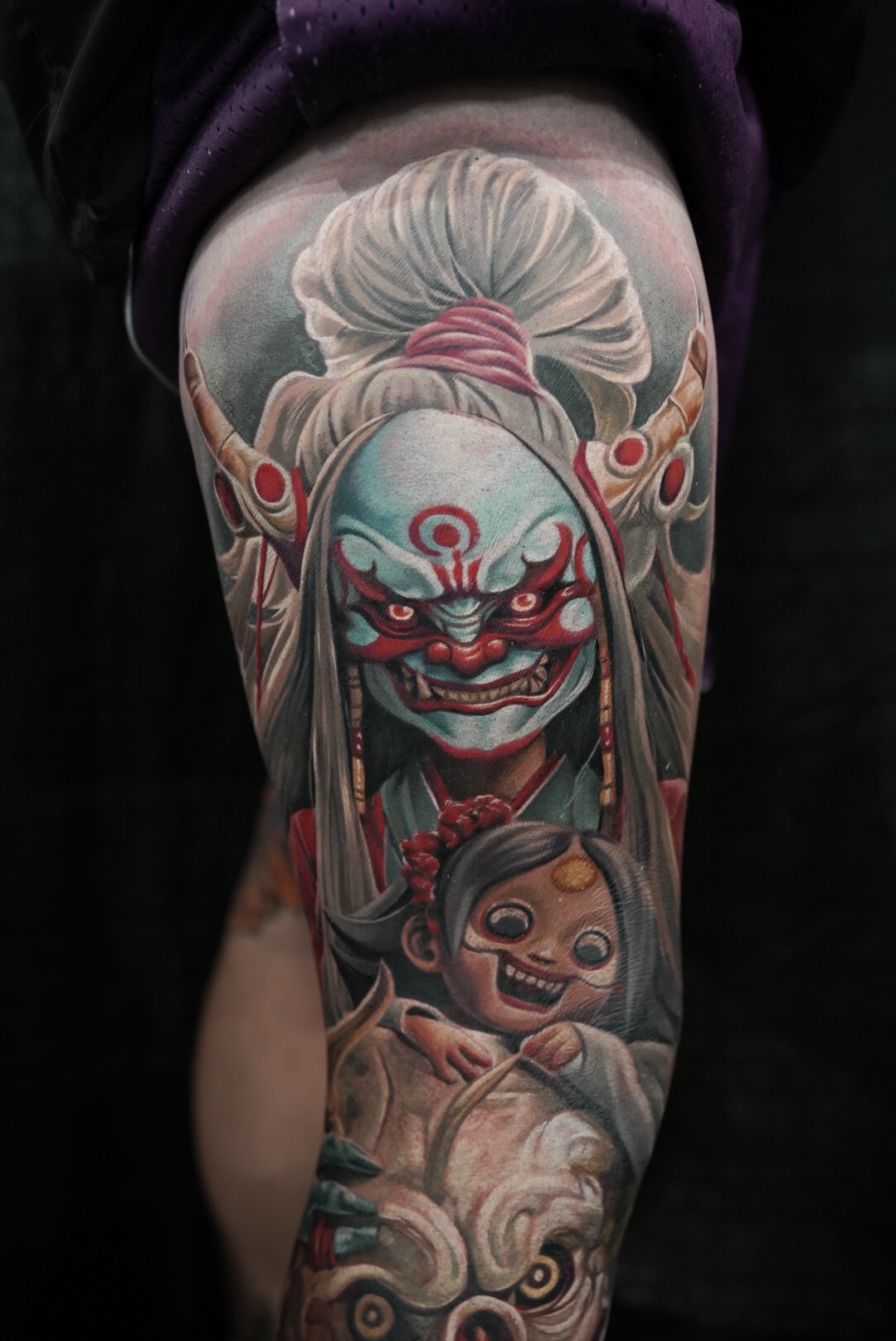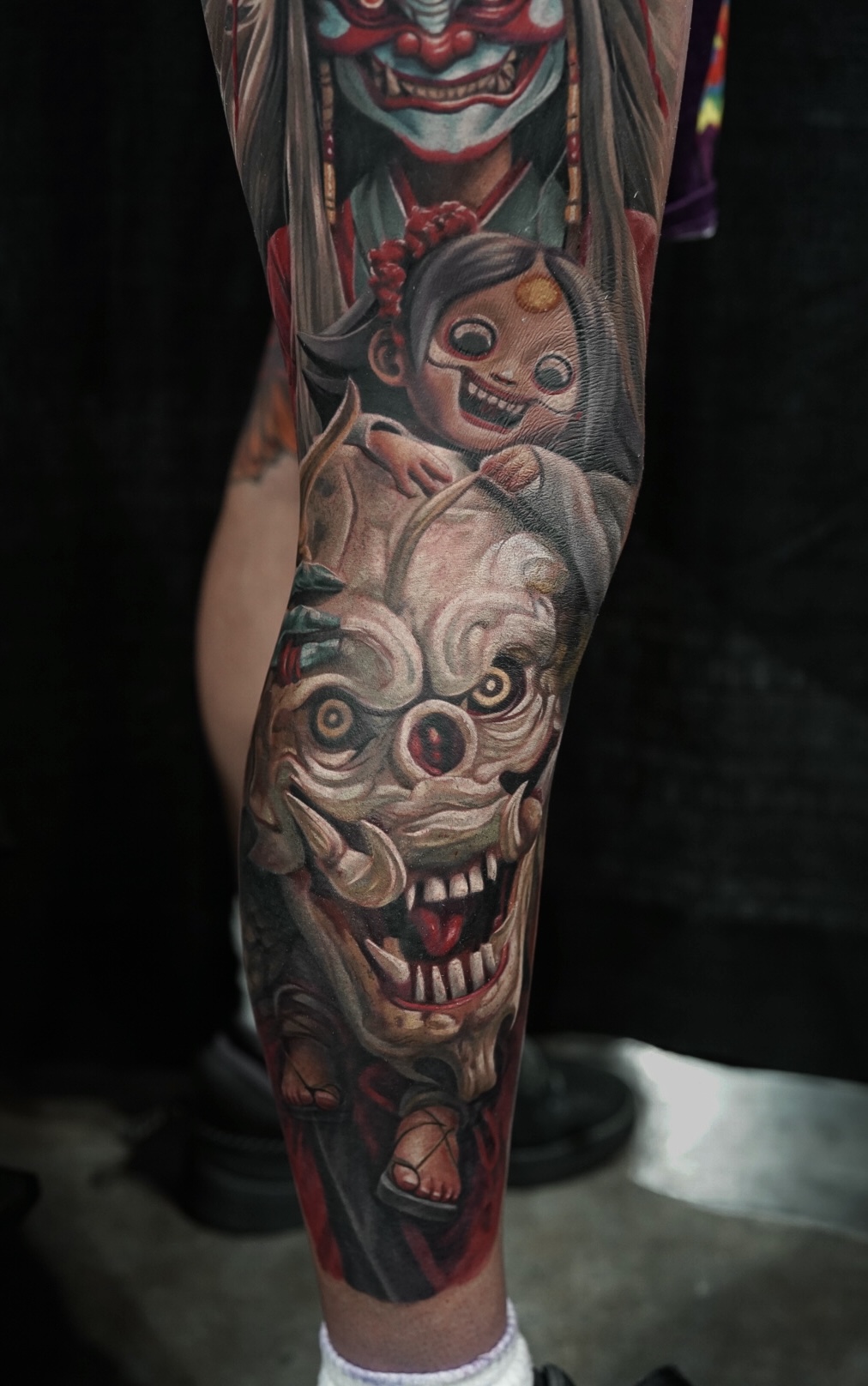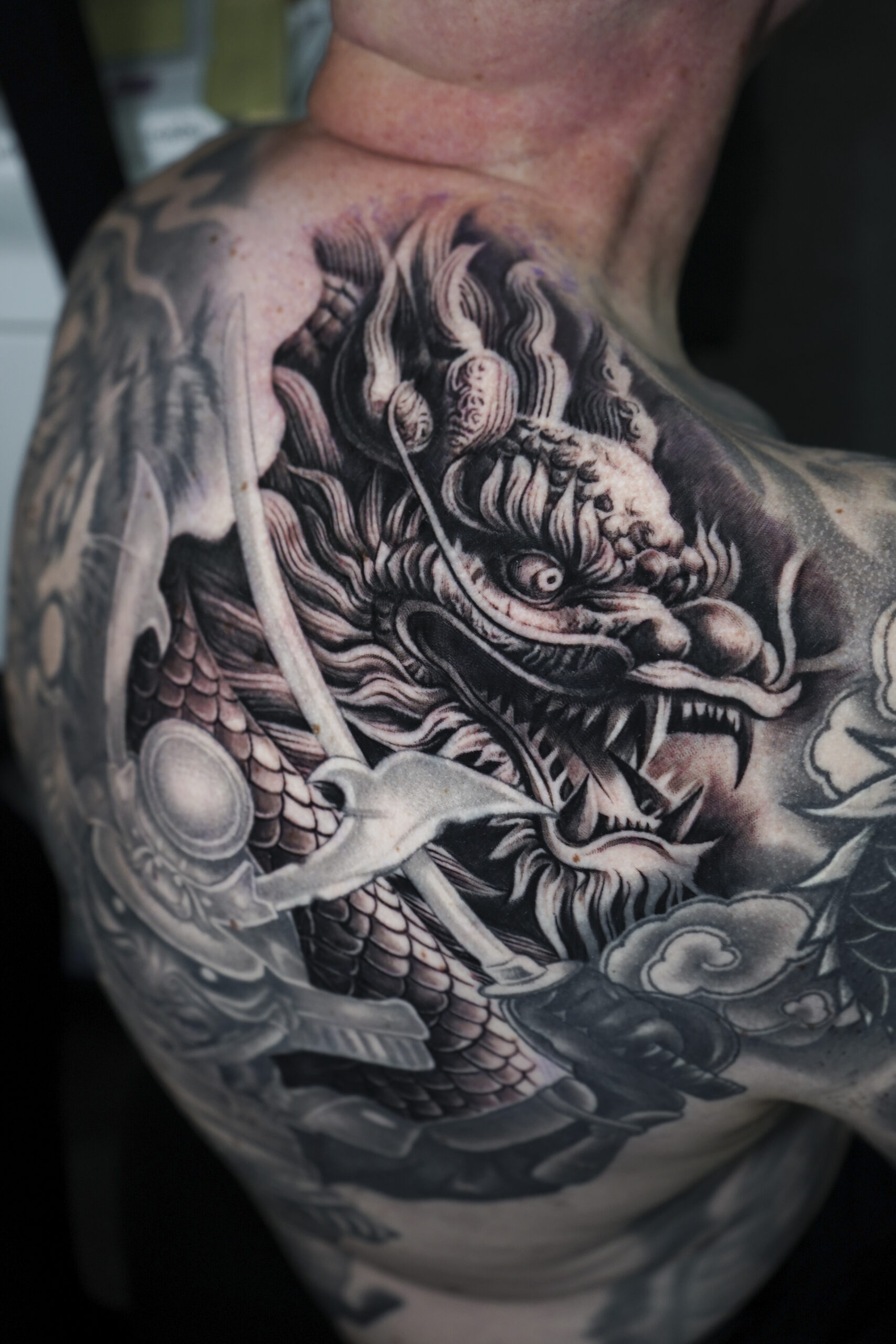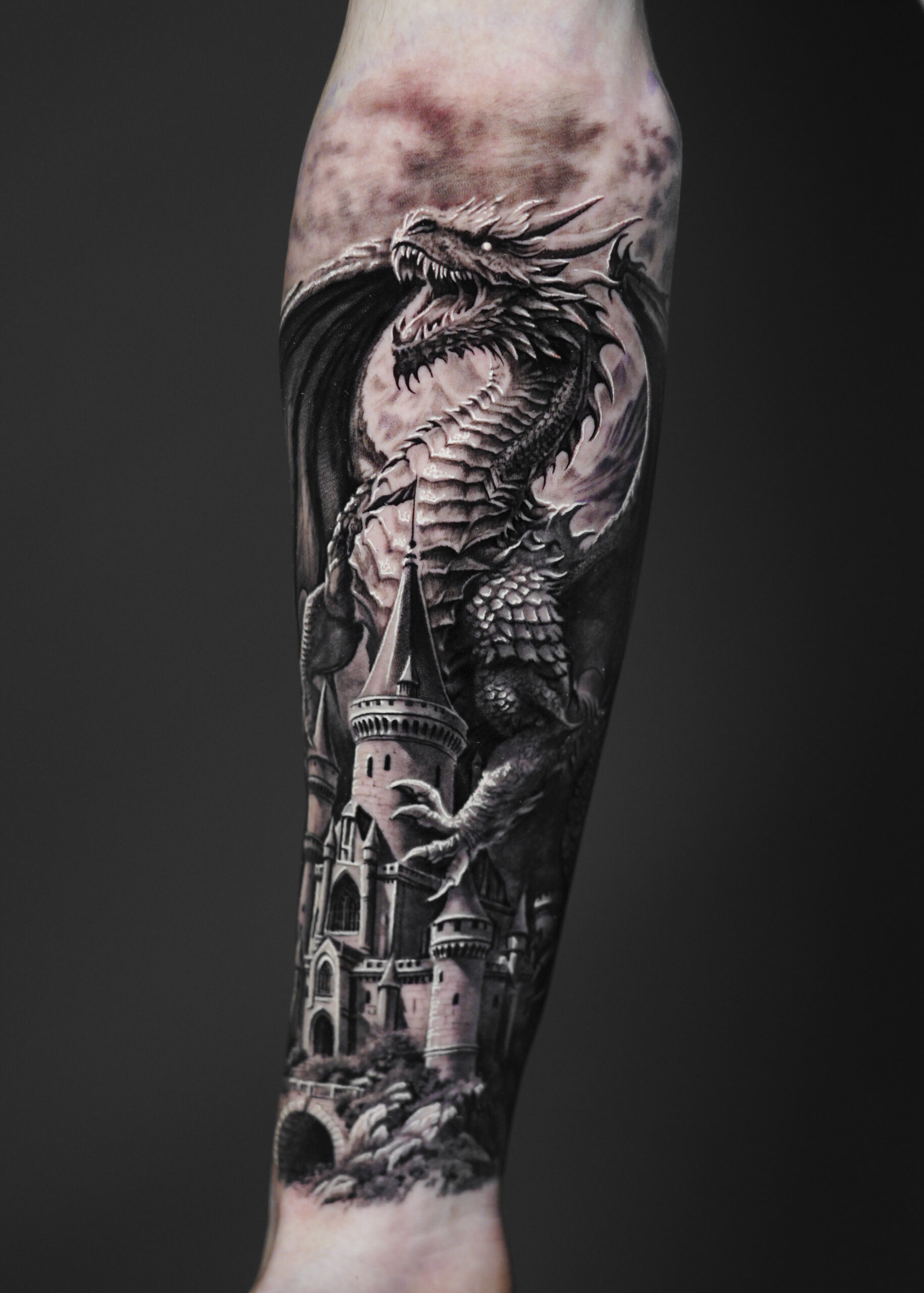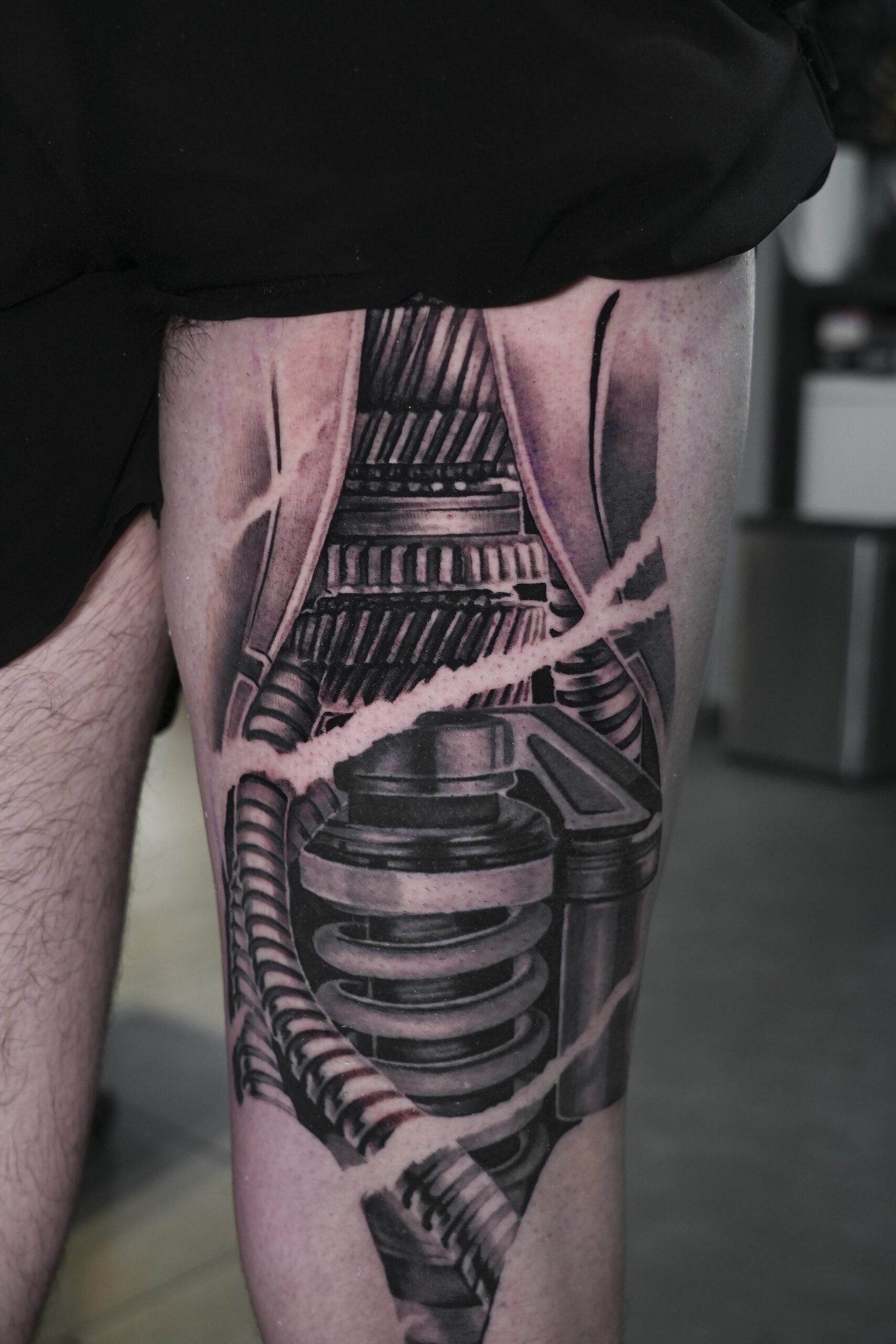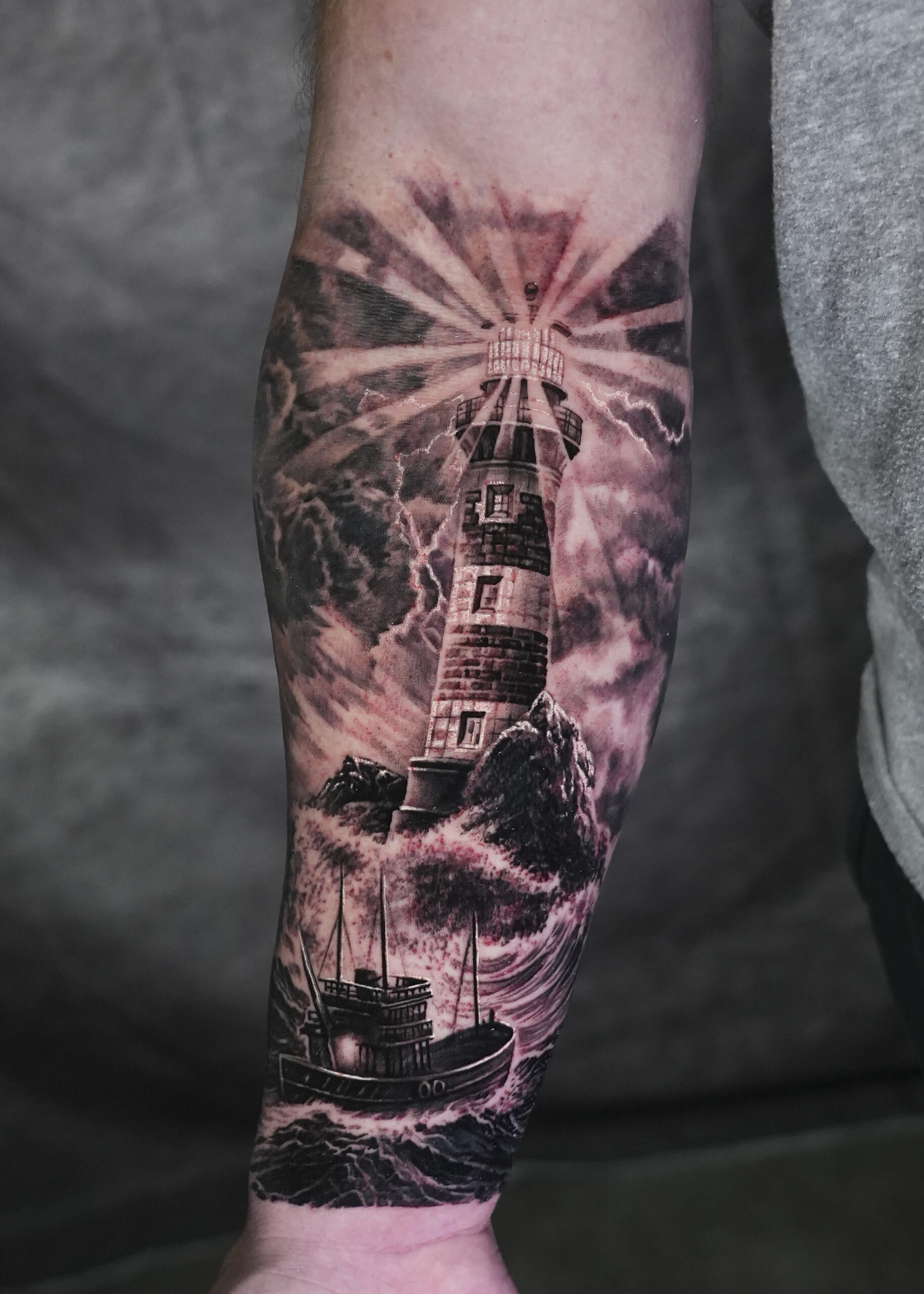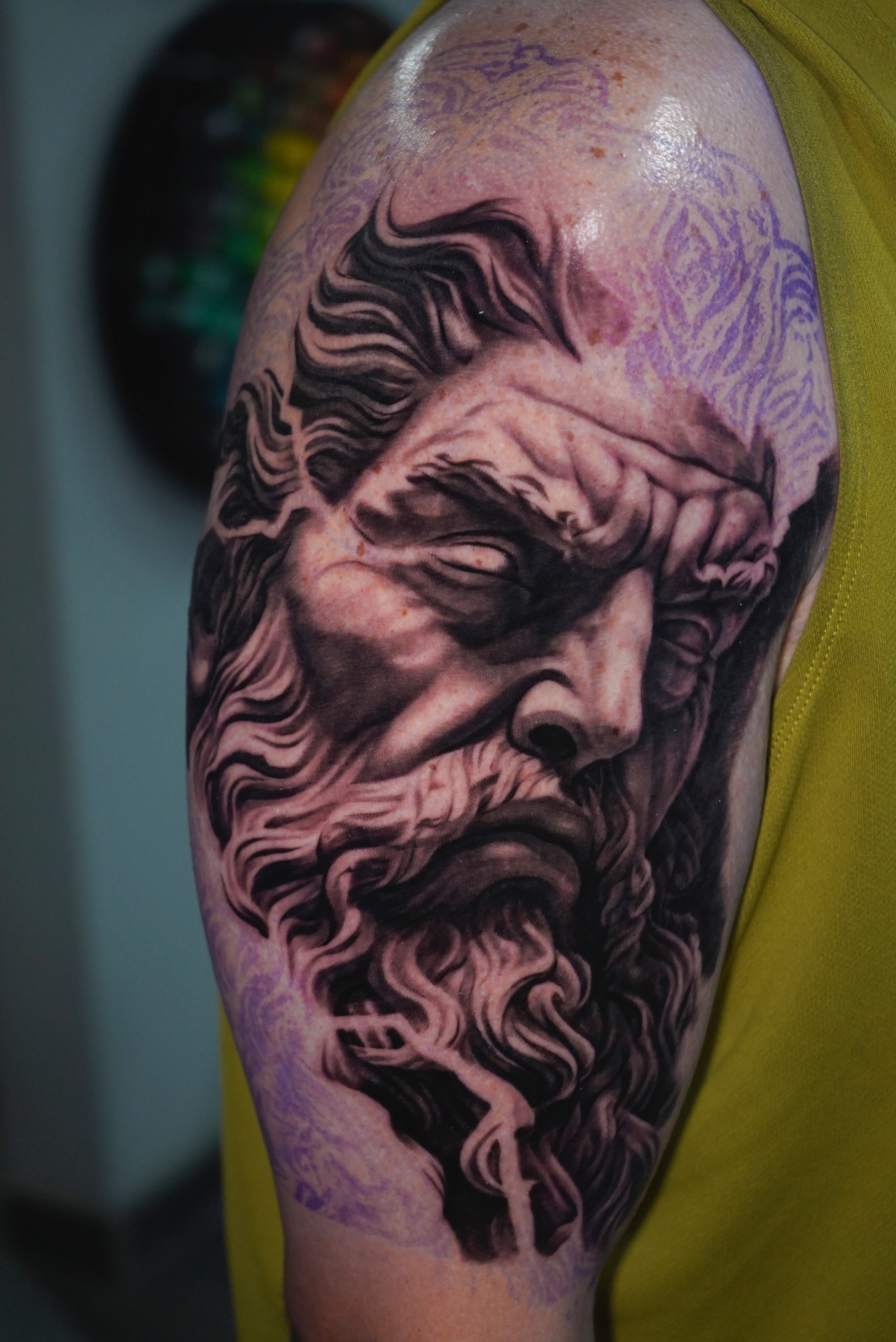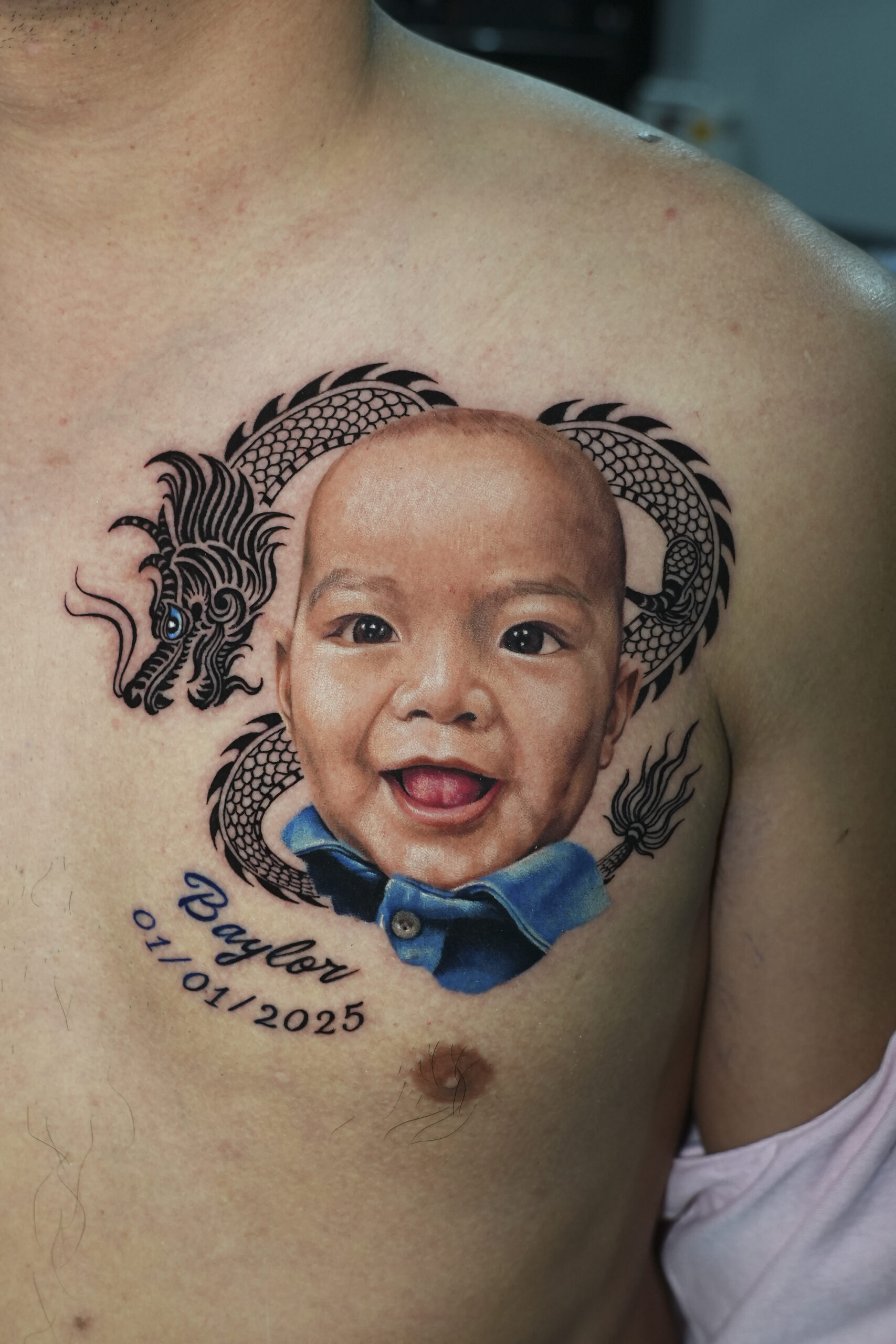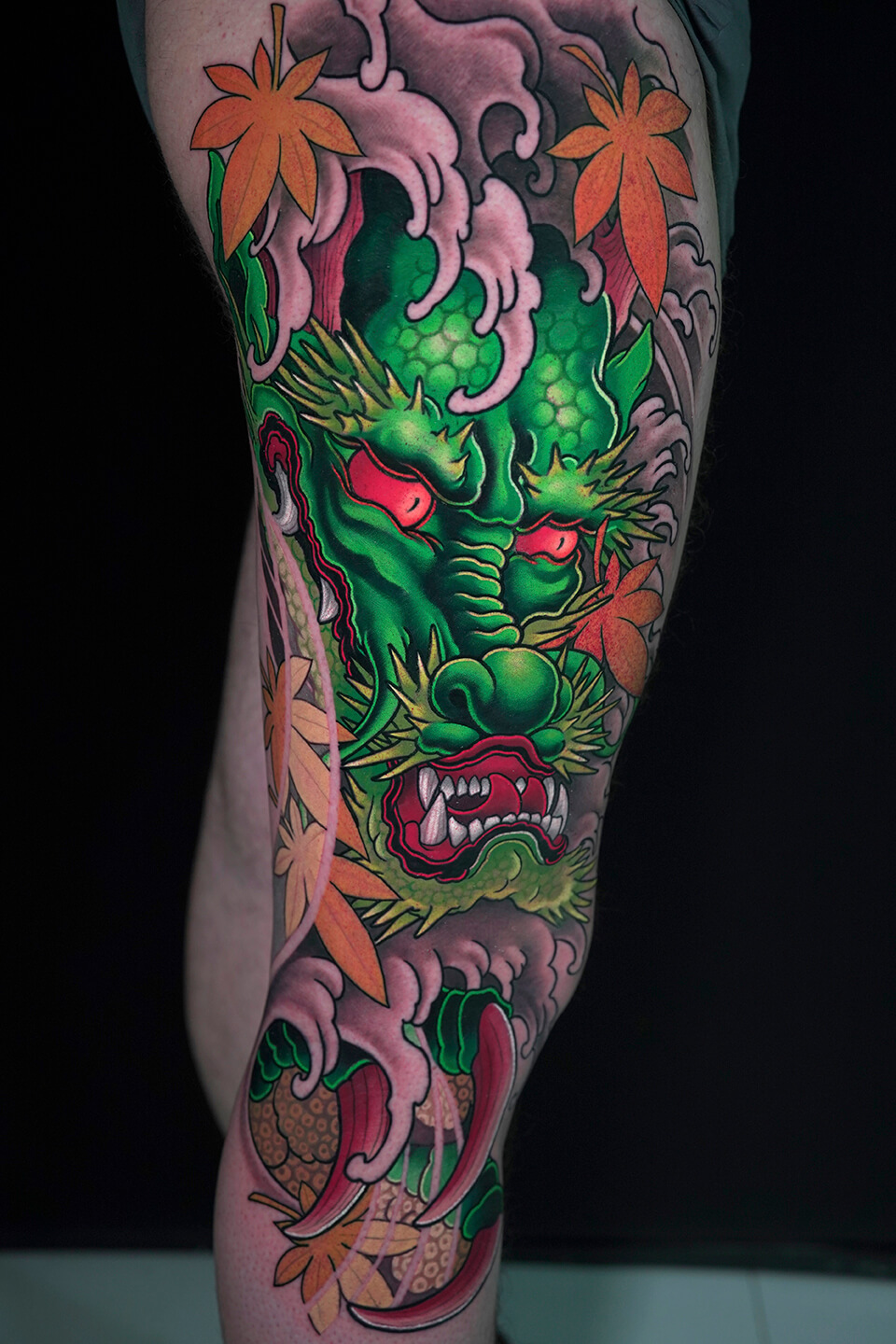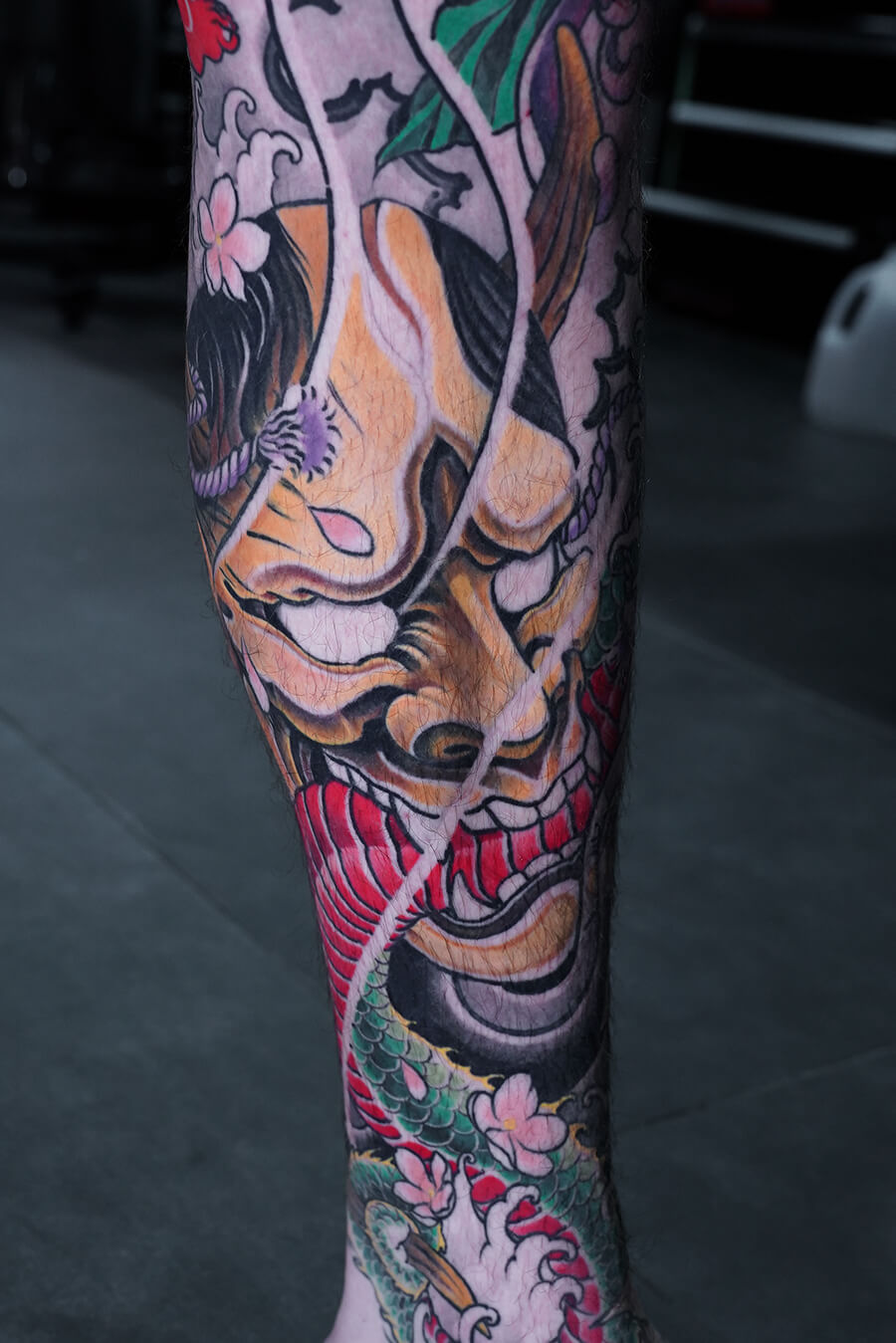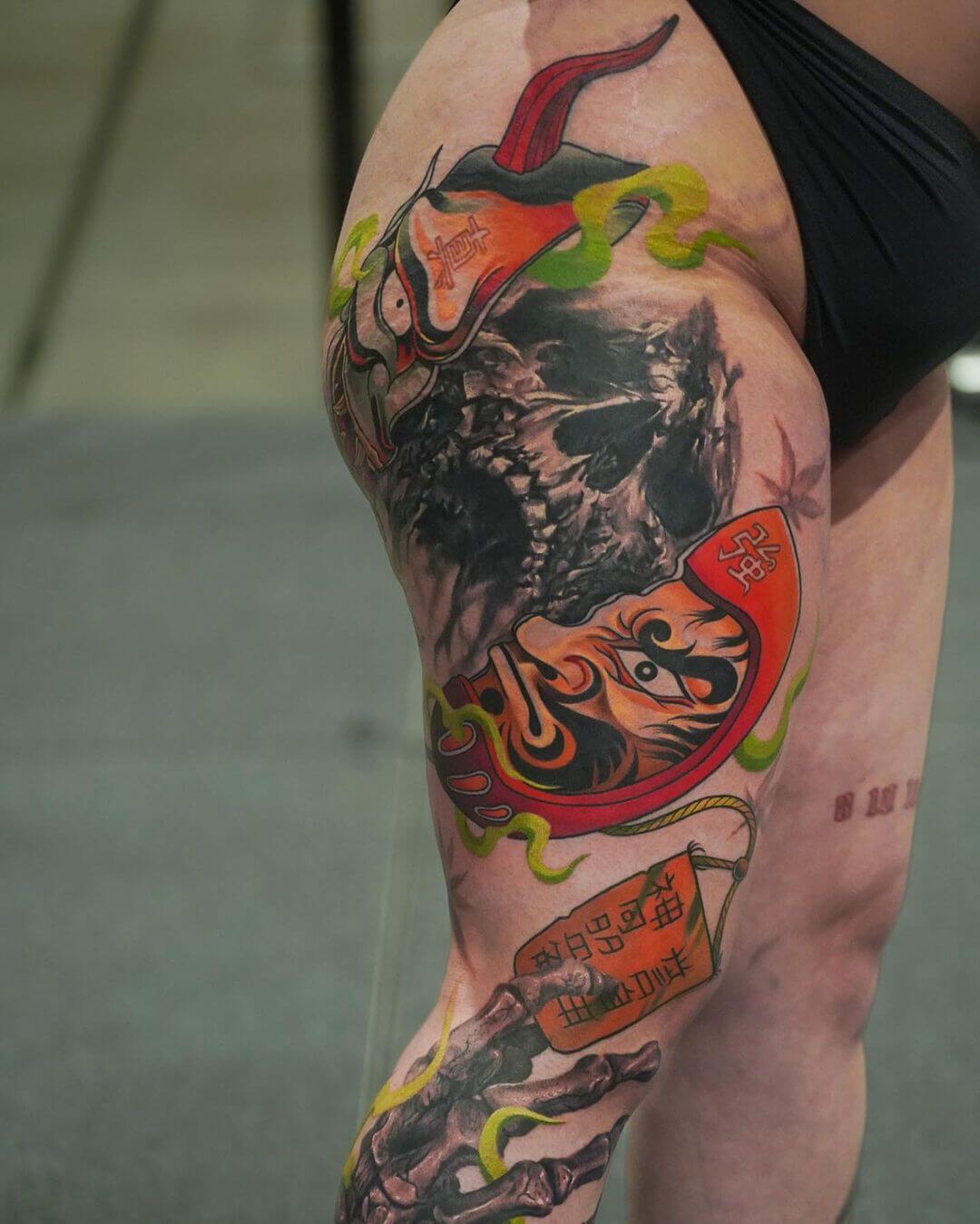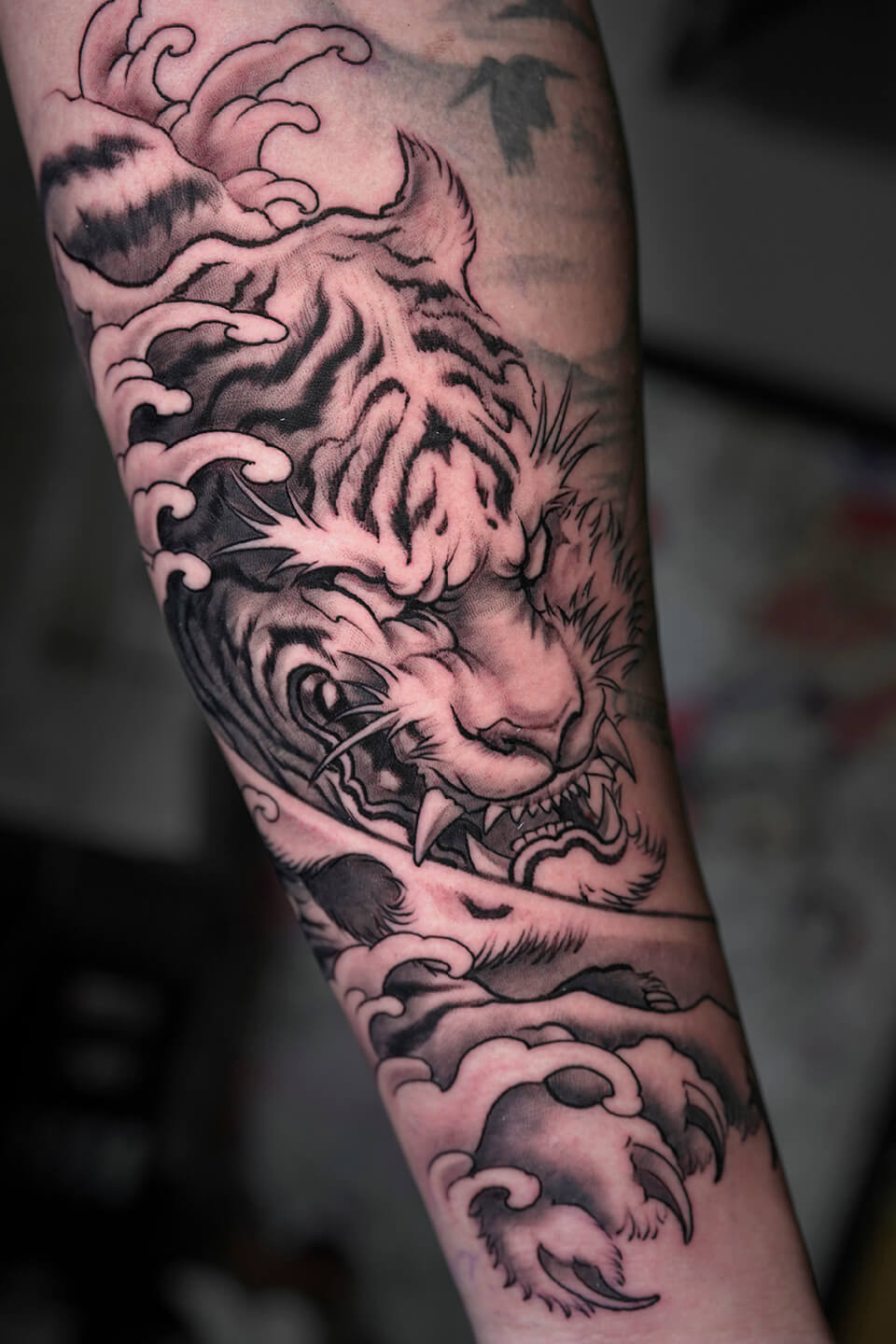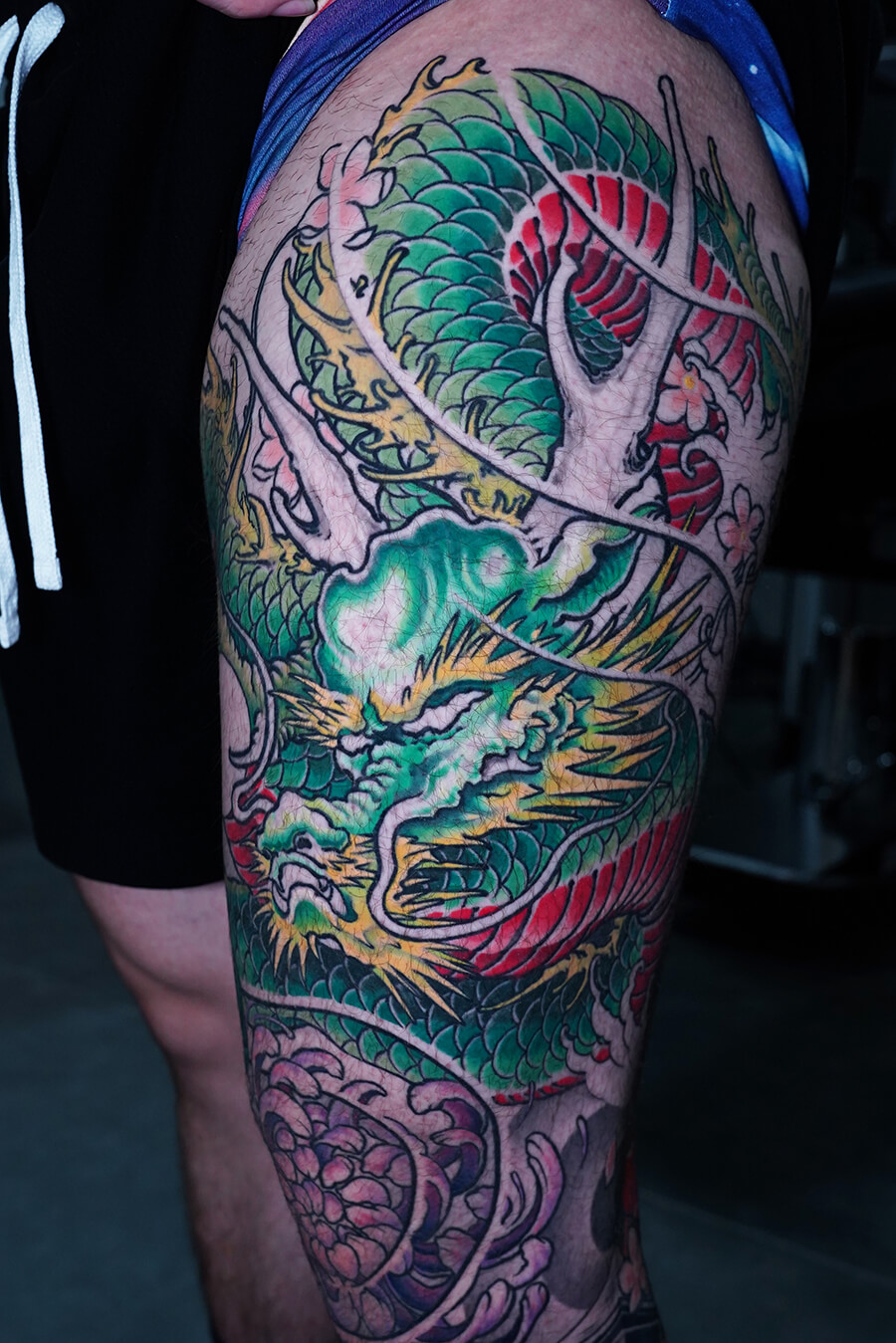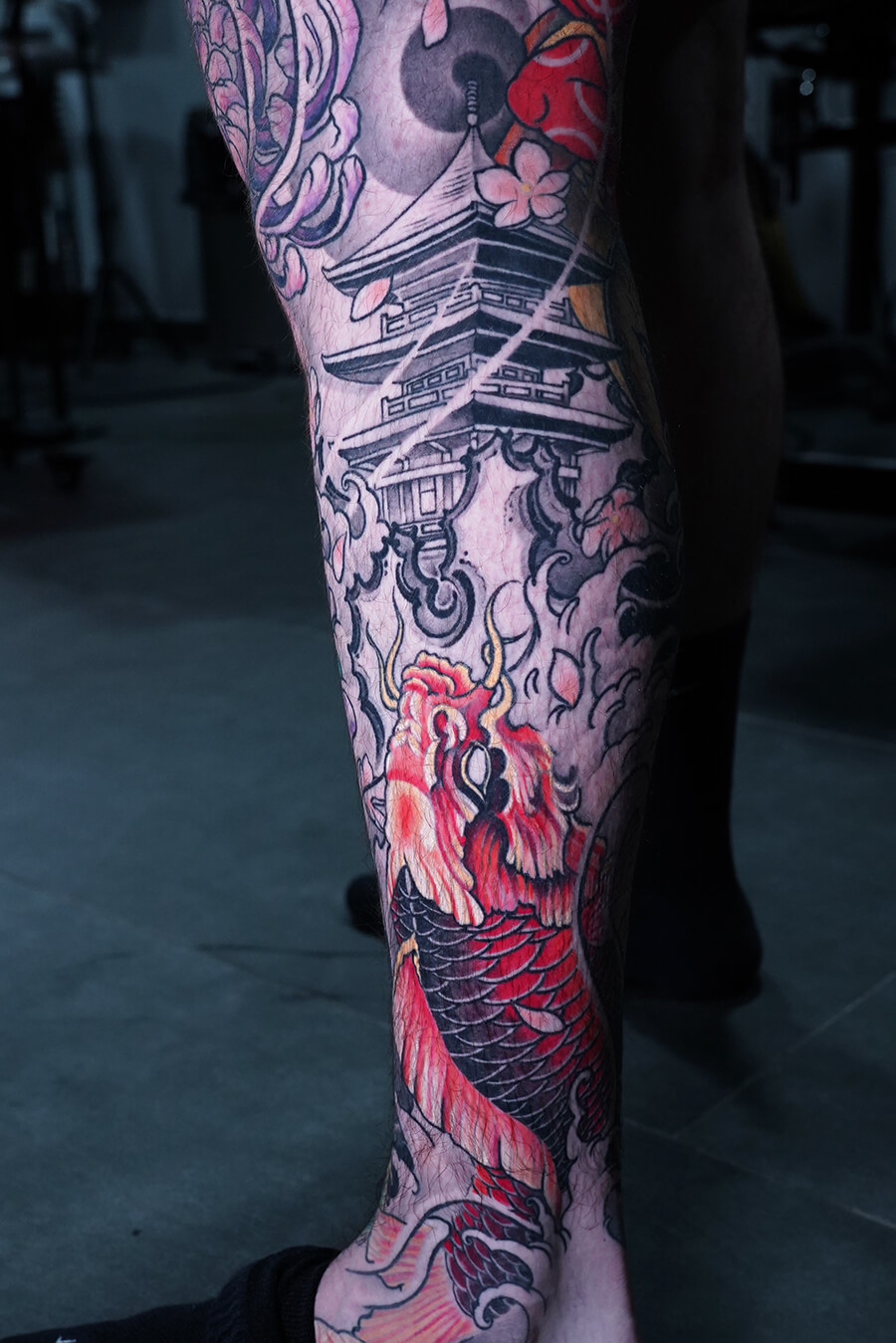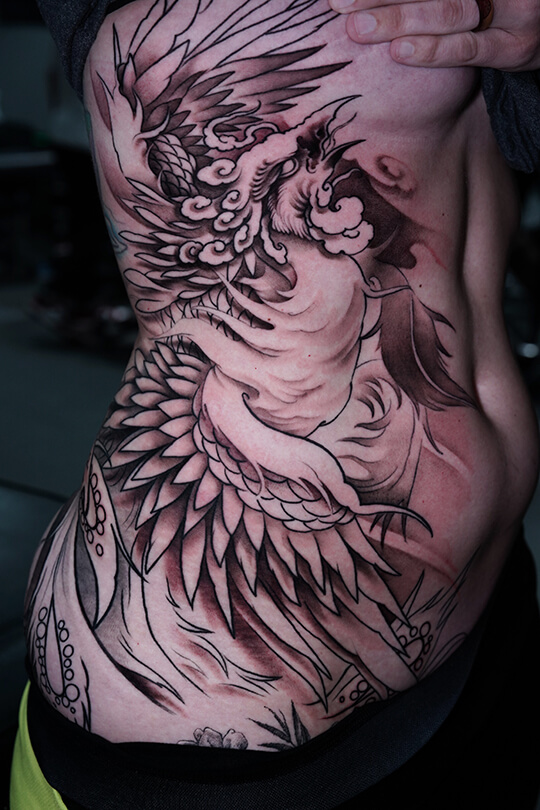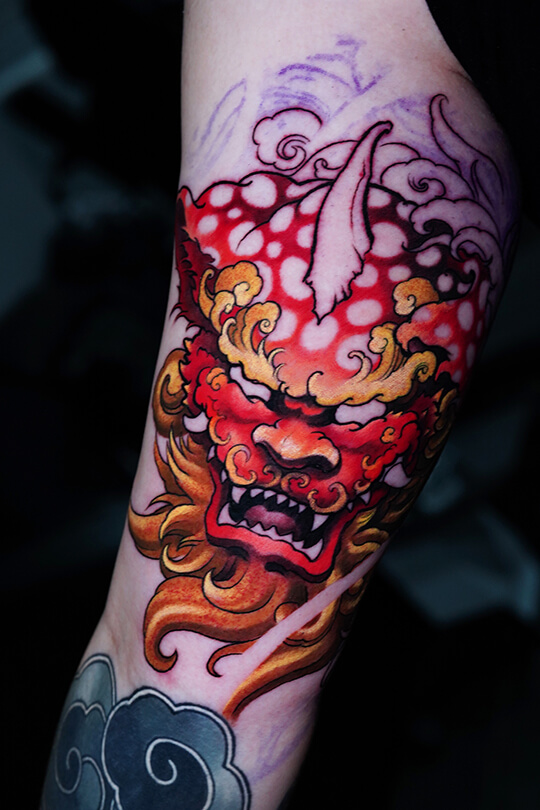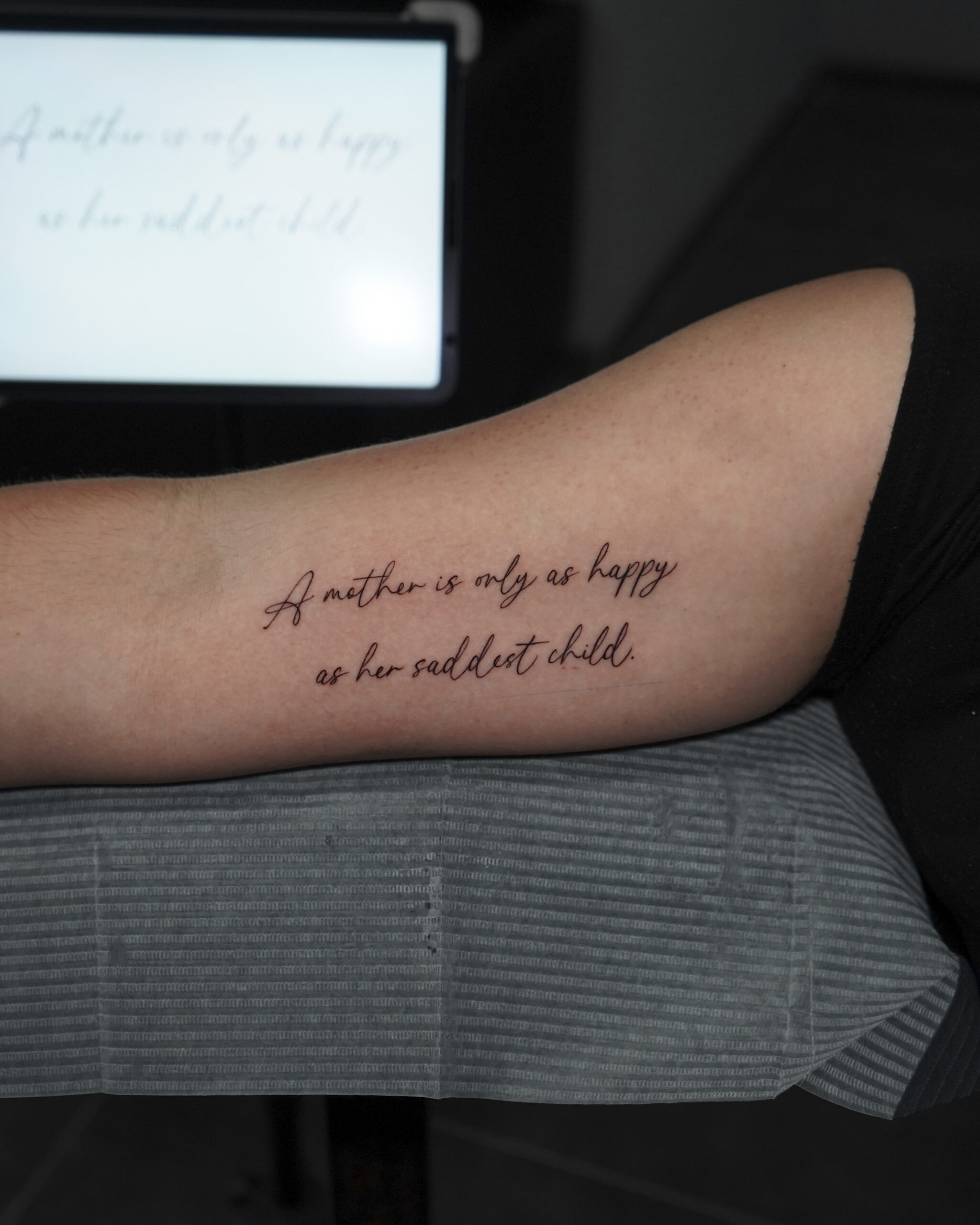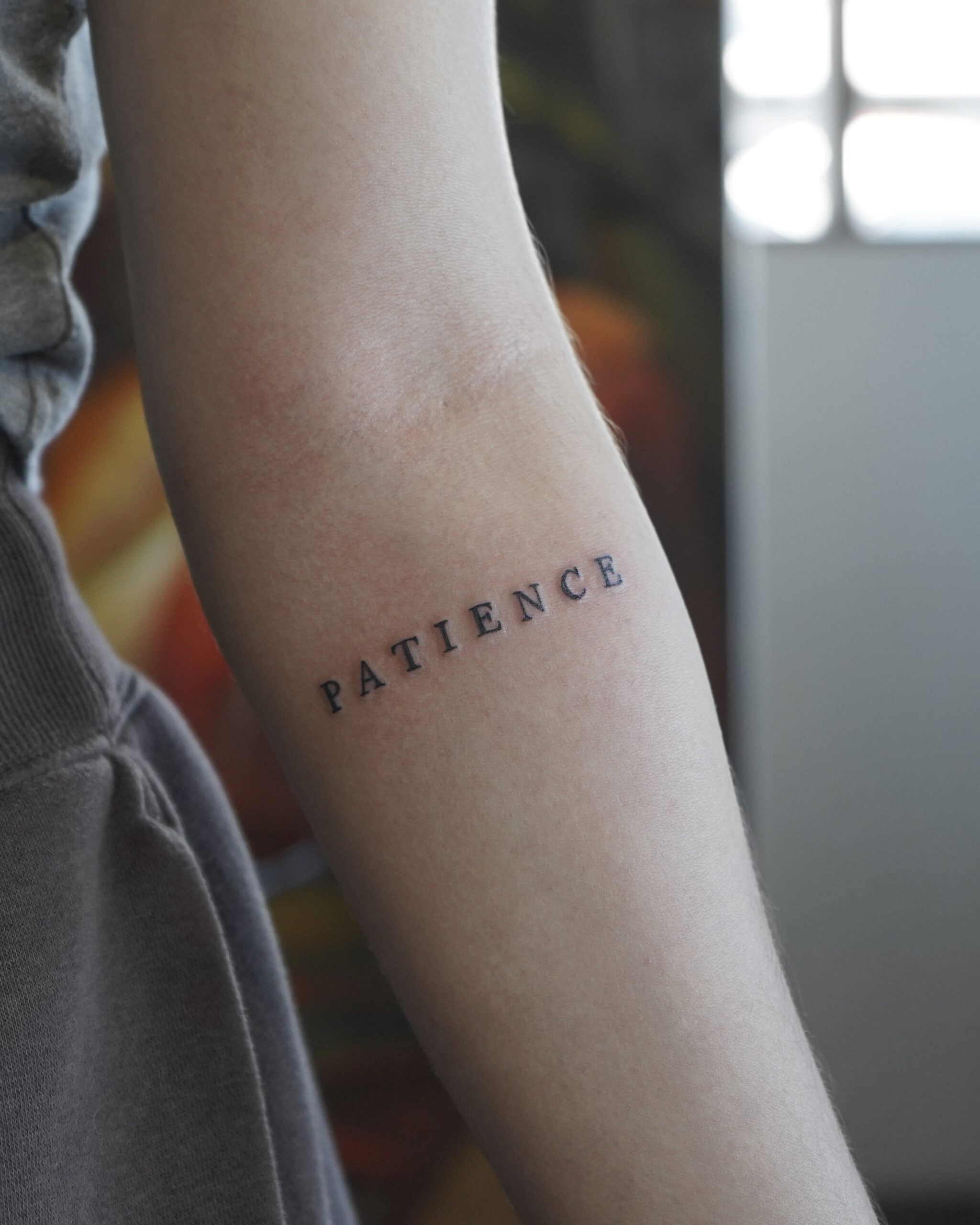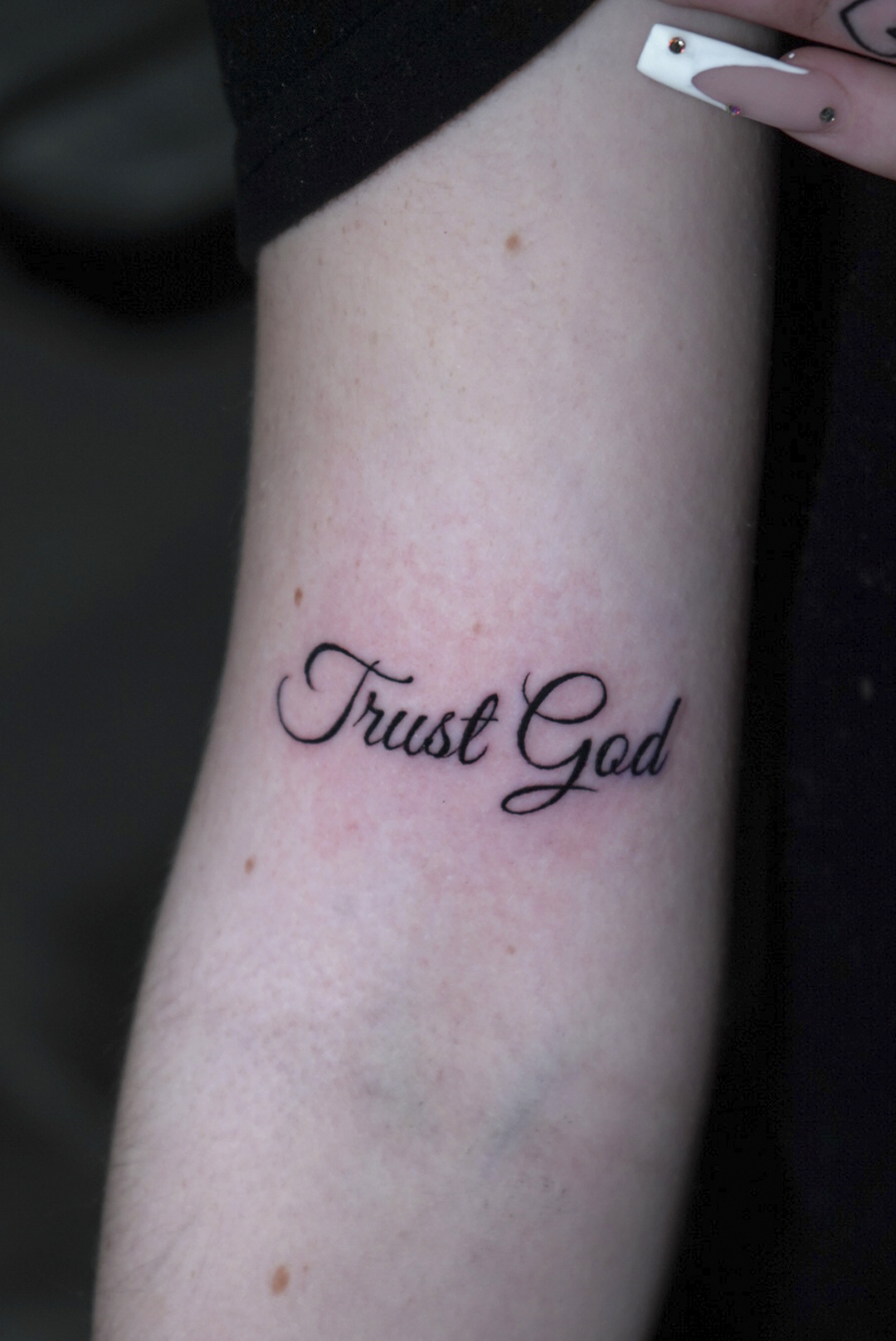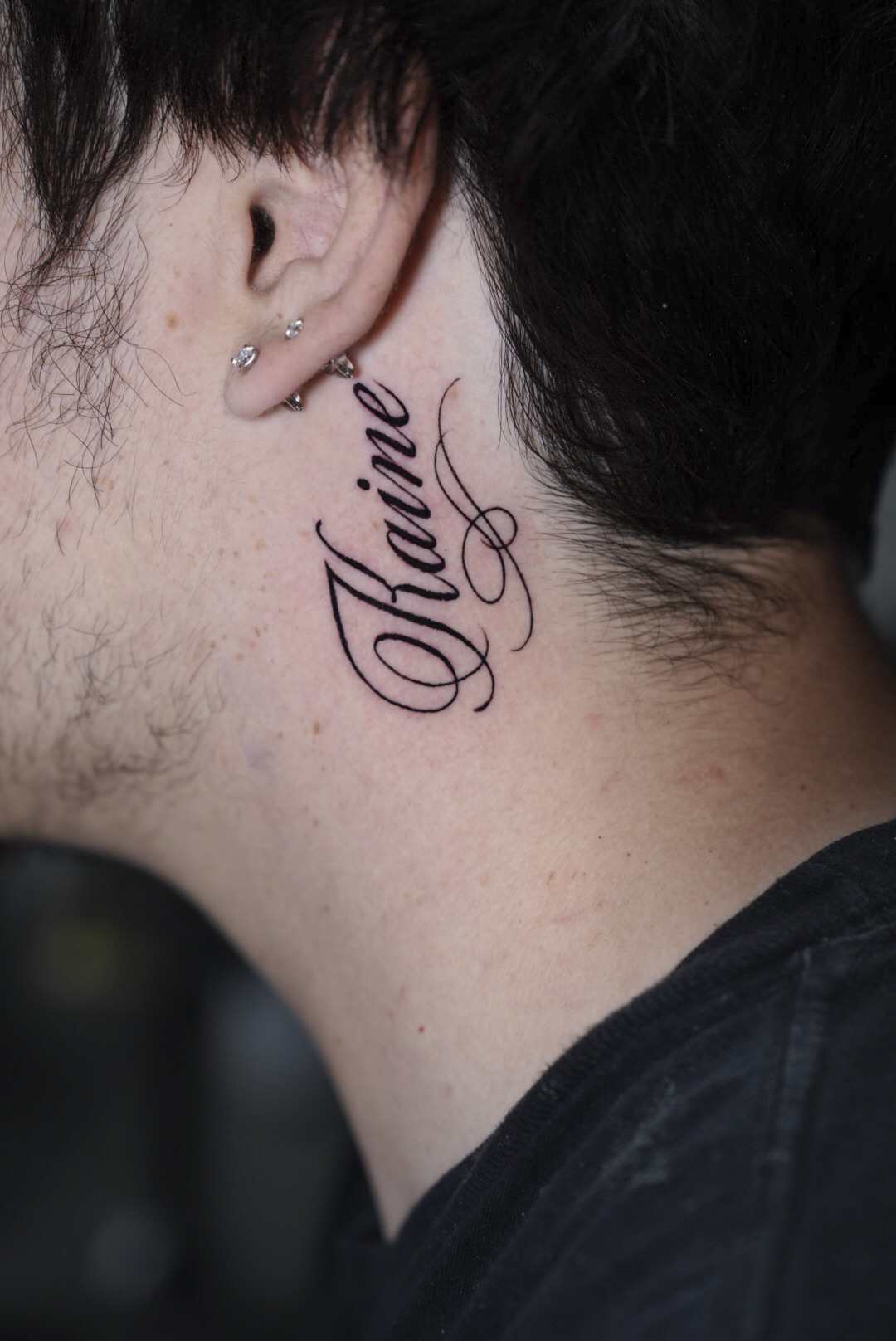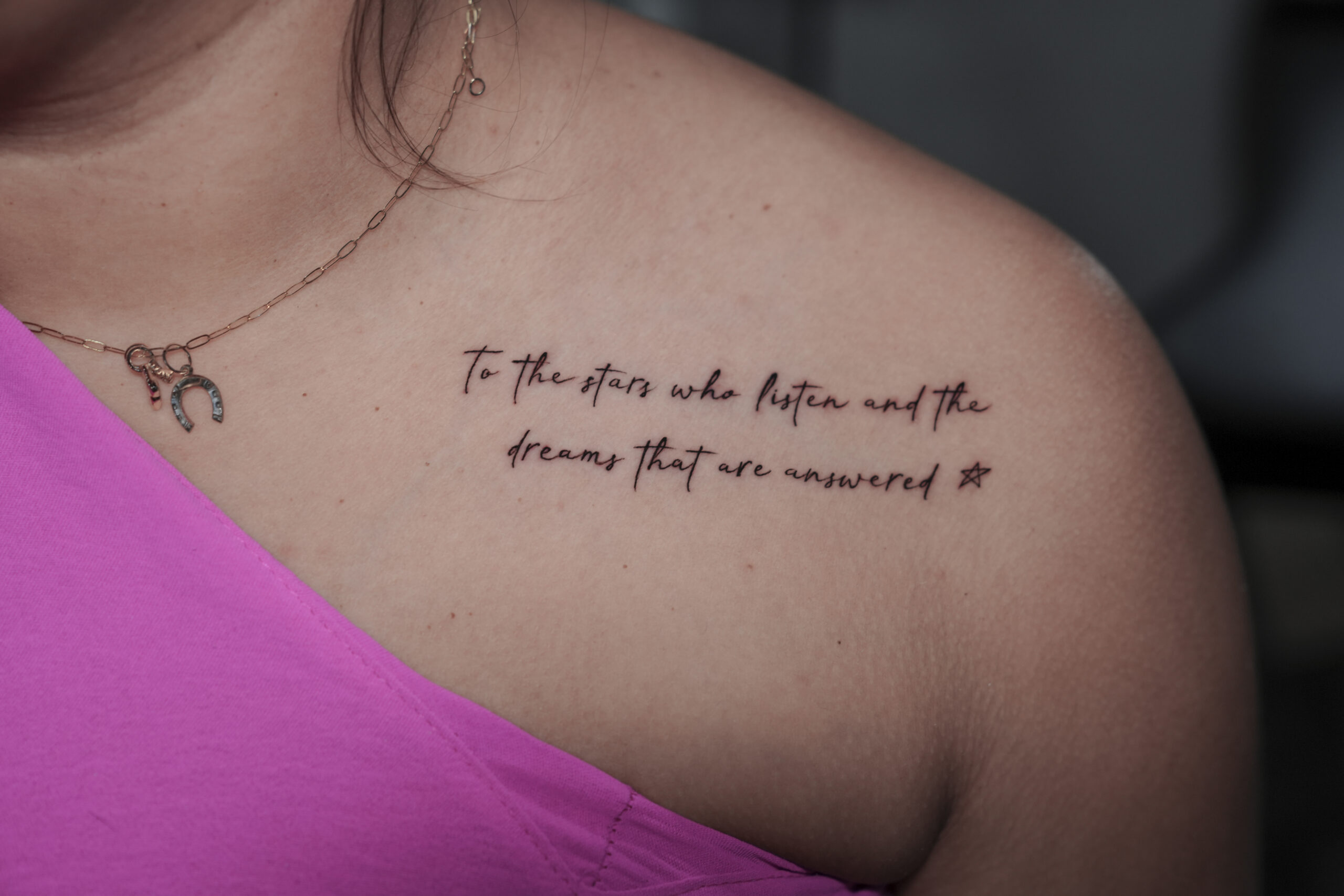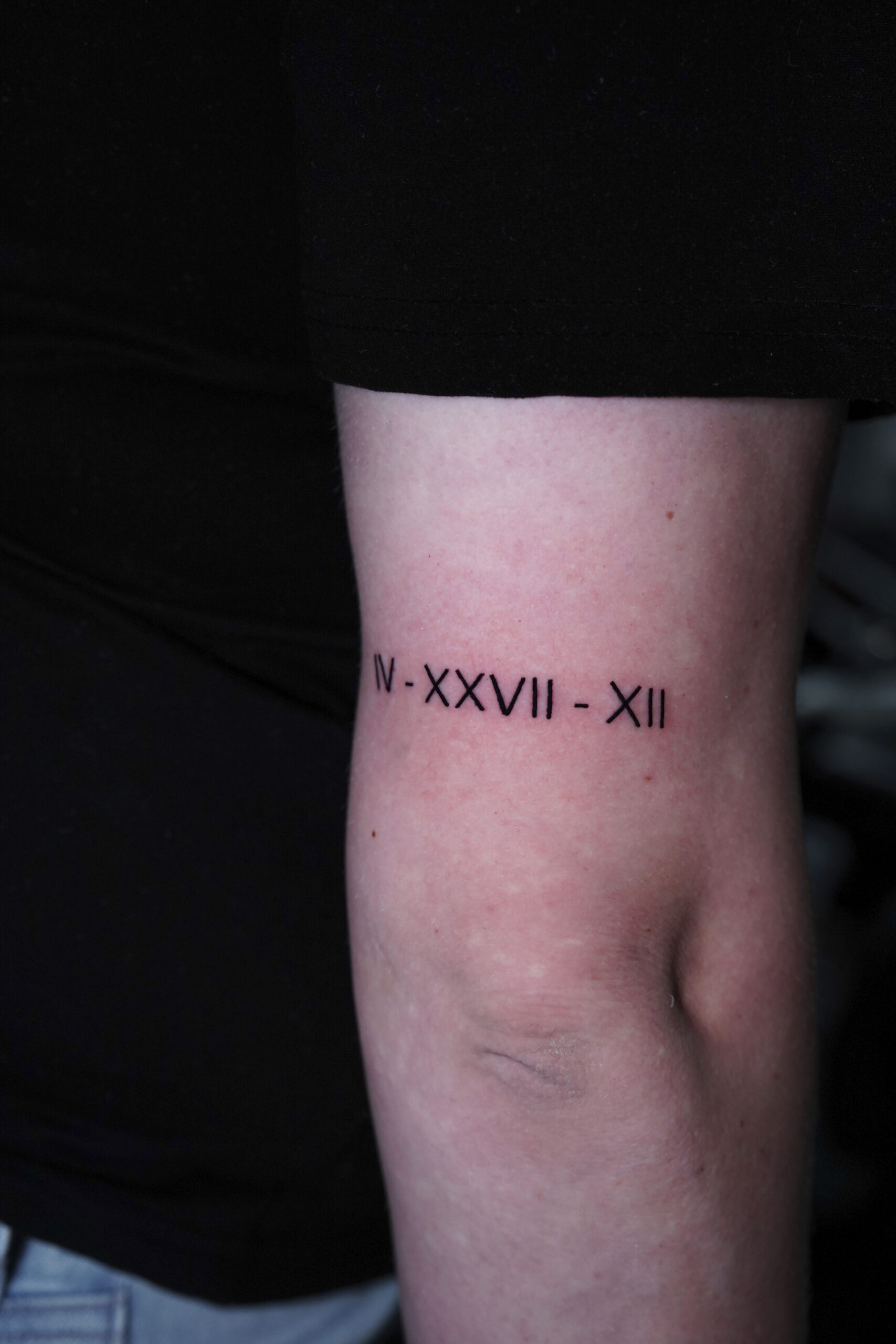Getting a tattoo marks a significant personal decision that directly impacts your body, and proper preparation goes beyond just choosing the right design. What you eat before your tattoo session plays a crucial role in how your body handles the experience. Eating the right foods before your session stabilizes blood sugar, boosts energy, and supports skin health, reducing discomfort and complications. A balanced pre-tattoo meal improves your body’s ability to handle the tattoo process and speeds up recovery. So, what should you eat? Focus on nutrient-rich foods like carbs for energy, lean proteins for skin repair, and hydrating fruits and vegetables. These foods fuel your body, prevent dizziness, and enhance your tattoo experience. Want to know the best options and what to avoid? This guide covers pre-tattoo meals, tips, and FAQs to help prepare your skin and body for success.

1. Why Your Pre-Tattoo Meal Matters
Eating a filling and well-balanced meal before your tattoo appointment is crucial as it significantly reduces the risk of feeling lightheaded or fainting during the tattooing process. A proper meal helps to stabilize your blood sugar levels, boosting your energy and stamina, ensuring your body is prepared to handle the physical demands of the tattooing process, whether it lasts one hour or several.
Tattooing creates thousands of micro-injuries in your skin as the needle deposits ink into the dermis layer. During this process, your body responds with inflammation, blood vessel constriction, and various healing mechanisms. What you eat directly influences these responses.
Ideally, you should eat within three hours before your appointment, focusing on foods rich in protein and carbohydrates, as these are the primary energy sources your body burns when experiencing pain. For longer sessions, consider bringing healthy snacks to maintain your energy, though be mindful that an overly full stomach might cause discomfort if you’re nervous.
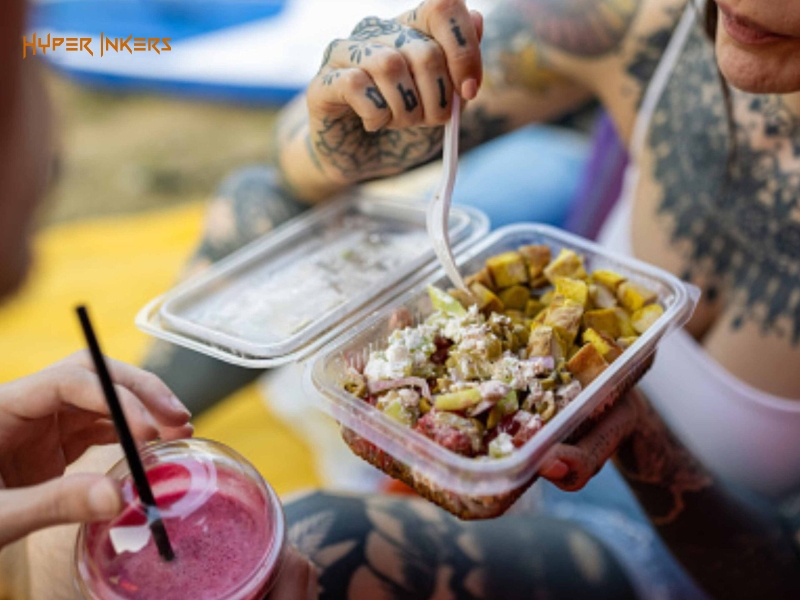
2. What to Eat before your First Tattoo?
Before your first tattoo, the ideal meal should be balanced and eaten 1-2 hours. Focus on complex carbohydrates paired with lean proteins and healthy fats to maintain steady energy levels throughout your session.
Avoid walking into your appointment with an empty stomach, as this can lead to low blood sugar, dizziness, and increased sensitivity to pain. Similarly, overeating right before your session may cause discomfort as blood diverts to your digestive system instead of supporting the tattooing process.
Here’s what you should focus on eating before getting inked:
2.1 Carbs
Complex carbohydrates provide sustained energy that keeps your blood sugar levels stable throughout your tattoo session. Unlike simple sugars that cause energy spikes and crashes, complex carbs release glucose gradually, helping you remain comfortable during longer sessions.
Foods rich in complex carbohydrates include whole grain bread, brown rice, quinoa, oatmeal, and sweet potatoes. These foods contain fiber that slows digestion and prevents the jittery feeling or sudden hunger that can make tattoo sessions uncomfortable. Pairing carbs with fiber-rich foods also supports digestion, ensuring you feel light yet fueled.
For those getting larger pieces that require extended sessions, consider bringing small, carb-based snacks like granola bars or fruit for quick energy boosts during breaks.
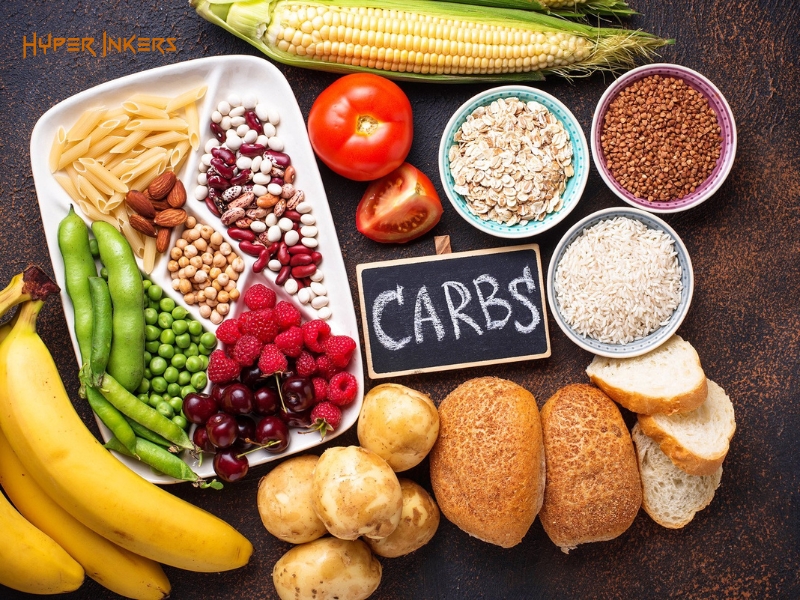
2.2 Lean Protein
Lean protein sources provide the amino acids essential for skin repair and healing. These building blocks help your body recover from the micro-trauma created during tattooing and strengthen your immune response.
Chicken breast, turkey, tofu, Greek yogurt, eggs, and fish like salmon or tuna make excellent choices before your tattoo appointment. These proteins contain minimal fat, which helps prevent the digestive discomfort that fatty proteins might cause during your session.
Protein also helps stabilize blood sugar when consumed alongside carbohydrates, creating a balanced meal that supports your body throughout the tattooing process. This combination reduces the likelihood of feeling faint or nauseous while under the needle.
The collagen and amino acids in protein-rich foods support your skin’s elasticity and structure, potentially improving how the tattoo settles into your skin.
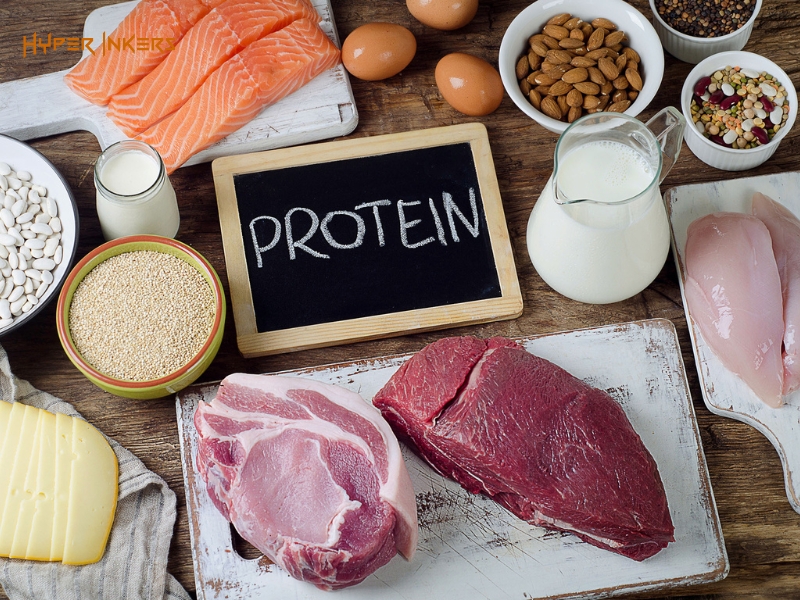
2.3 Vegetables
Vegetables provide essential vitamins, minerals, and antioxidants that support your immune system during the tattooing process. These nutrients help reduce inflammation and oxidative stress caused by the needle’s trauma to your skin.
Dark leafy greens like spinach and kale contain vitamin K, which assists with blood clotting and can reduce excessive bleeding during your tattoo session. Bell peppers, broccoli, and other vitamin C-rich vegetables boost collagen production, which supports skin healing after your session.
Anti-inflammatory vegetables like tomatoes, beets, and dark leafy greens help minimize swelling and discomfort during and after your tattoo session. The fiber in vegetables also helps maintain steady energy levels when consumed with carbohydrates and proteins.
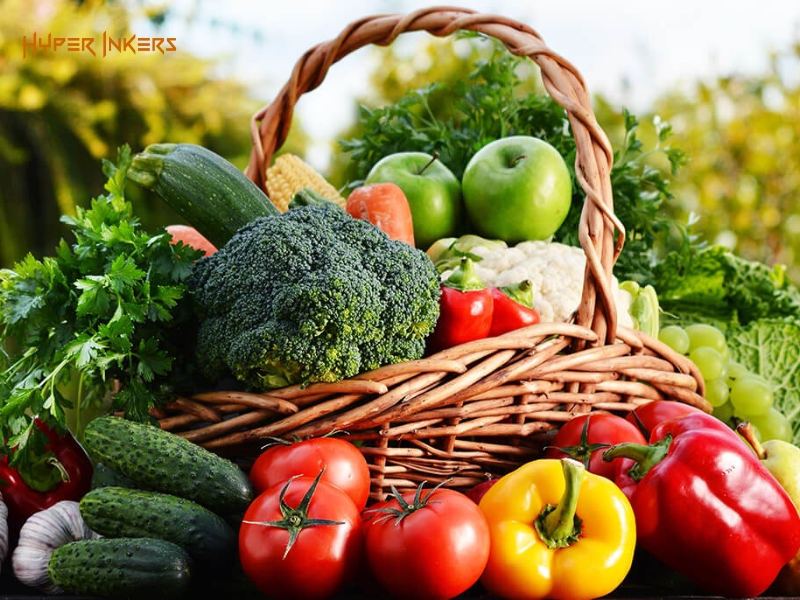
2.4 Fruits
Fruits provide natural sugars, vitamins, antioxidants, and hydration that benefit your body during tattoo sessions. The glucose from fruit offers quick energy without the crash associated with processed sugars.
Berries (blueberries, strawberries, raspberries) contain powerful antioxidants that help combat the oxidative stress caused by tattooing. These compounds protect your cells from damage and support your immune system during recovery.
Bananas and oranges provide potassium and vitamin C, respectively. Potassium helps regulate fluid balance and muscle function, while vitamin C supports collagen formation essential for skin healing.
The natural water content in fruits like watermelon, apples, and oranges contributes to your hydration status, which is crucial for maintaining good blood flow during your tattoo session. Proper hydration keeps your skin plump and responsive to the tattoo needle, potentially improving the quality of your finished piece.
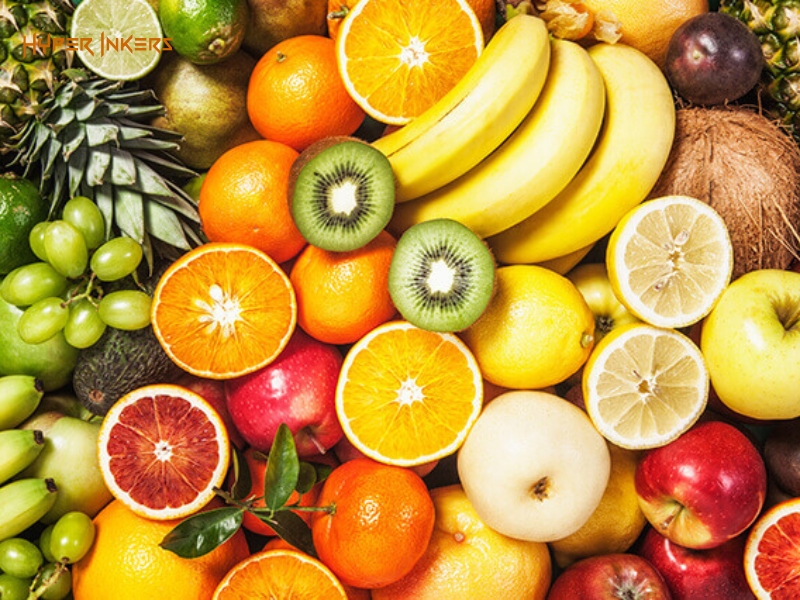
2.5 Vitamin C
Vitamin C plays a fundamental role in collagen synthesis, which is essential for skin repair following tattoo trauma. This powerful antioxidant helps strengthen the skin’s structure and accelerates healing of the micro-wounds created during tattooing.
Foods rich in vitamin C include citrus fruits (oranges, lemons, grapefruits), strawberries, kiwi, bell peppers, broccoli, and papaya. Consuming these foods before your tattoo session primes your body with the nutrients needed for optimal recovery.
Vitamin C also enhances iron absorption, which helps prevent anemia and maintains healthy blood flow during your tattoo session. This improved circulation delivers oxygen and nutrients to the tattooed area while removing waste products more efficiently.
The antioxidant properties of vitamin C help neutralize free radicals produced during the tattooing process, reducing overall inflammation and potential cellular damage.
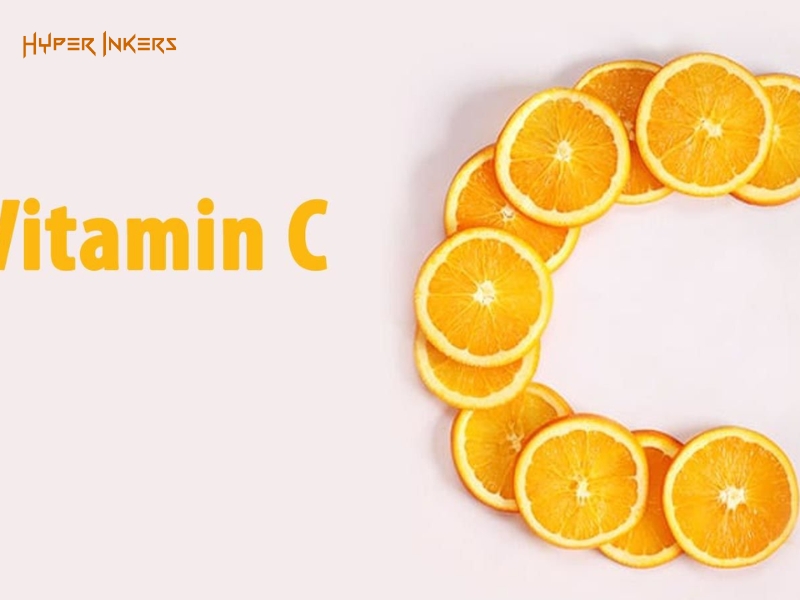
2.6 Zinc
Zinc stands as a critical mineral for wound healing and immune function—both essential processes during and after getting a tattoo. This trace element activates proteins necessary for cell membrane repair and tissue regeneration.
Foods high in zinc include oysters, beef, pumpkin seeds, chickpeas, cashews, and fortified cereals. Consuming these foods before your tattoo appointment provides your body with the zinc reserves needed to support efficient healing.
Zinc’s anti-inflammatory properties help reduce swelling around the tattooed area, potentially decreasing discomfort during the session. This mineral also supports protein synthesis, which is crucial for rebuilding damaged skin tissue.
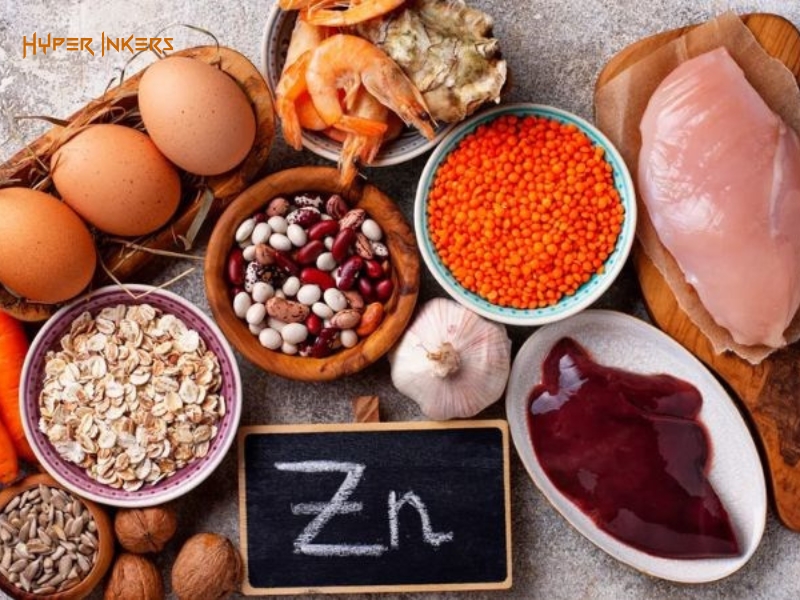
2.7 Water
Proper hydration stands as perhaps the most critical nutritional factor before getting tattooed. Water maintains skin elasticity, improves blood flow, and supports all metabolic processes involved in tattoo healing.
Begin increasing your water intake 24-48 hours before your appointment. Aim for at least 8-10 glasses of water daily leading up to your session. Well-hydrated skin accepts ink more readily and may result in crisper, more vibrant tattoos.
During tattooing, dehydration can cause your skin to become tight and less receptive to ink, potentially affecting the quality of your tattoo. Hydrated skin remains more supple and easier for your artist to work with, reducing session time and discomfort.
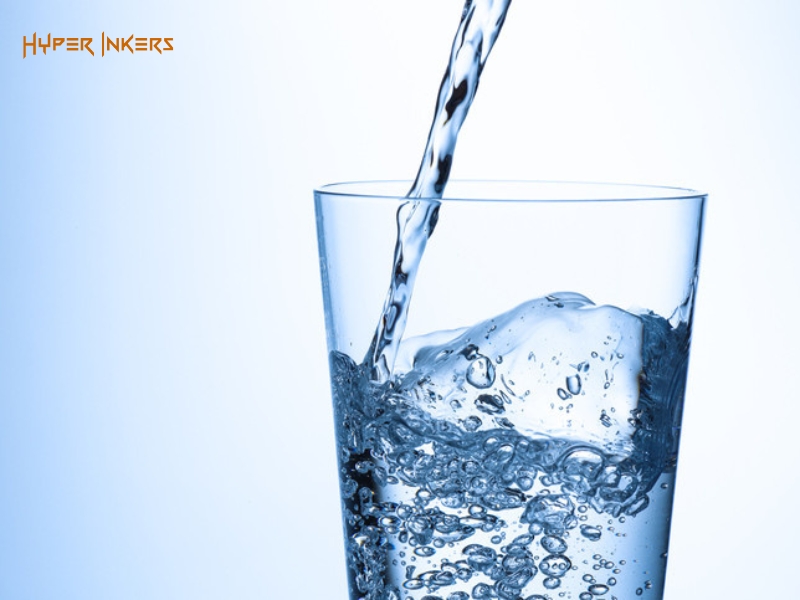
3. What not to Eat before a Tattoo?
Certain foods can negatively impact your tattoo experience by increasing bleeding, heightening pain sensitivity, or compromising your immune response. While occasional indulgence won’t ruin your tattoo, minimizing these foods in the 24-48 hours before your appointment significantly improves your experience.
Here’s what you should not focus on eating before getting inked:
3.1 Alcohol
Alcohol acts as a blood thinner, which can significantly increase bleeding during your tattoo session. This excessive bleeding not only makes the tattooing process more difficult for your artist but can also affect ink absorption and the overall quality of your tattoo.
Consuming alcohol before your appointment compromises your body’s healing capabilities by reducing blood clotting efficiency. This means the tiny wounds created during tattooing remain open longer, increasing your risk of infection and prolonging the healing process.
Alcohol also dehydrates your body, making your skin less elastic and more difficult to work with. Dehydrated skin doesn’t accept ink as readily, potentially requiring more passes with the needle and causing unnecessary additional trauma to your skin.
Those who arrive visibly intoxicated may be turned away, as many reputable studios have policies against tattooing clients under the influence due to both safety concerns and quality considerations.
3.2 Caffeine
Caffeine stimulates your nervous system and can heighten pain sensitivity during your tattoo session. This stimulation increases heart rate and blood pressure, which may lead to increased bleeding and a more uncomfortable experience overall.
Coffee, energy drinks, and other caffeinated beverages act as diuretics, causing your body to expel water more rapidly. This diuretic effect can lead to dehydration, which makes your skin less receptive to ink and more prone to damage during tattooing.
The anxiety-inducing properties of caffeine can amplify nervousness, especially for first-time clients already feeling apprehensive about their tattoo experience. This increased anxiety may cause involuntary movements or muscle tension that makes the tattooing process more challenging.
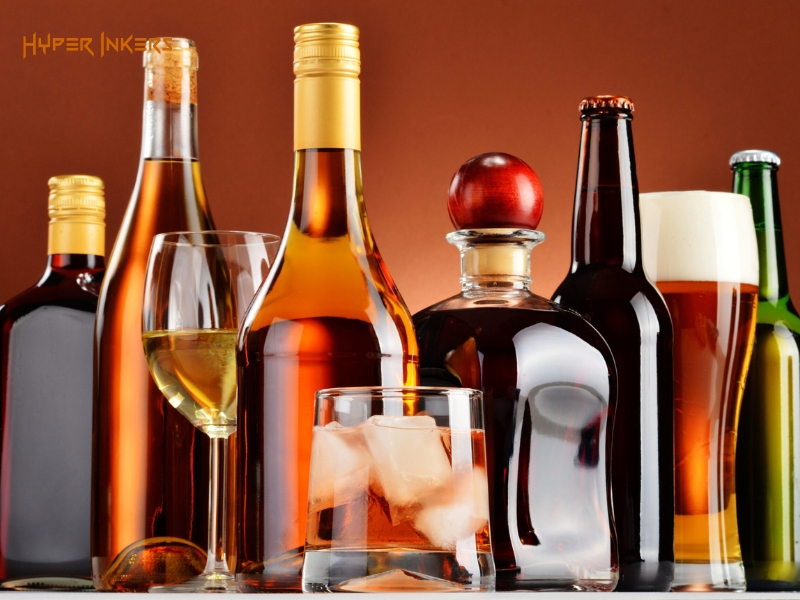
3.3 Sugary Snacks
High-sugar foods cause rapid spikes in blood glucose followed by equally dramatic crashes. This blood sugar roller coaster can lead to fatigue, irritability, and increased pain sensitivity during your tattoo session, especially if it lasts several hours.
Sugar consumption triggers inflammatory responses in your body, potentially increasing swelling and redness at the tattoo site. This inflammation can interfere with the tattooing process and extend your recovery time after the session.
Candy, pastries, sodas, and other sugary treats provide quick energy without nutritional substance. This empty caloric intake fails to support your body’s needs during the physically demanding process of getting tattooed.
Instead of reaching for sugary snacks before your appointment, choose complex carbohydrates paired with protein for sustained energy. If you crave sweetness, opt for natural sugars from fruits, which come packaged with fiber, vitamins, and hydration benefits.
3.4 Spicy Foods
Spicy meals before your tattoo appointment can increase blood flow to your skin, potentially causing excessive bleeding during tattooing. This increased bleeding may dilute the ink and result in less vibrant, less defined tattoo work.
Hot peppers and spicy seasonings can trigger digestive discomfort, including acid reflux or stomach upset. These uncomfortable symptoms may make it difficult to remain still during your session, potentially affecting the quality of the linework or shading.
Certain spicy foods also cause inflammatory responses or mild allergic reactions in some individuals. This inflammation can make your skin more sensitive to the tattooing process, increasing discomfort and potentially prolonging healing time.
The tattoo process already creates a controlled inflammatory response in your skin. Adding the inflammatory effects of spicy foods compounds this response unnecessarily, potentially increasing redness, swelling, and healing time after your session.
3.5 Greasy Foods
Fatty, greasy foods like fast food, fried items, and heavily processed snacks can cause gastrointestinal distress during your tattoo session. Stomach discomfort makes it challenging to remain still and relaxed while under the needle.
High-fat meals require more time and energy to digest, diverting blood flow to your digestive system rather than supporting the tattooing process. This redirection of resources may leave you feeling sluggish or light-headed during your appointment.
Greasy foods often trigger inflammatory responses in the body, potentially increasing sensitivity in the area being tattooed. This inflammation can make the session more uncomfortable and may interfere with how your skin accepts ink.
Excessive consumption of greasy foods before tattooing can also negatively impact your immune system, which plays a crucial role in the healing process. A temporarily compromised immune response may lead to prolonged healing times and increased risk of complications.
3.6 Salty Foods
Highly salted foods cause water retention in your body, which can make your skin puffy and more difficult to tattoo precisely. This retained water creates a barrier between the needle and deeper skin layers where the ink needs to be deposited.
Excessive sodium intake often leads to dehydration as your body tries to dilute the salt content in your bloodstream. This dehydrated state makes your skin less elastic and less receptive to ink, potentially requiring more passes with the needle.
Consuming too much salt before your tattoo appointment can elevate your blood pressure, increasing bleeding during the session. This excessive bleeding not only makes the tattooing process more challenging but may also affect how the ink settles in your skin.
Common high-sodium foods to avoid include processed meats, canned soups, fast food, chips,…
Understanding what not to do before a tattoo extends beyond just dietary considerations and includes various lifestyle factors that can affect your session.
4. What To Eat During A Tattoo Session
For sessions lasting longer than 3-4 hours, bringing some light snacks becomes essential to maintain your energy and blood sugar levels. Long tattoo sessions deplete your body’s resources, and proper nutrition during breaks helps you remain comfortable throughout the process.
Always ask your tattoo artist for permission before consuming food in the studio. Most professional artists understand the need for nutrition during extended sessions, but studios have different policies regarding food consumption due to hygiene considerations.
When taking food breaks during your session, wash your hands thoroughly before returning to the tattoo chair. This prevents food particles or bacteria from contaminating the freshly tattooed area, which is essentially an open wound vulnerable to infection.
For maximum tattoo session comfort, bring:
- Small, portable fruits like bananas, apples, or berries that provide quick energy without mess
- Granola or protein bars that offer balanced nutrition in a convenient package
- Nuts or trail mix containing a blend of protein, healthy fats, and carbohydrates
- Chocolate for quick energy and mood-boosting effects (dark chocolate offers antioxidant benefits)
- Electrolyte drinks that restore minerals lost through stress-induced sweating
- Sandwiches with lean protein and whole grain bread for longer sessions
- Yogurt cups that provide protein and probiotics in an easy-to-consume form
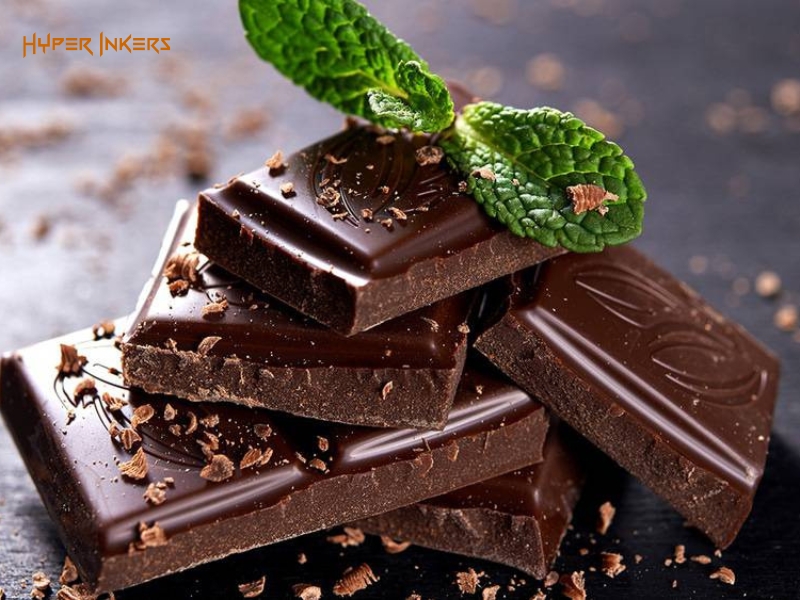
5. FAQs
5.1 How many hours before a tattoo should you eat?
Ideally, consume a balanced meal containing protein, complex carbohydrates, and healthy fats 1-2 hours before your tattoo appointment. This timing allows for proper digestion while ensuring your blood sugar remains stable throughout your session. For early morning appointments, eat at least a light meal 30-45 minutes before arrival, even if you don’t typically have breakfast. Never arrive for a tattoo session on an empty stomach, as this significantly increases your risk of feeling faint or nauseous during the procedure.
5.2 Are bananas good to eat before a tattoo?
Bananas make an excellent pre-tattoo food choice because they contain natural sugars for quick energy, potassium to regulate fluid balance, and fiber to stabilize blood sugar levels. This potassium-rich fruit helps prevent muscle cramps that might occur during longer sessions when maintaining the same position. Bananas are also easily digestible, making them ideal for nervous clients with sensitive stomachs before their appointment. Additionally, their convenient packaging makes bananas perfect for last-minute nutrition if you’re running late to your session.
5.3 What foods reduce tattoo pain?
Foods rich in magnesium and potassium like bananas, avocados, and dark leafy greens may help reduce tattoo pain by relaxing muscles and preventing cramping during your session. Anti-inflammatory foods such as fatty fish, berries, and turmeric can potentially decrease the body’s pain response during tattooing. Proper hydration significantly impacts pain perception, making water perhaps the most critical pain-reducing “food” before your appointment. While no food completely eliminates tattoo pain, a well-nourished body generally handles stress and discomfort more effectively.
5.4 Are eggs good to eat before a tattoo?
Eggs provide an excellent source of complete protein that supports tissue repair and immune function during the tattooing process. Their high vitamin B content helps maintain energy levels throughout your session, preventing fatigue that could make the experience more uncomfortable. The protein in eggs promotes stable blood sugar, reducing the likelihood of feeling lightheaded during your appointment.
5.5 What happens if you don’t eat before a tattoo?
Skipping meals before getting tattooed significantly increases your risk of fainting due to low blood sugar, especially during longer or more painful sessions. An empty stomach often leads to nausea, dizziness, and heightened pain sensitivity, making your tattoo experience unnecessarily uncomfortable. Your body requires energy reserves to handle the physical stress of tattooing, and without proper nutrition, your immune response may be compromised.
Learn more: Our full guide on what to do before your first tattoo to ensure a smooth and comfortable experience.
Proper nutrition before your tattoo appointment significantly impacts both your comfort during the session and the quality of your finished piece. By following these dietary guidelines, you’ll set yourself up for a positive tattoo experience with optimal healing results. Remember that preparation begins long before you sit in the tattoo chair—what you eat and drink in the 24-48 hours leading up to your appointment plays a crucial role in how your body responds to the tattooing process. Once your session is complete, proper tattoo aftercare becomes equally important to ensure your new artwork heals beautifully and maintains its vibrancy for years to come.
For more information about tattoo preparation or to schedule your next session with our experienced artists, contact Hyper Inkers – Best Tattoo parlor in San Antonio today.


